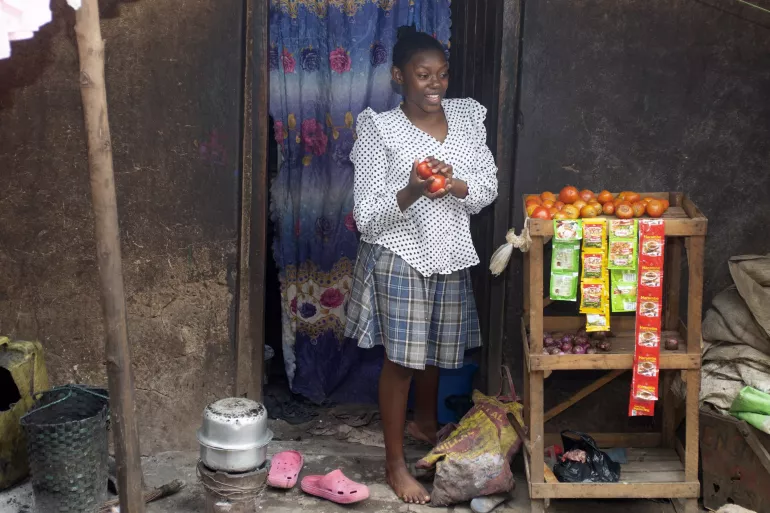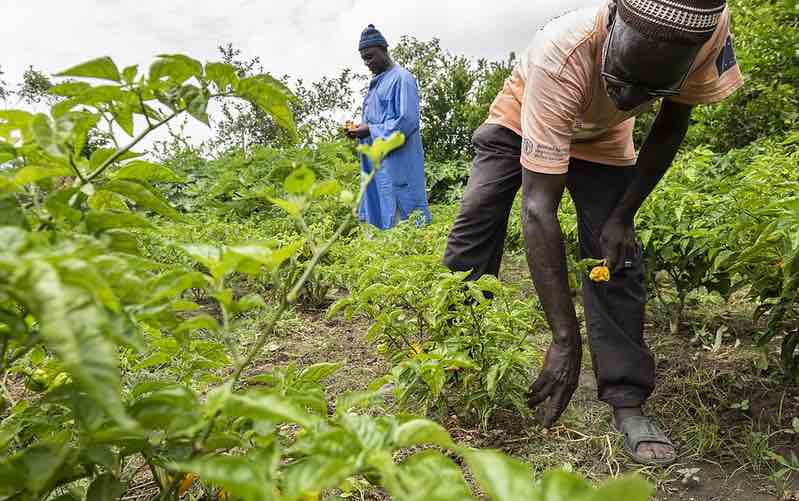Back
Related categories
Found 538 Results
-
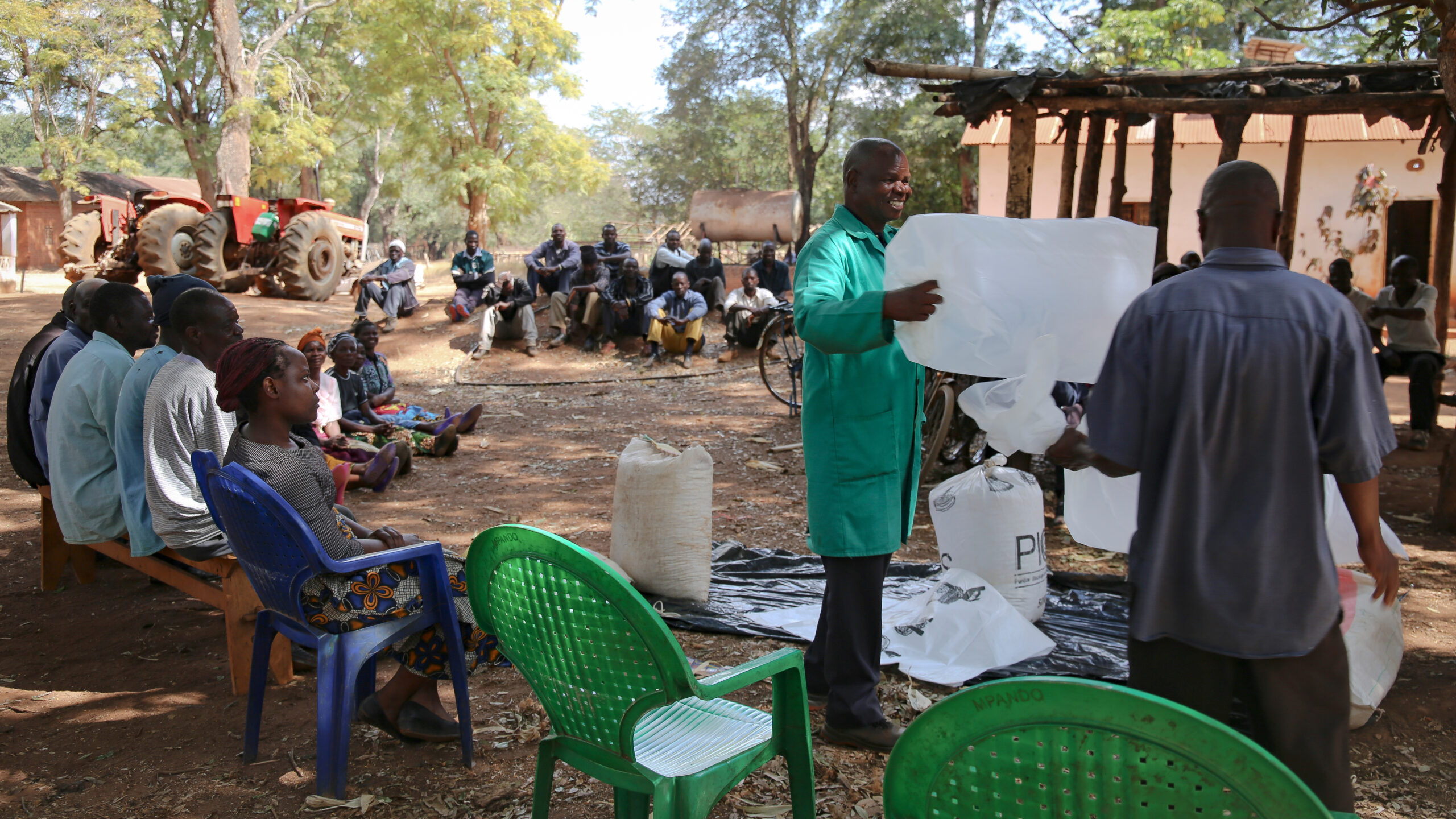
Reforming agricultural extension to build resilient and sustainable food systems: Insights from national and international consultations
Overcoming funding issues and outmoded practices.
-
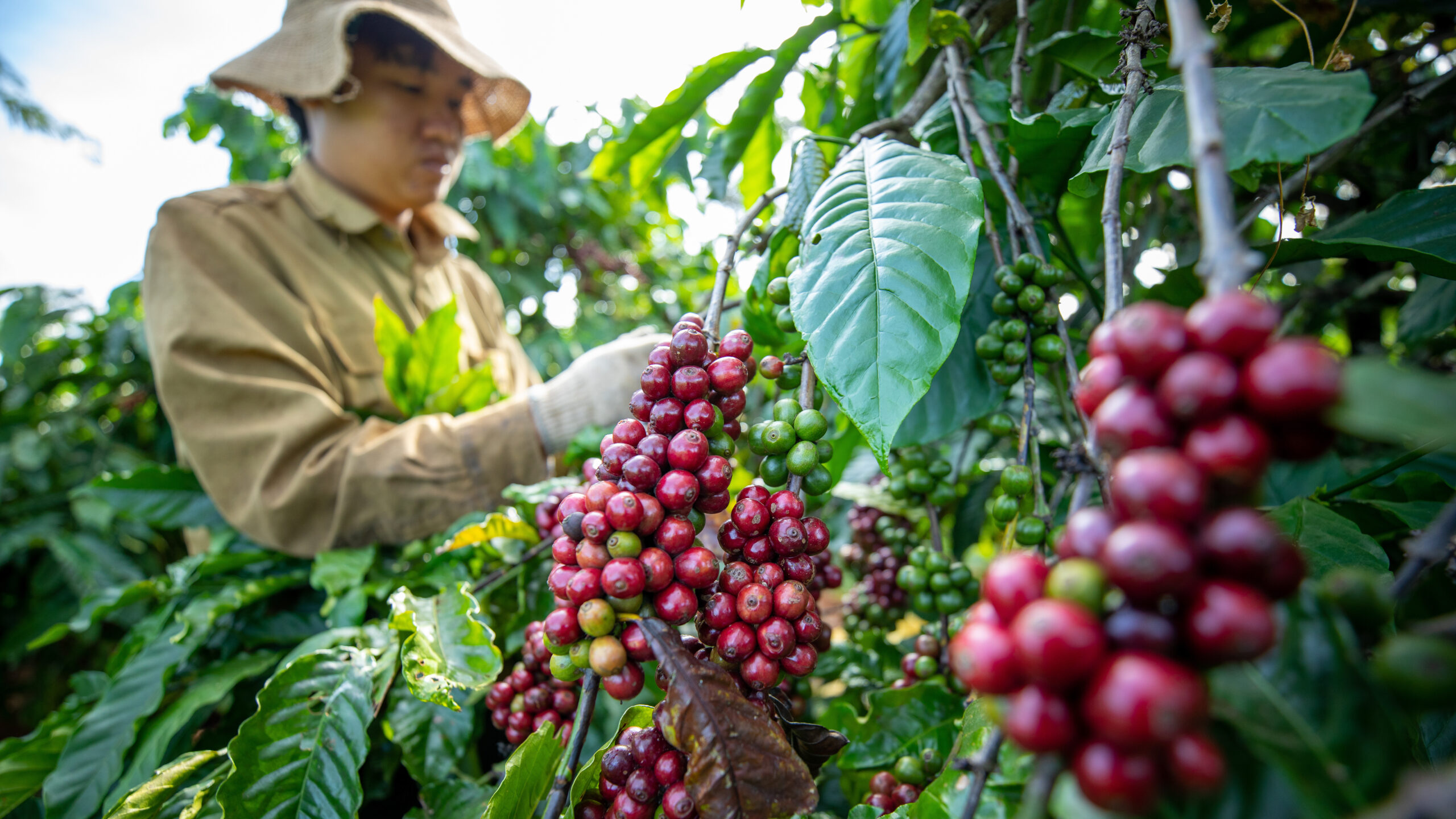
How ‘reciprocal tariffs’ harm agricultural trade
A model shows global disruptions.
-
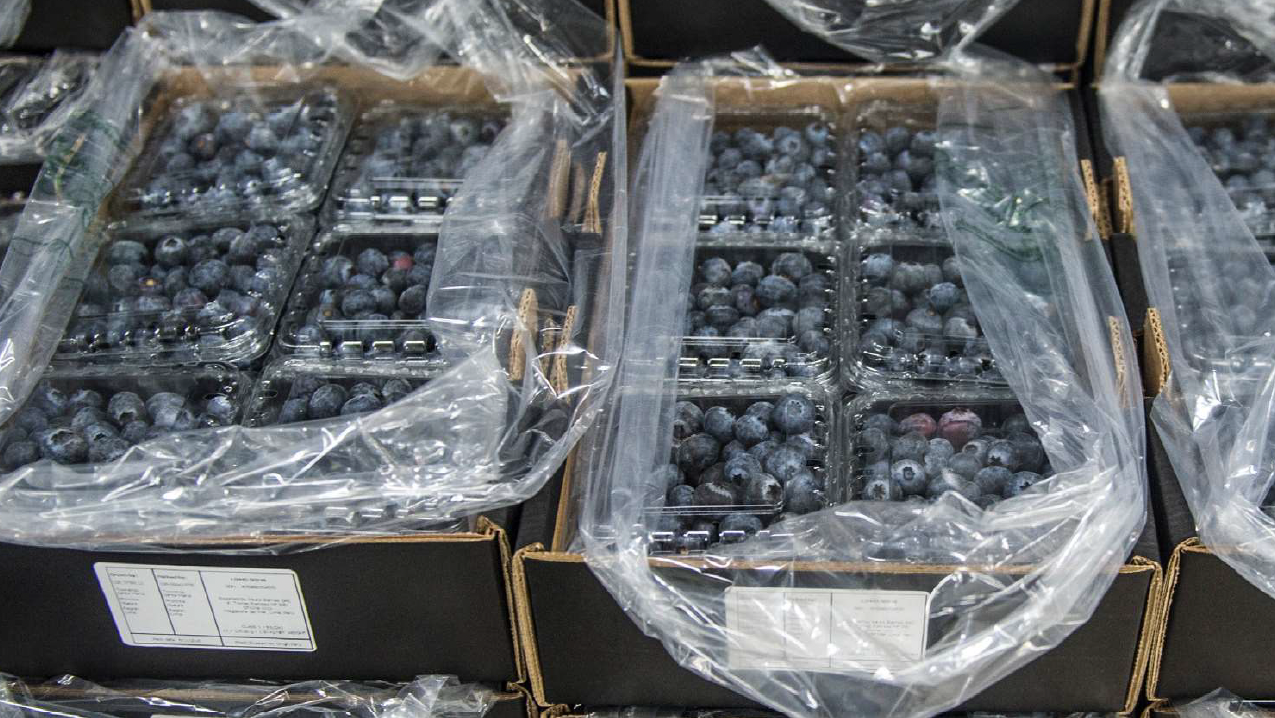
Peru’s rapid rise as the world’s leading blueberry exporter
A global trade success story.
-

High global phosphate prices pose potential food security risks
Pandemic and Ukraine crisis impacts linger.
-
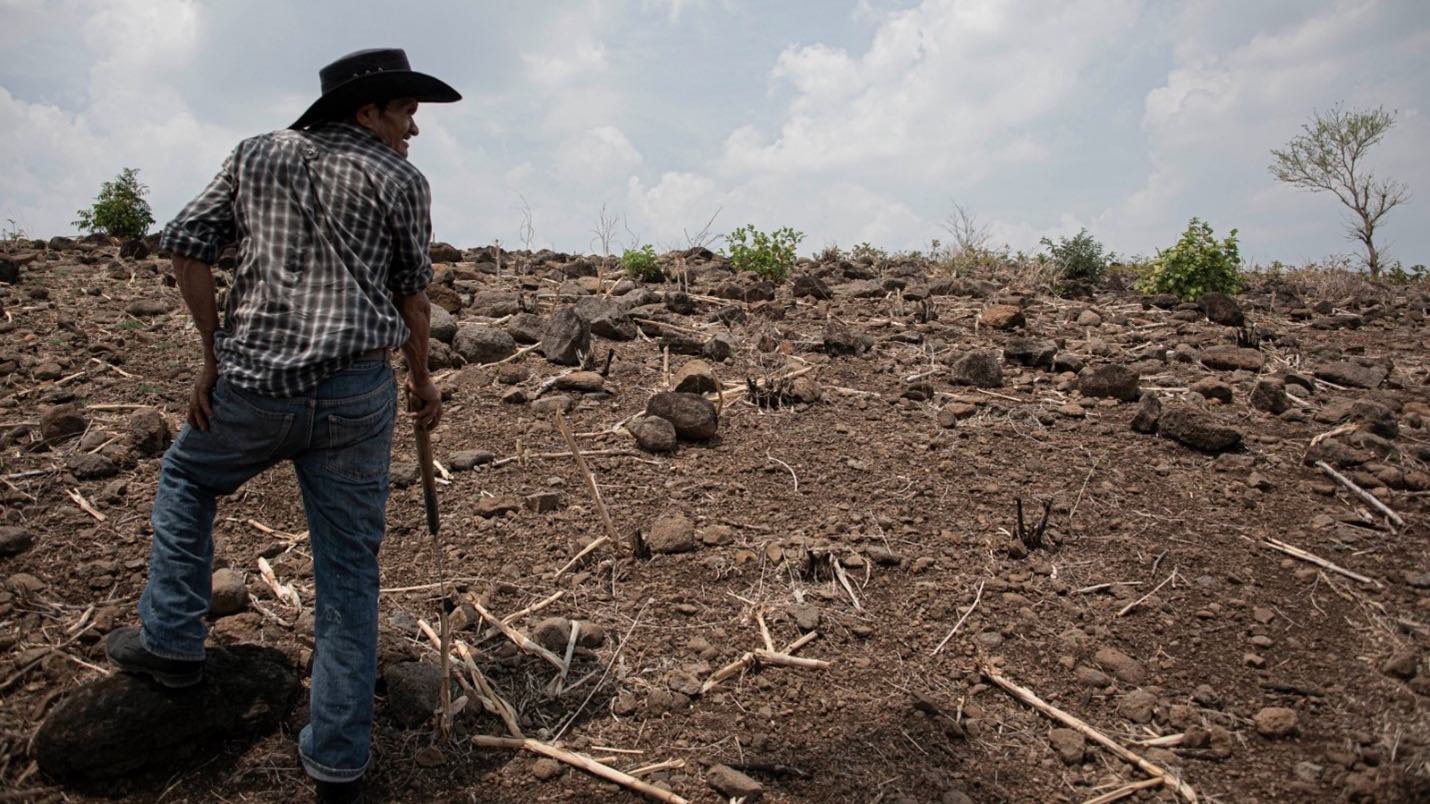
Can foreign aid curb migration to the U.S. by creating a better alternative?
Investing in incentives to stay put.
-
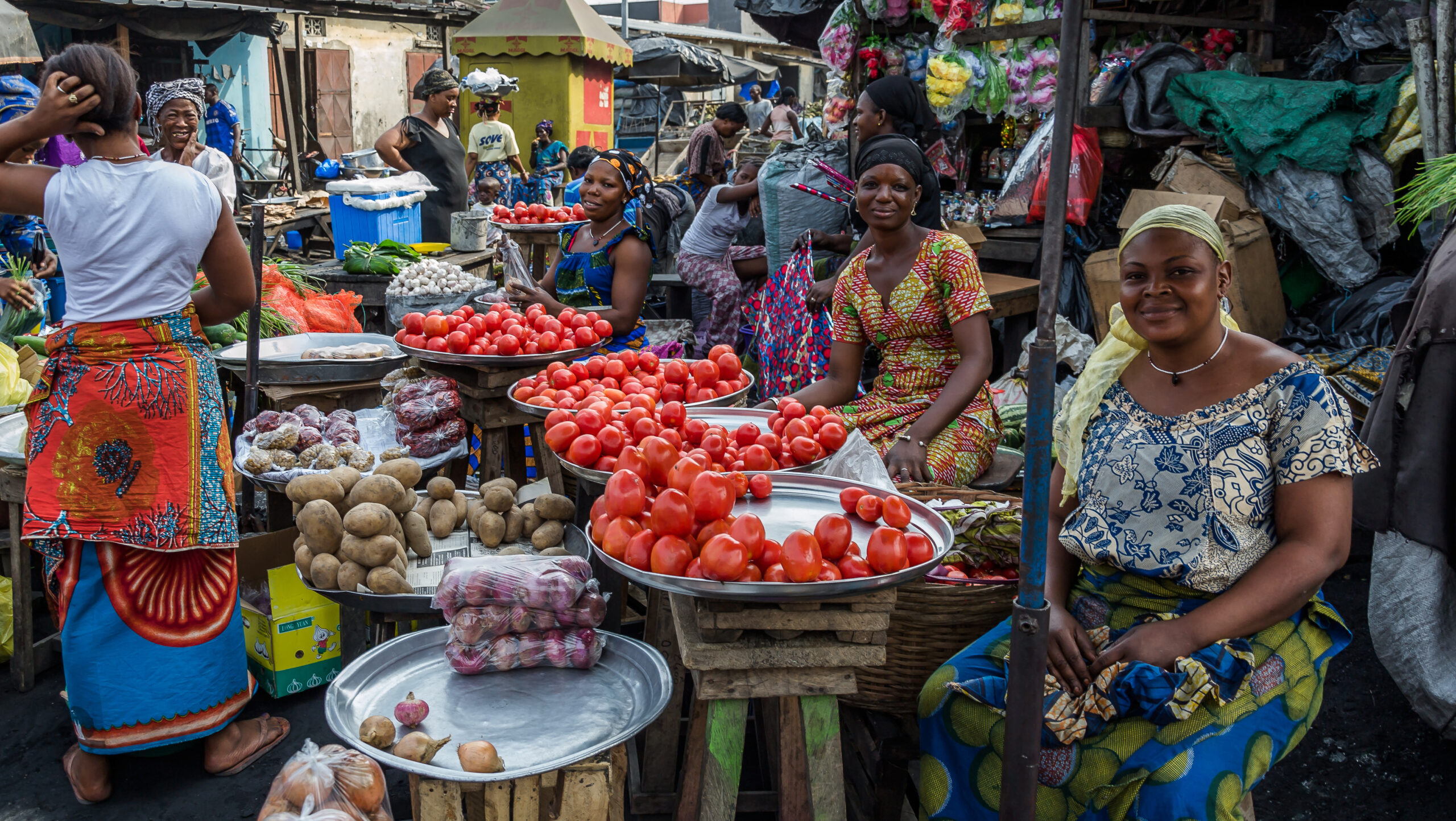
Transform Nutrition West Africa builds knowledge for decision-makers
Informing policies in four countries.
-

The ECOWAS breakup: Implications for West African food security and regional cooperation
Facing the “Sahelexit.”
-
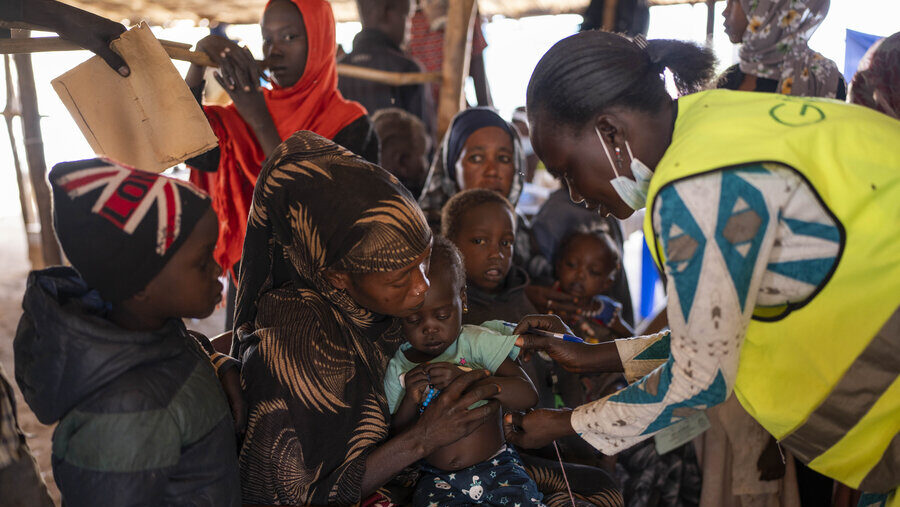
How conflict drives hunger: Six channels through the food system
A new research agenda.
-
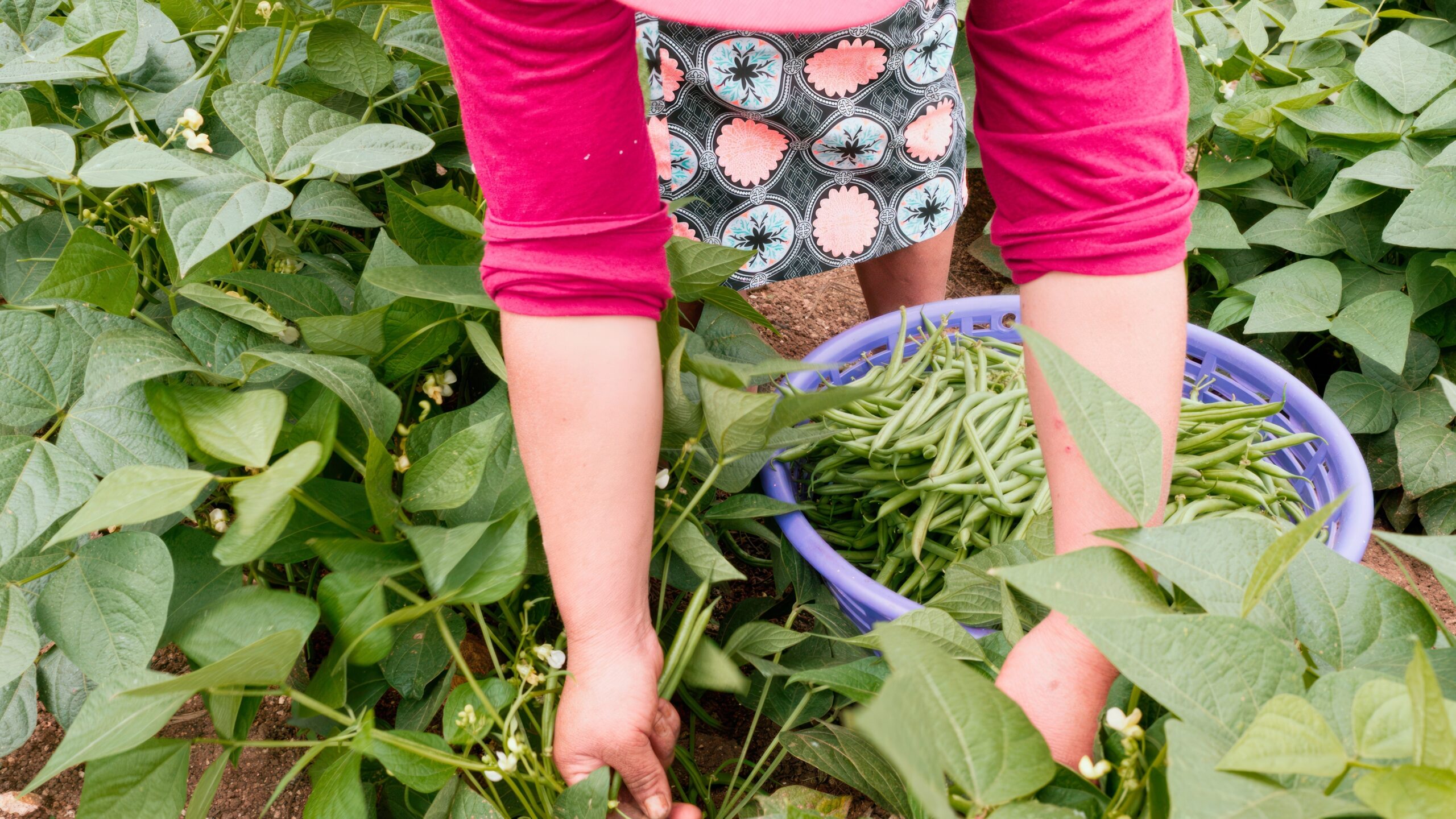
How U.S. tariffs might impact countries of Latin America and the Caribbean
The possible return of trade wars.
-
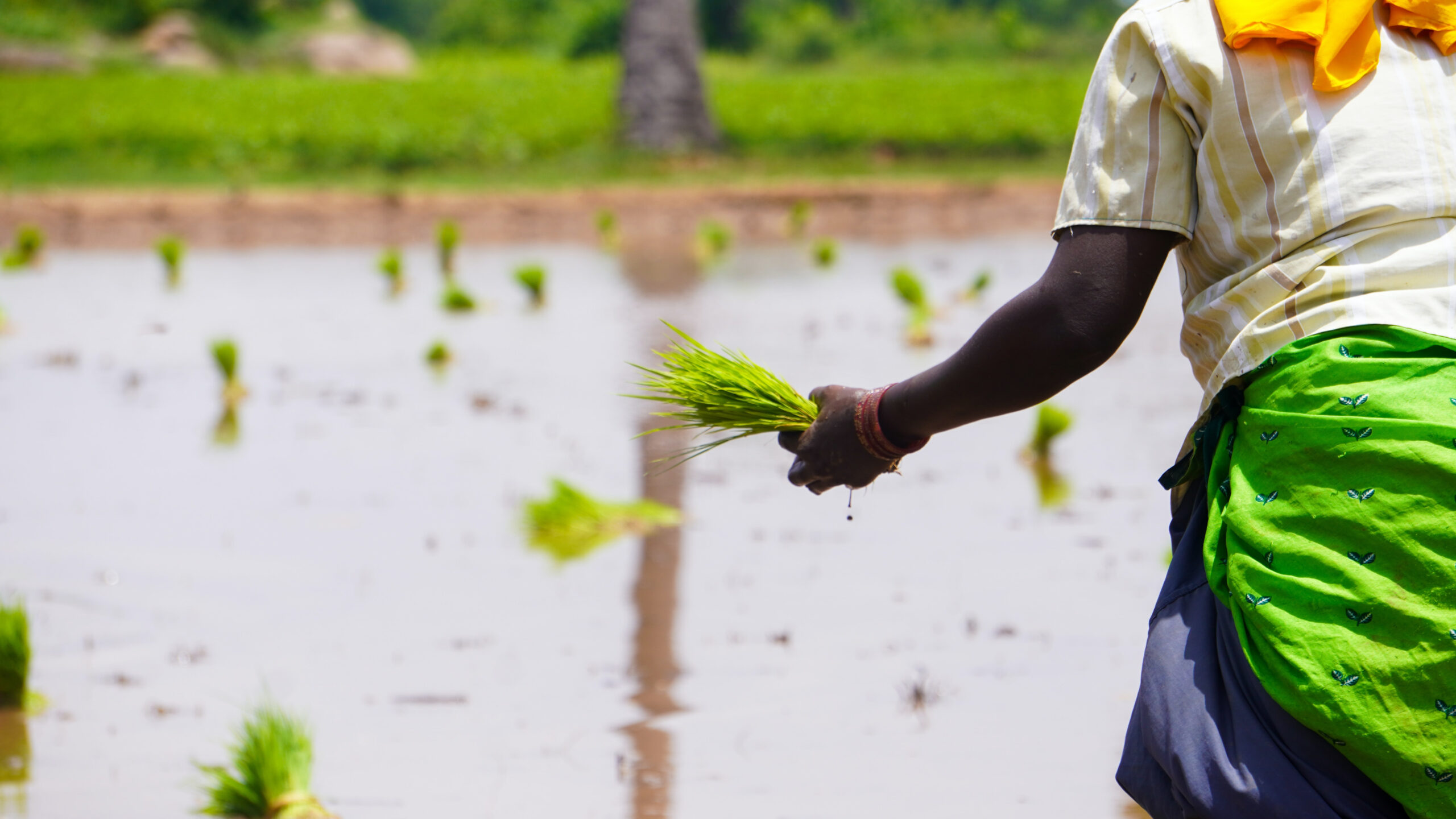
India lifts export restrictions on rice
Assessing impacts on global markets and African consumers.
-
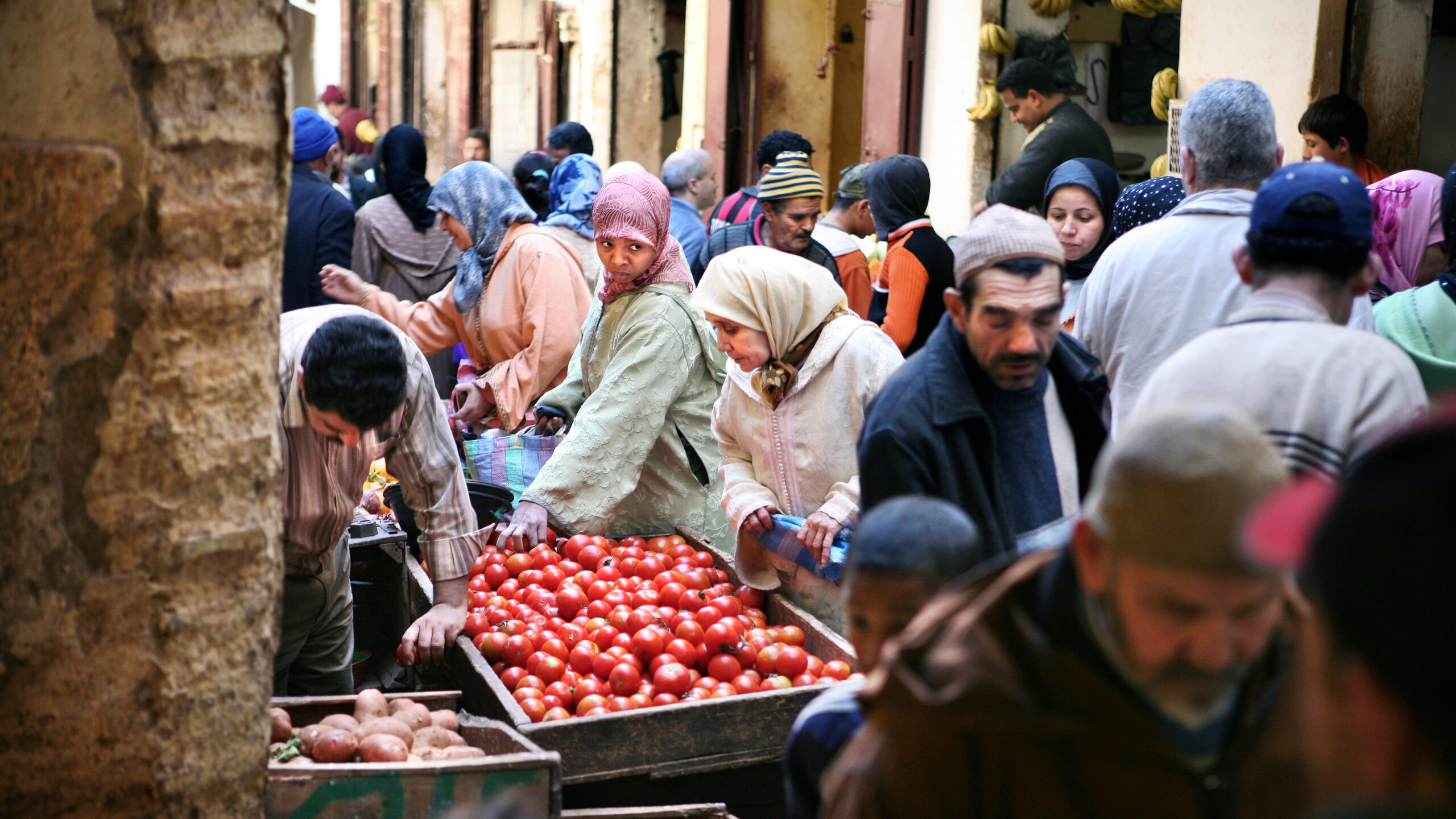
Global Food Policy Report 2024: Leveraging plant-source foods for sustainable healthy diets
Integrating more fruits, vegetables, and other high-quality crops into food systems.
-
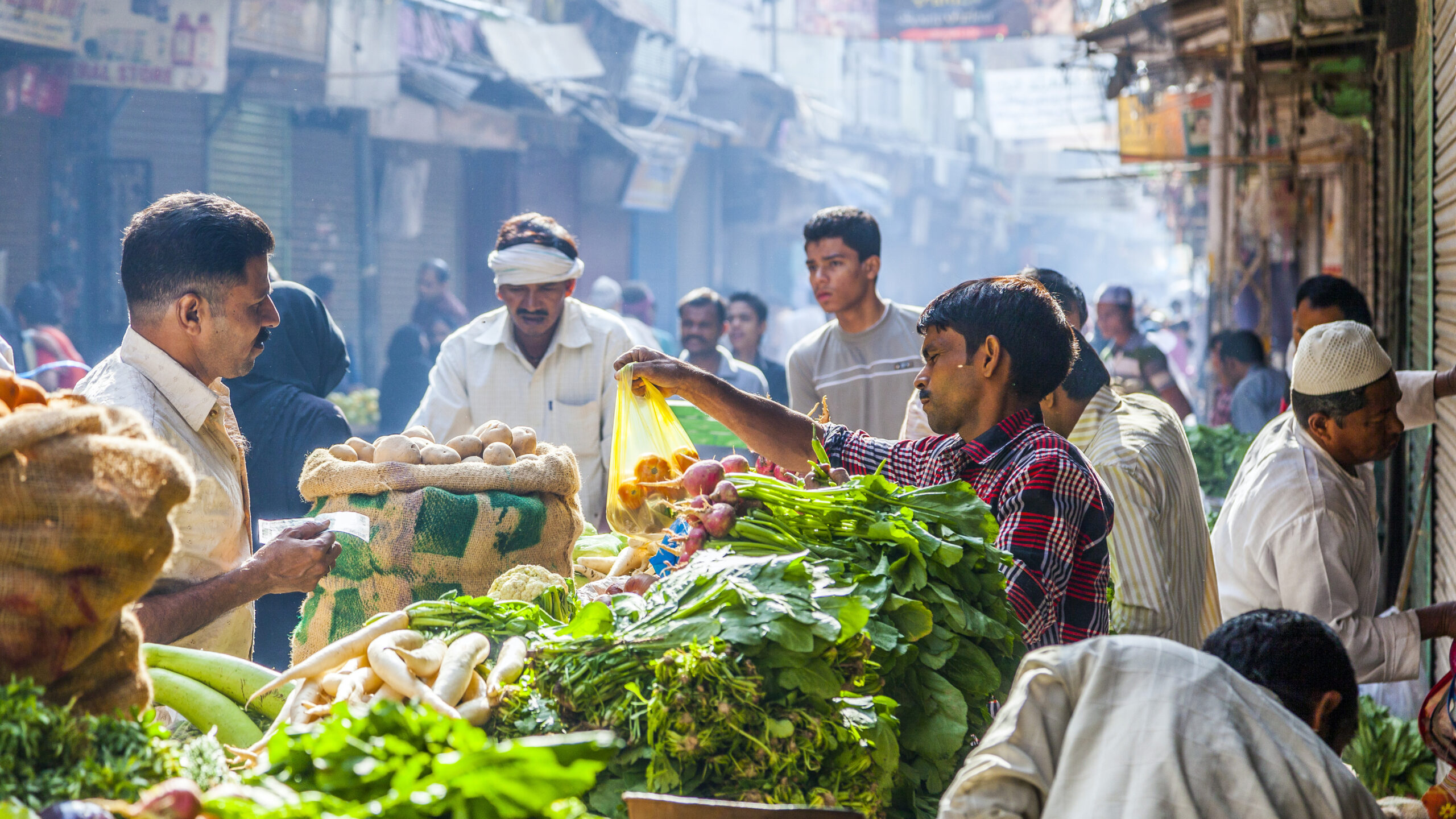
World Cities Day 2024: Building more inclusive, sustainable, and resilient urban food systems
IFPRI researchers on urbanization.
-

Unleashing the potential of Generation Z for food system transformation in Africa
A new research agenda.
-
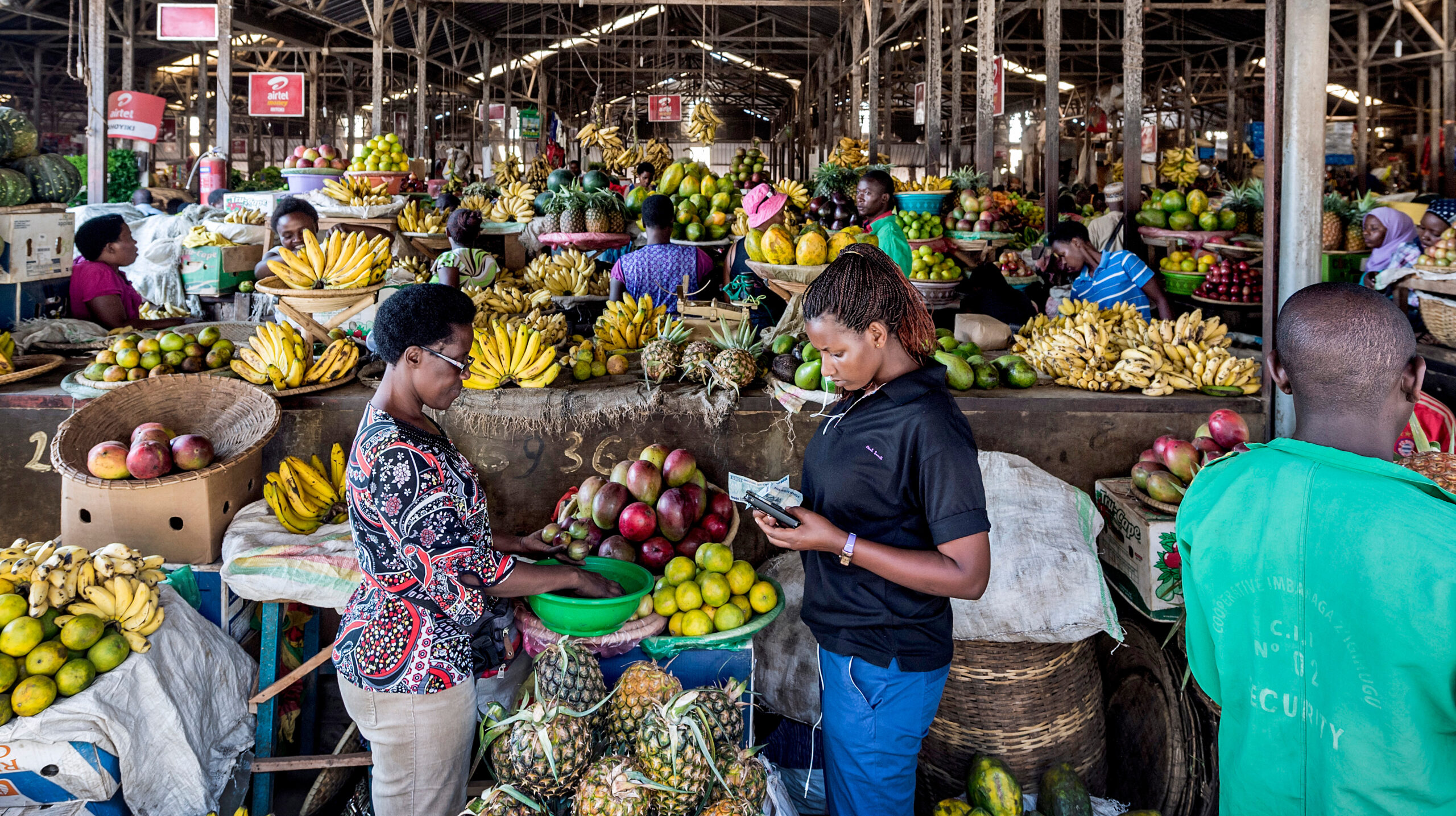
World Food Day 2024: The critical role of healthy diets for realizing the right to food
IFPRI’s 2024 Global Food Policy Report on a key paradigm shift.
-
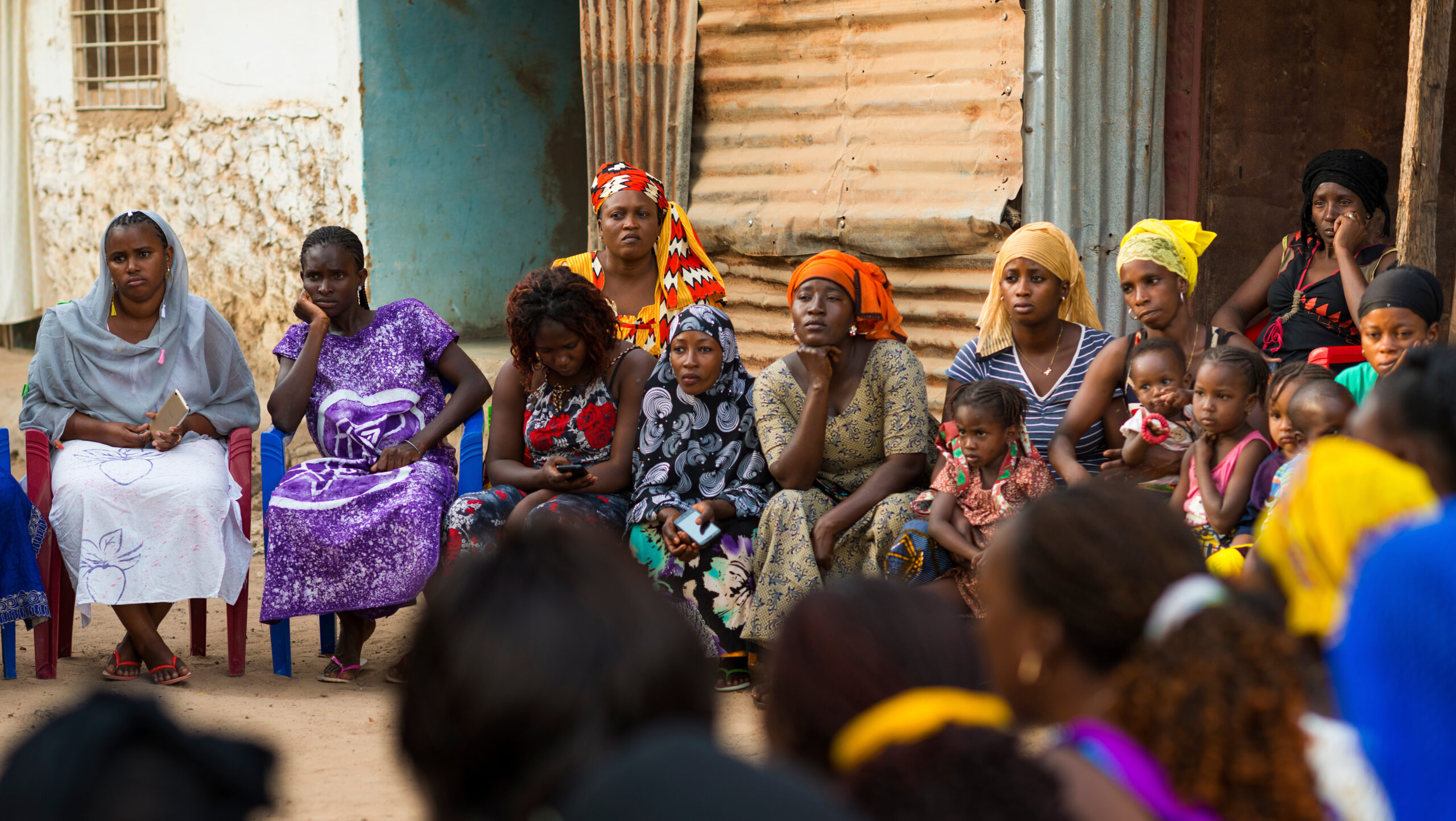
Global Food Policy Report 2024: Improving governance to create supportive environments for diet and nutrition policies
Key steps to strengthen institutions and relationships
-
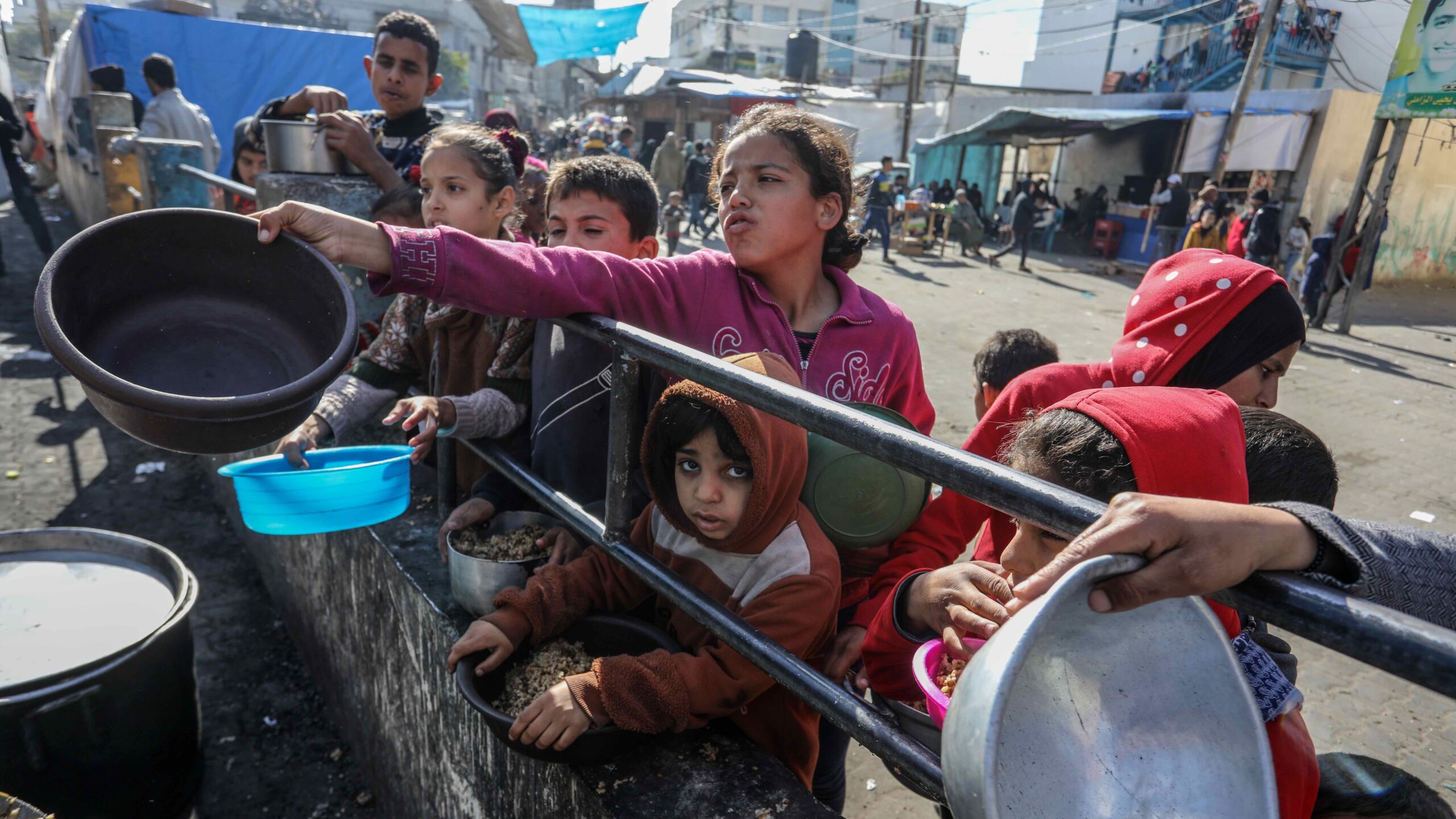
One year of war in Gaza: Food emergency continues with no end in sight
Problems of feeding more than 2 million people in a war zone.
-
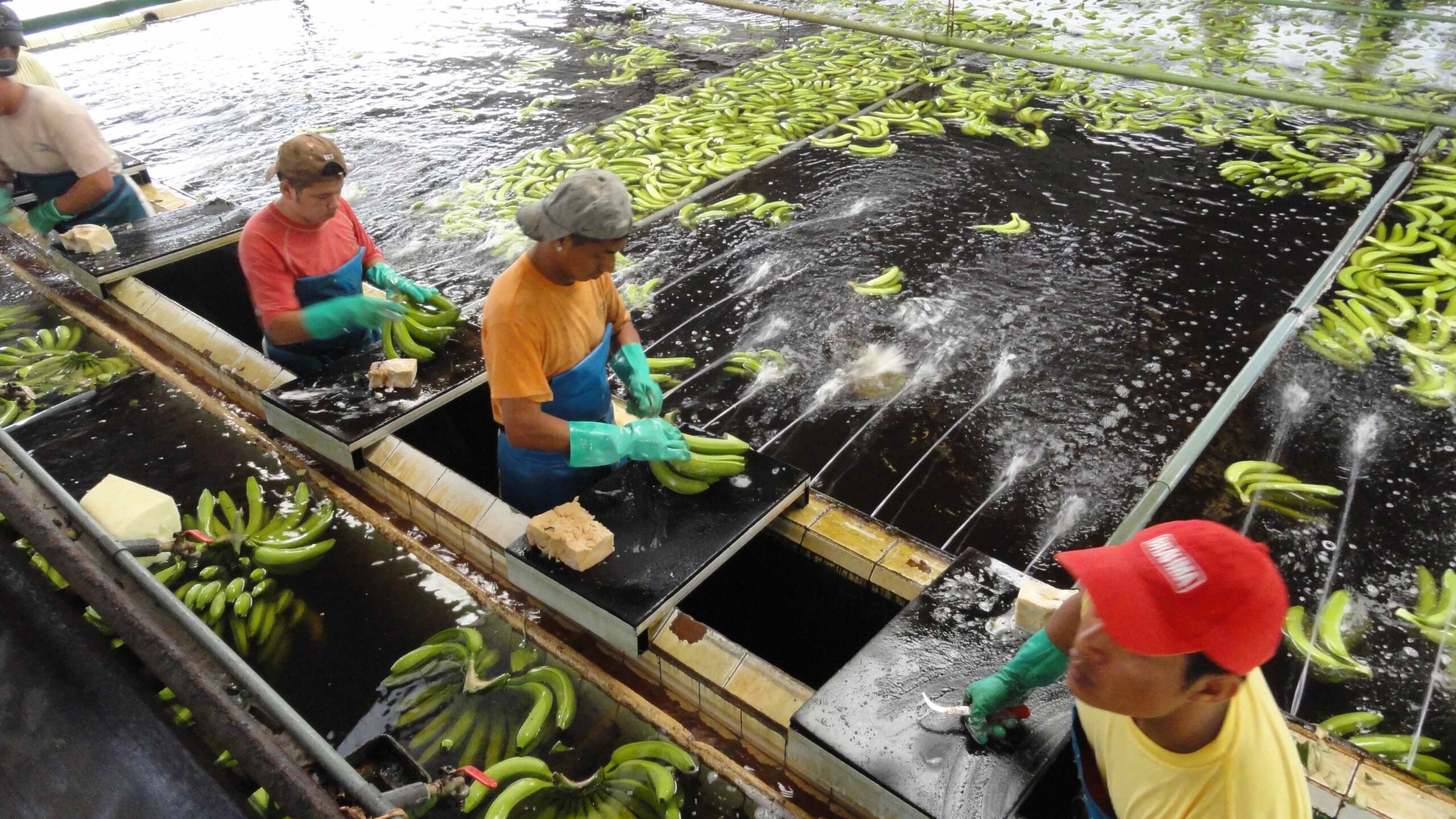
The likely U.S. longshoreman strike and its implications for agricultural trade
Disruptions ahead for some developing countries exporting to the U.S.
-
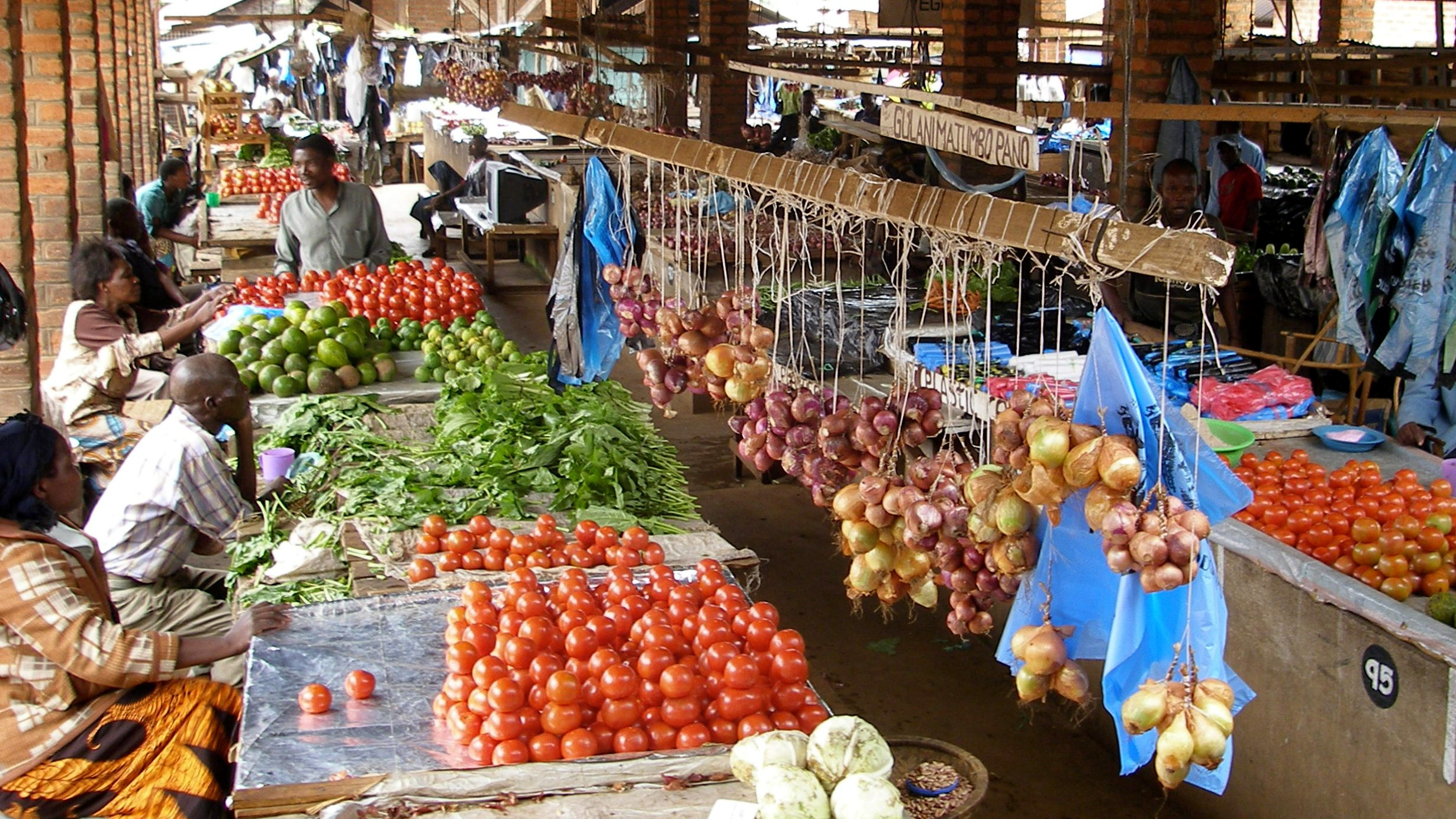
Reducing food loss and waste for climate outcomes: Insights from national consultations in Bangladesh, Malawi and Nepal
Integrating key goals of food system transformation.
-
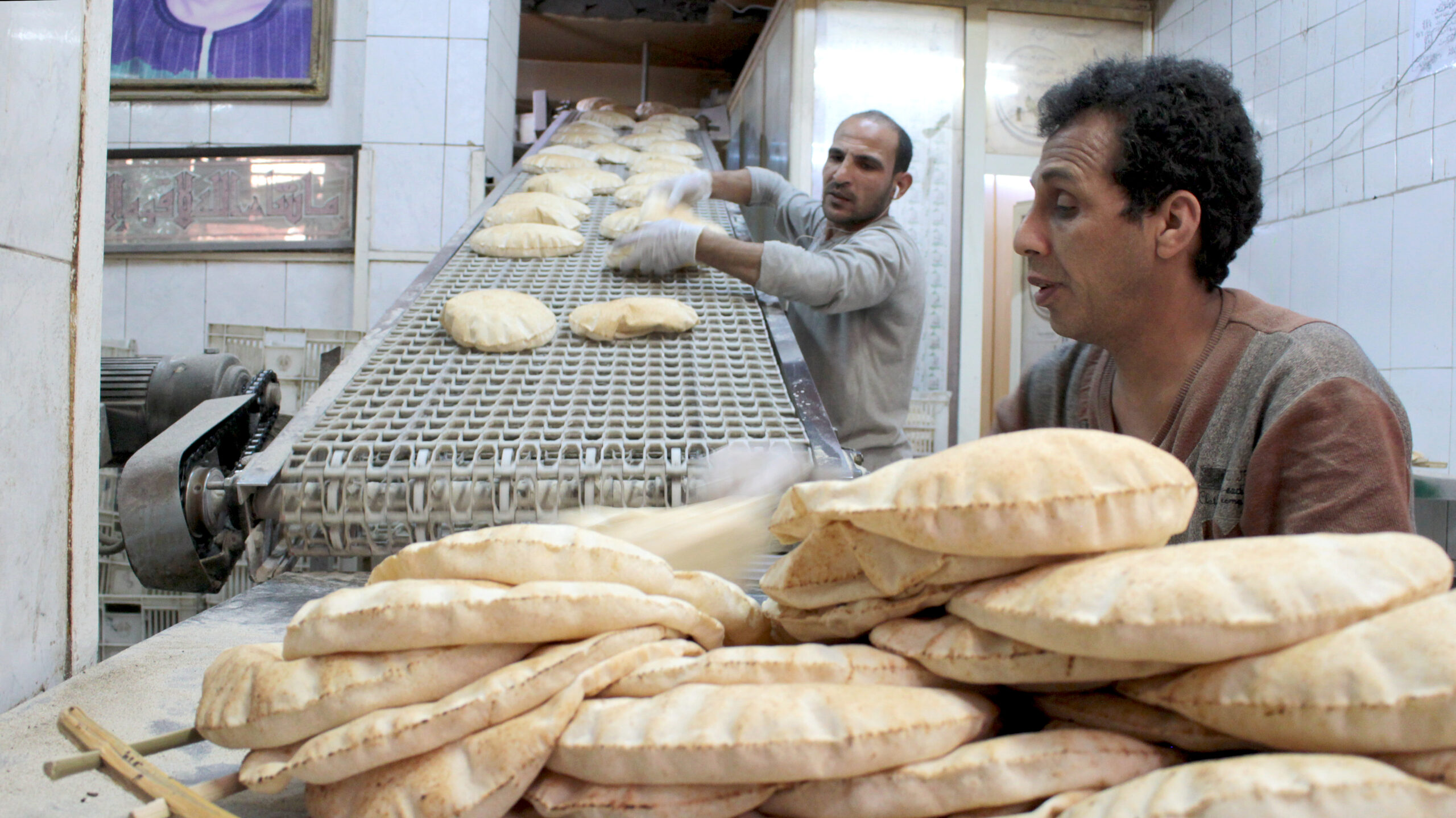
Higher wheat prices push Egypt to increase price of subsidized bread for first time since 1989
Navigating an economic crisis.
-
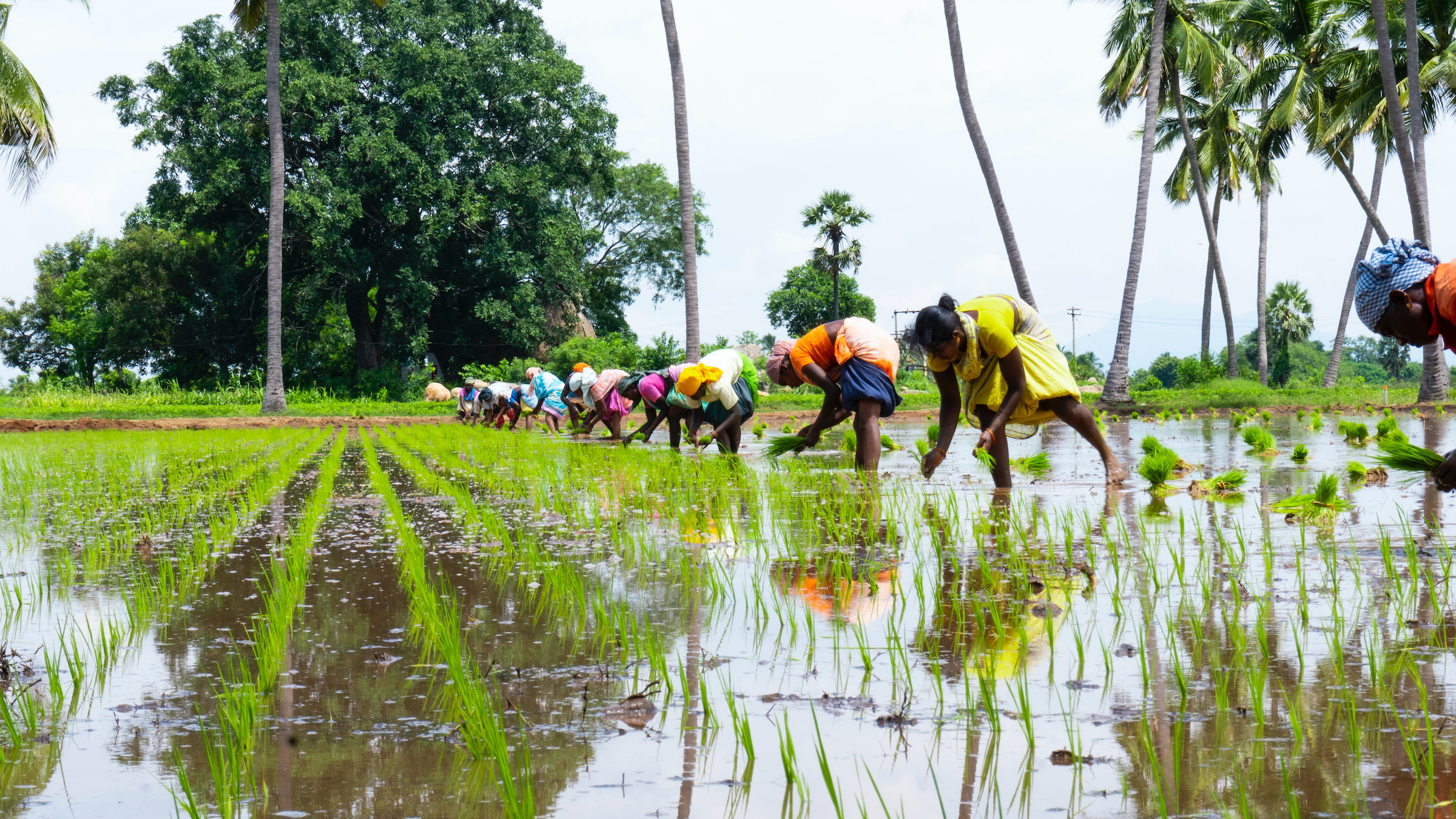
After a year, India’s rice export restrictions continue to fuel high prices
A key staple for low-income consumers in sub-Saharan Africa and other regions.
-

Urgent need to strengthen local governance for improved urban agrifood systems
Insights from the new report by the UN High-Level Panel of Experts on Food Security and Nutrition.
-

Sudan’s food crisis deepens as conflict intensifies
A new famine warning.
-

Risk of famine remains high in Gaza
After a reprieve, more dangerous conditions are reemerging.
-
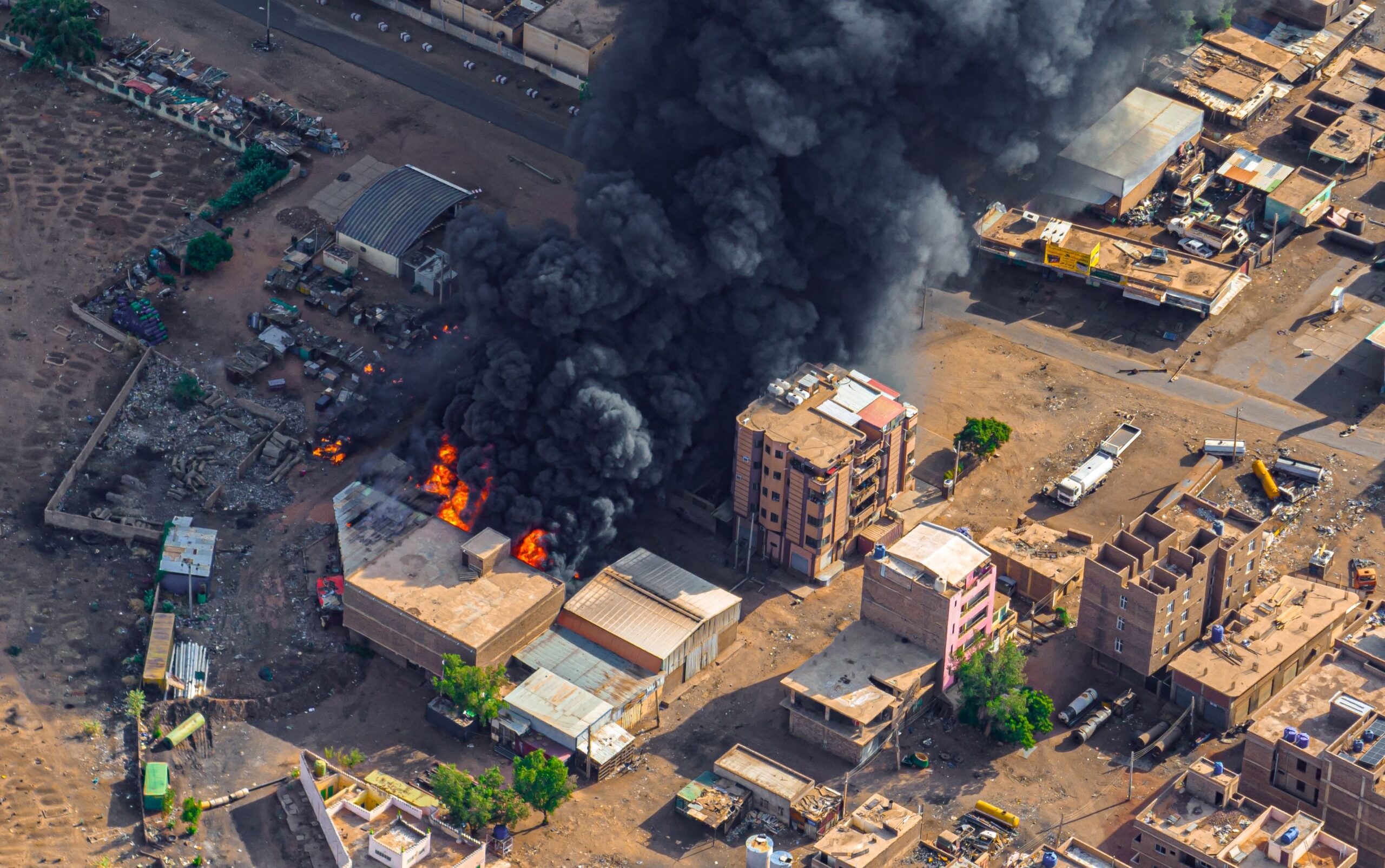
Sudan food emergency: Unpacking the scale of the disaster and the actions needed
More than 20 million face acute food insecurity.
-
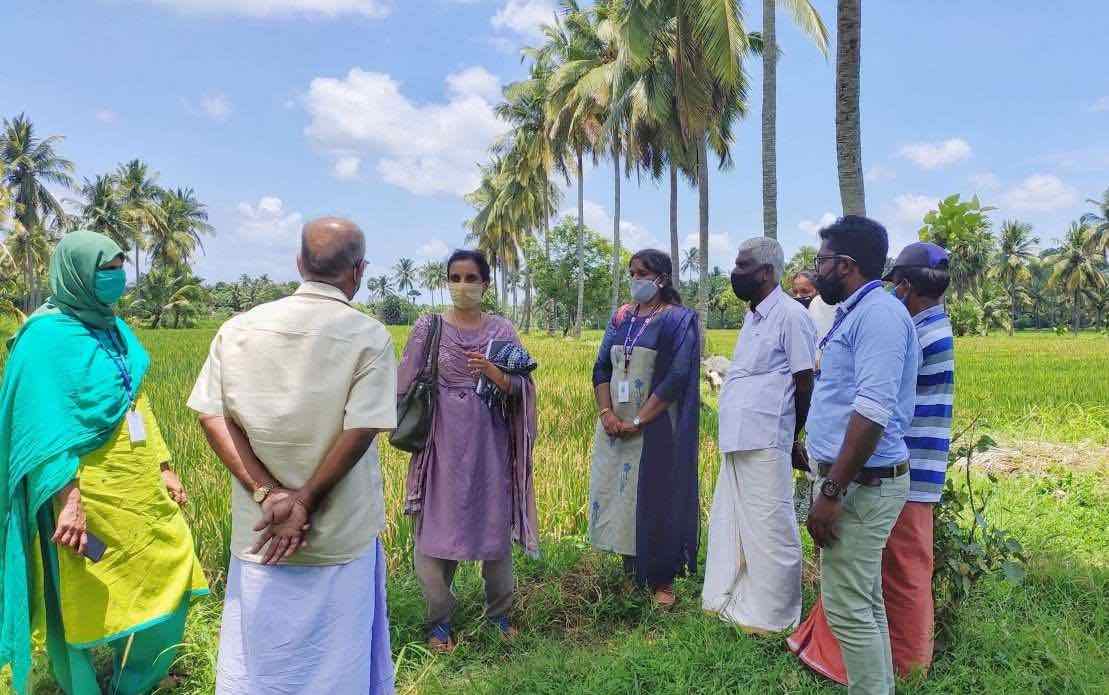
Reviving public extension for climate-resilient agriculture: Lessons and insights from India, Indonesia, and Nepal
Integrating reforms with global goals.
-
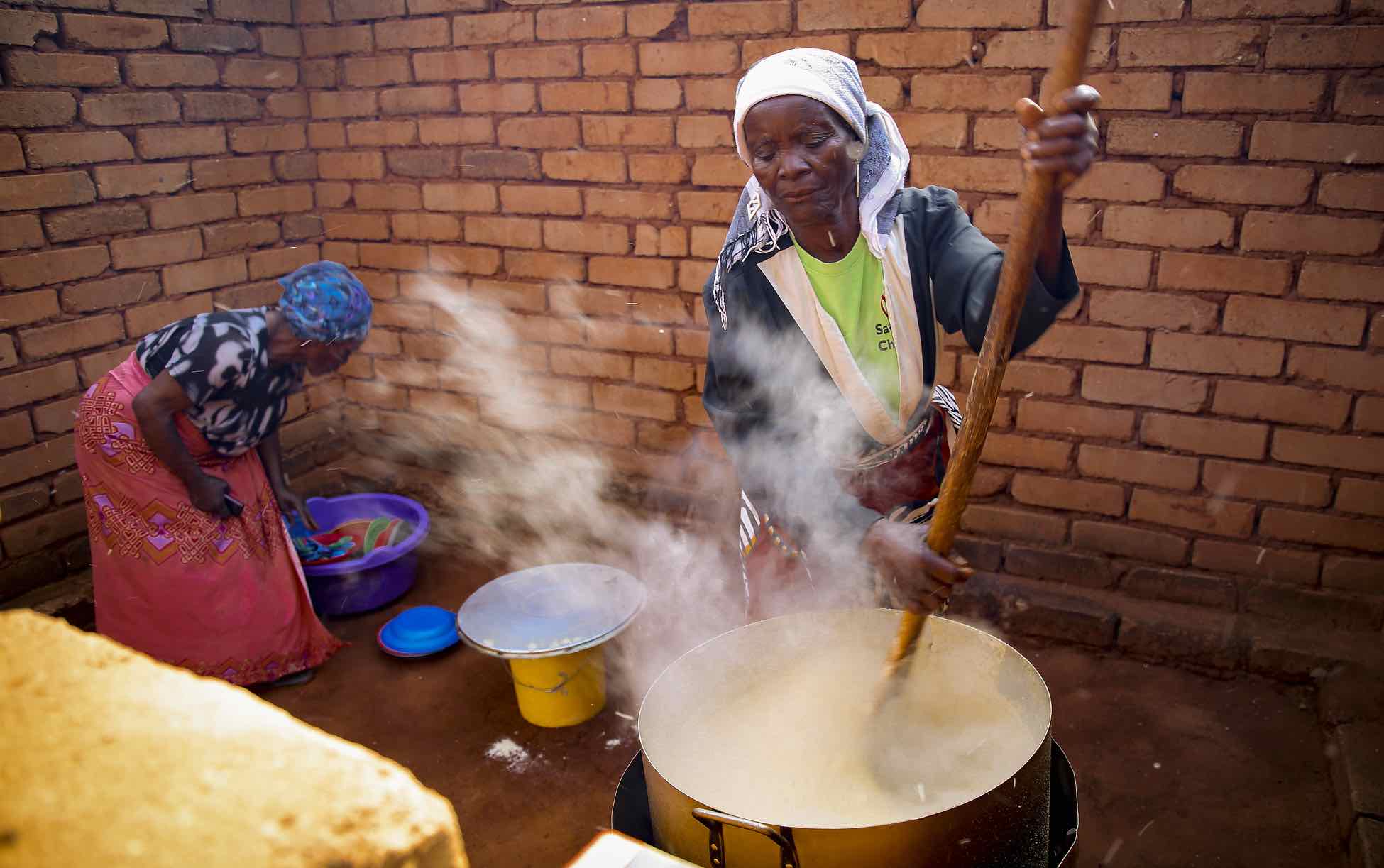
Responding to Malawi’s impending food crisis
Food imports can make up for shortages if quick action is taken.
-
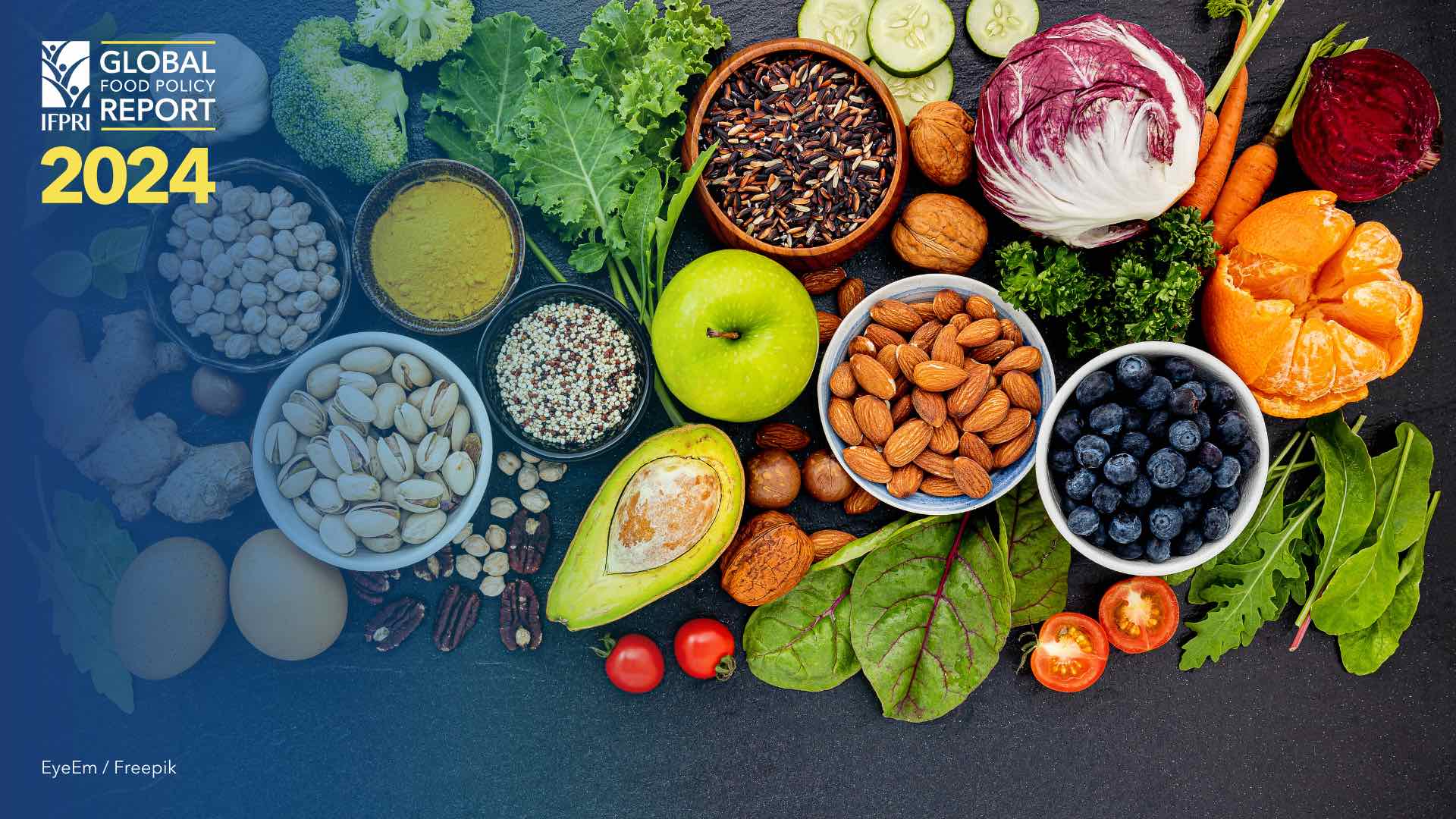
Transforming food systems for sustainable healthy diets: A global imperative
The 2024 Global Food Policy Report focuses on the pivotal role of nutrition.
-
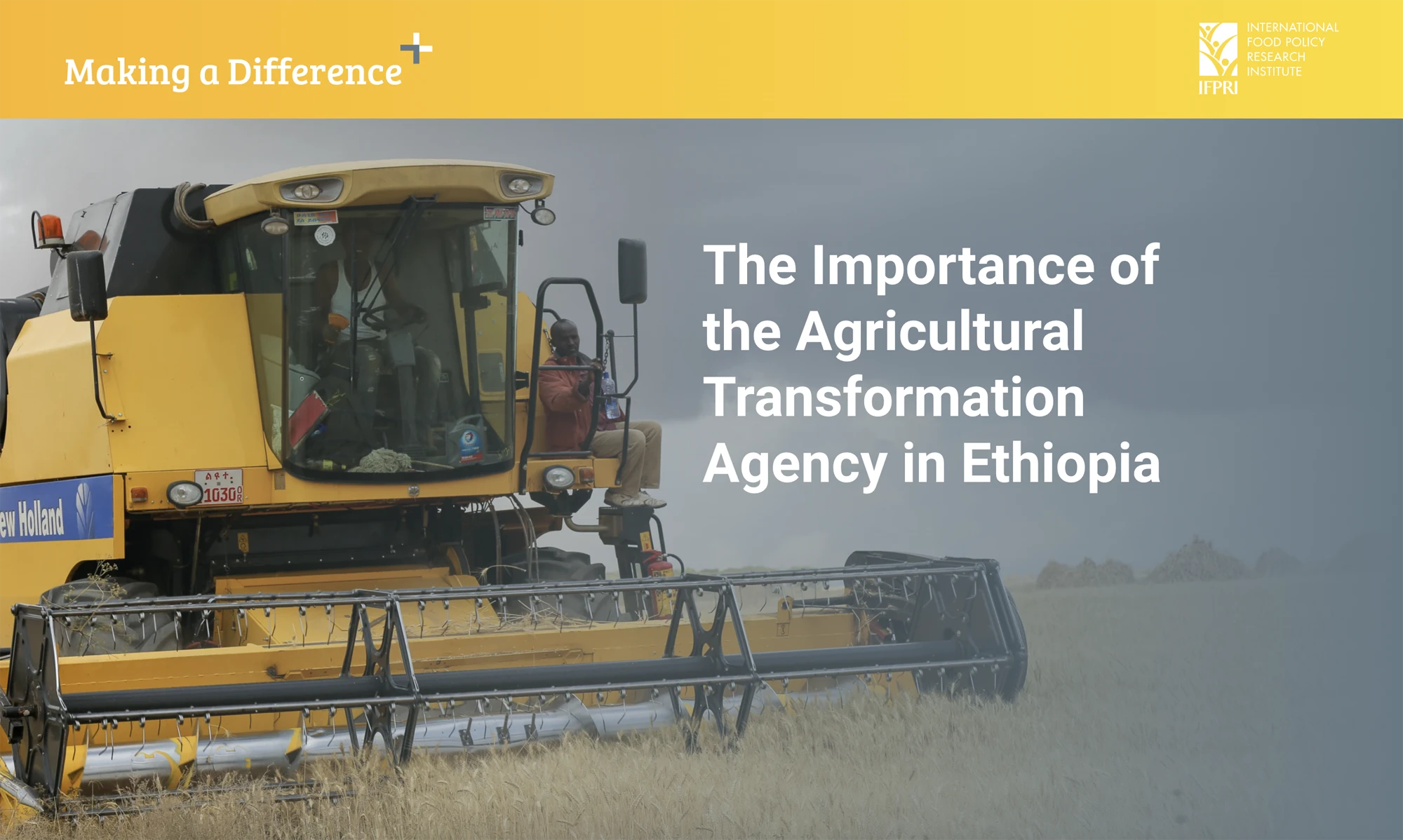
The importance of the agricultural transformation agency in Ethiopia
IFPRI’s work in catalyzing innovation.
-
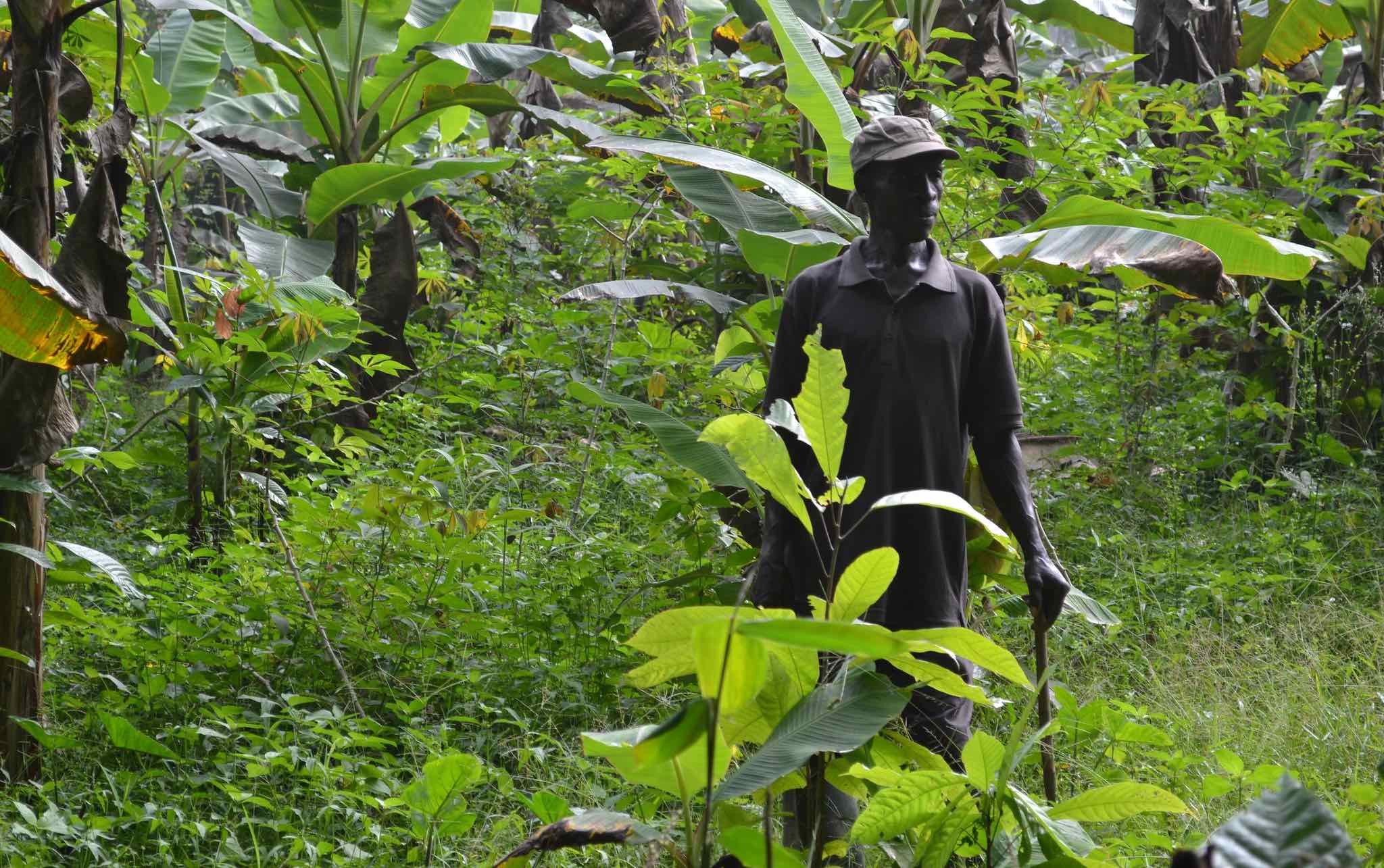
Soaring cocoa prices: Diverse impacts and implications for key West African producers
Effects of climate change and El Niño.
-
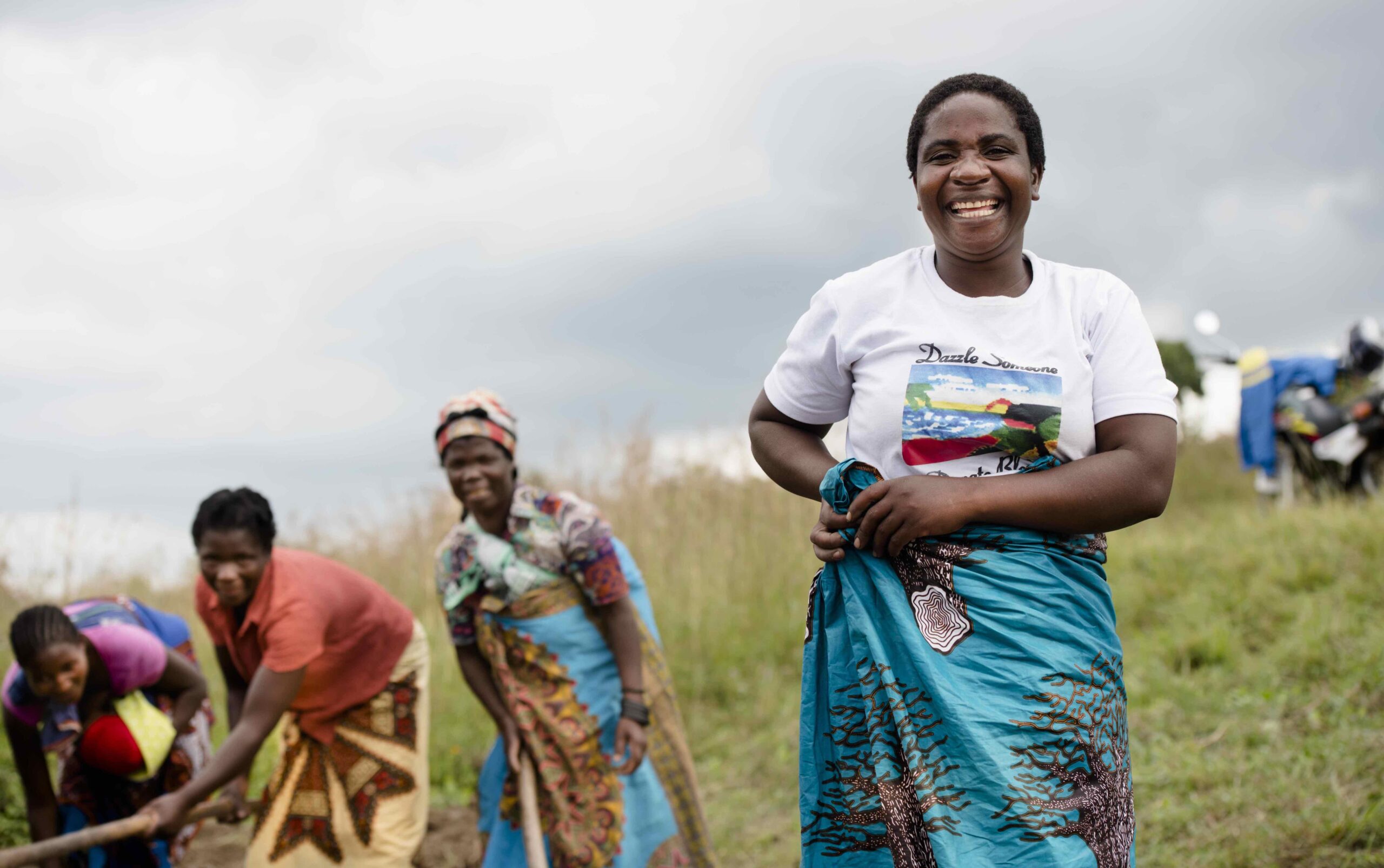
To improve Africa’s soil health and plant nutrition, empower women farmers
A contintental summit offers an important opportunity.
-
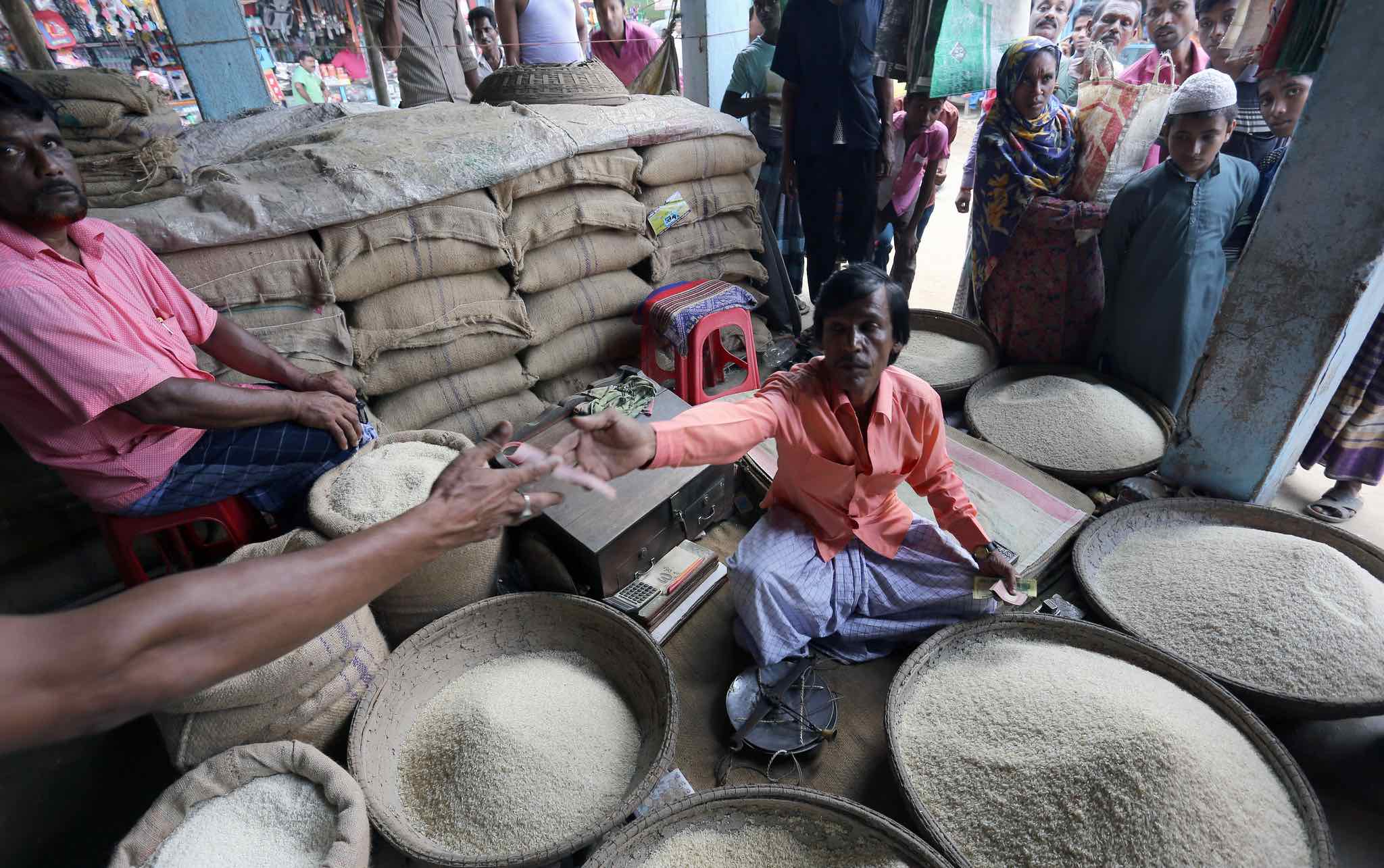
Research-backed policy to eliminate miniket rice in Bangladesh will improve nutrition
Over-processing removes essential nutrients.
-
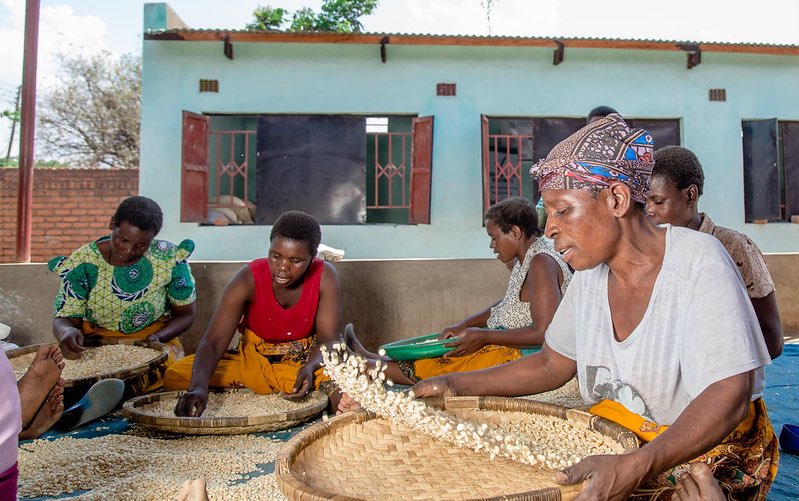
Act now to address Malawi’s looming food crisis
Harvest shortfalls caused by severe drought conditions.
-
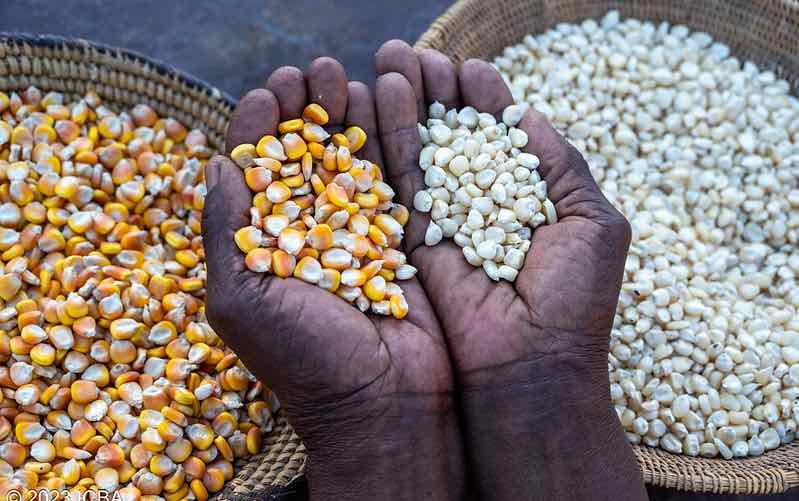
Southern Africa drought: Impacts on maize production
With harvests of a key staple falling, some positive signs.
-
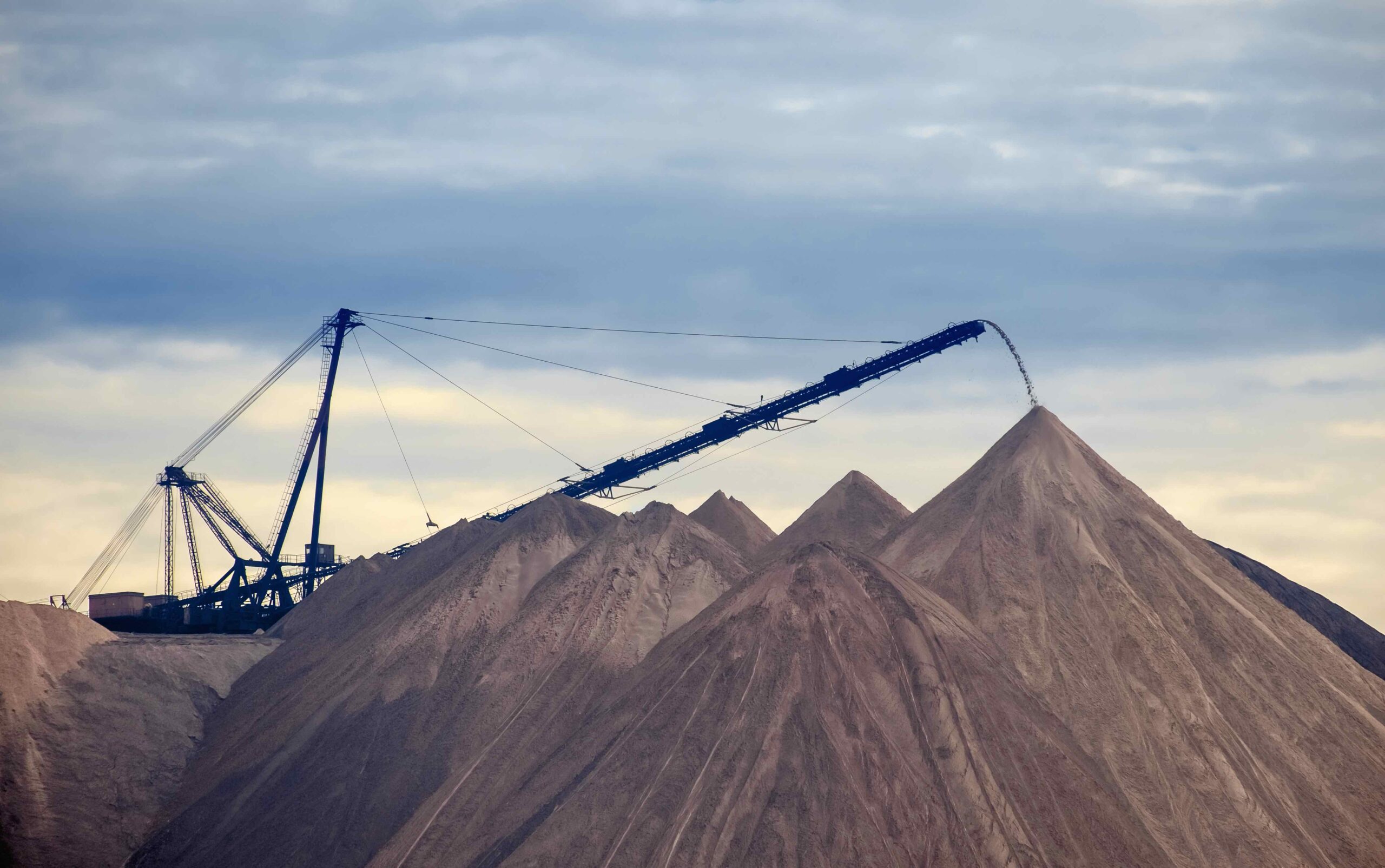
Global fertilizer trade 2021-2023: What happened after war-related price spikes
Impacts of shifting market flows.
-

The war in Ukraine continues to undermine the food security of millions
The struggle to recover amid conflict.
-
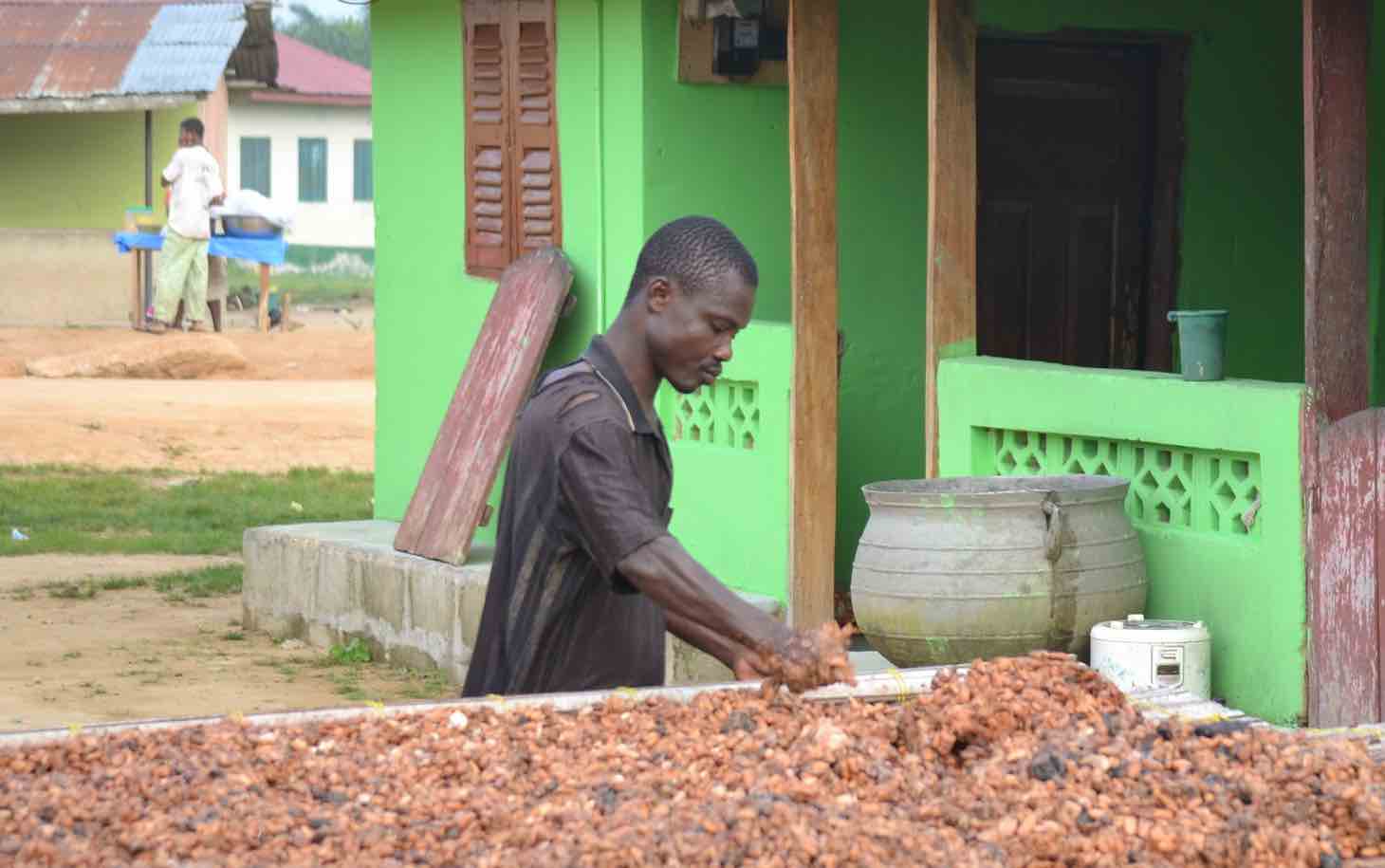
Global cocoa market sees steep price rise amid supply shortfall
Weather and other factors trigger volatility.
-
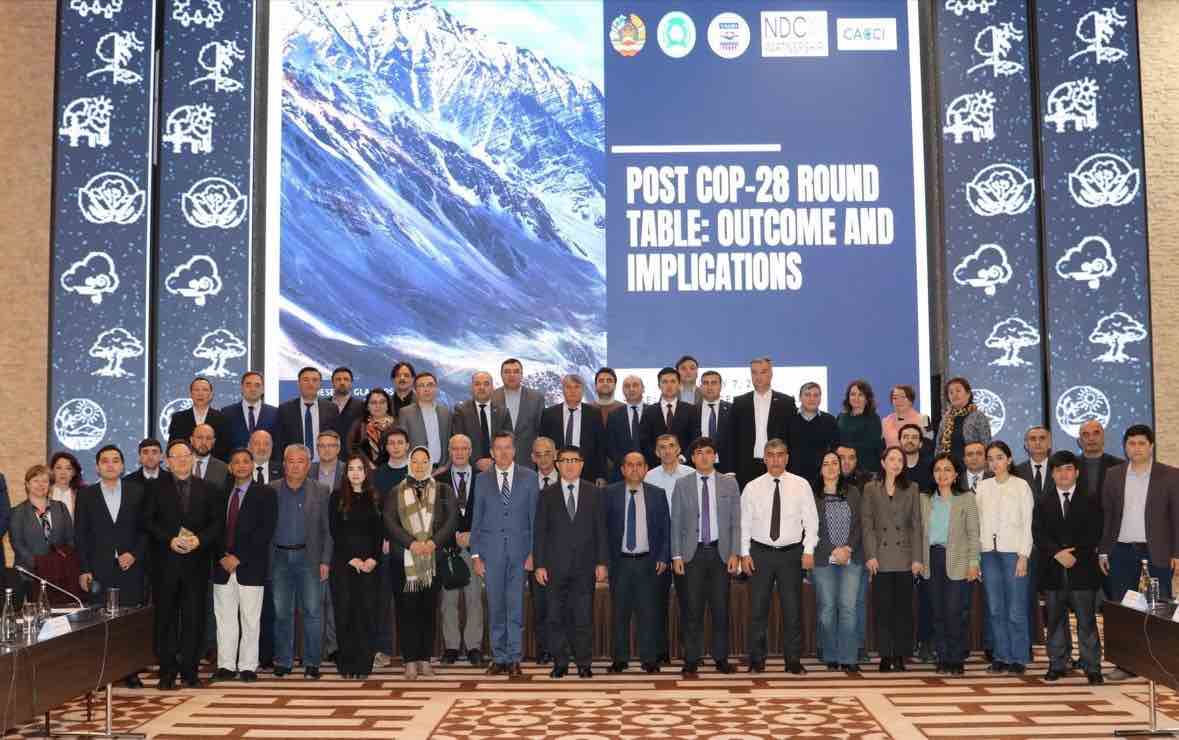
An evidence-based approach to climate change in Central Asia: Tajikistan and the Global Methane Pledge
Evidence-driven policymaking yields progress on key goals.
-
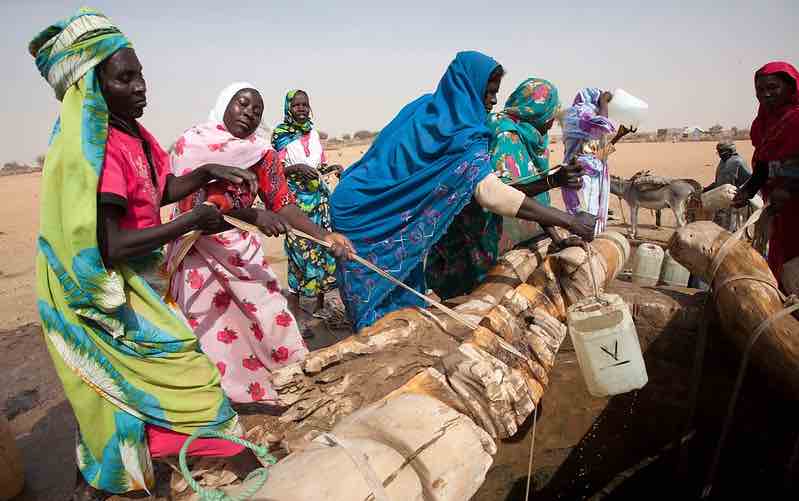
World Water Day 2024: Invest in women for peace and water security
Addressing global crises through a gender lens.
-
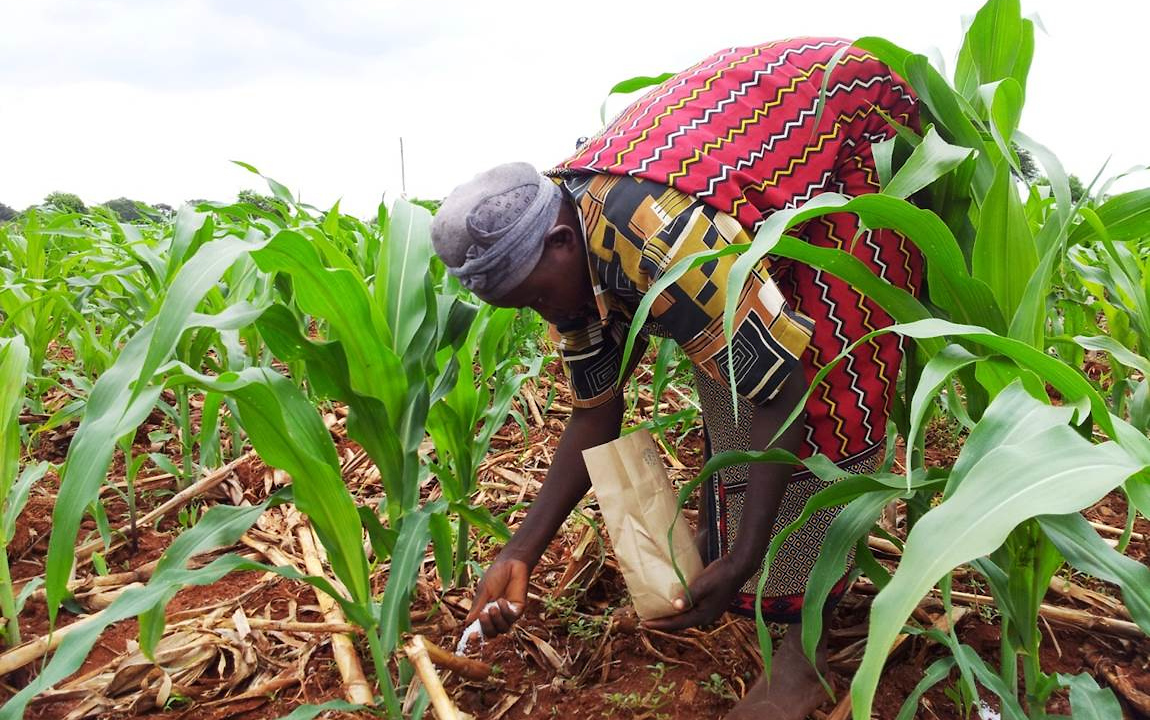
Who’s afraid of high fertilizer prices?
Assessing the impacts of recent spikes.
-

Famine in Gaza
A new analysis shows a deteriorating situation.
-
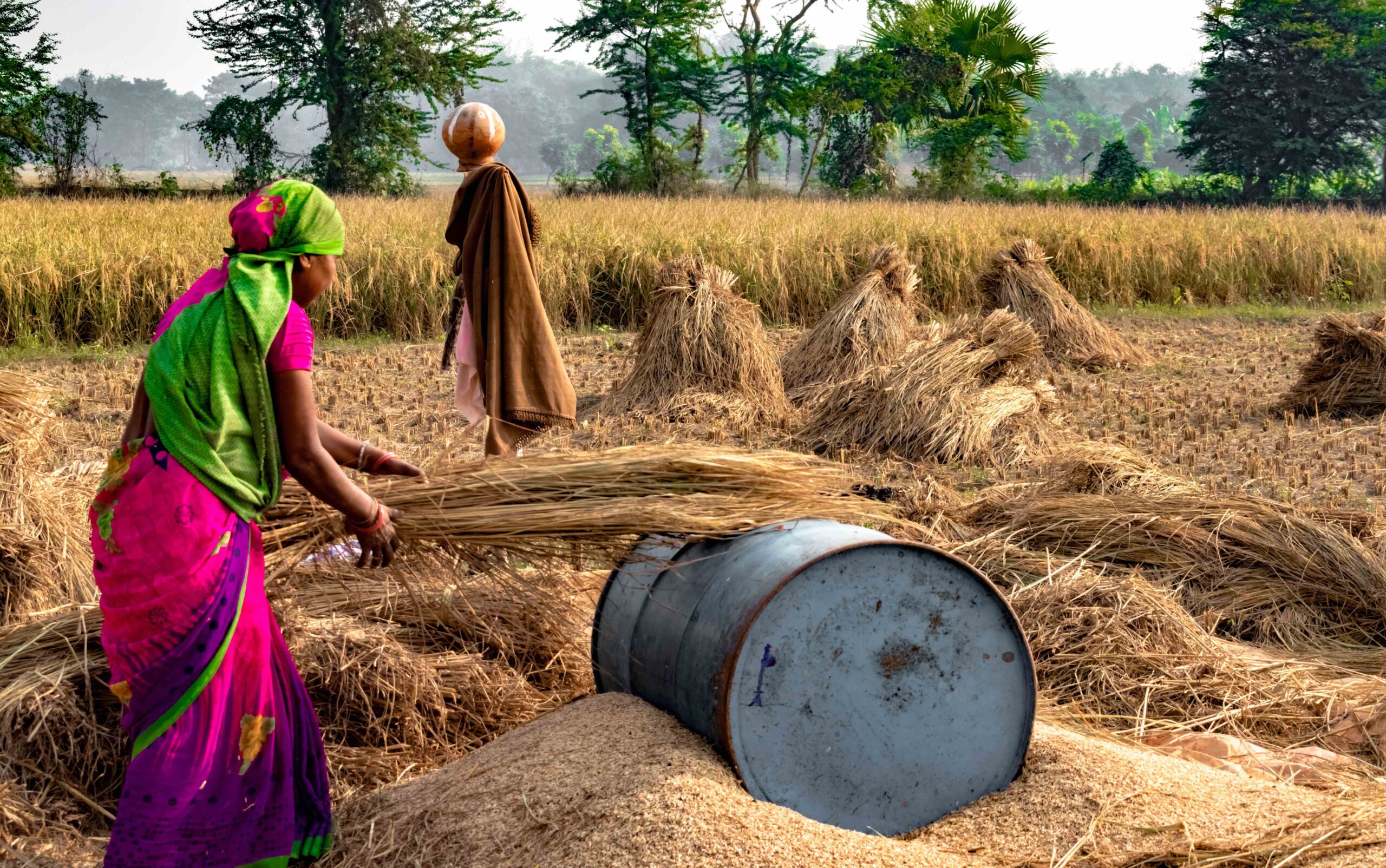
Shaping global agendas: The IFPRI Food Security Portal’s pathways to impact
Data tools provide key insights in a time of crisis.
-
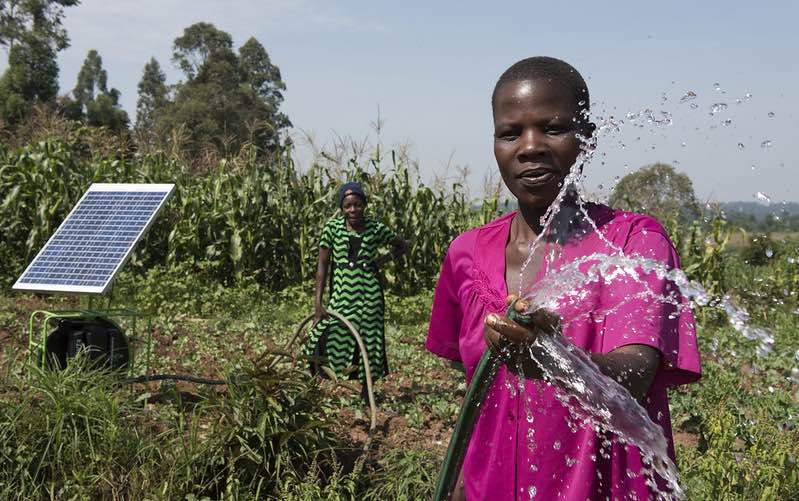
The path forward on global food system transformation
Comprehensive change can yield broad benefits, a new report shows.
-
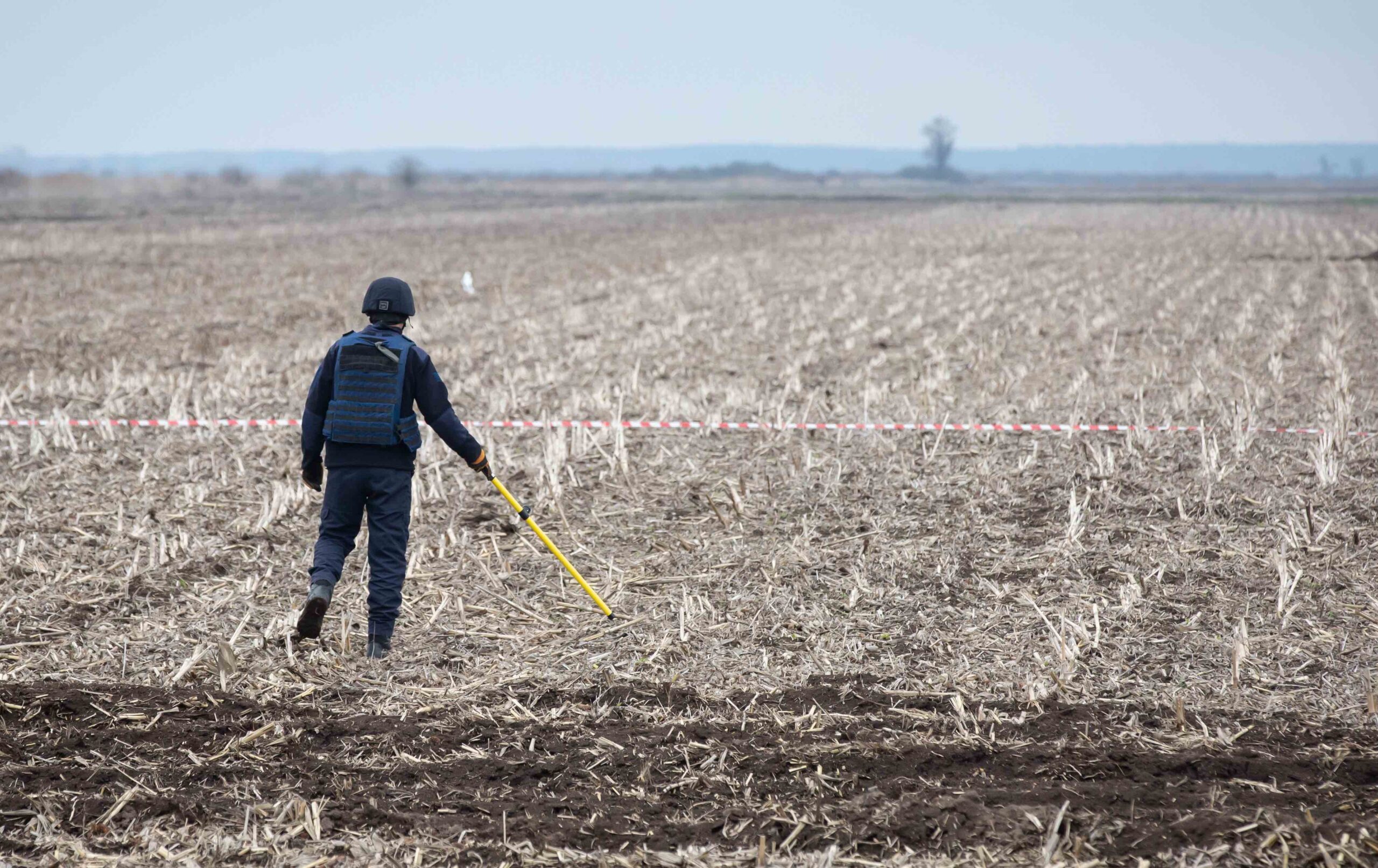
Ukraine and global agricultural markets two years later
A mixed picture for prices and food security.
-
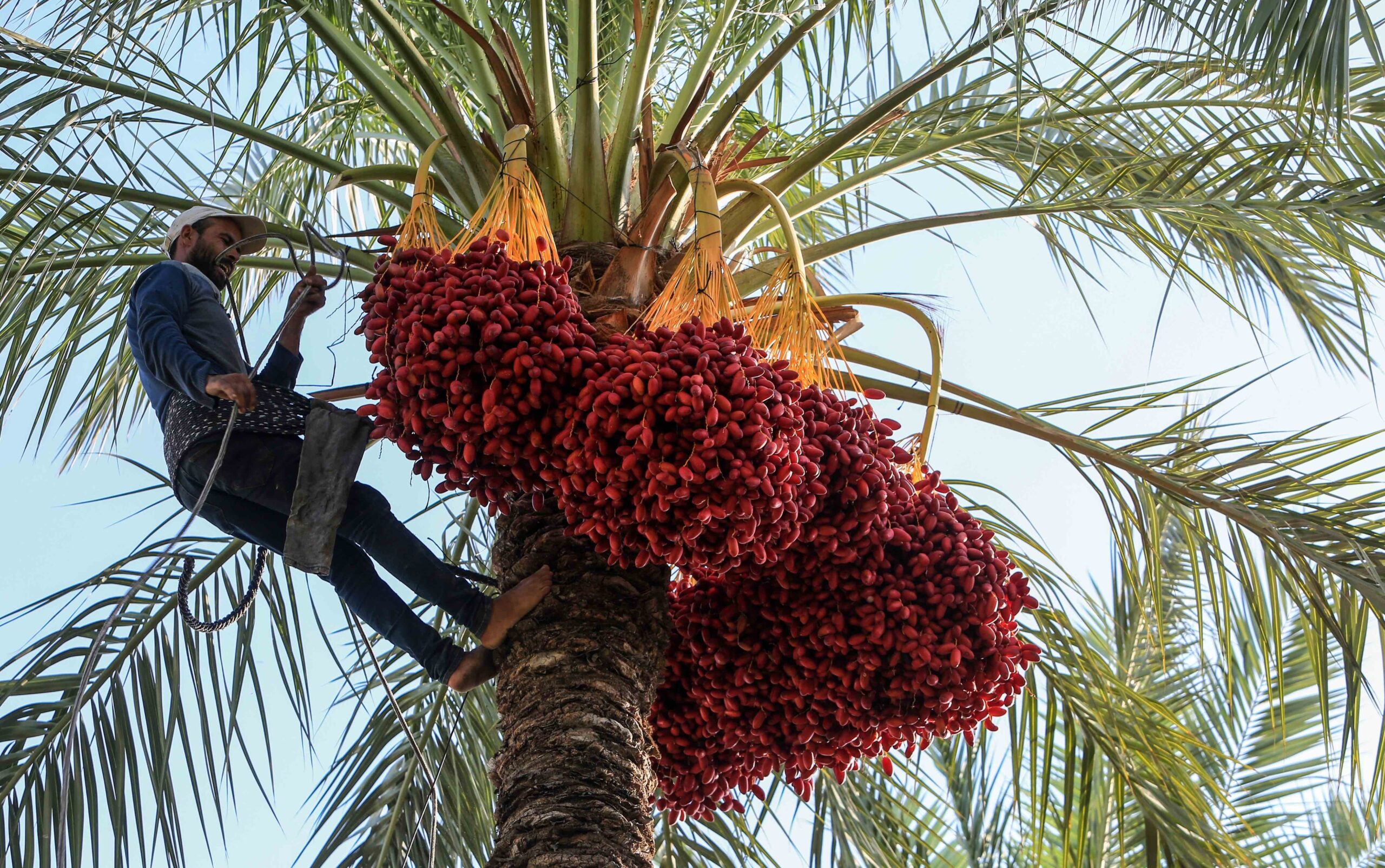
Long-lasting devastation to livelihoods from damage to agricultural lands in Gaza
The humanitarian crisis continues to worsen.
-
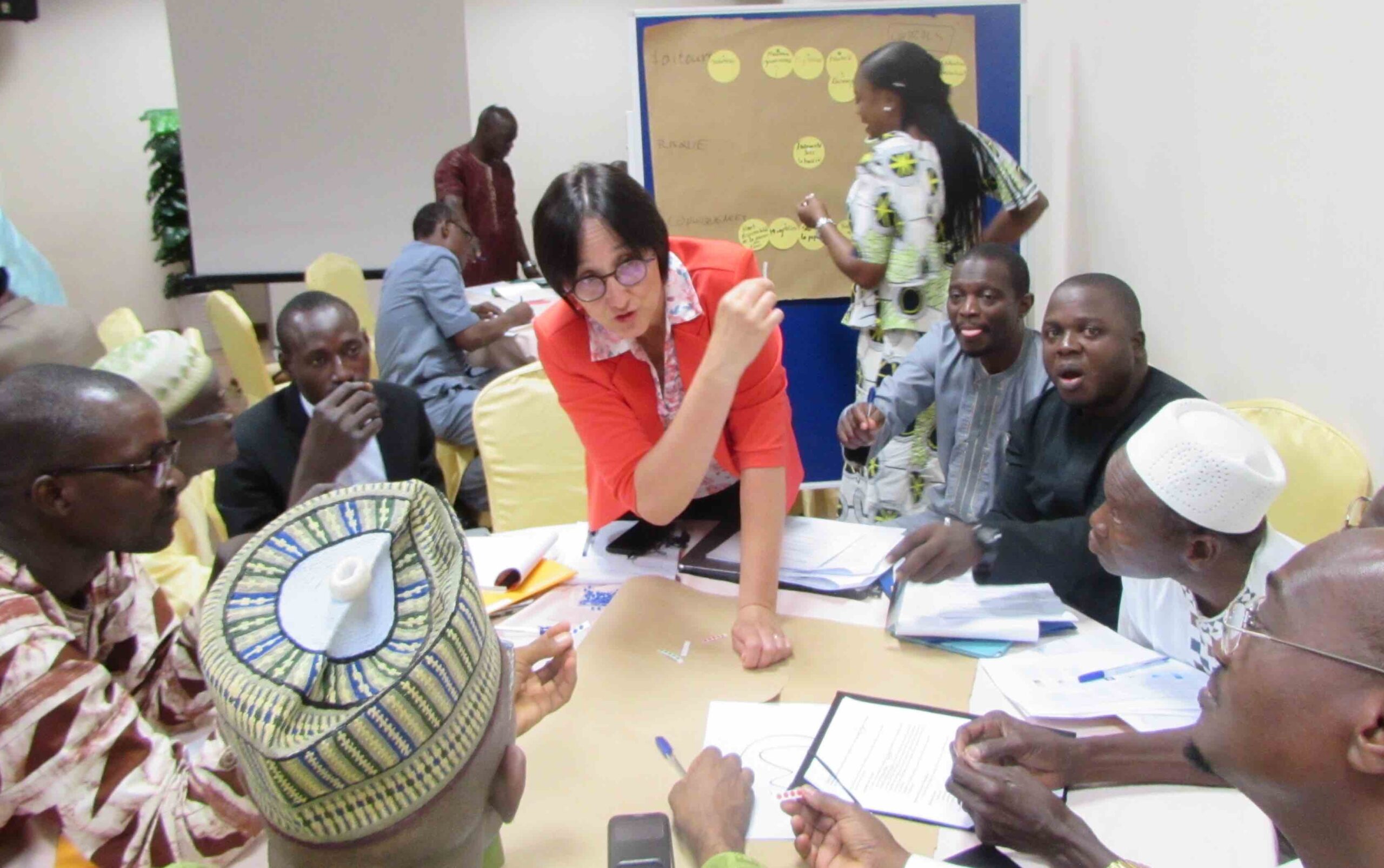
International Day of Women and Girls in Science: Interview with IFPRI’s Claudia Ringler
A leading researcher on sustainable development traces her career.
-
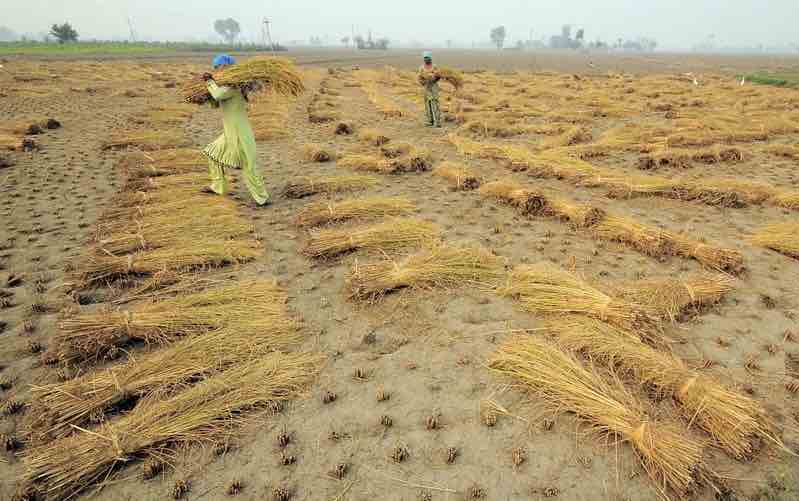
India’s export restrictions on rice continue to disrupt global markets, supplies, and prices
Six months after India introduced a set of export restrictions on rice with the aim of holding down domestic prices, global rice markets continue to feel the impact. The benchmark Thai white rice price (5% broken) has risen 22% since India’s export ban on non-basmati white rice took effect in July 2023 (Figure 1). Global […]
-
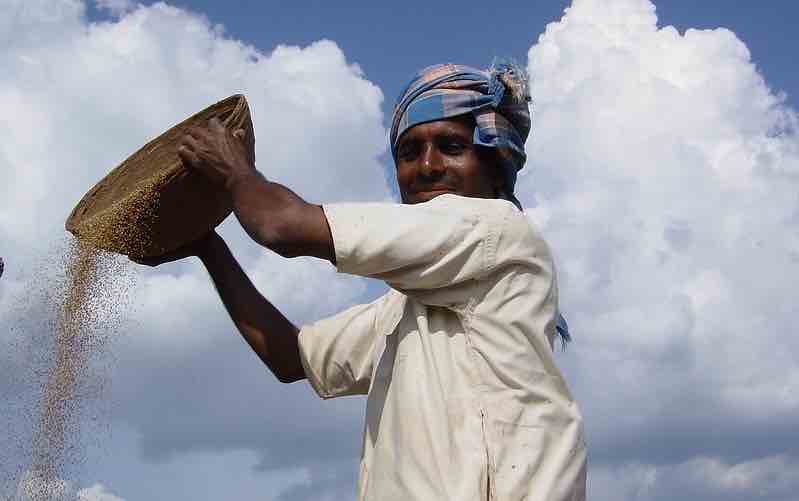
Expanding underutilized crops in Asia: The promise of millets for improving nutrition and sustainability
The many advantages of traditional food items.
-
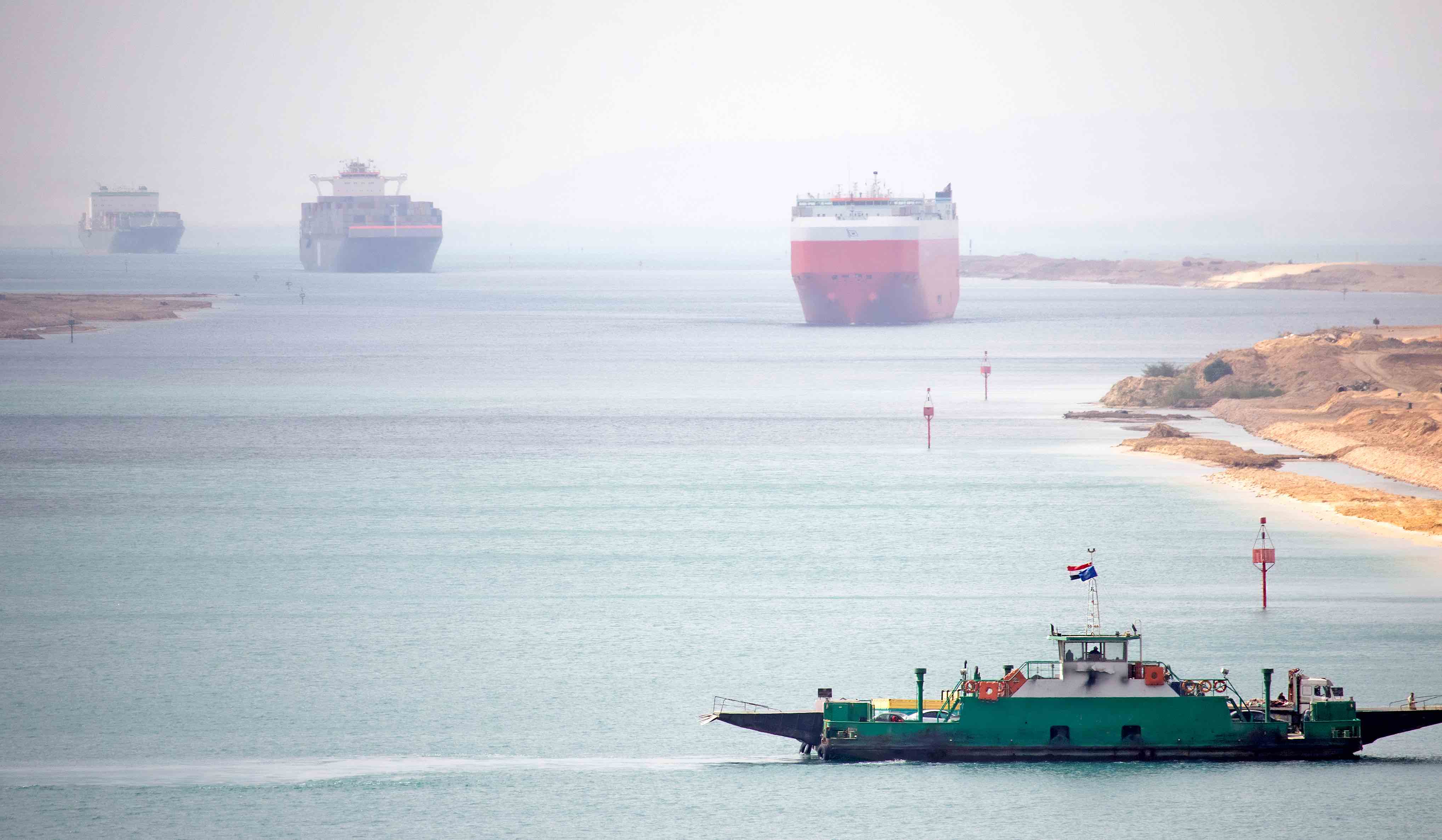
Impacts of Red Sea shipping disruptions on global food security
Potential fallout from Houthi attacks.
-
The population of Gaza is on the brink of famine
The food insecurity situation in the Gaza Strip is becoming increasingly dire. A recent blog of just 10 days ago and based on an assessment by the World Food Programme pointed out that during October and November, 80 percent of the population in Gaza was displaced and more than 80 percent suffered food deficiencies. A […]
-
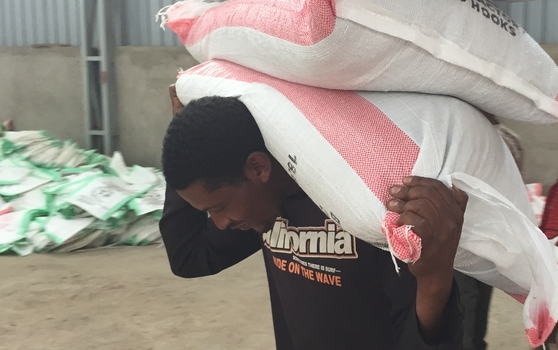
Fertilizer policies amid global supply and price shocks
Global prices have moderated but many countries still face difficulties.
-
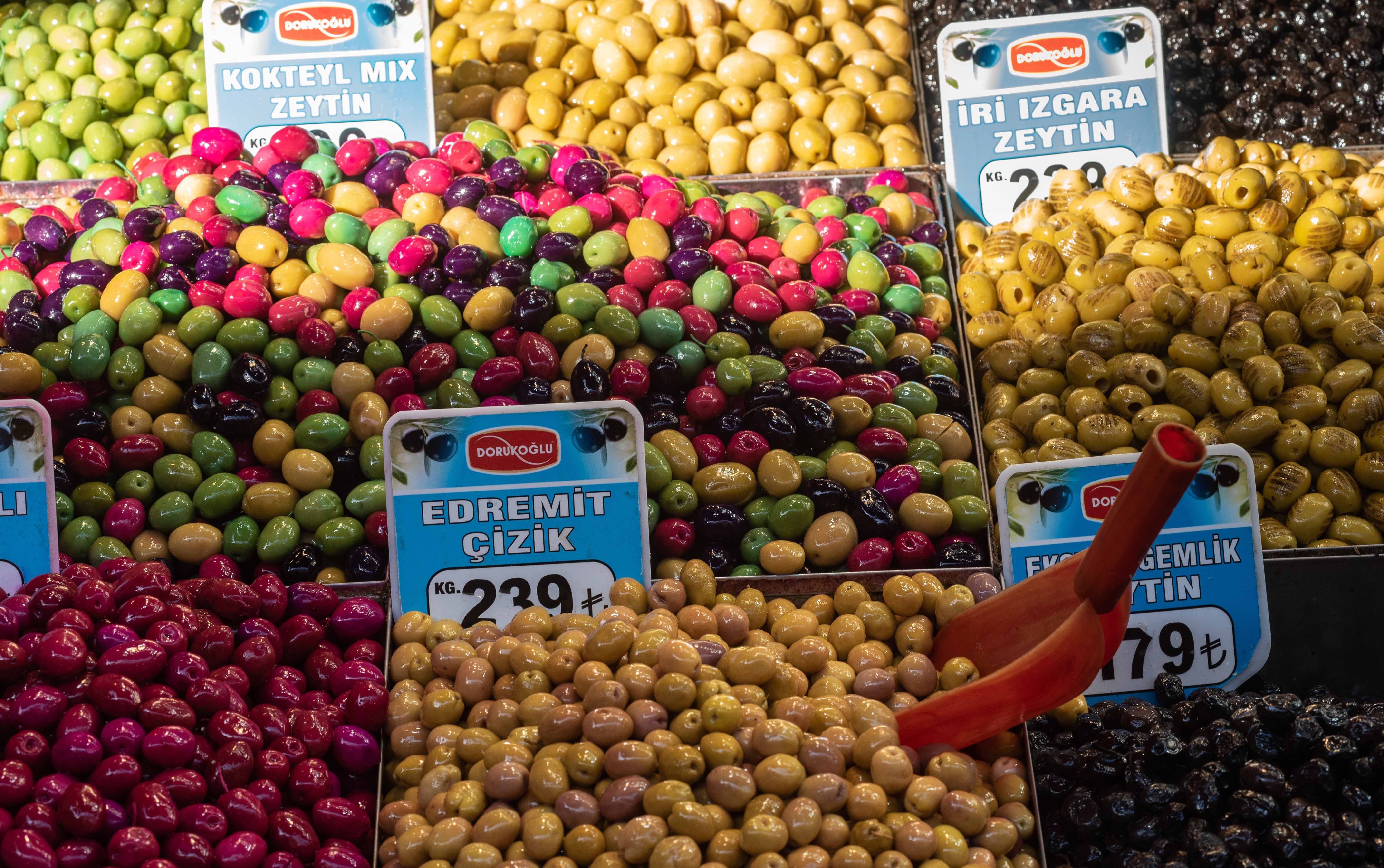
Despite improved global market conditions, high food price inflation persists
Continuing pressures on food security in low- and middle-income countries.
-
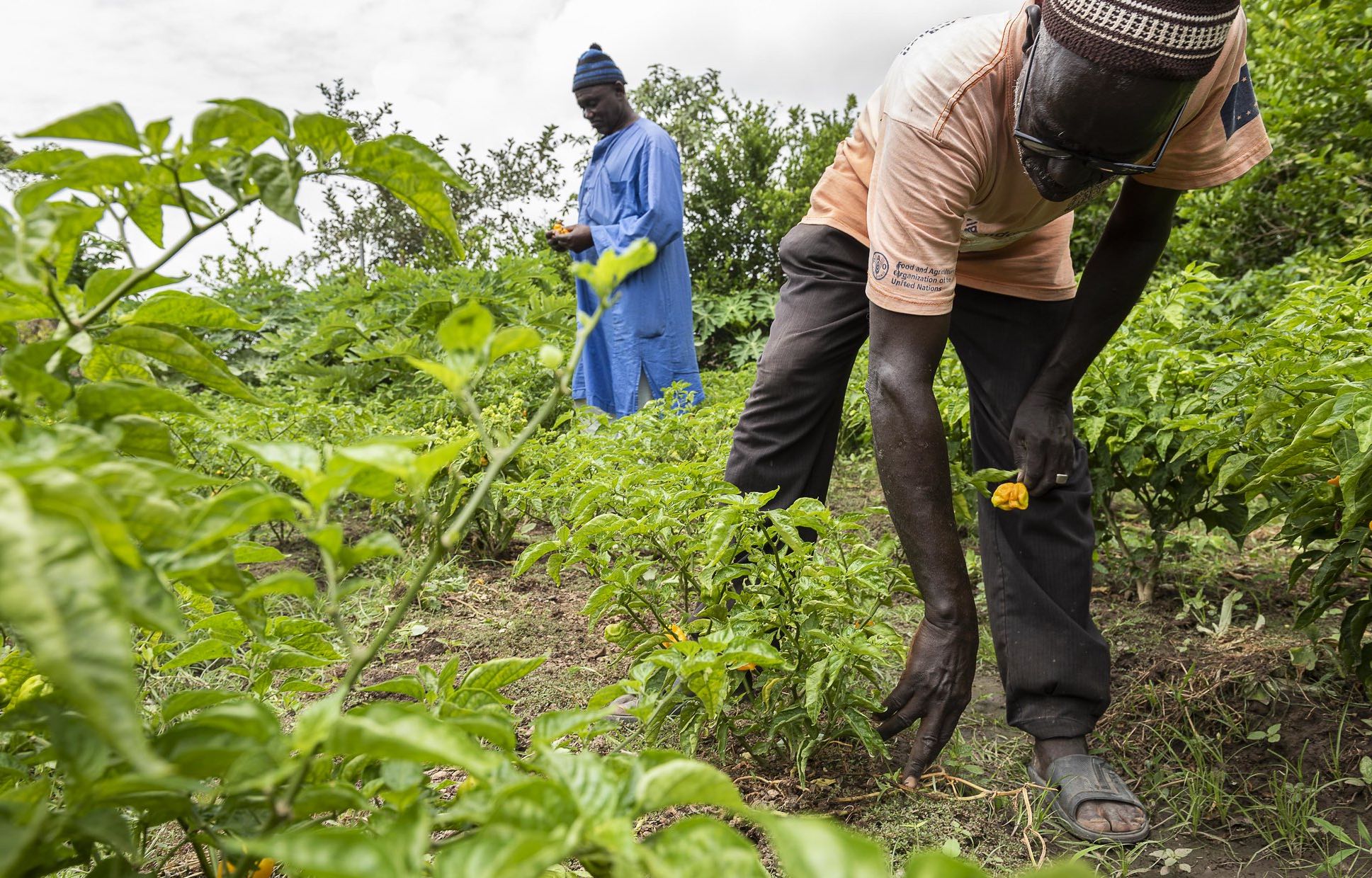
Implementing a just transition to net zero: Driving climate action through extension system reforms
Guiding agricultural transformation among smallholders.
-
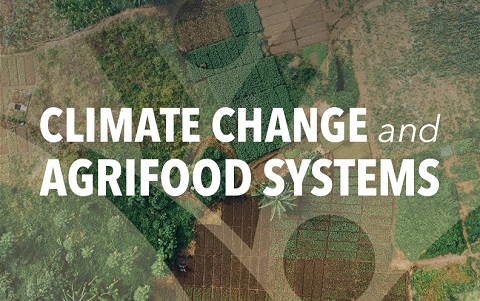
IFPRI’s holistic approach to the challenges posed by climate change
Research for real-world solutions that can make a difference.
-
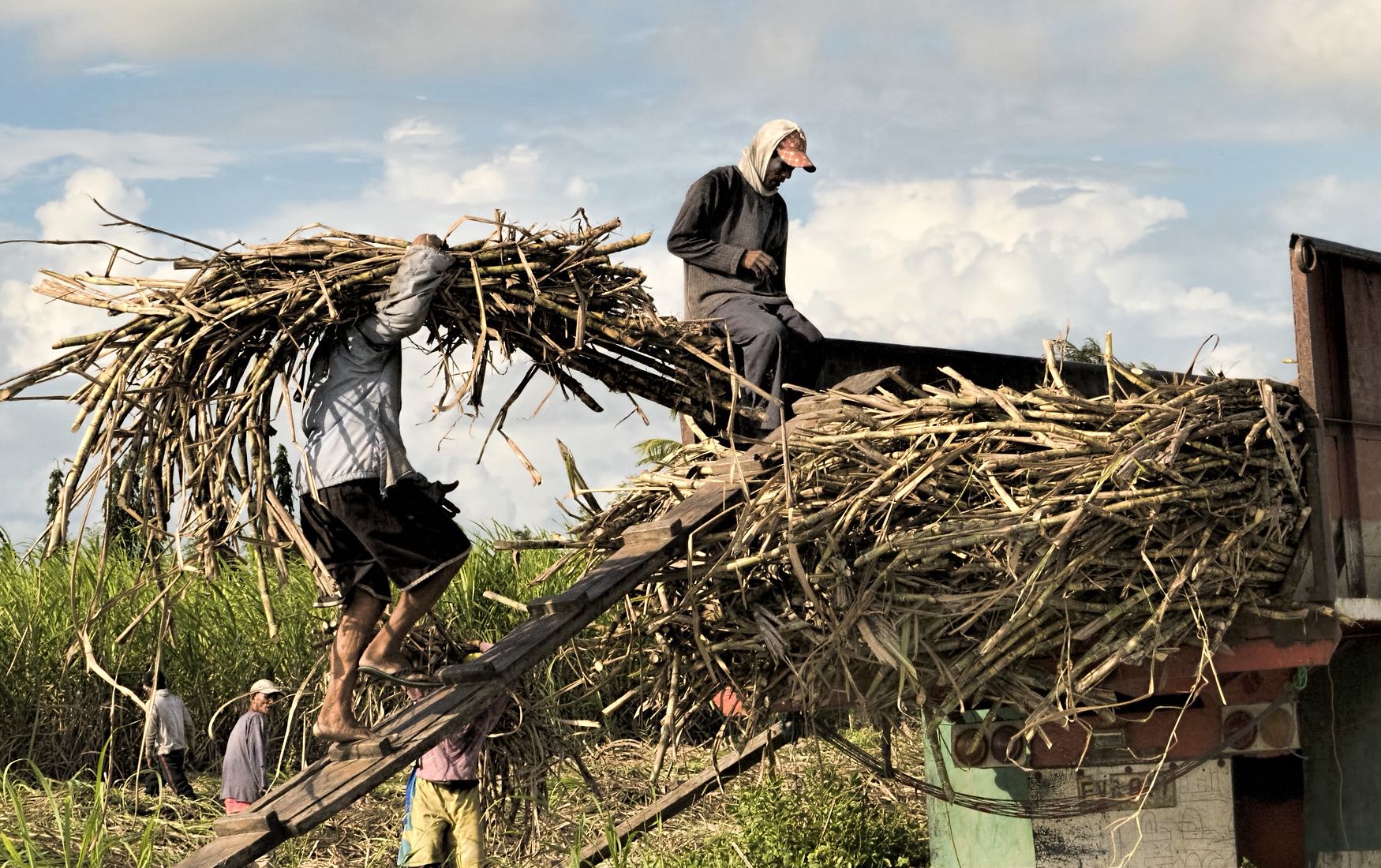
Déjà vu all over again: Global sugar markets roiled by El Niño, biofuels and trade policies
This time, market disruptions could have public health benefits.
-
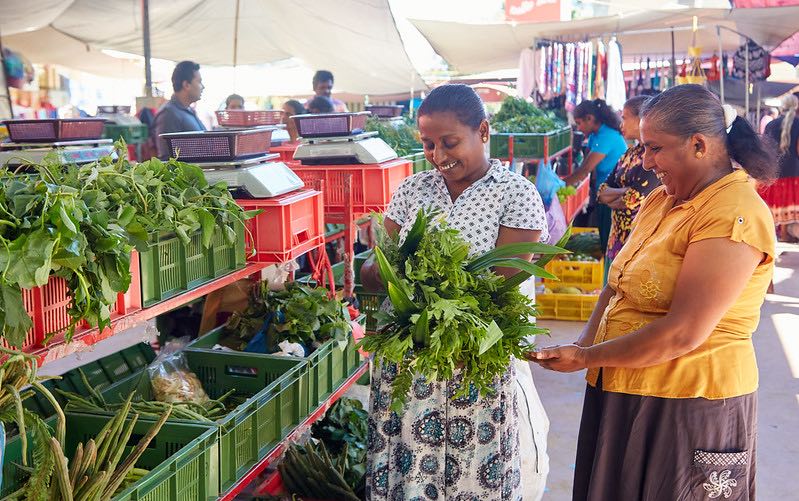
Climate goals and SDGs : Money, that’s what ( we ) want
Closing the finance gap for food systems.
-
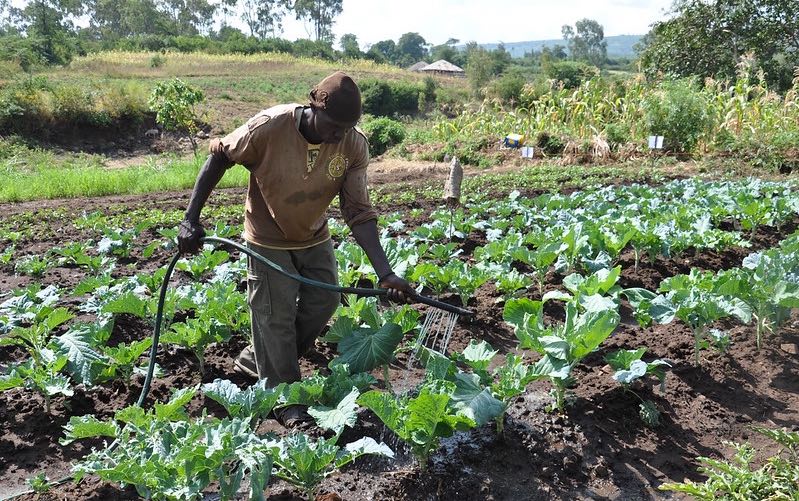
Climate Risk to Resilience: Financing adaptation in African countries
New insights for scaling up efforts in Kenya, Malawi, Mozambique, and Zambia.
-
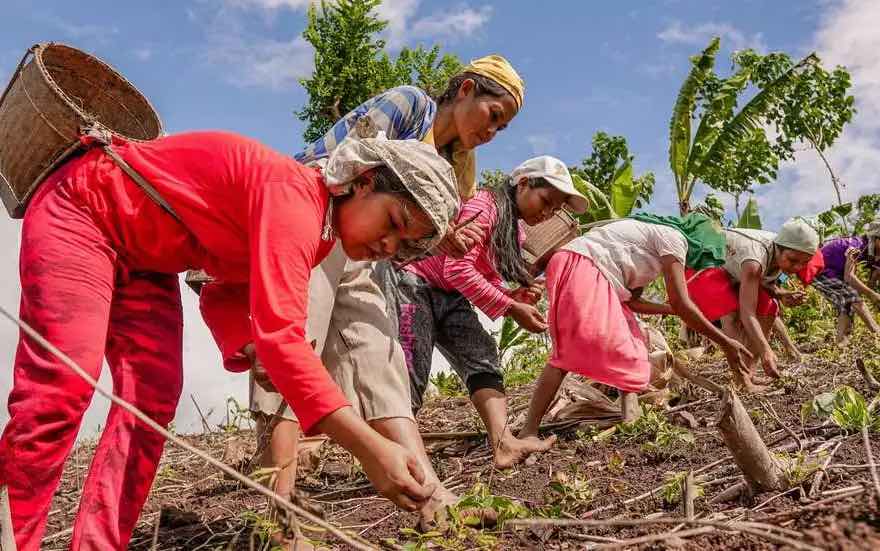
Integrating gender perspectives to prevent or reduce climate crisis impacts
Why women are key to building resilience.
-
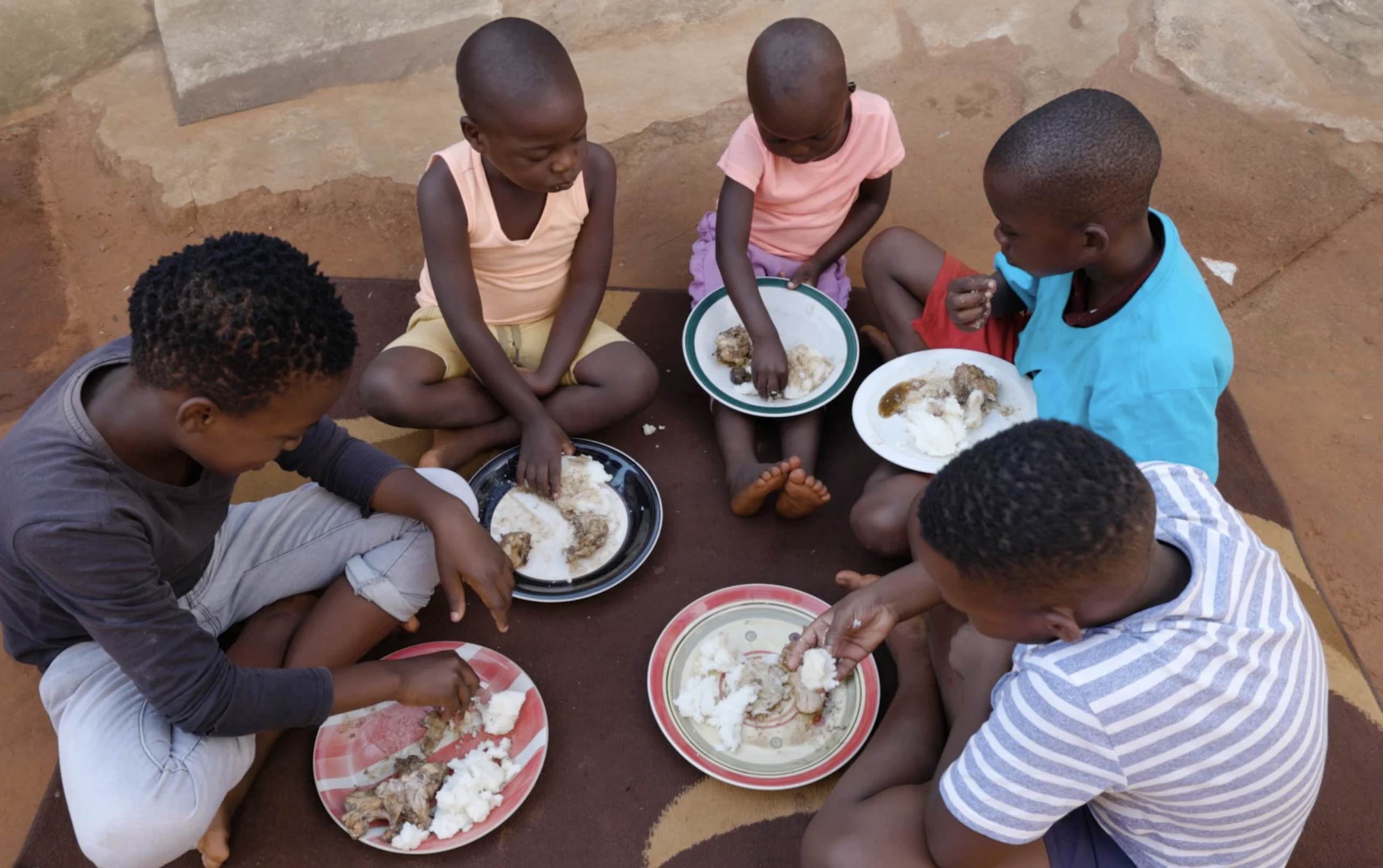
Scaling nutrient-enriched staple crops with the HarvestPlus program: Reaching 100 million people in 20 years
Addressing the global problem of hidden hunger.
-
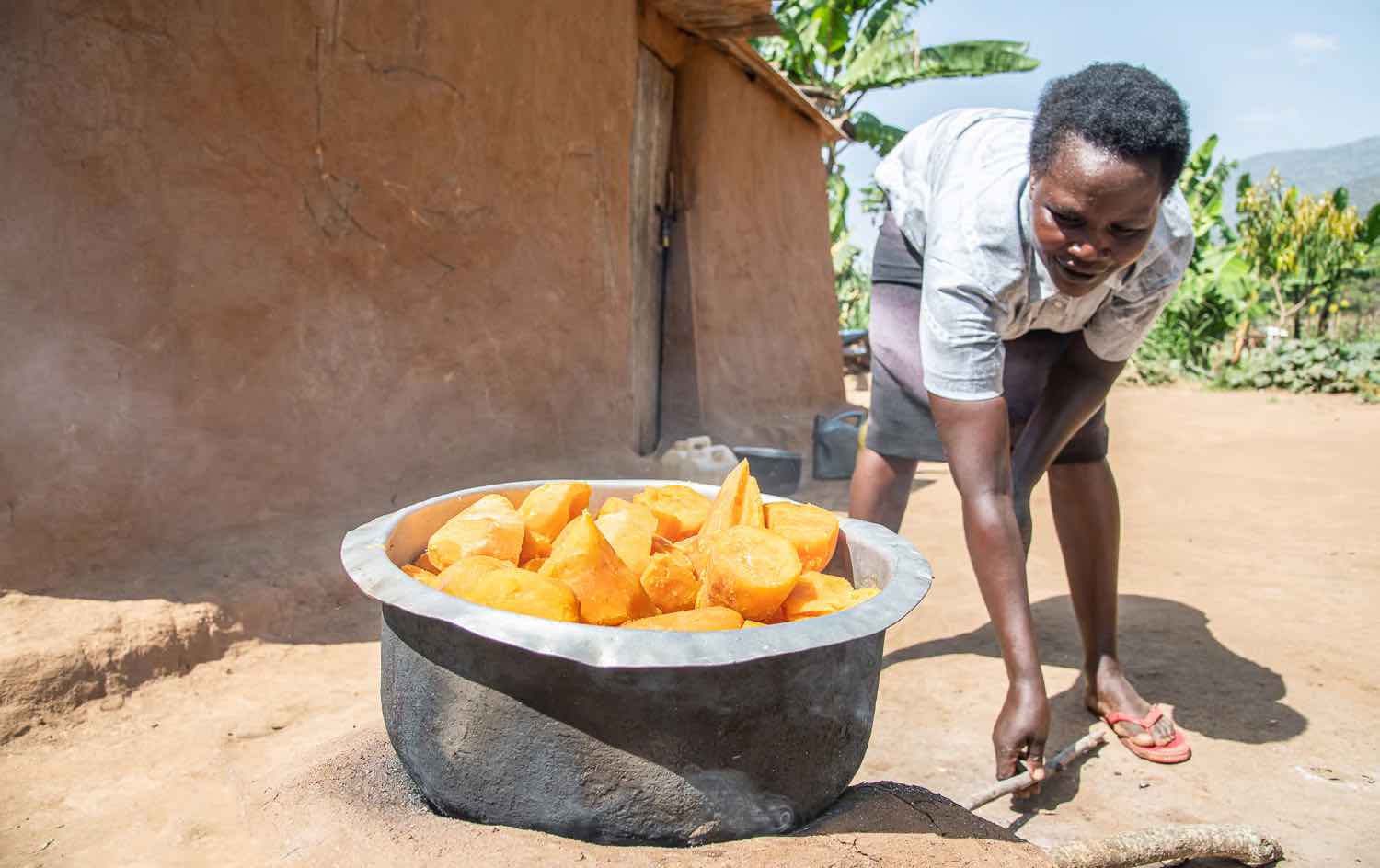
ENRICH project: Educating communities on the benefits of biofortified crops and nutrition-smart agriculture
Twenty years of HarvestPlus programs have a lasting impact.
-
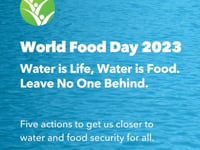
World Food Day 2023: Five actions to get us closer to water and food security for all
This year’s theme: “Water is LIfe, Water is Food, Leave No One Behind.”
-
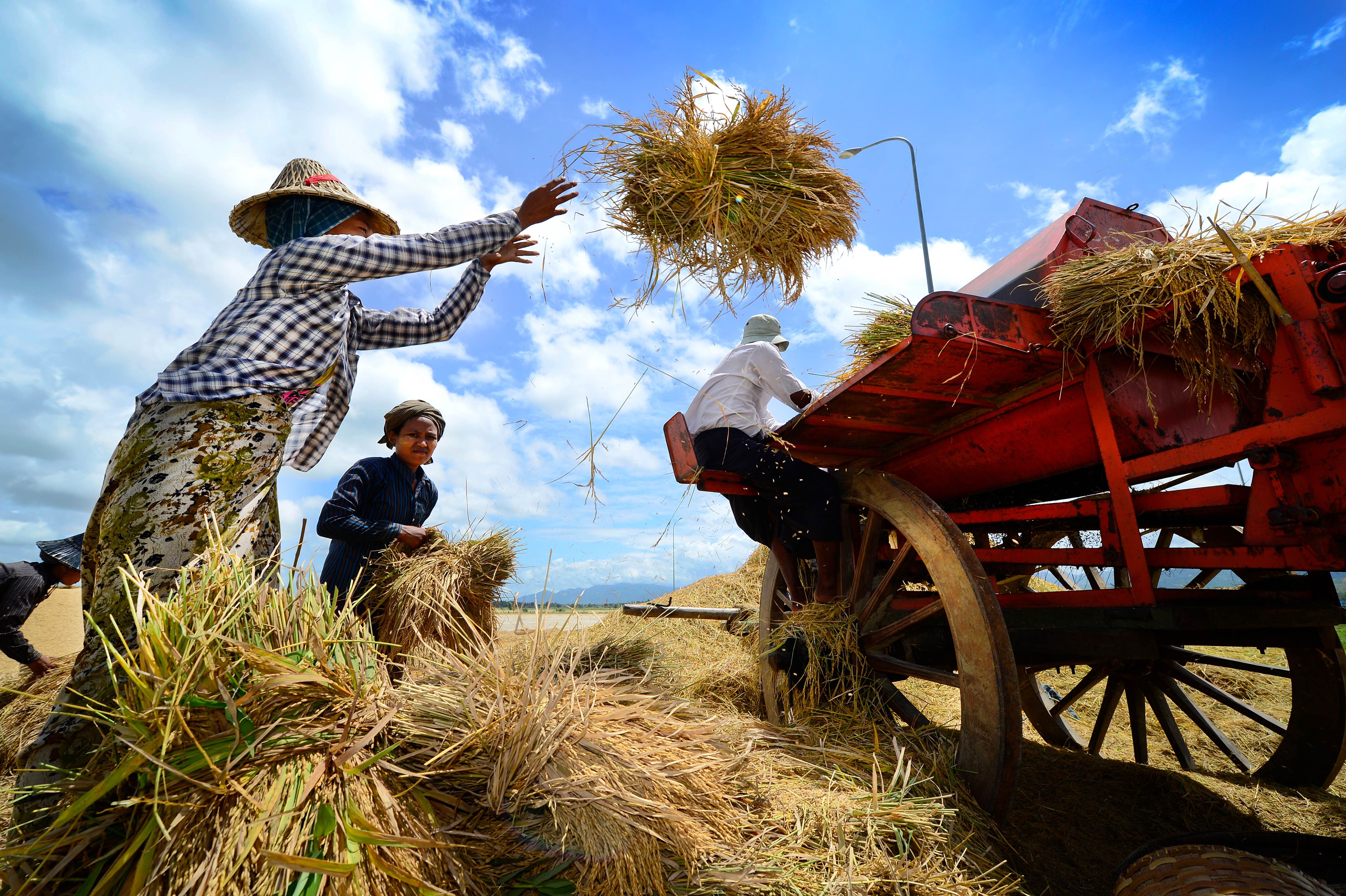
Global rice markets face stresses from El Niño, India export restrictions
Worries mount over continued high prices.
-
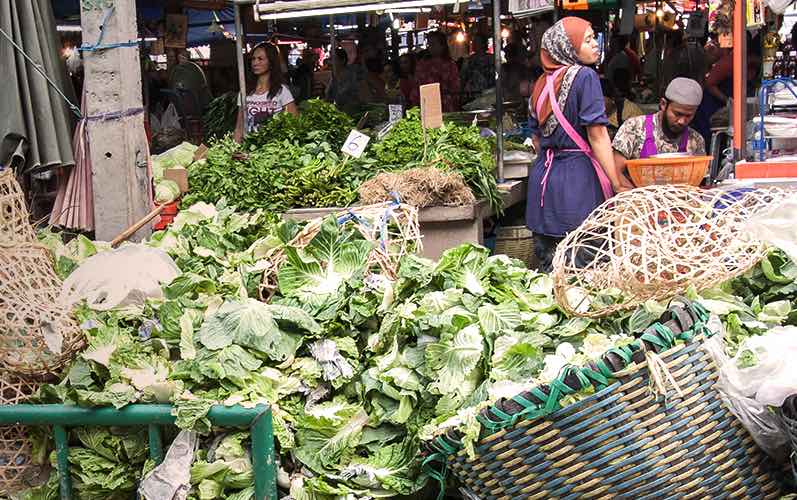
Interview: IFPRI’s Rob Vos on the International Day of Awareness of Food Loss and Waste Reduction
Ways to address a global challenge.
-
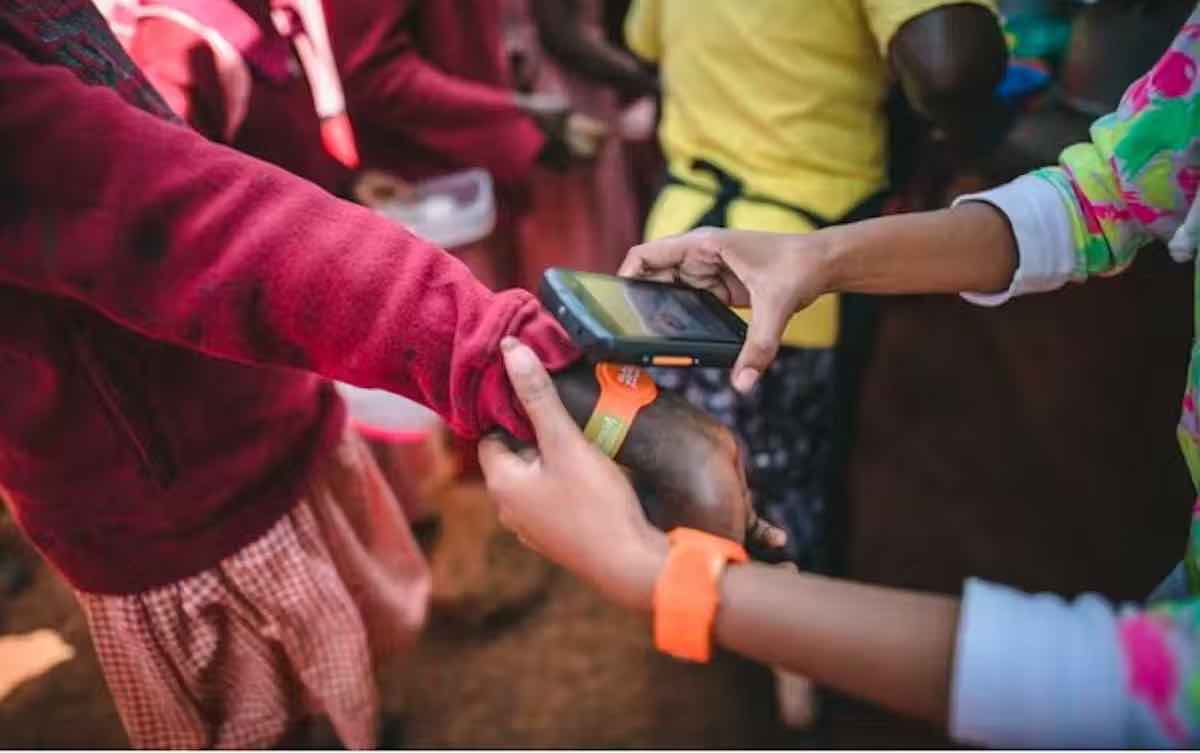
Kenya’s new urban school meal plan is ambitious – and could offer lessons for scaling up
Providing subsidized lunches for 250,000 Nairobi students.
-
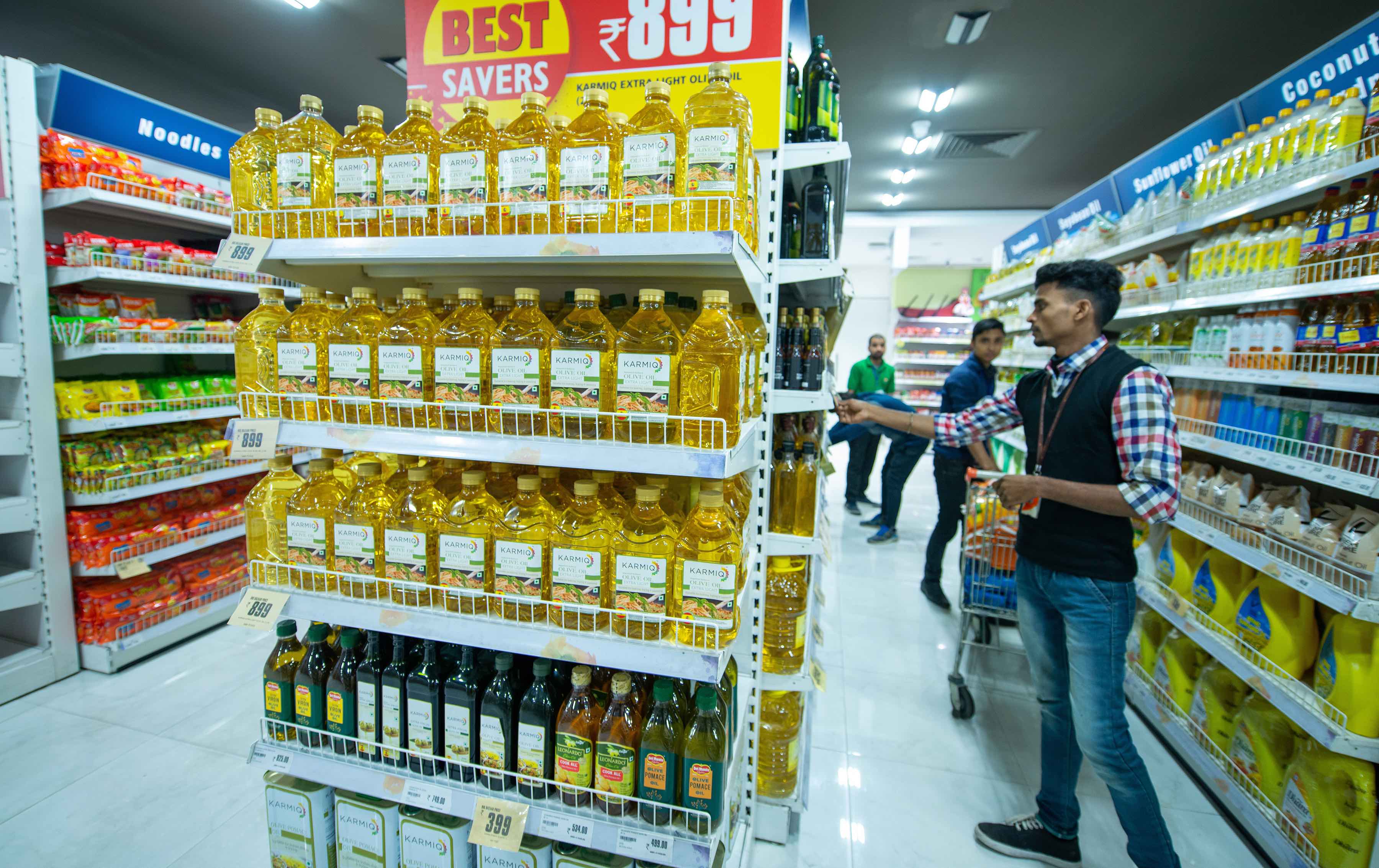
India’s edible oil imports from Nepal: Policy implications of current tariffs and free trade agreements
Explaining a case of tariff arbitrage.
-
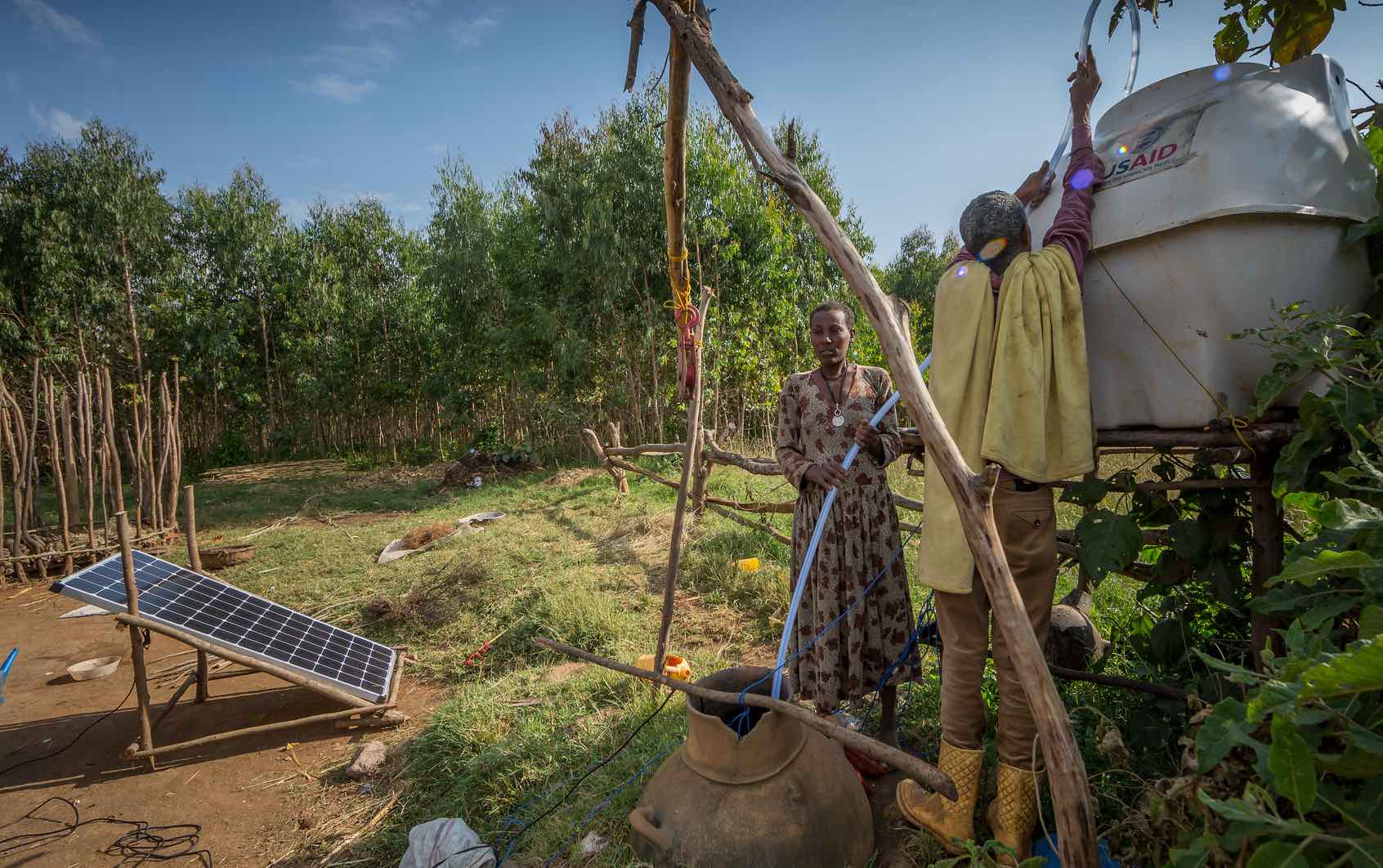
Unlocking the potential of irrigation for improved nutrition in Ethiopia
A key connection between water, diets, and public health.
-
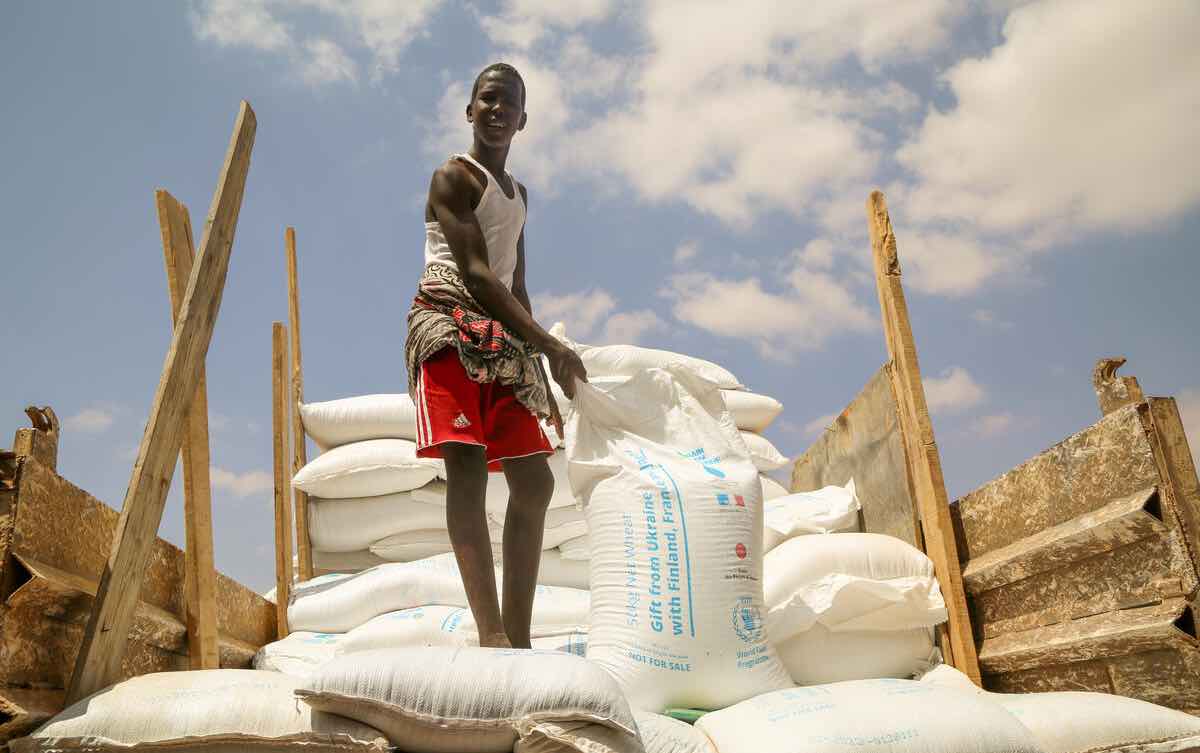
End of the Black Sea Grain Initiative: Implications for sub-Saharan Africa
What may happen as trade in wheat and other commodities is interrupted again.
-

Nigeria’s lesson on scrapping fuel subsidies
Many problems with a policy common in oil-producing countries.
-
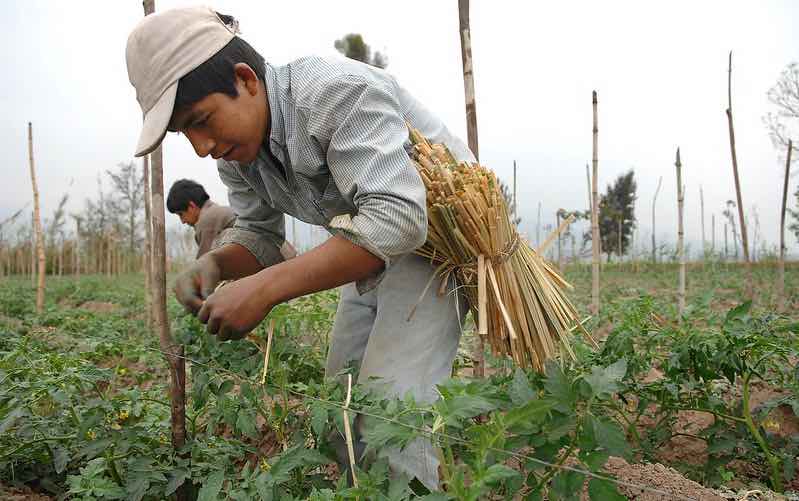
Advancing agricultural trade reforms: Latin American contributions to the multilateral trading system
Will the 2024 13th WTO Ministerial Conference bring real change?
-
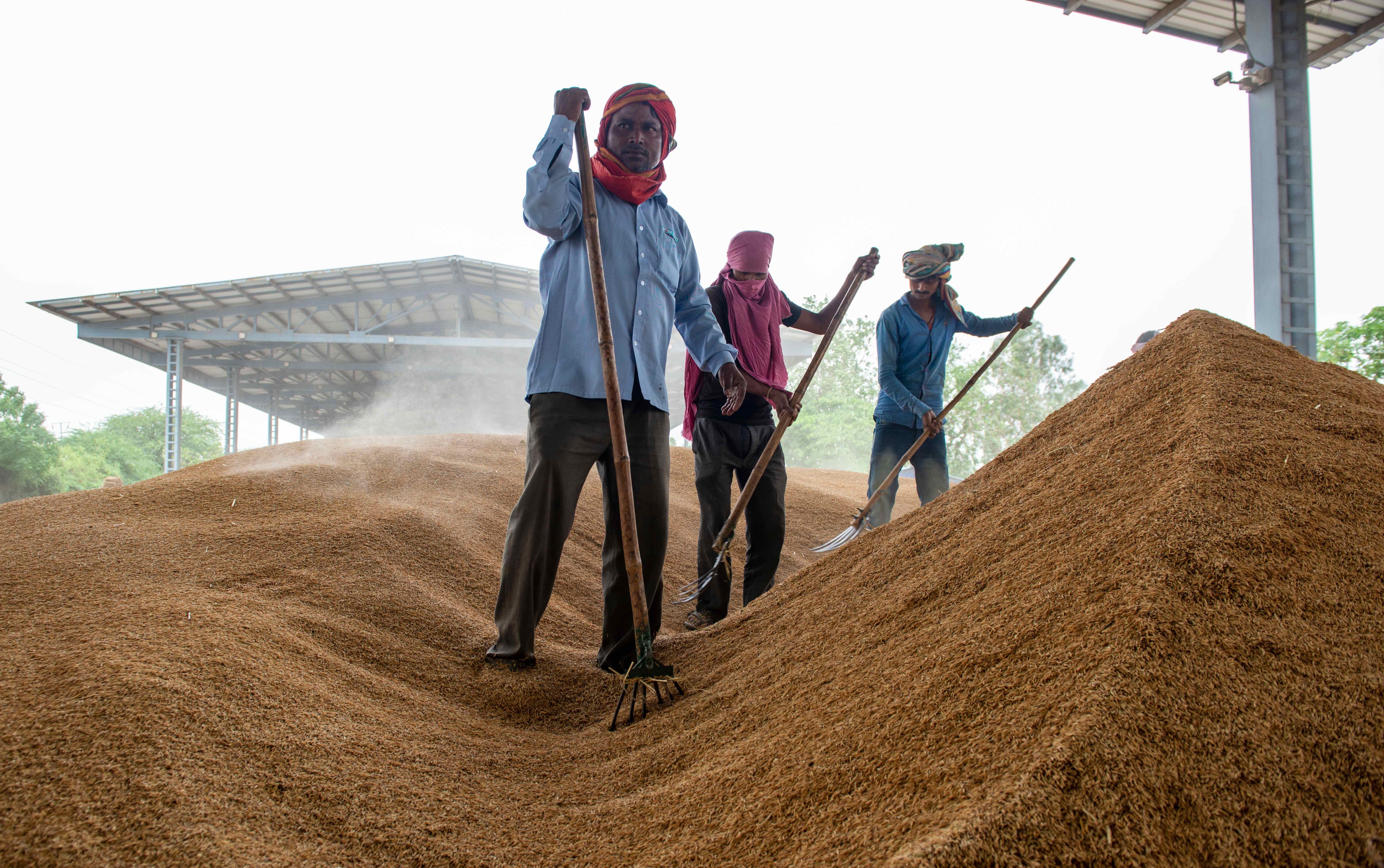
India’s new ban on rice exports: Potential threats to global supply, prices, and food security
New commodity market risks.
-

Russia terminates the Black Sea Grain Initiative: What’s next for Ukraine and the world?
New problems as a key agricultural trade route is cut off.
-
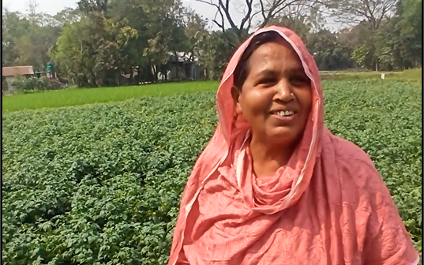
Sowing the seeds of resilience among smallholder farmers in Bangladesh
Benefits of climate-smart strip-planting.
-
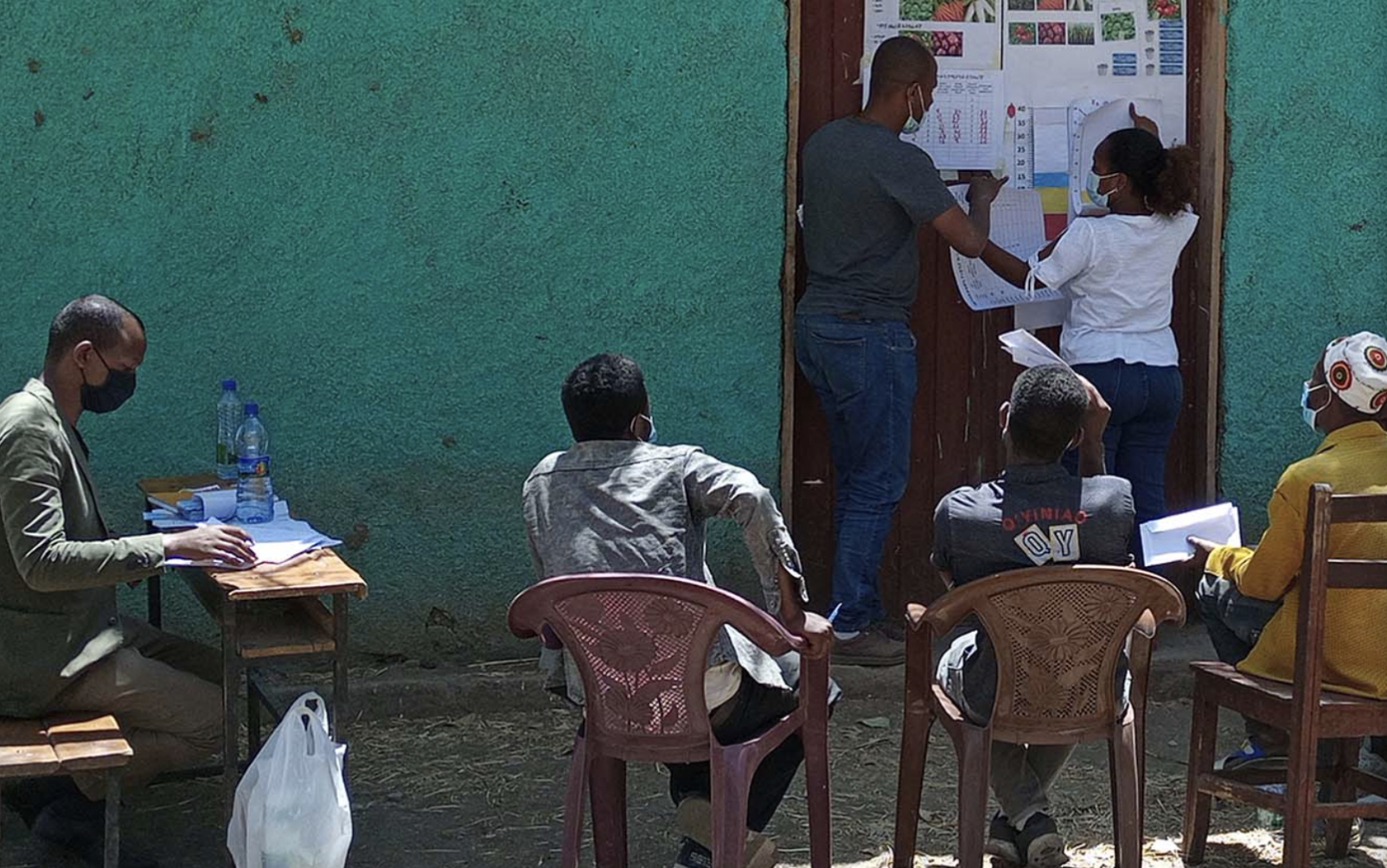
‘When the water goes down, we remember the games’: A photo story on groundwater governance in Ethiopia
Refining understanding and management options for a key resource.
-

Australia’s Murray-Darling Basin shows why the ‘social cost of water’ concept won’t work
A complex resource resists unitary assessments.
-
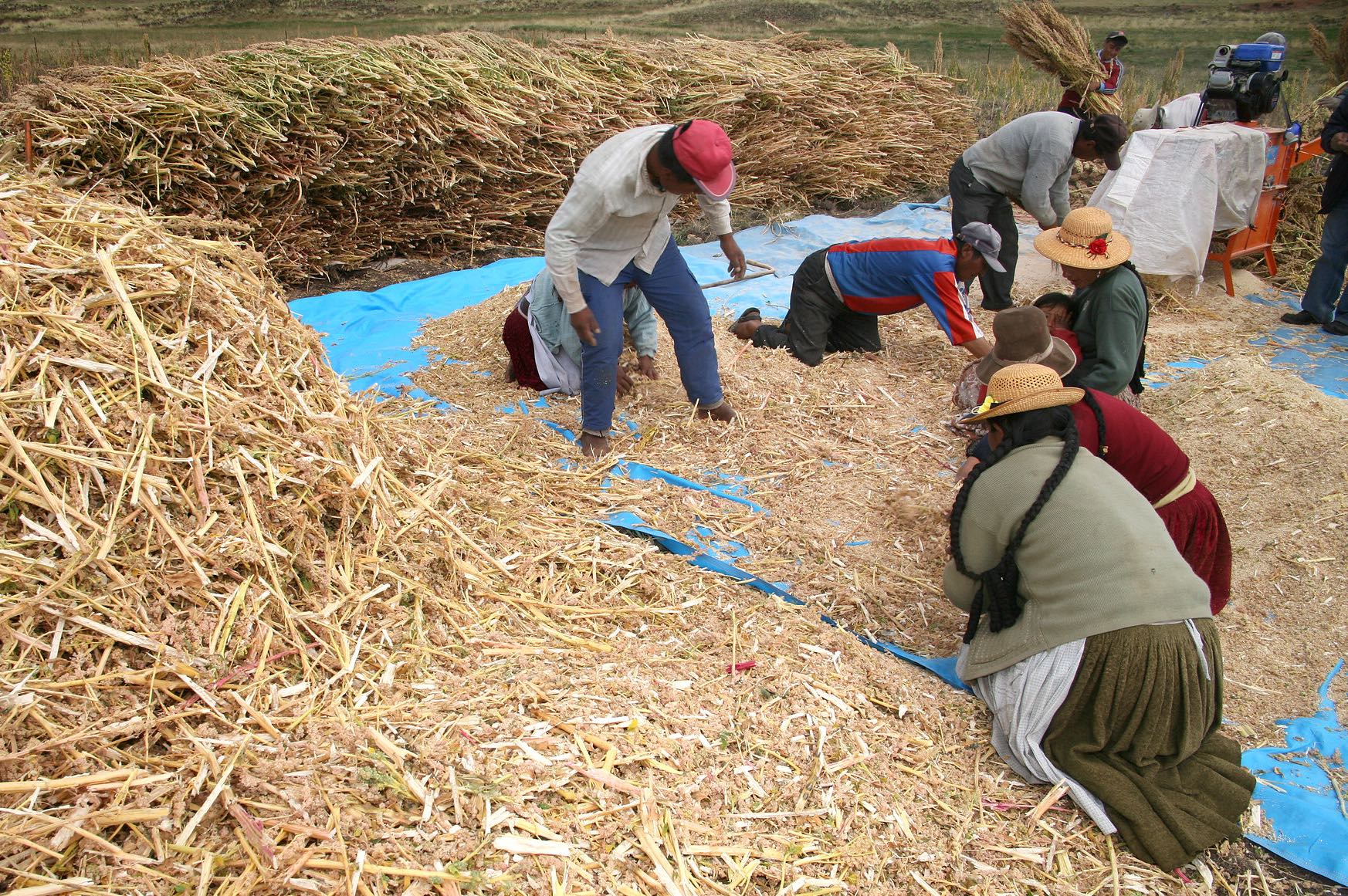
Realizing the potential of neglected crops in Latin America
Quinoa, acai, and other foods can expand markets and improve diets.
-
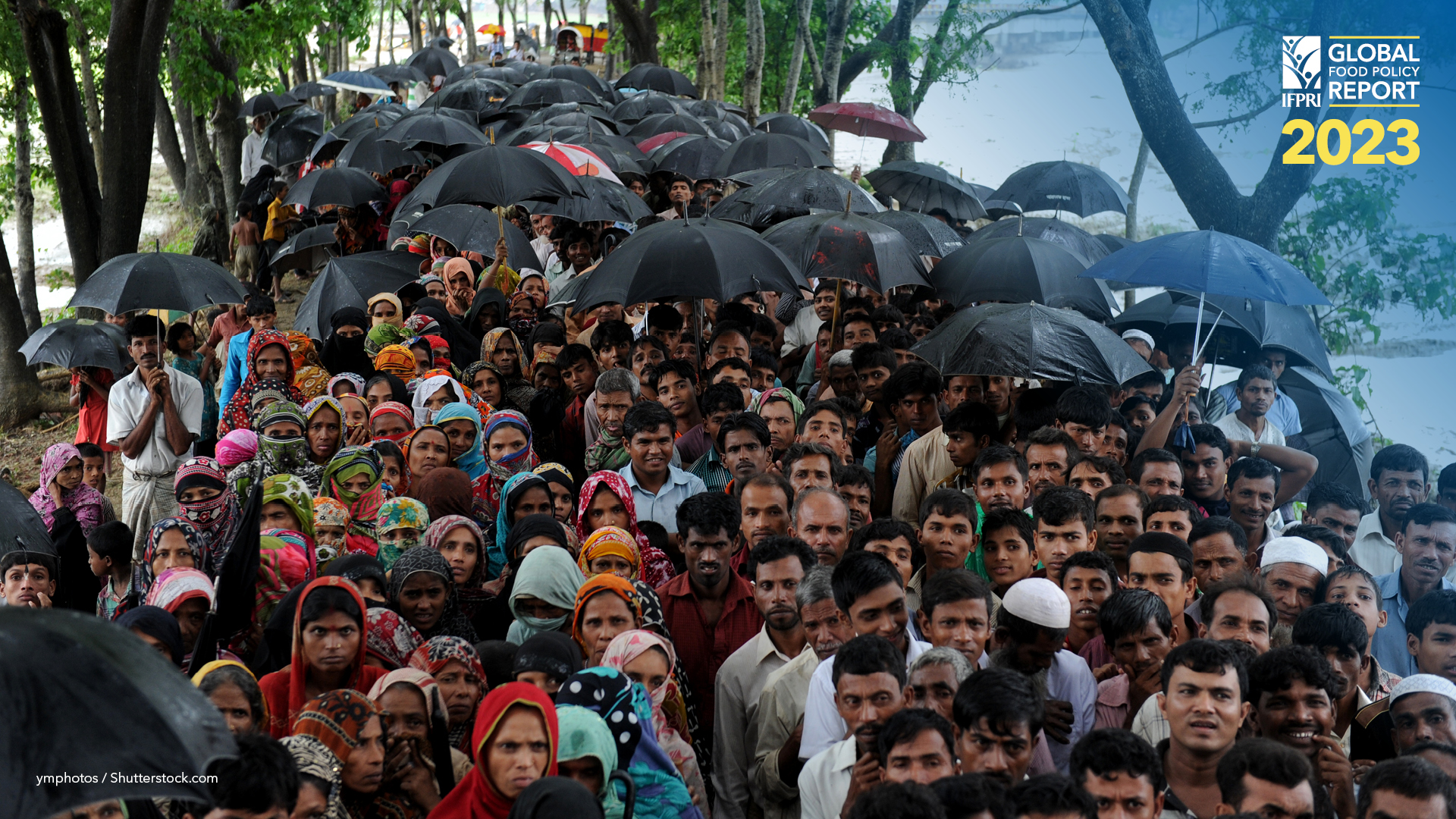
Forced migration: Policy responses to improve outcomes
Exploring the significance of World Refugee Day and the complex dynamics of global migration.
-
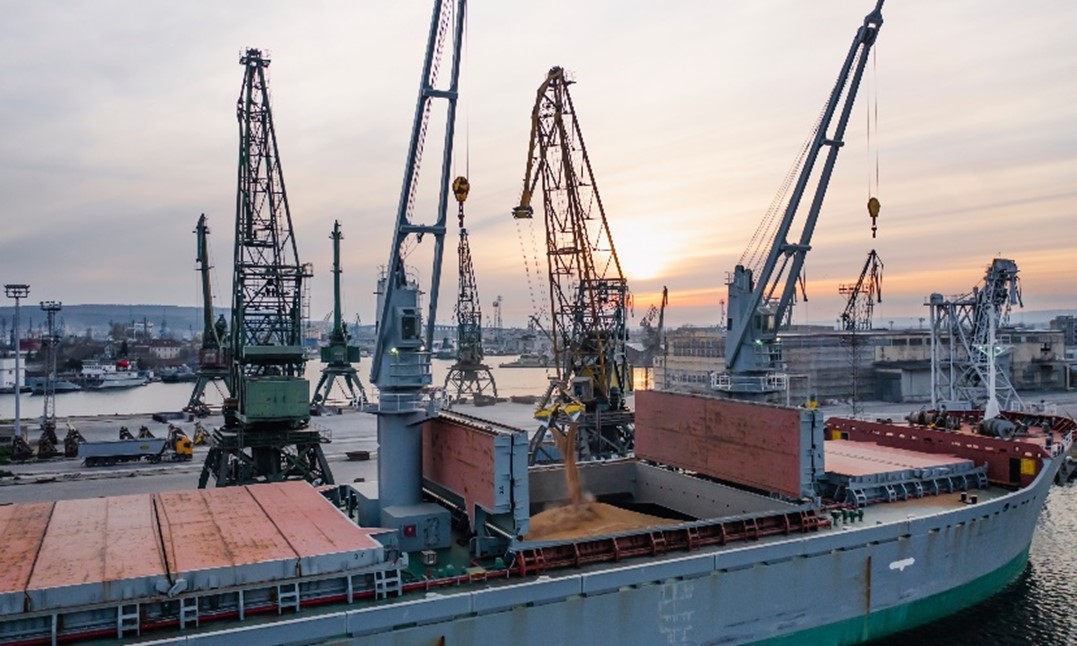
Increased tensions in Ukraine again threaten the Black Sea Grain Initiative
The collapse of the Nova Kakhovka dam and the damage of the ammonia pipeline renew worries about the deal termination.
-
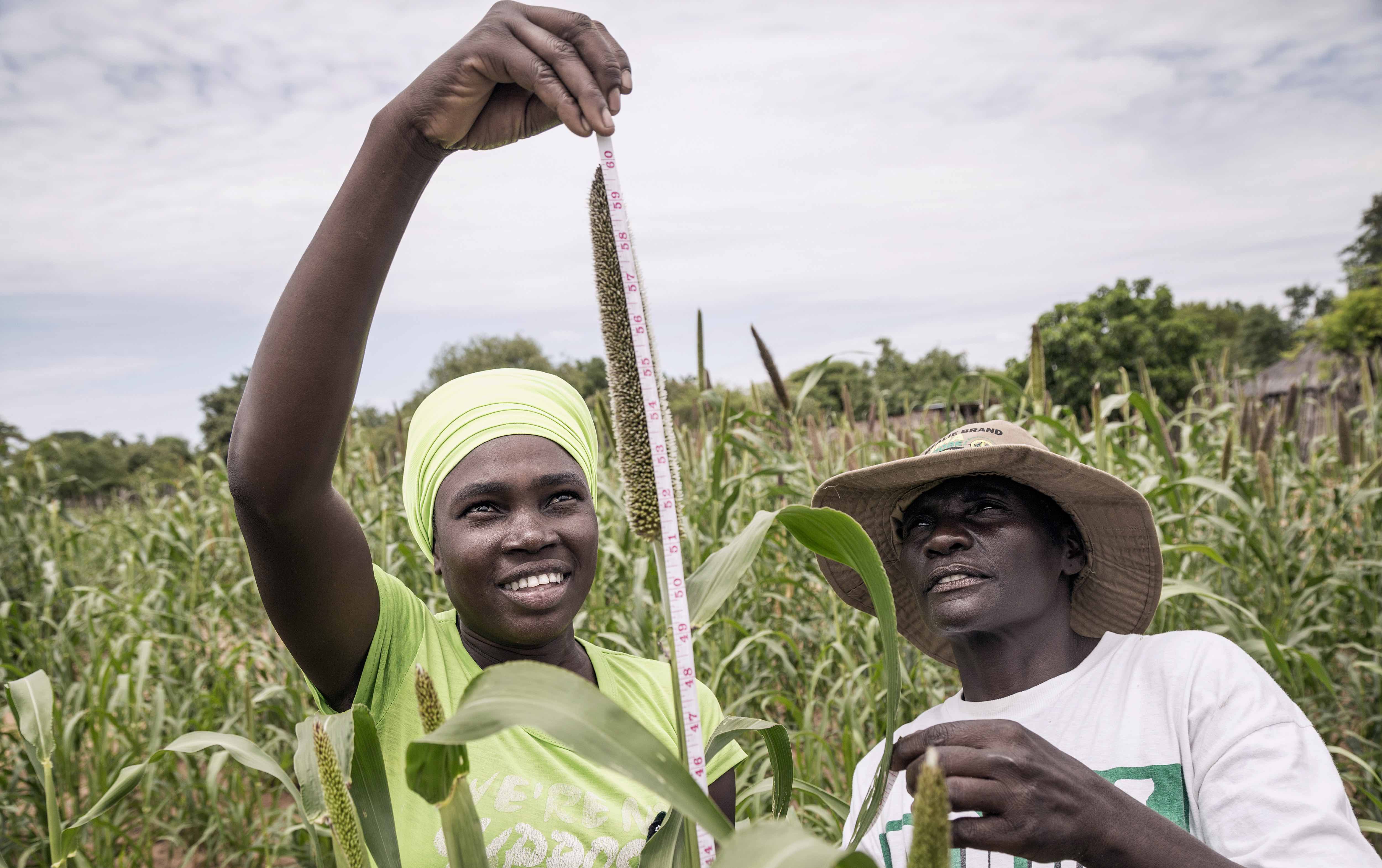
Bringing back neglected crops: A food and climate solution for Africa
The promise of sorghum, kale, and other traditional food items.
-
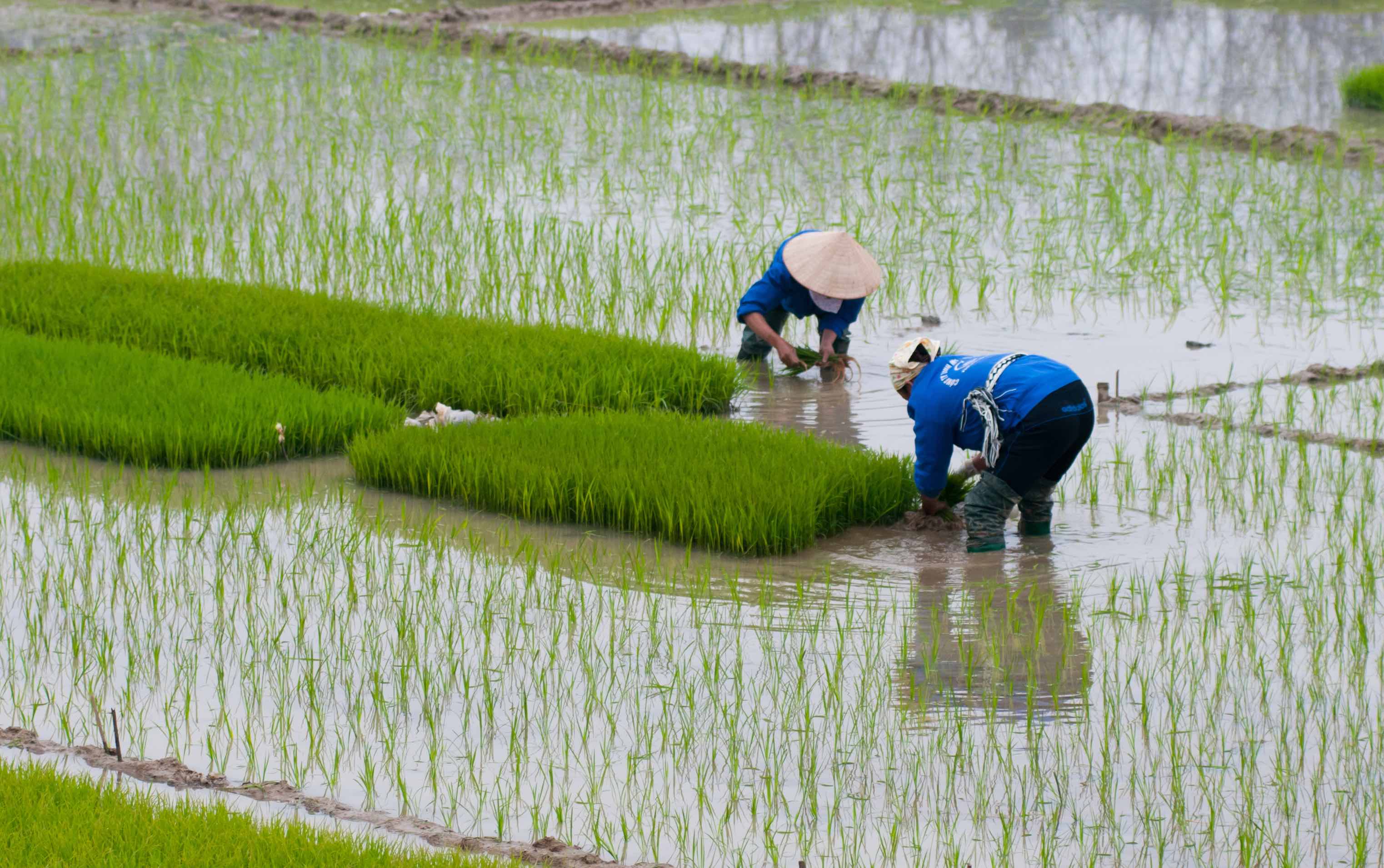
Rice markets in South and Southeast Asia face stresses from El Niño, export restrictions
After a period of relative tranquility, trouble looms.
-
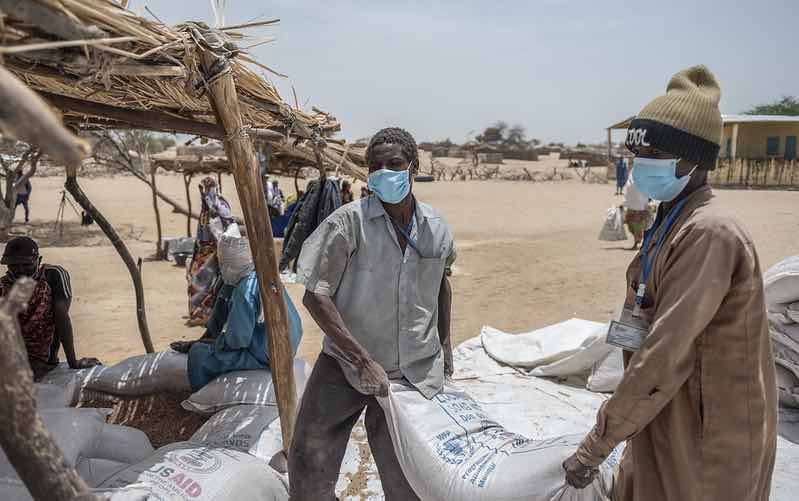
Six lessons learned from a year of multiple crises: Beyond the Russian invasion of Ukraine
Strategies and policies to build food system resilience.
-
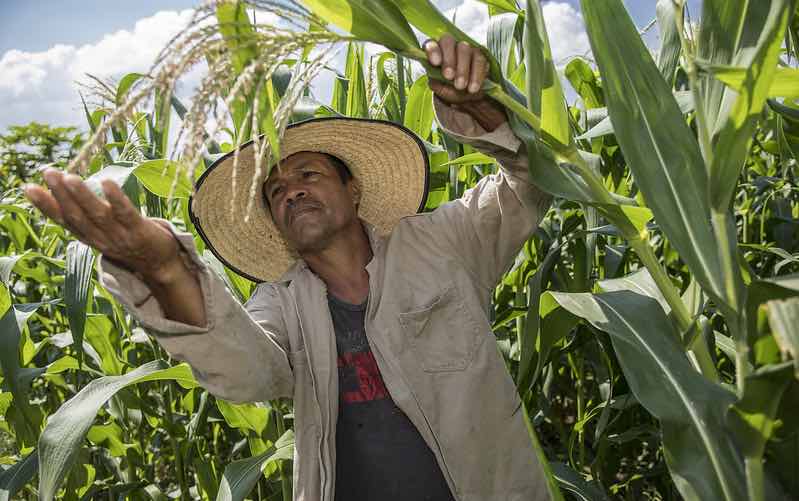
HarvestPlus: Twenty years of enriching diets with biofortification
A key tool in the battle for better nutrition and health.
-
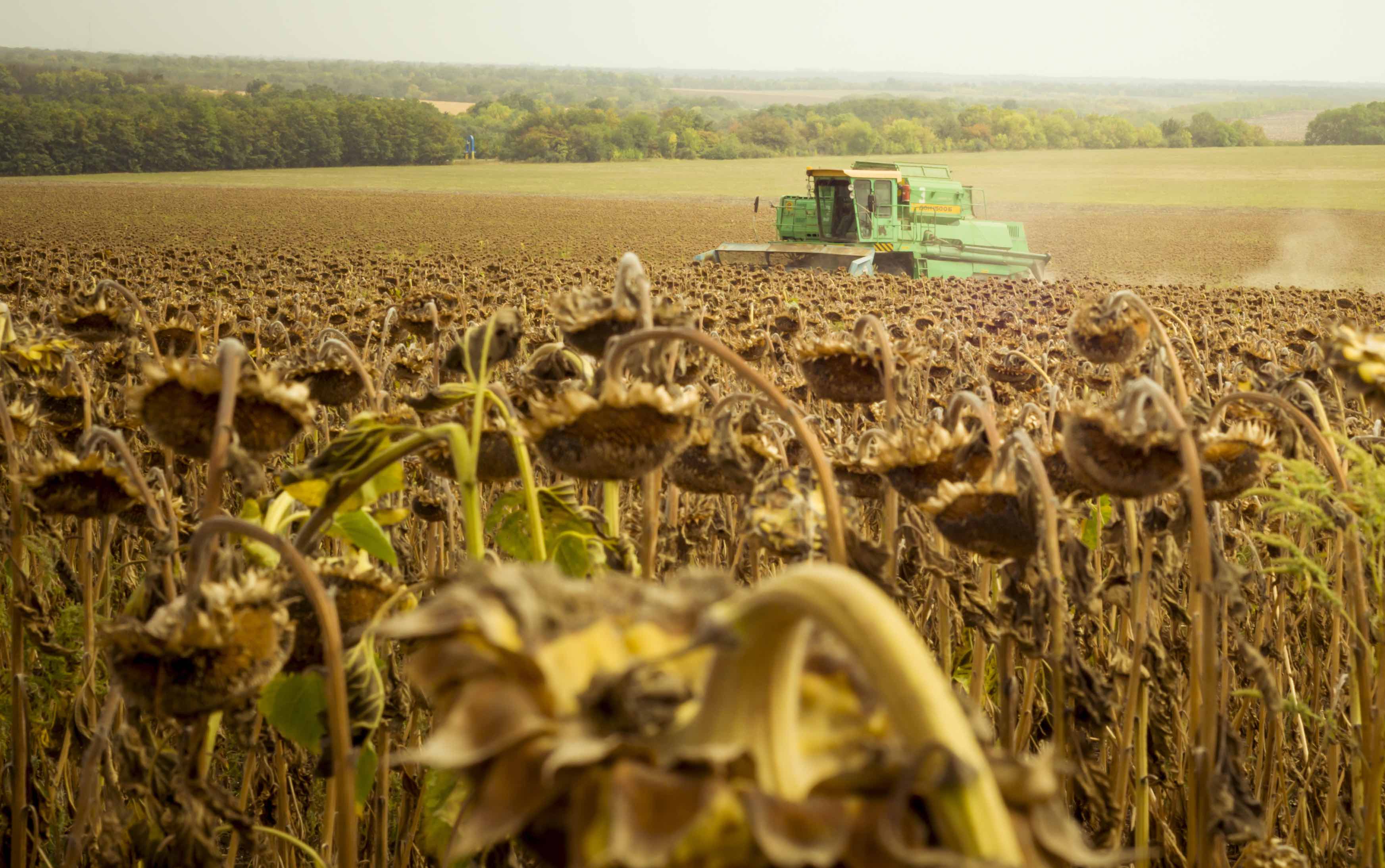
Eastern European farmers protest gluts of Ukraine food exports: The struggle to keep solidarity lanes open
More war-related agricultural market disruptions.
-

Earth Day 2023: Empowering local communities as stewards of Earth’s freshwater resources
Advantages of Community-Based Conservation.
-
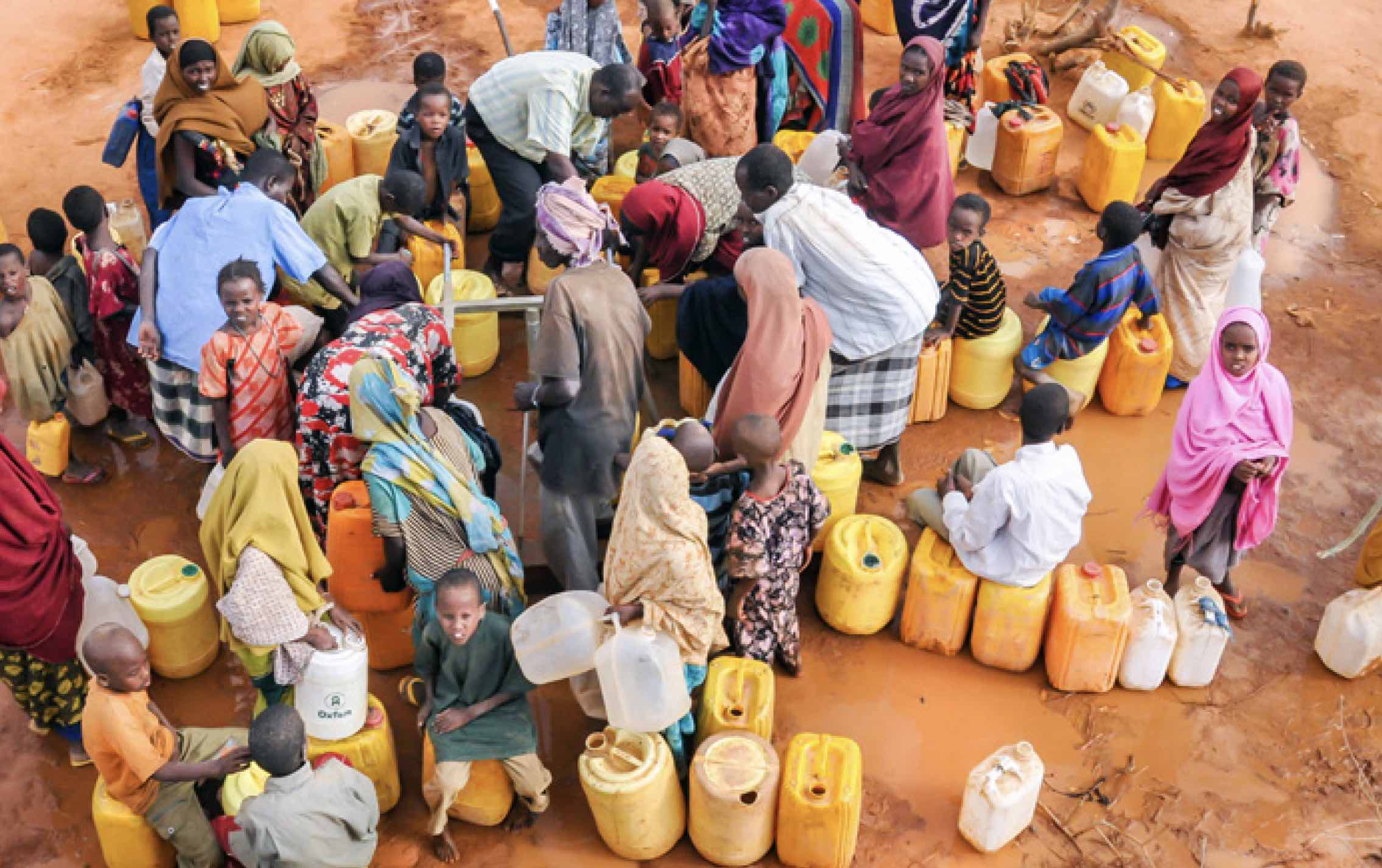
We must build food system resilience before the next crisis
Useful approaches to heading off shocks.
-
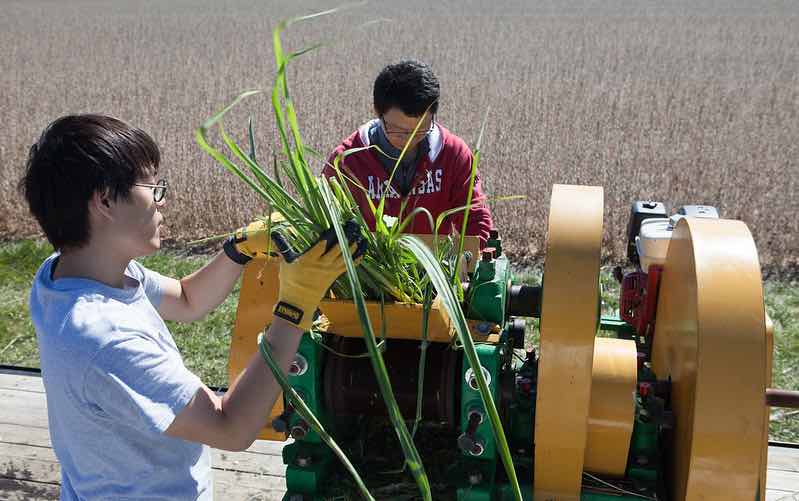
Food versus Fuel v2.0: Biofuel policies and the current food crisis
The Ukraine war resurrects an important policy debate.
-
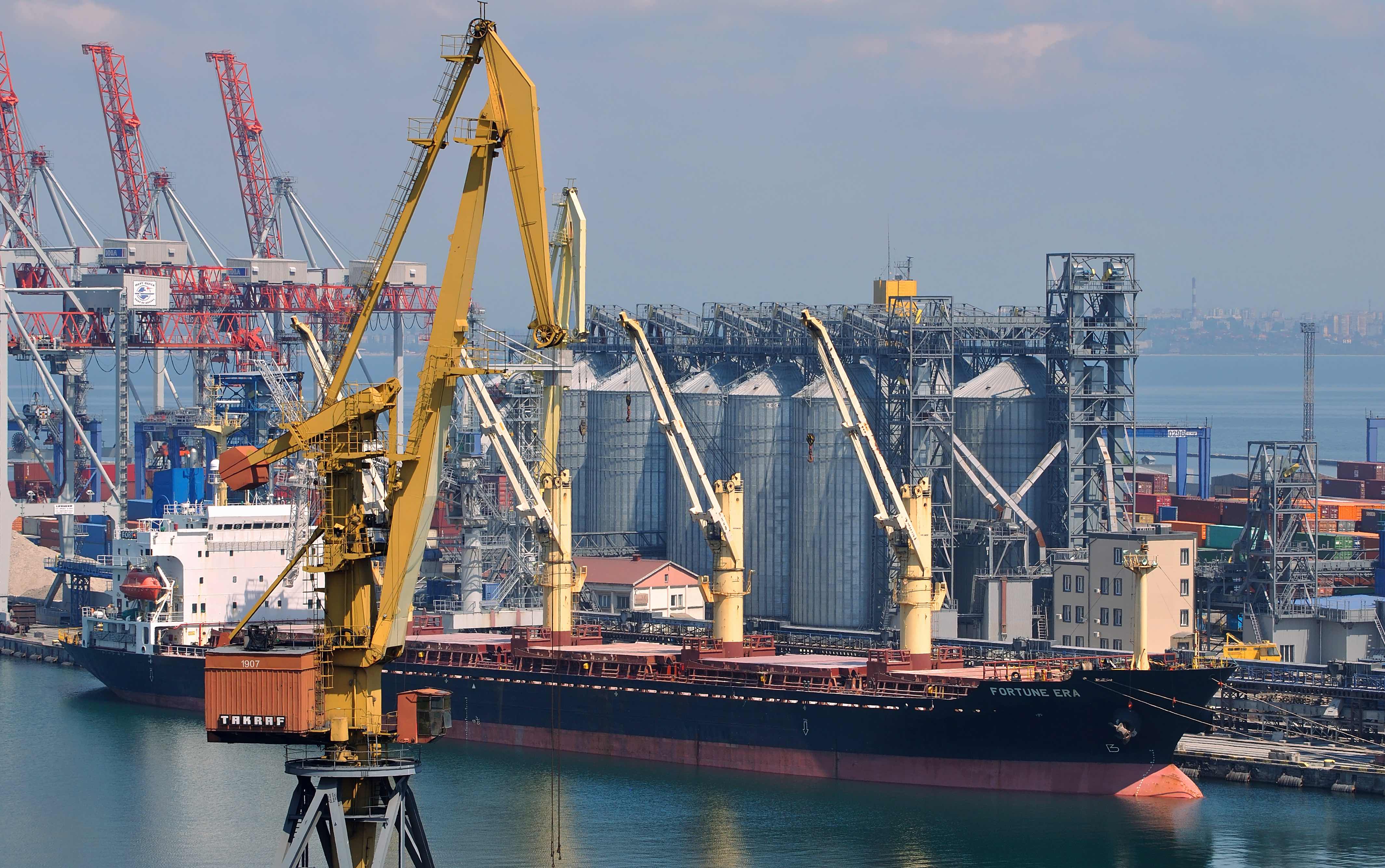
The Russia-Ukraine war’s impact on global food markets: A historical perspective
Charting the post-Soviet rise of two major exporters.
-
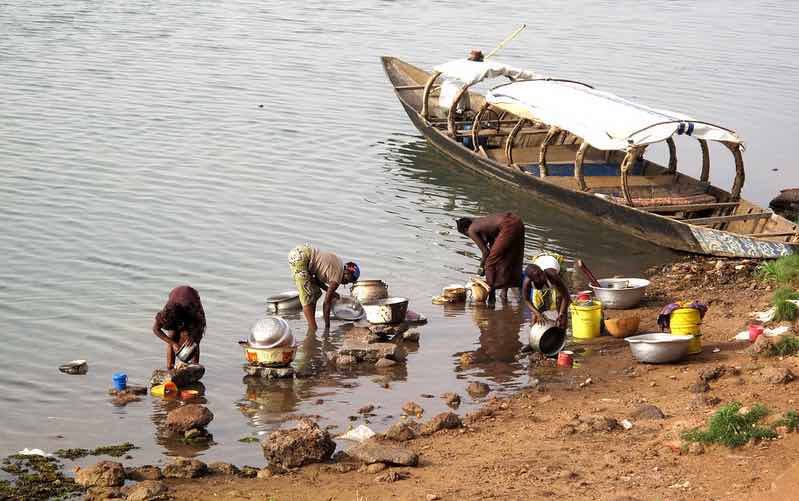
Journée mondiale de l’eau: Coopération pour accélérer le changement
A nine-country effort to manage a delicate resource.
-

World Water Day 2023: Cooperation for accelerating change in the Niger River Basin
A nine-country effort to manage a delicate resource.
-

40 years of learning: Nepal irrigation systems
Revisiting Nepal’s farmer-managed irrigation systems.
-
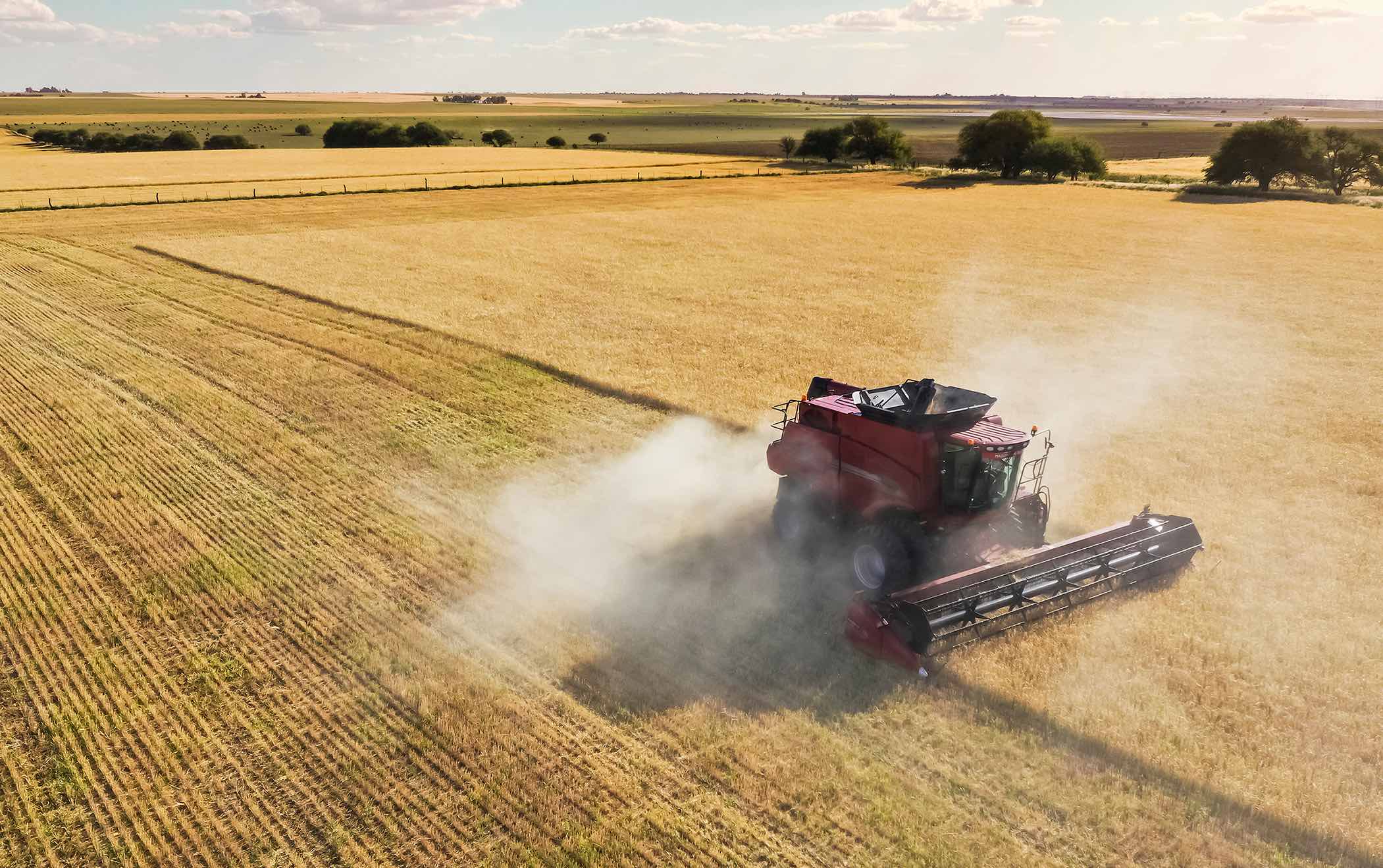
Assessing tight global wheat stocks and their role in price volatility
Continuing market stresses from the Russia-Ukraine war.
-
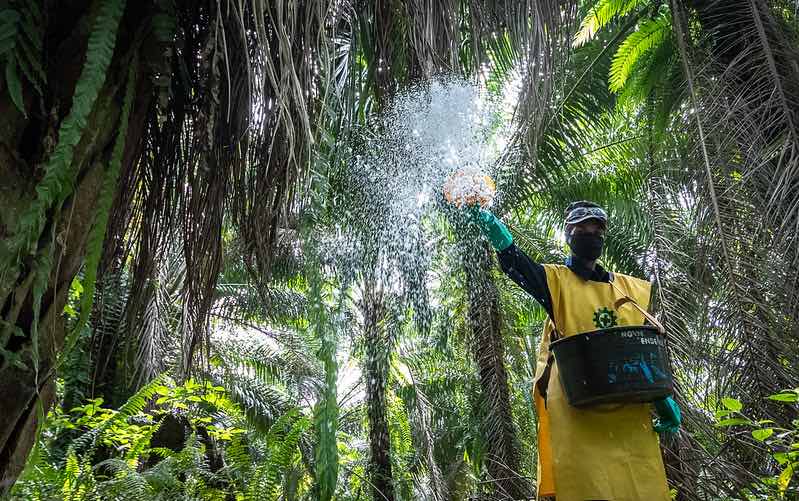
The Russia-Ukraine war after a year: Impacts on fertilizer production, prices, and trade flows
Global agriculture contends with major disruptions.
-
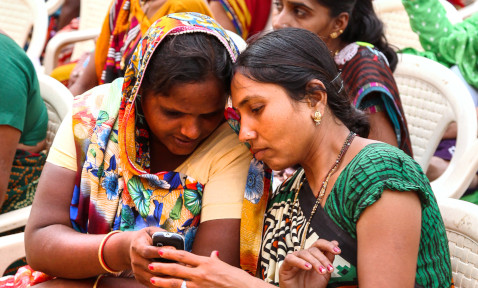
International Women’s Day 2023: IFPRI researchers on gender and technology
Insights from projects around the world.
-
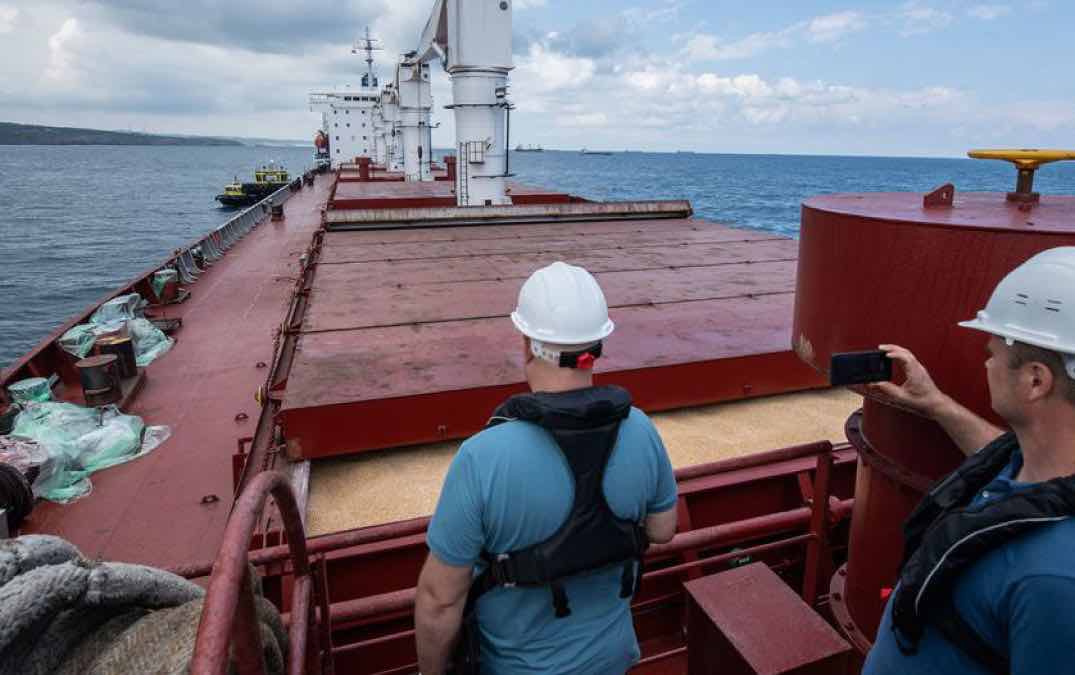
Ukraine one year later: Impacts on global food security
How markets and food systems have fared in a dangerous crisis.
-
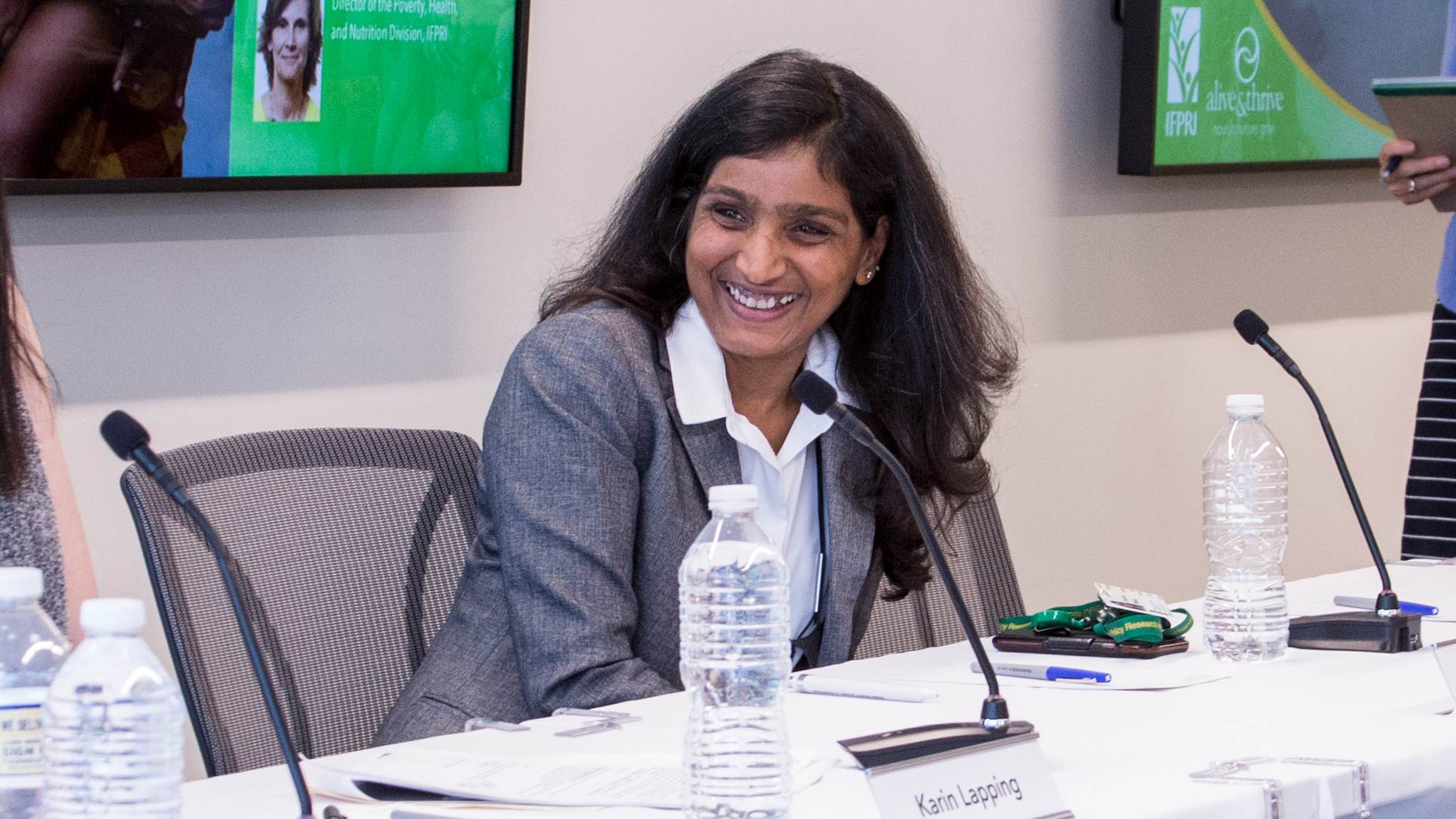
International Day of Women and Girls in Science: Interview with Purnima Menon
A leading nutrition researcher traces her career.
-
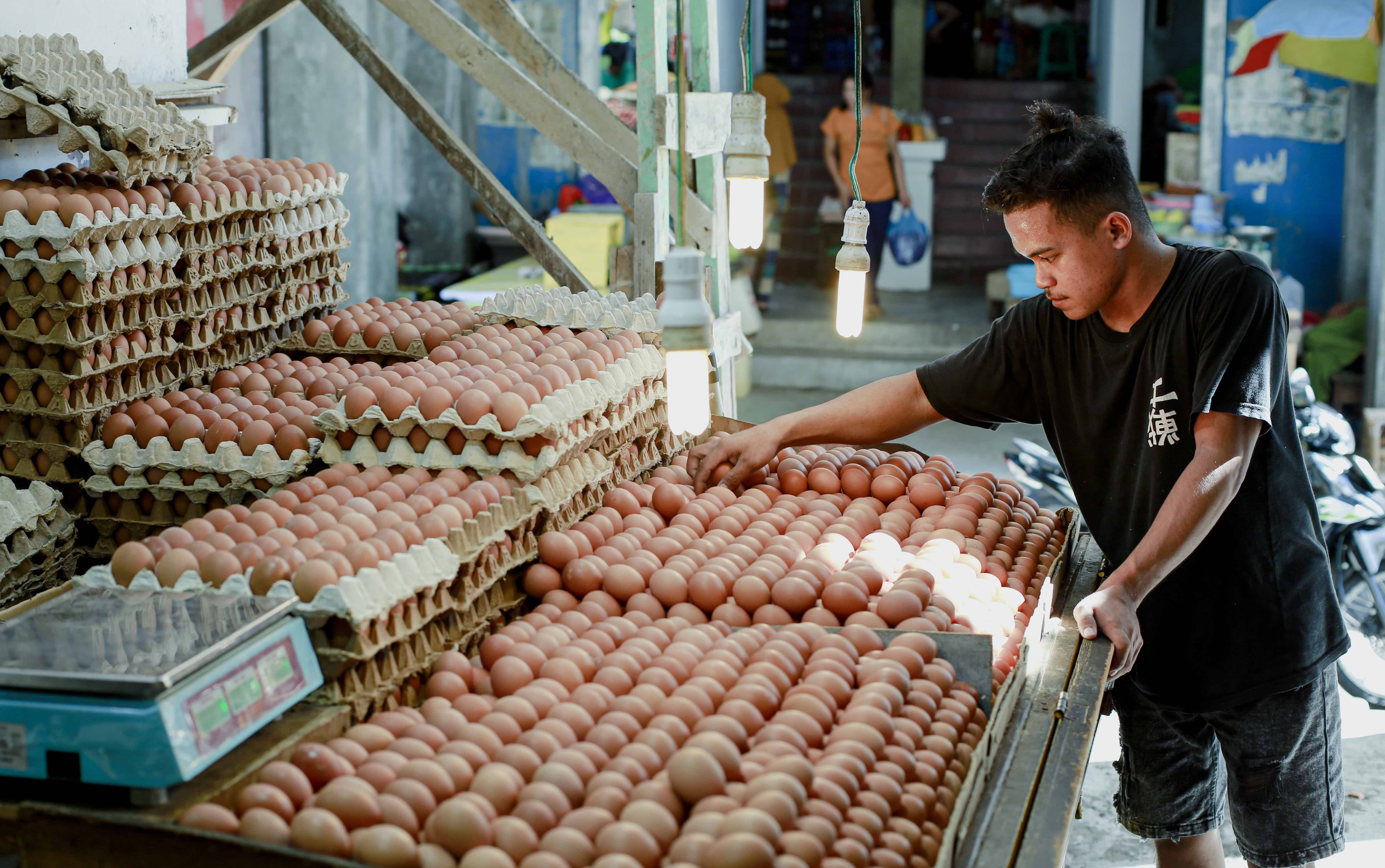
Is food price inflation really subsiding?
Continuing uncertainties for 2023.
-
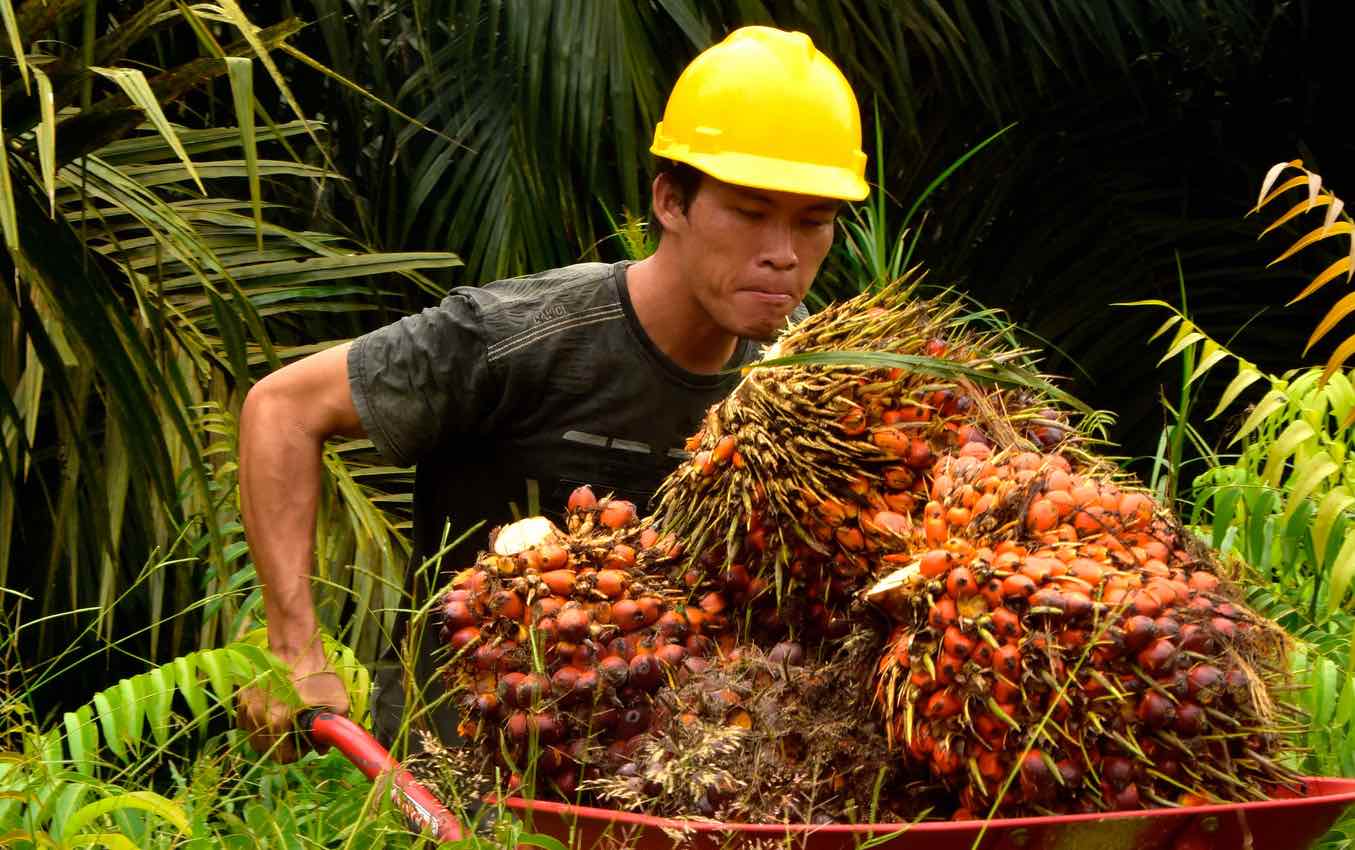
Food export restrictions have eased as the Russia-Ukraine war continues, but concerns remain for key commodities
Uncertainties include lingering high domestic food prices in many countries.
-
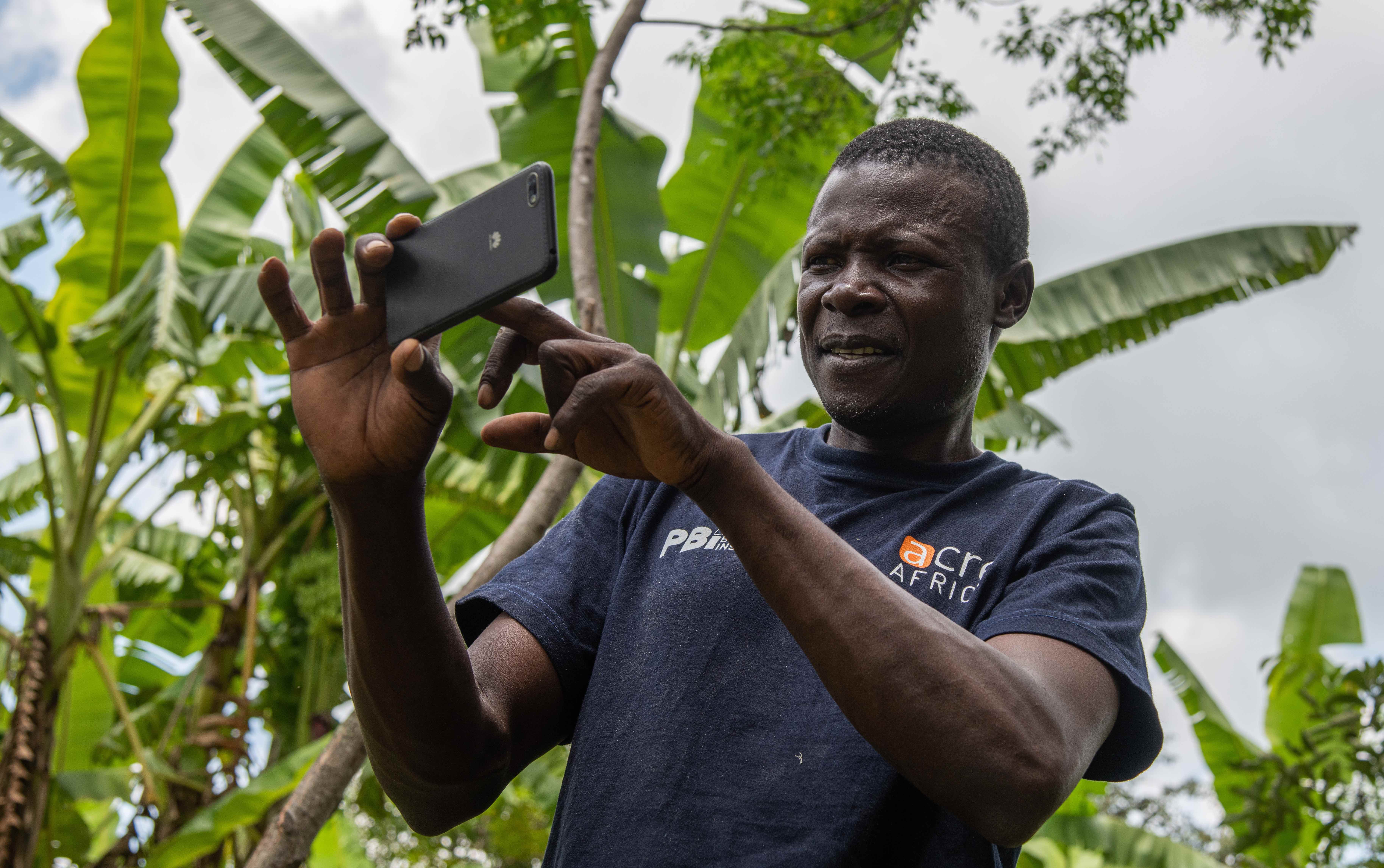
Developing and implementing Picture-Based Advisories (PBA) for farmers in Kenya
A new way to offer targeted extension information.
-
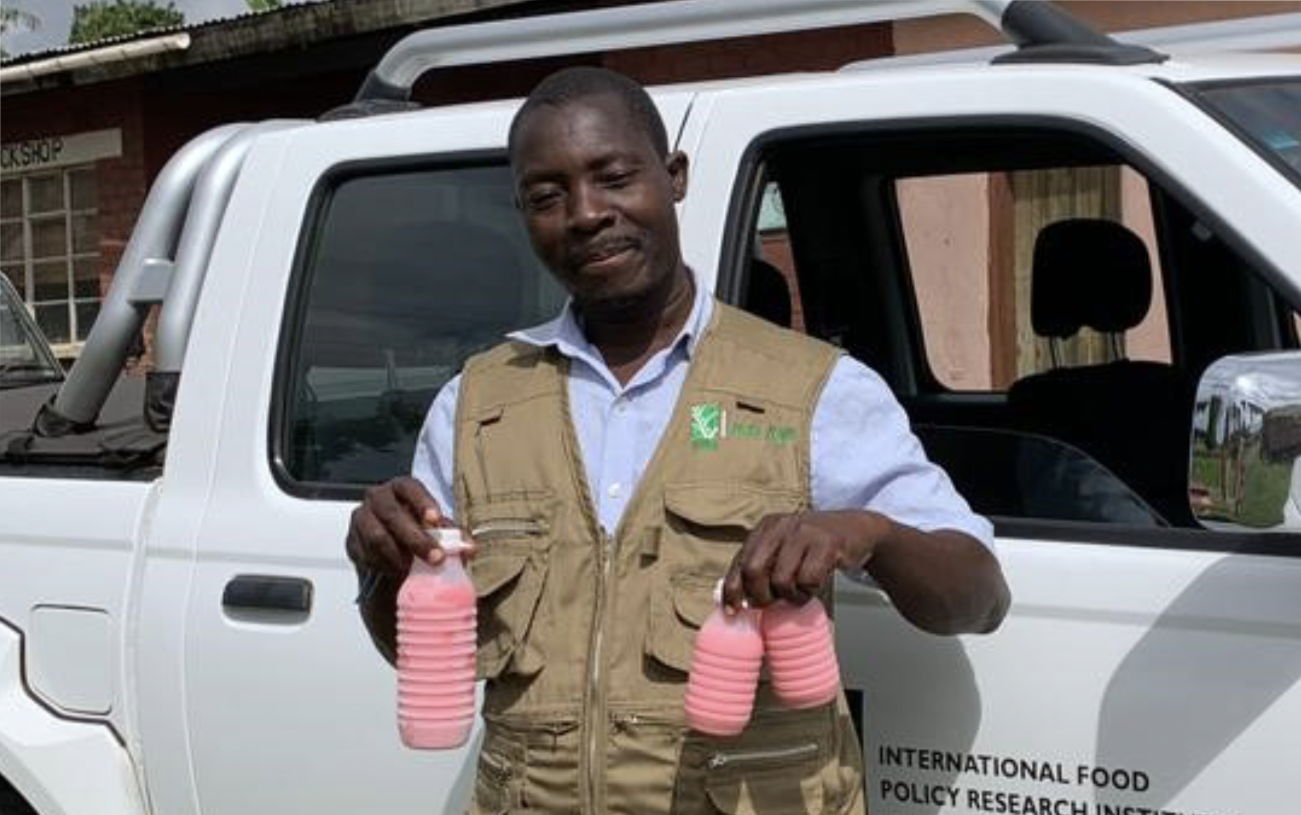
Photo essay: Talking to farmers in Malawi to understand how to improve agricultural cooperative performance
Focus groups and other approaches help clarify what works.
-
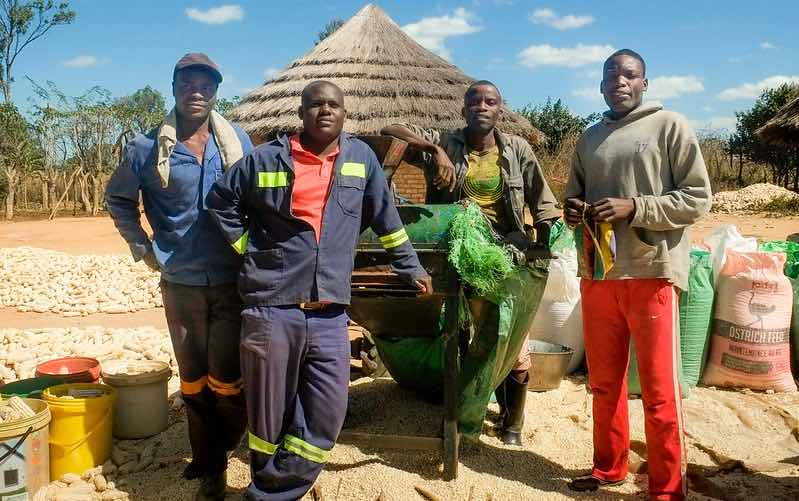
Unleashing the power of young agripreneurs
A key to improving economic prospects in rural areas around the world.
-
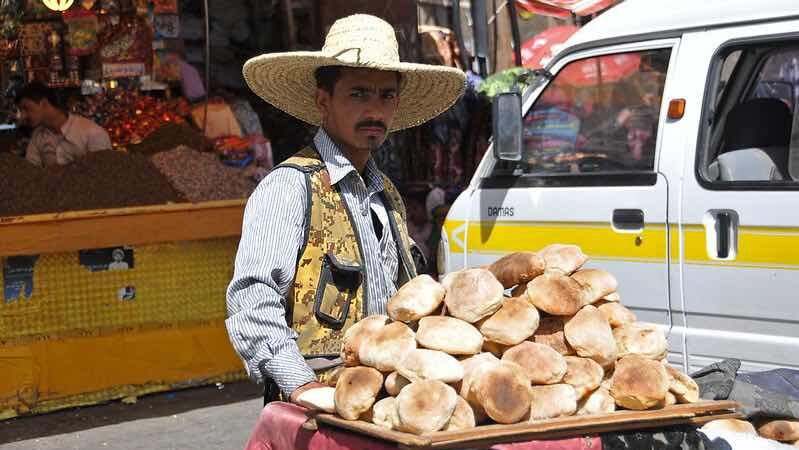
Addressing the food crisis in Yemen: The private sector’s key role amid local conflict and global market disruptions from the Russia-Ukraine war
A tenuous food security situation faces shifting pressures.
-
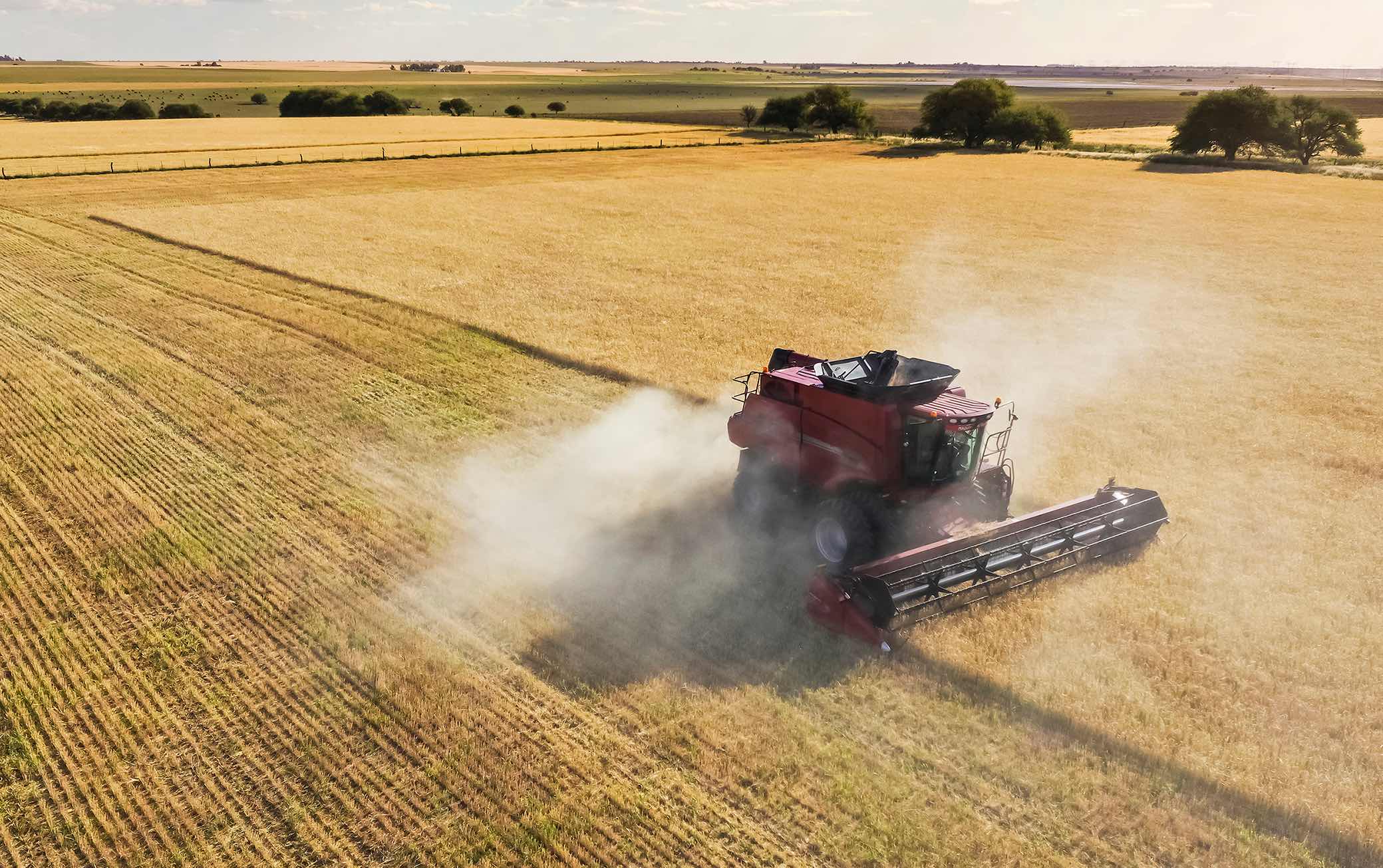
Can agricultural exports from Southern Cone countries make up for global supply disruptions arising from the Russia-Ukraine war?
Shifting tides of international trade.
-
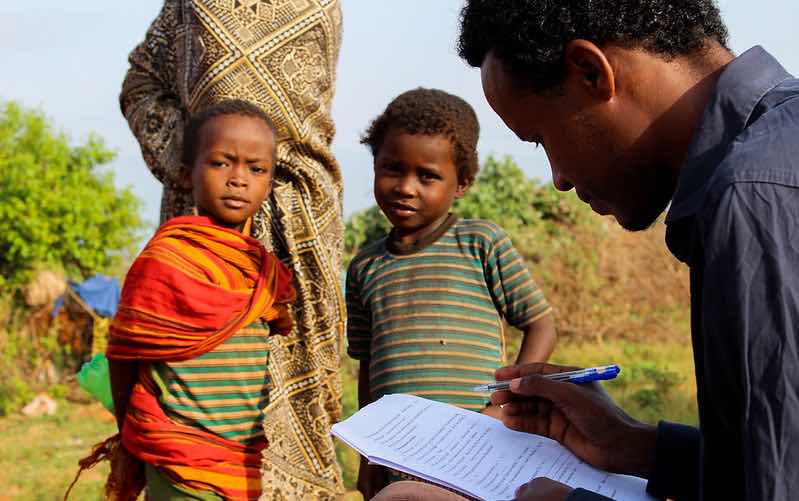
World Science Day for Peace and Development 2022: Studying how to help vulnerable populations contend with shocks
Insights into resilience, well-being, and trust in institutions.
-
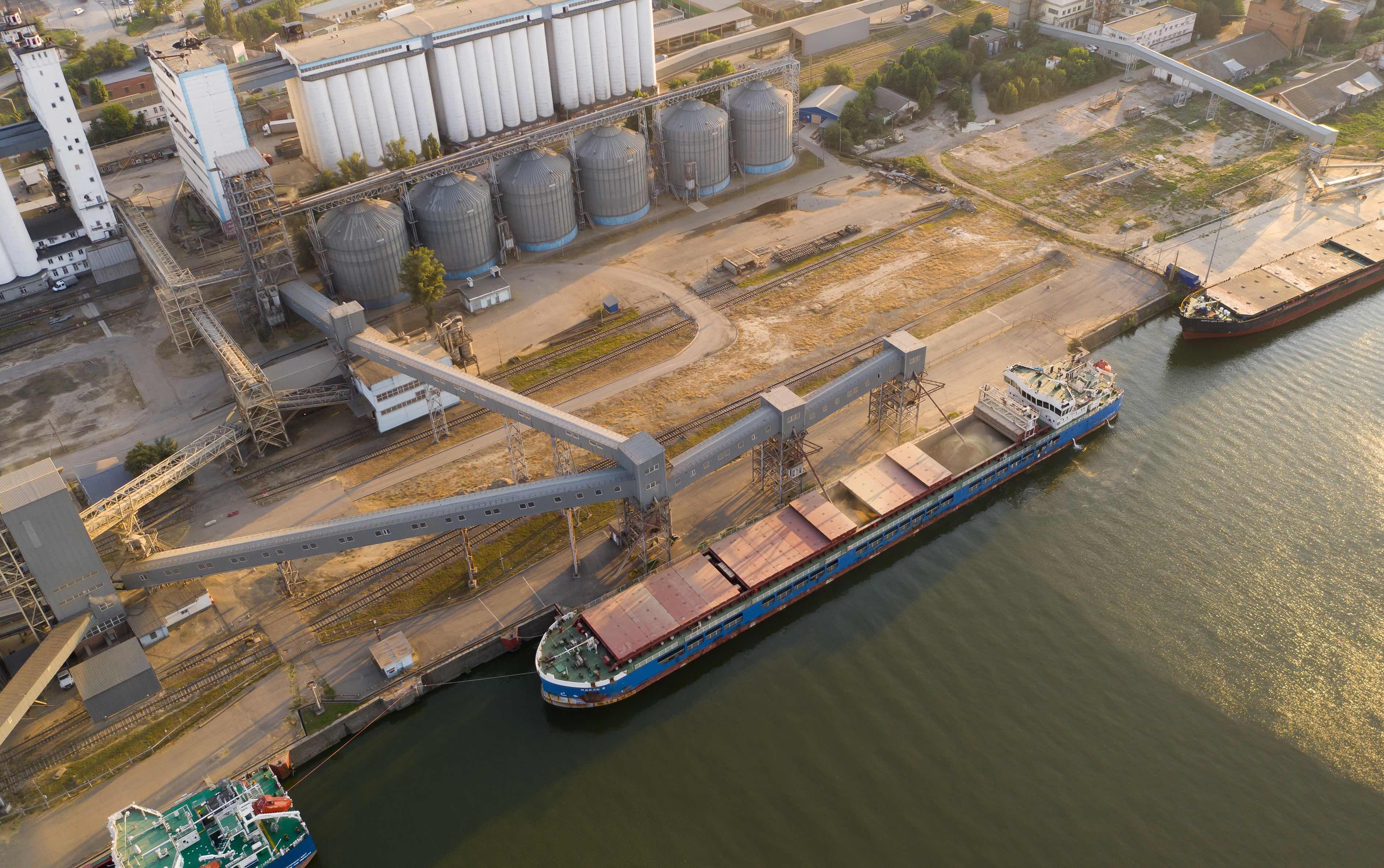
How sanctions on Russia and Belarus are impacting exports of agricultural products and fertilizer
Data show a mixed picture for exempted products.
-
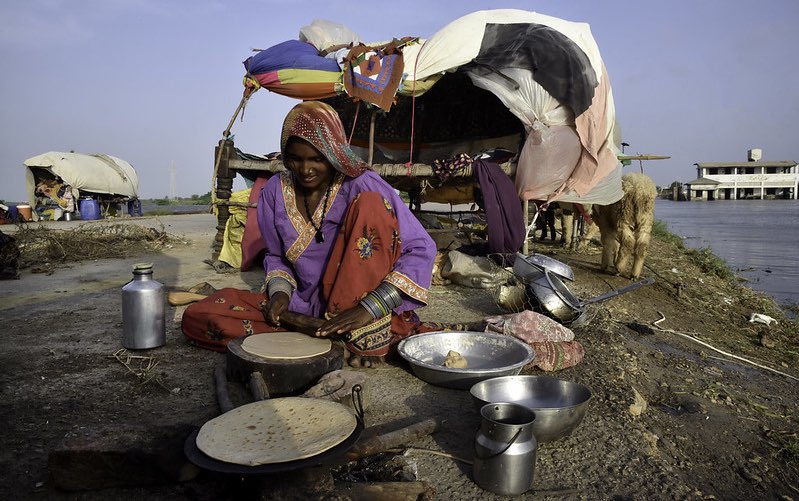
The Pakistan floods, COP27, and prospects for recovery and climate justice
An opportunity for action as the global climate conference gets underway.
-
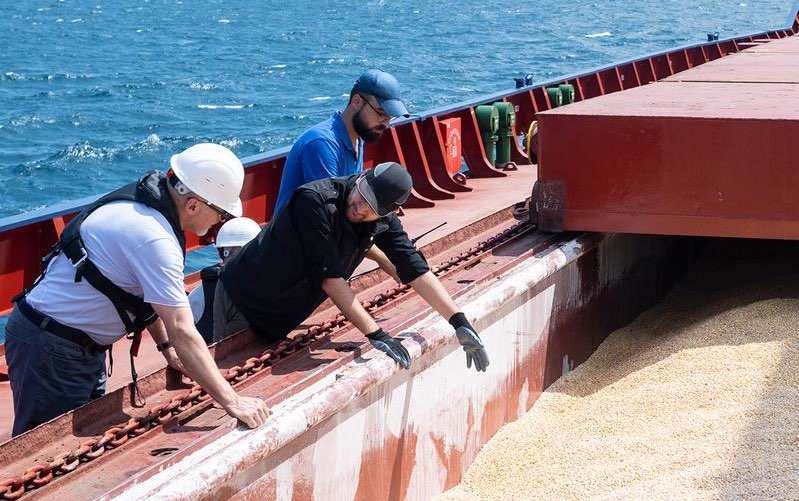
Suspension de l’Initiative Céréalière de la Mer Noire : qu’est-ce que l’accord a accompli, et que se passe-t-il maintenant?
New stresses on global food security.
-

《黑海粮食倡议》暂停:这项协议取得什么成果,现在何去何从?
New stresses on global food security.
-

Suspension of the Black Sea Grain Initiative: What has the deal achieved, and what happens now?
New stresses on global food security.
-

Выполнение Черноморской зерновой инициативы приостановлено: каковы ее результаты, и что будет теперь?
New stresses on global food security.
-

Suspensión de la Iniciativa de Granos del Mar Negro: ¿Qué ha conseguido el acuerdo y qué pasa ahora?
New stresses on global food security.
-

تعليق العمل بمبادرة البحر الأسود لنقل الحبوب: ماذا أنجز الاتفاق وماذا سيجري بعد اليوم؟
New stresses on global food security.
-
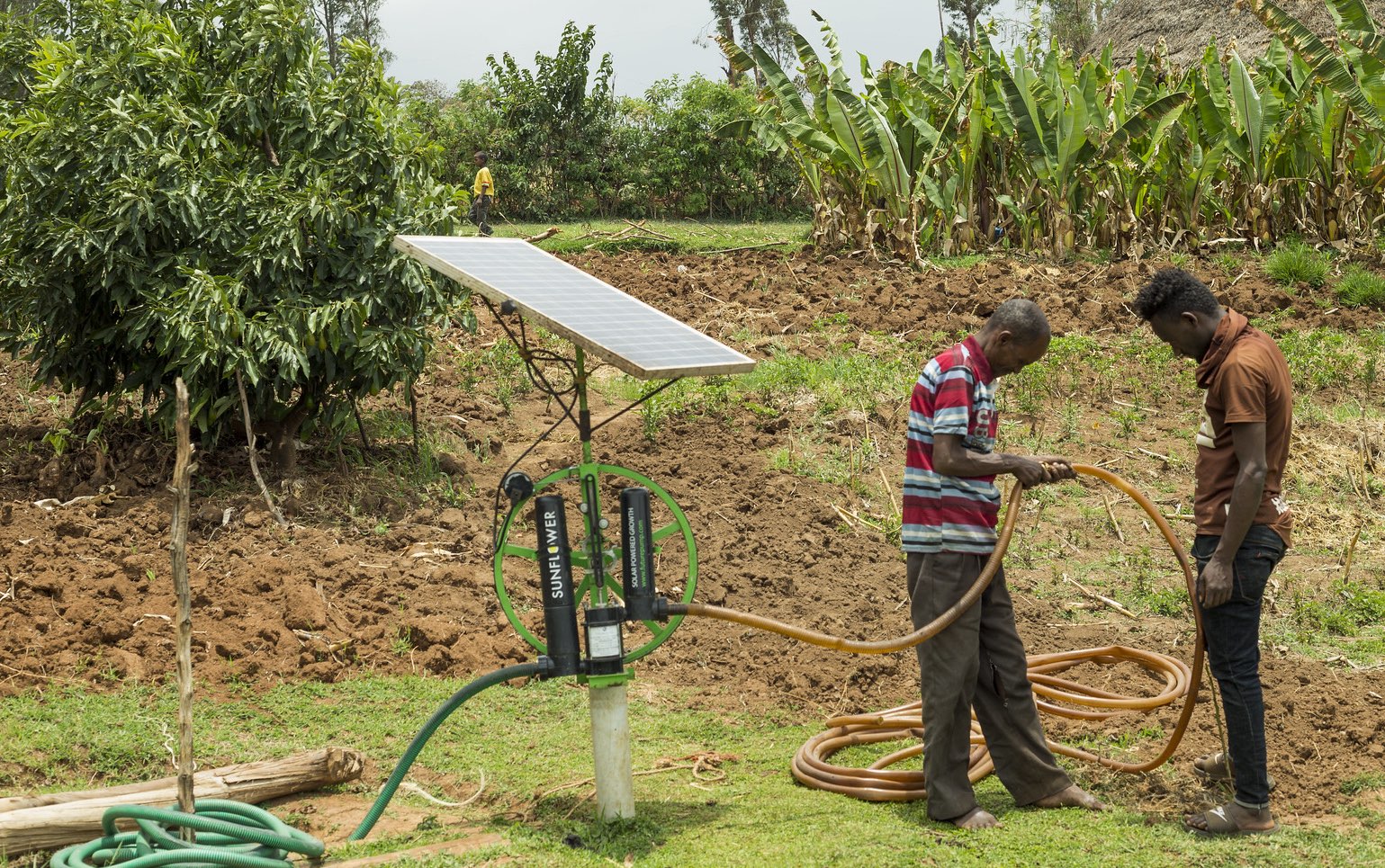
How can we address recurring global food and fuel crises? The role of solar powered irrigation
Confronting wicked problems from the ground up.
-
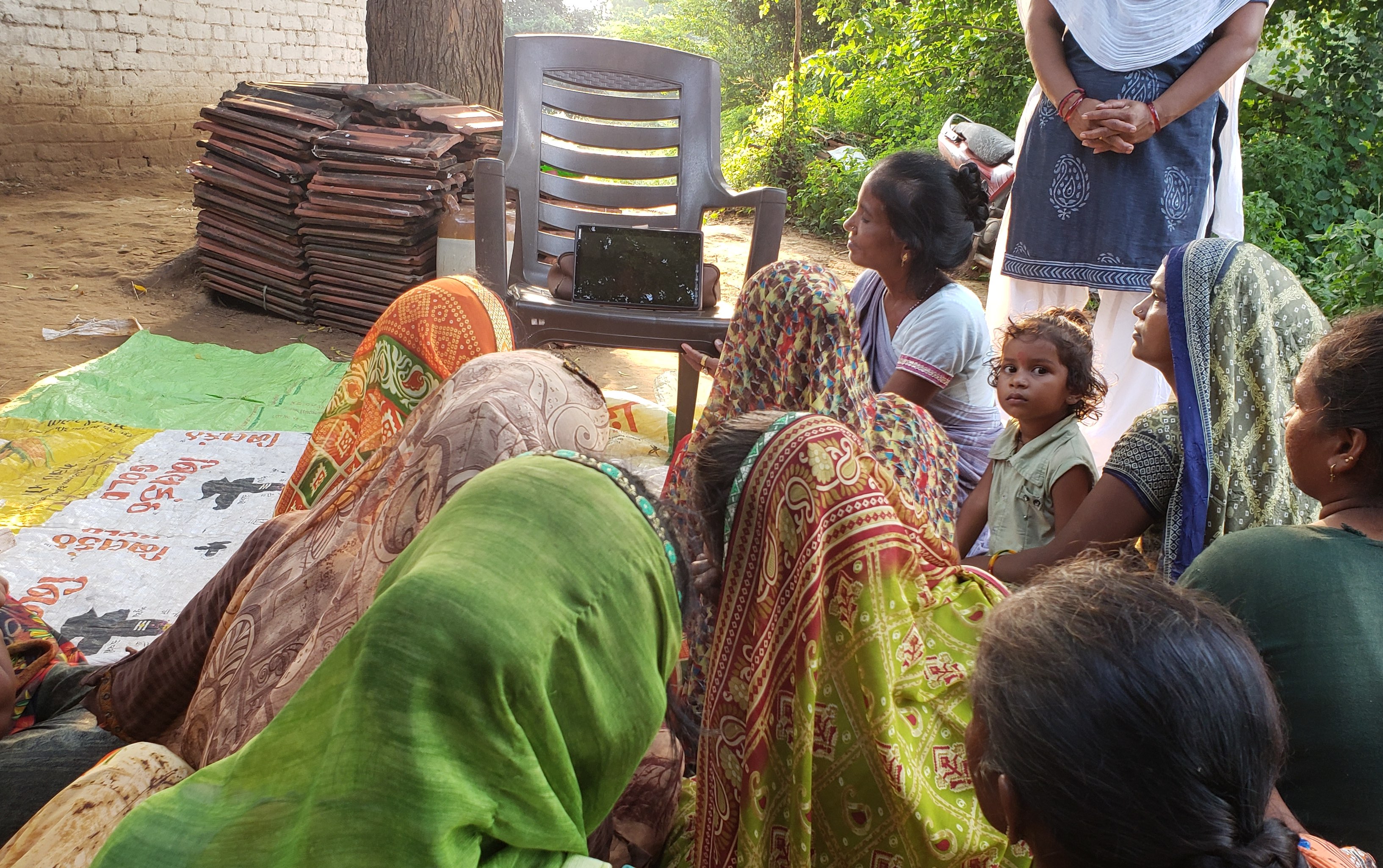
International Rural Women’s Day 2022: Reaching women farmers with information on climate smart agriculture
Future food production depends on addressing gender issues.
-
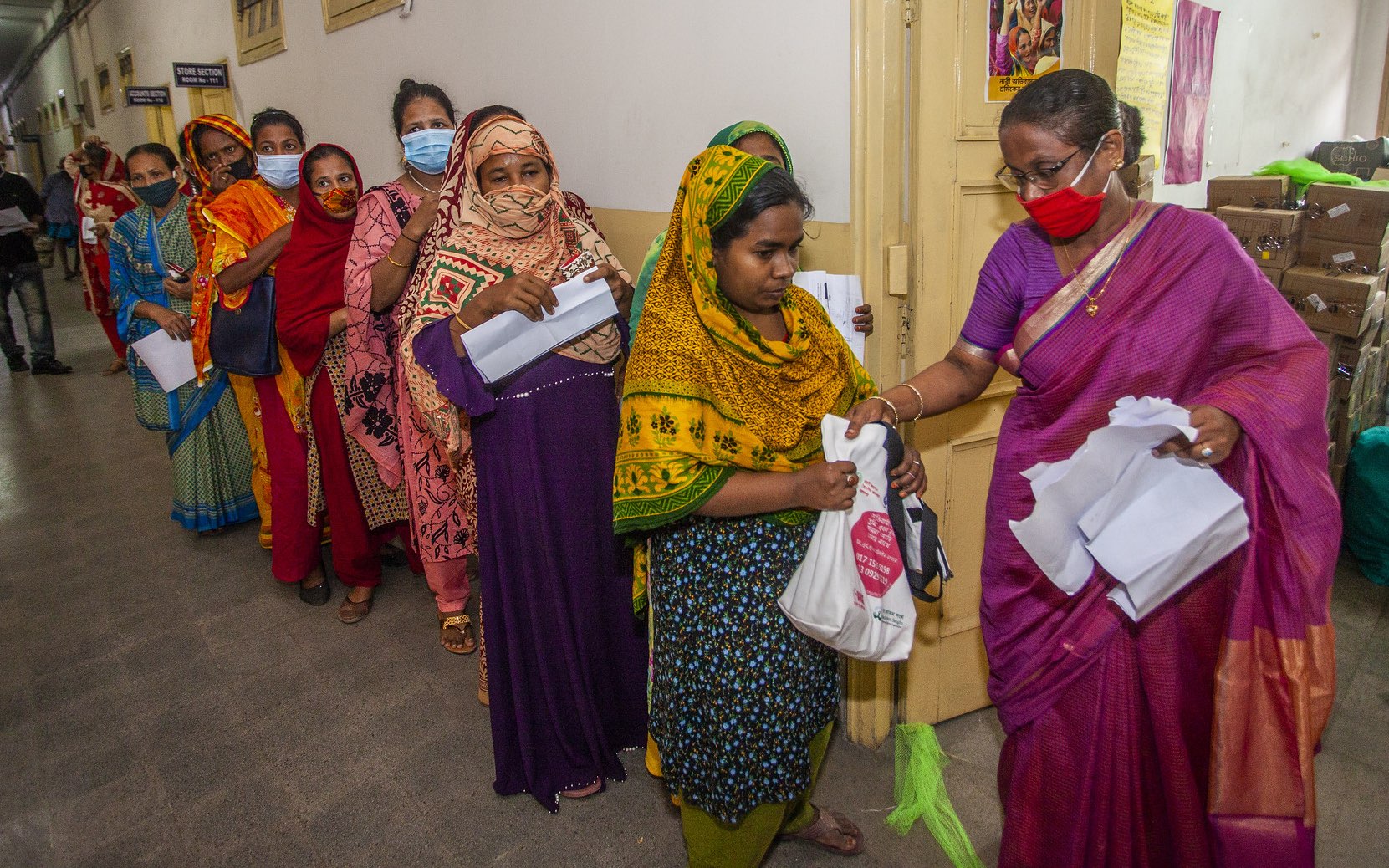
When ties that bind Increase migrants’ vulnerability: Insights from the south to west Asia migration corridor
Workshops explore how to better support workers.
-
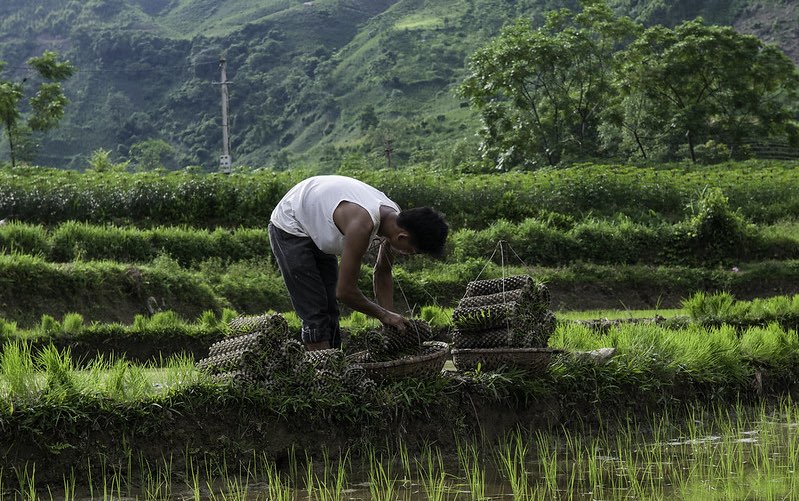
The quest for CGIAR innovations to reduce food system carbon footprints on a global scale
Seeking big ideas for sustainability.
-

No end in sight yet for the global food price crisis
Continuing fallout from the the Russia-Ukraine war.
-
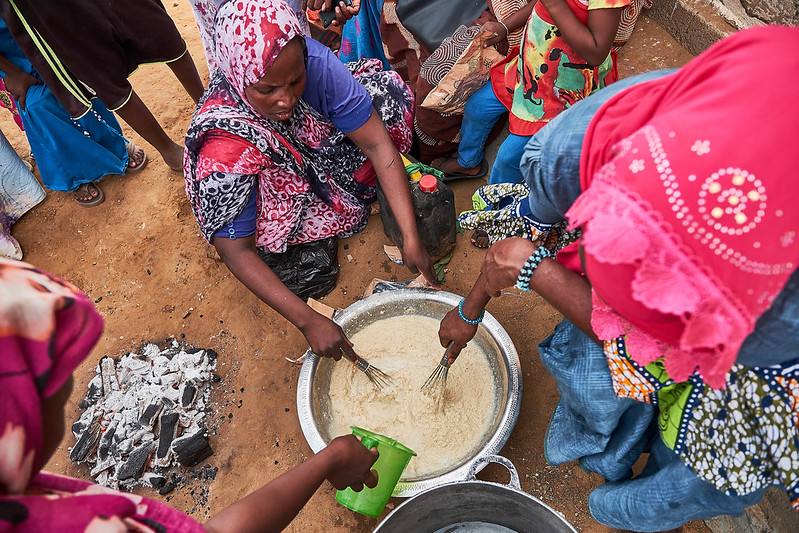
The response to the global food crisis must address the needs of women and girls
Billions of dollars in assistance require a focus on gender.
-
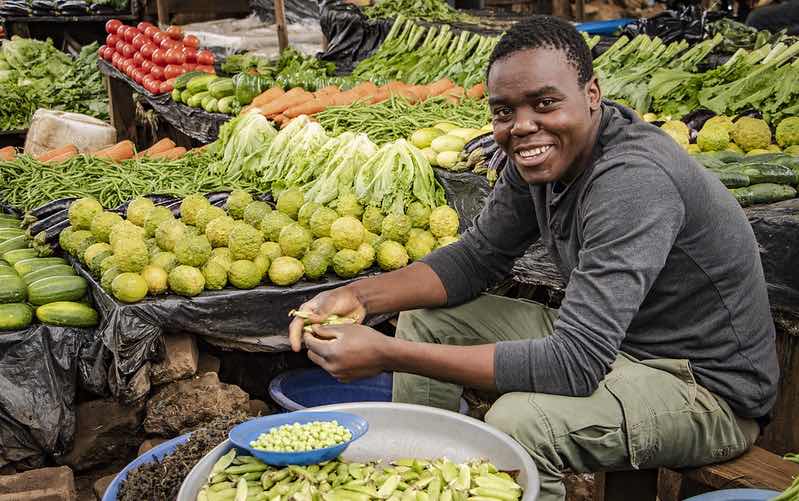
2022 State of Food Security and Nutrition in the World report: Repurpose agricultural subsidies to make healthy diets affordable, reduce rising hunger
Impacts from COVID-19, climate change, and conflicts including the Russia-Ukraine war continue to push more people into food insecurity.
-

The Russia-Ukraine grain agreement: What is at stake?
The deal to resume agricultural exports could help alleviate food insecurity and stabilize markets.
-
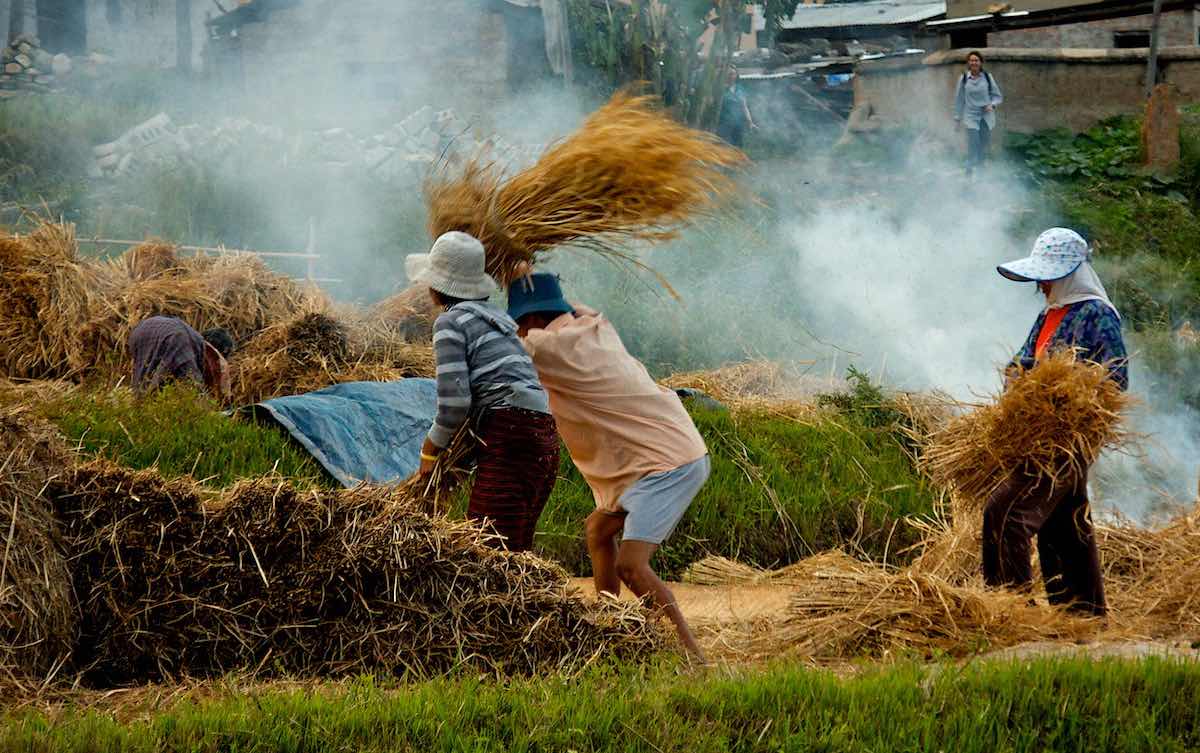
MC12: How to make the WTO relevant in the middle of a food price crisis
Steps to address export restrictions and stockholding issues.
-
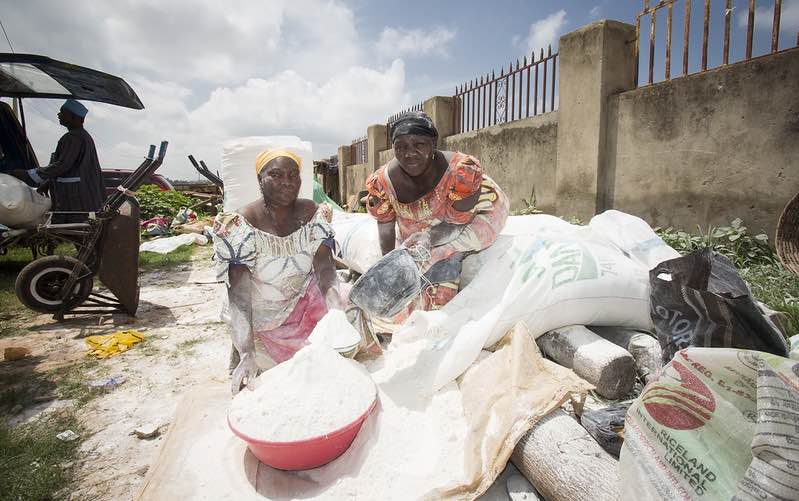
The Russia-Ukraine crisis presents threats to Nigeria’s food security, but potential opportunities for the fertilizer, energy sectors
Problems for a country that imports 99% of its wheat.
-
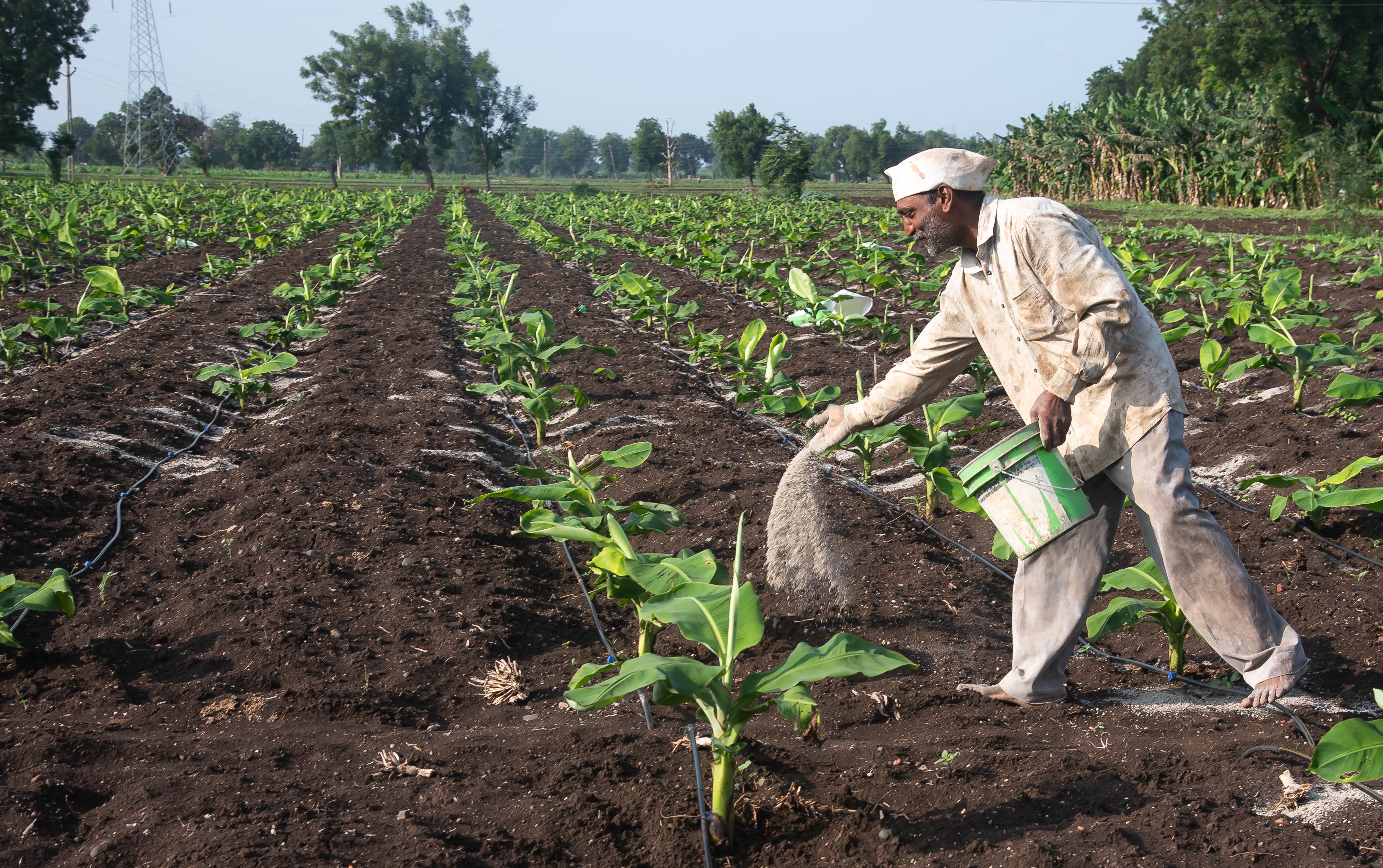
Short-term policy considerations to respond to Russia-Ukraine crisis disruptions in fertilizer availability and affordability
Rising prices and uncertain supplies affect agriculture worldwide.
-
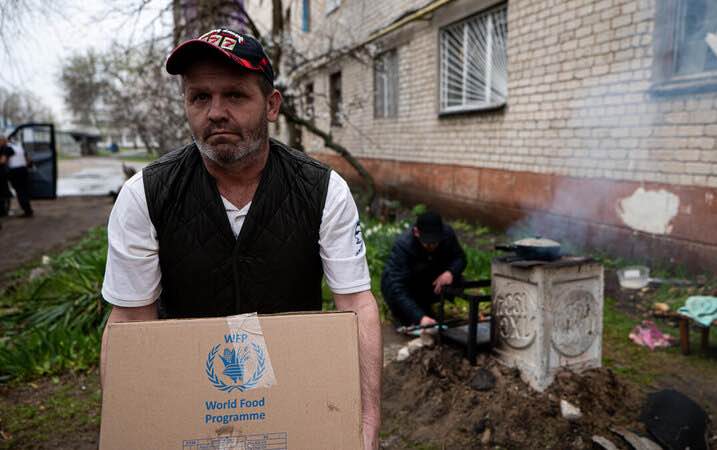
Can the G7 be a force for good in the current global food security crisis?
Ambitious commitments must be backed by action and funding.
-
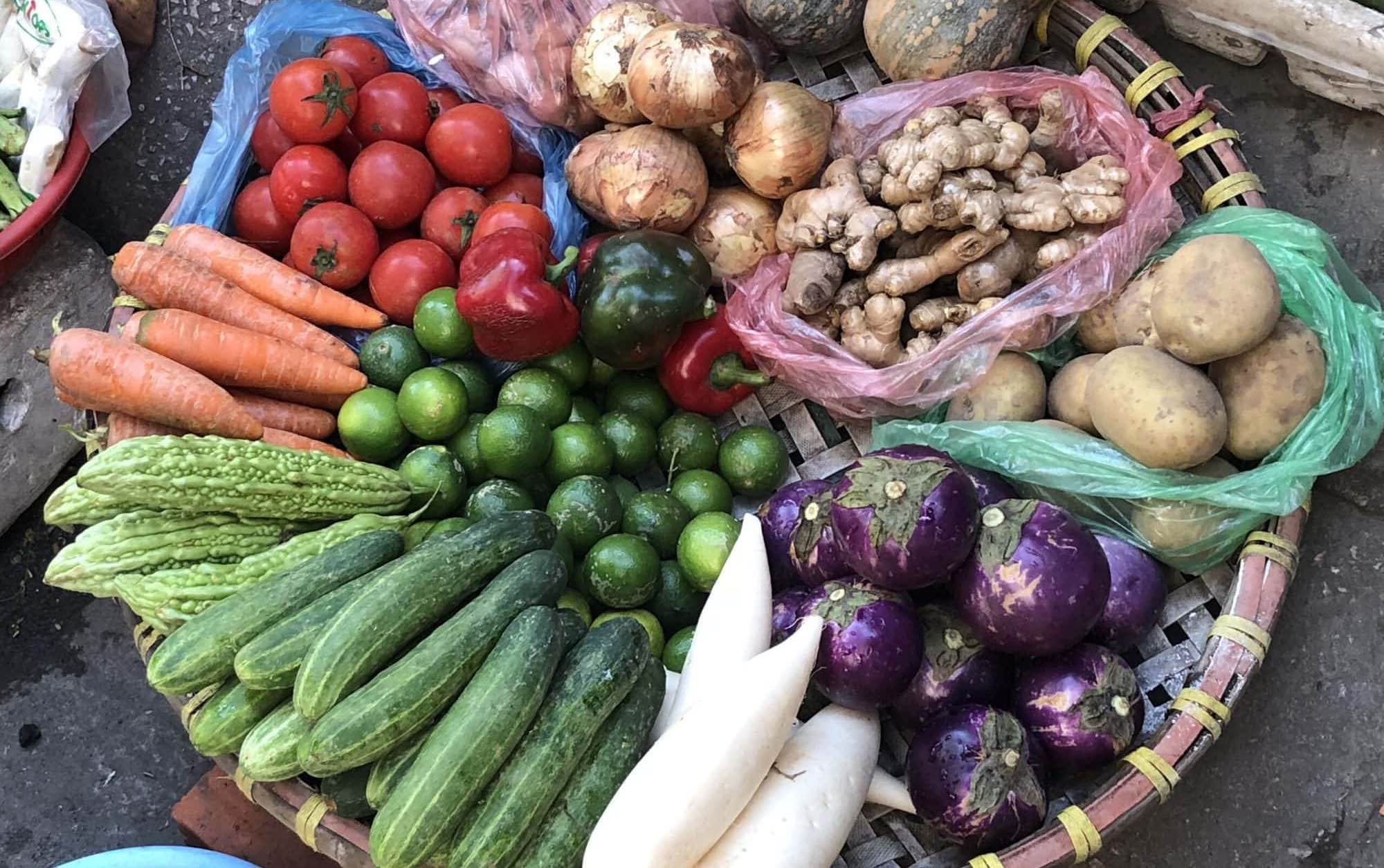
Improving fruit and vegetable consumption will require a holistic approach
A new research initiative takes aim at a major nutrition challenge.
-
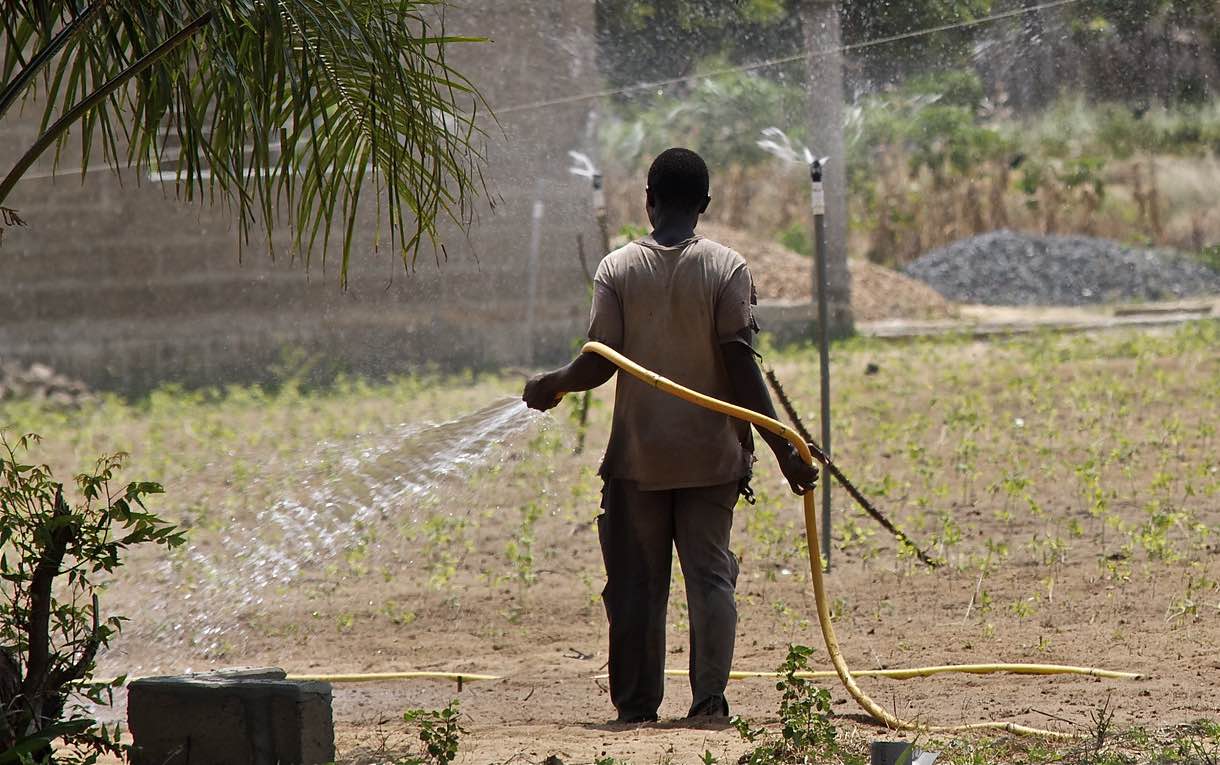
From torrents to trickles: Managing the future of irrigation
Five key points to improve water sustainability in the 21st century.
-
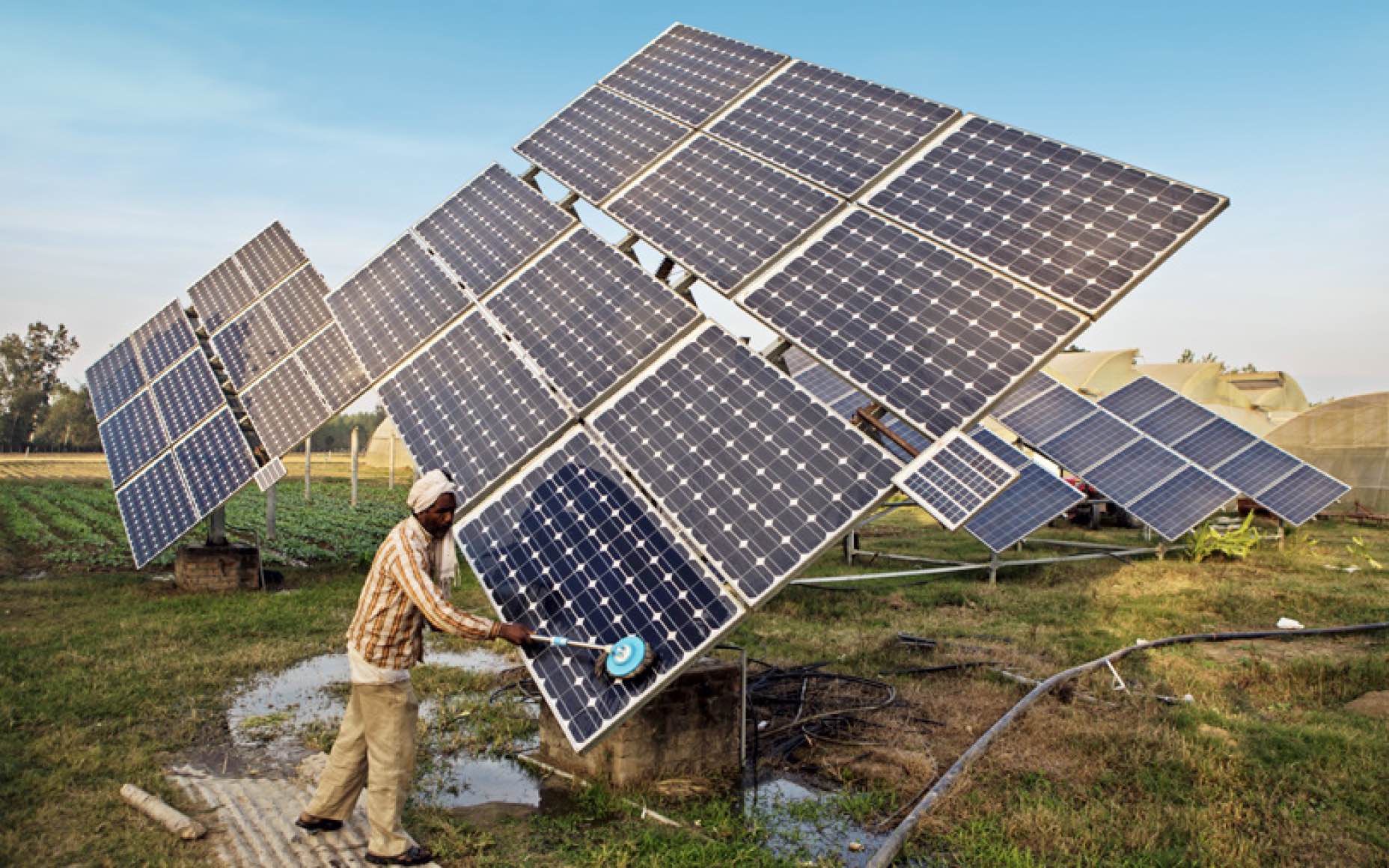
IFPRI Global Food Policy Report 2022: Accelerating food systems transformation to combat climate change
Six policy priorities that can—and should—be implemented now.
-
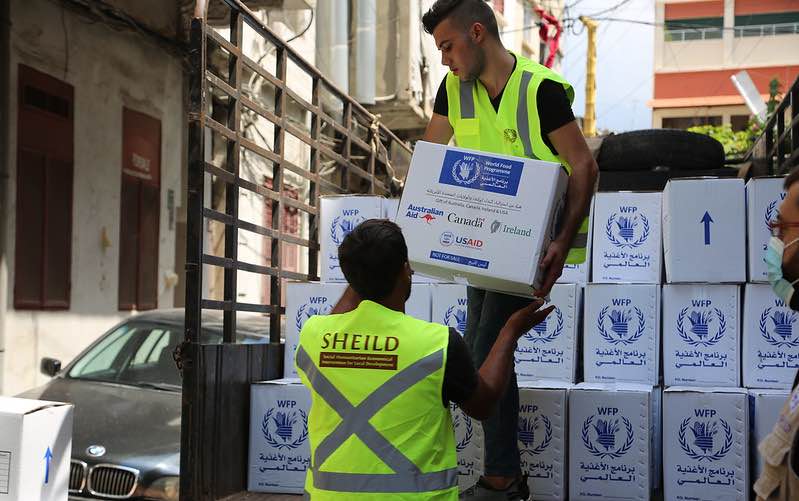
One of the world’s worst economic collapses, now compounded by the Ukraine crisis: What’s next for Lebanon?
High food prices and shortages pummel an already suffering population.
-

The impact of the Ukraine crisis on the global vegetable oil market
High prices and supply issues hit an important global food item.
-
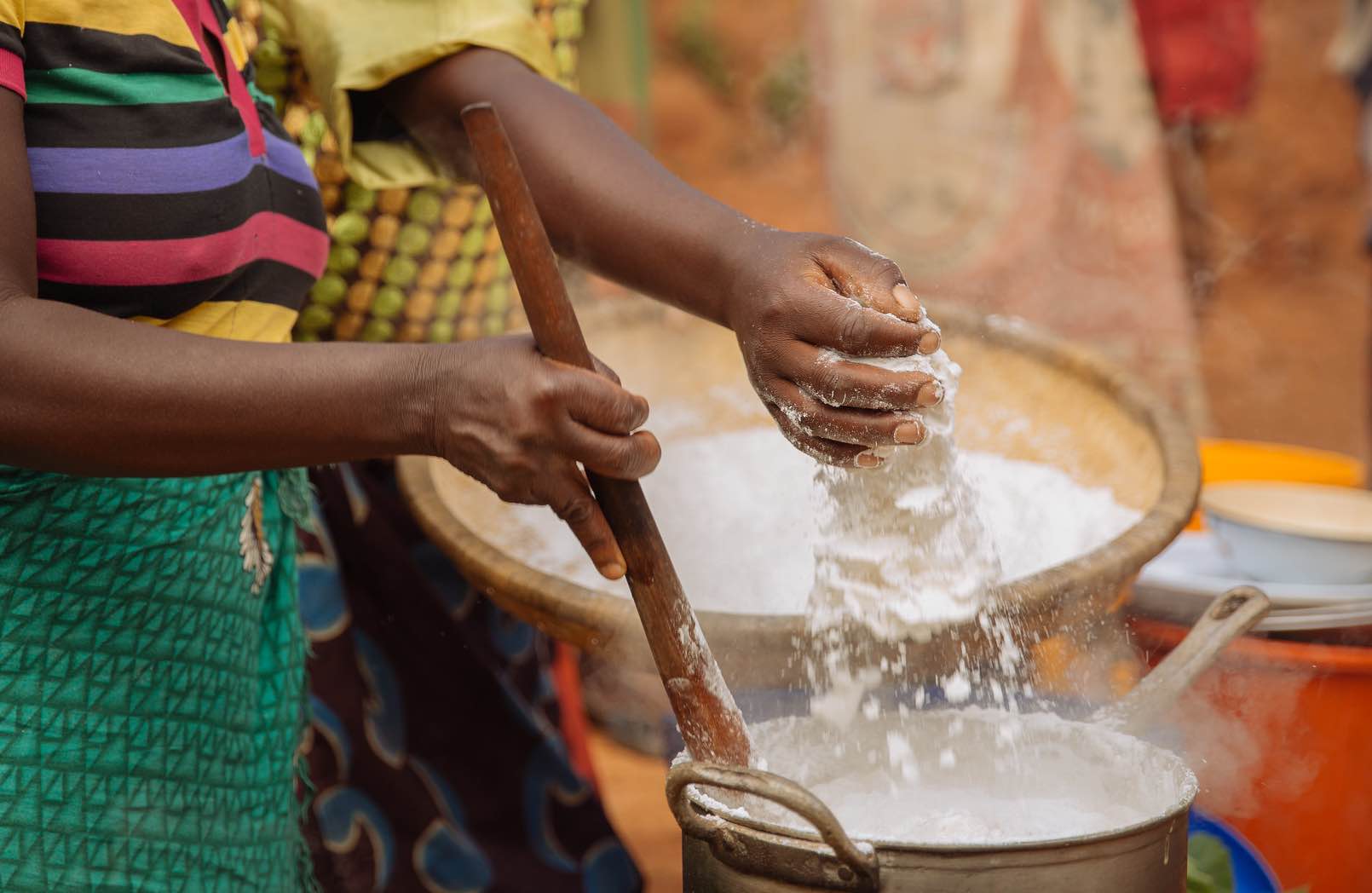
Russia’s invasion of Ukraine threatens food security in Malawi. How can the country respond?
The poor are particularly vulnerable to rising prices of food, vegetable oils, and fertilizers.
-
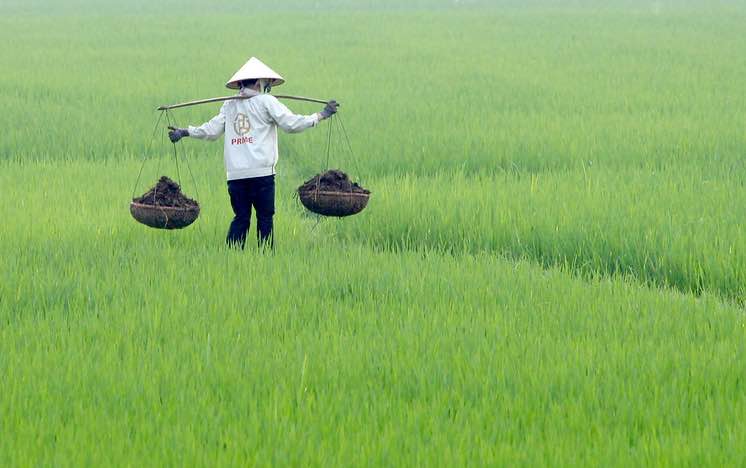
High fertilizer prices contribute to rising global food security concerns
Widening impacts of the Russia-Ukraine war.
-
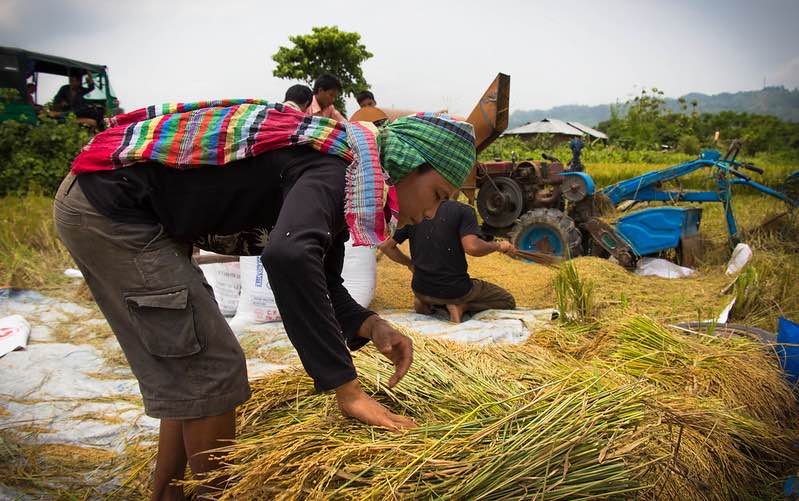
ইউক্রেন যুদ্ধ যেভাবে বাংলাদেশের খাদ্য নিরাপত্তাকে ঝুঁকির মুখে ফেলেছে
Disruptions in wheat, vegetable oil, and fertilizer markets drive up prices and threaten supplies.
-

How the war in Ukraine threatens Bangladesh’s food security
Disruptions in wheat, vegetable oil, and fertilizer markets drive up prices and threaten supplies.
-

From bad to worse: How Russia-Ukraine war-related export restrictions exacerbate global food insecurity
Measures to protect domestic markets have broader impacts.
-
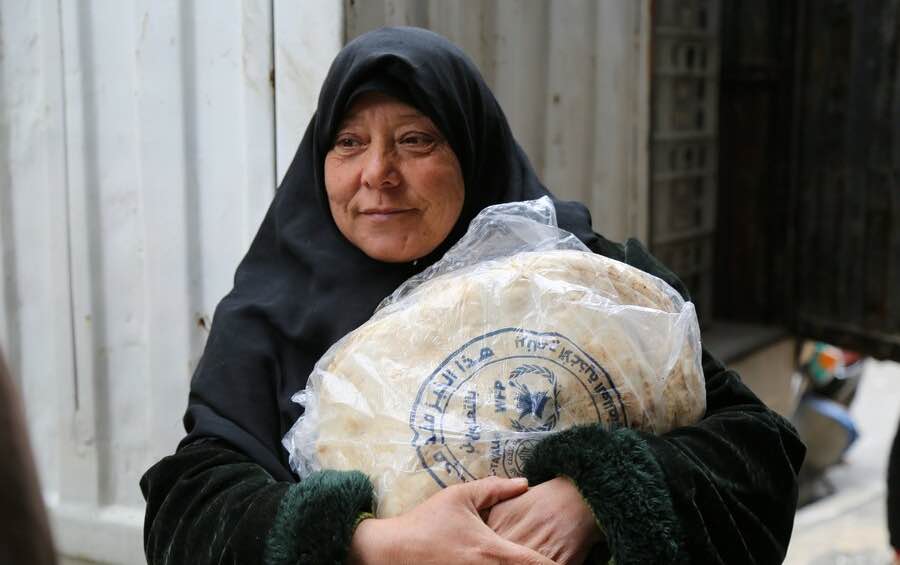
Do No Harm: Measured policy responses are key to addressing food security impacts of the Ukraine crisis
Do’s and don’ts to avoid collateral damage.
-
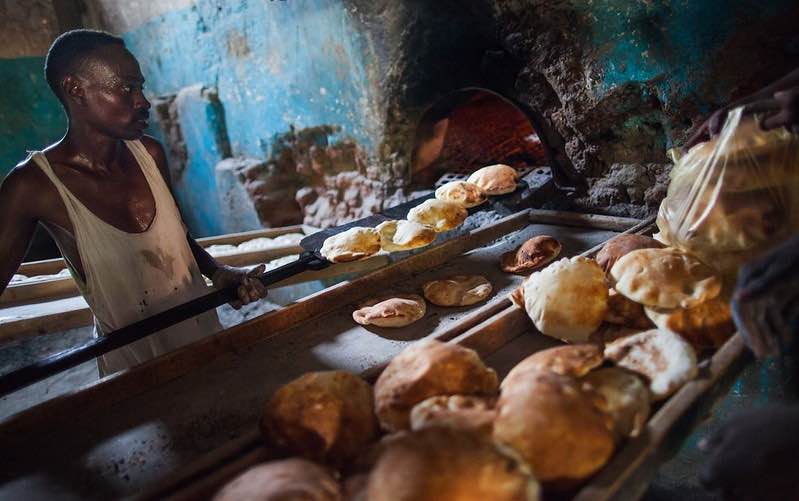
قد يؤدي الصراع القائم بين روسيا وأوكرانيا إلى تفاقم مشاكل الأمن الغذائي التي يعاني منها السودان حاليًا
Chronic economic disruptions meet the market impacts of a distant war.
-

The Russia-Ukraine conflict is likely to compound Sudan’s existing food security problems
Chronic economic disruptions meet the market impacts of a distant war.
-
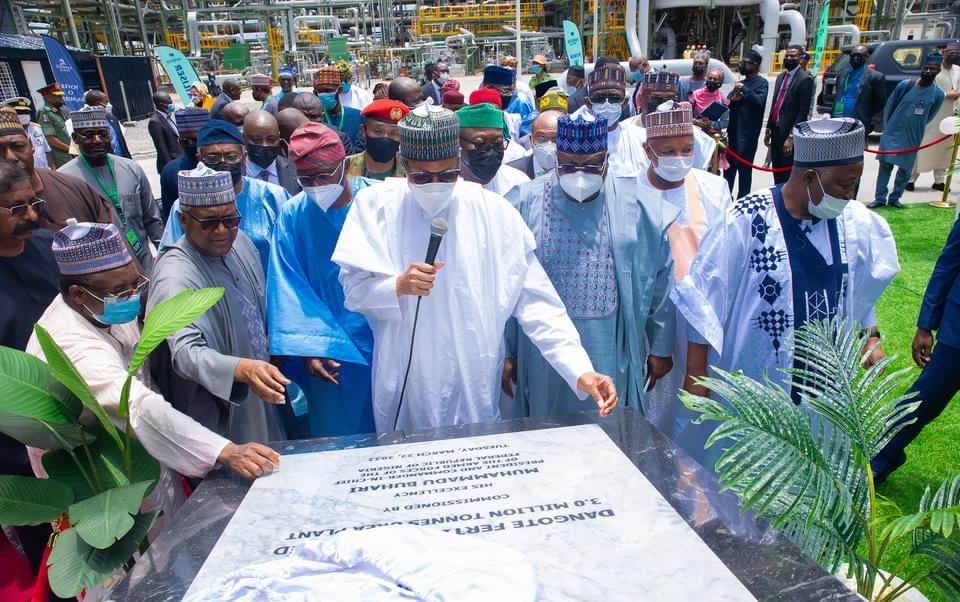
L’Afrique de l’Ouest est confrontée à des impacts compliqués du conflit Russie-Ukraine sur la sécurité alimentaire
Rising global market prices pose the most serious threat.
-

West Africa faces mixed food security impacts from the Russia-Ukraine conflict
Rising global market prices pose the most serious threat.
-
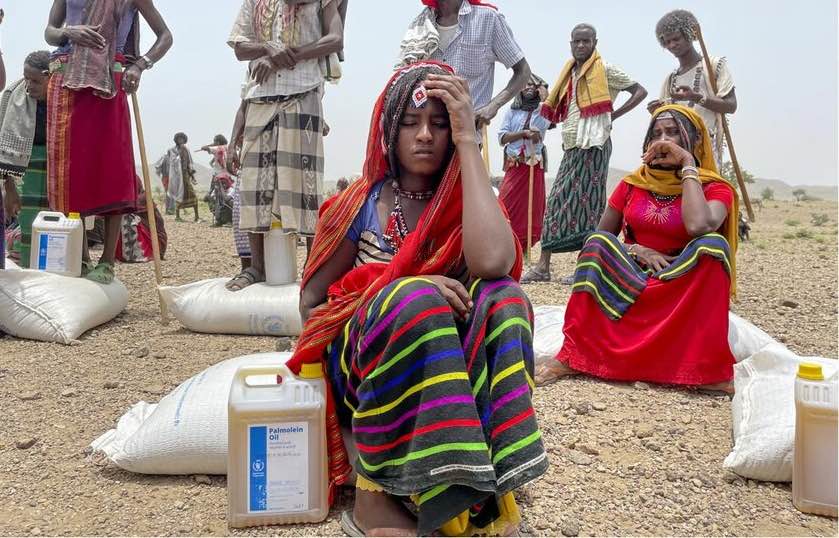
The Russia-Ukraine war is exacerbating international food price volatility
On top of rising costs for consumers, an additional threat to food security.
-
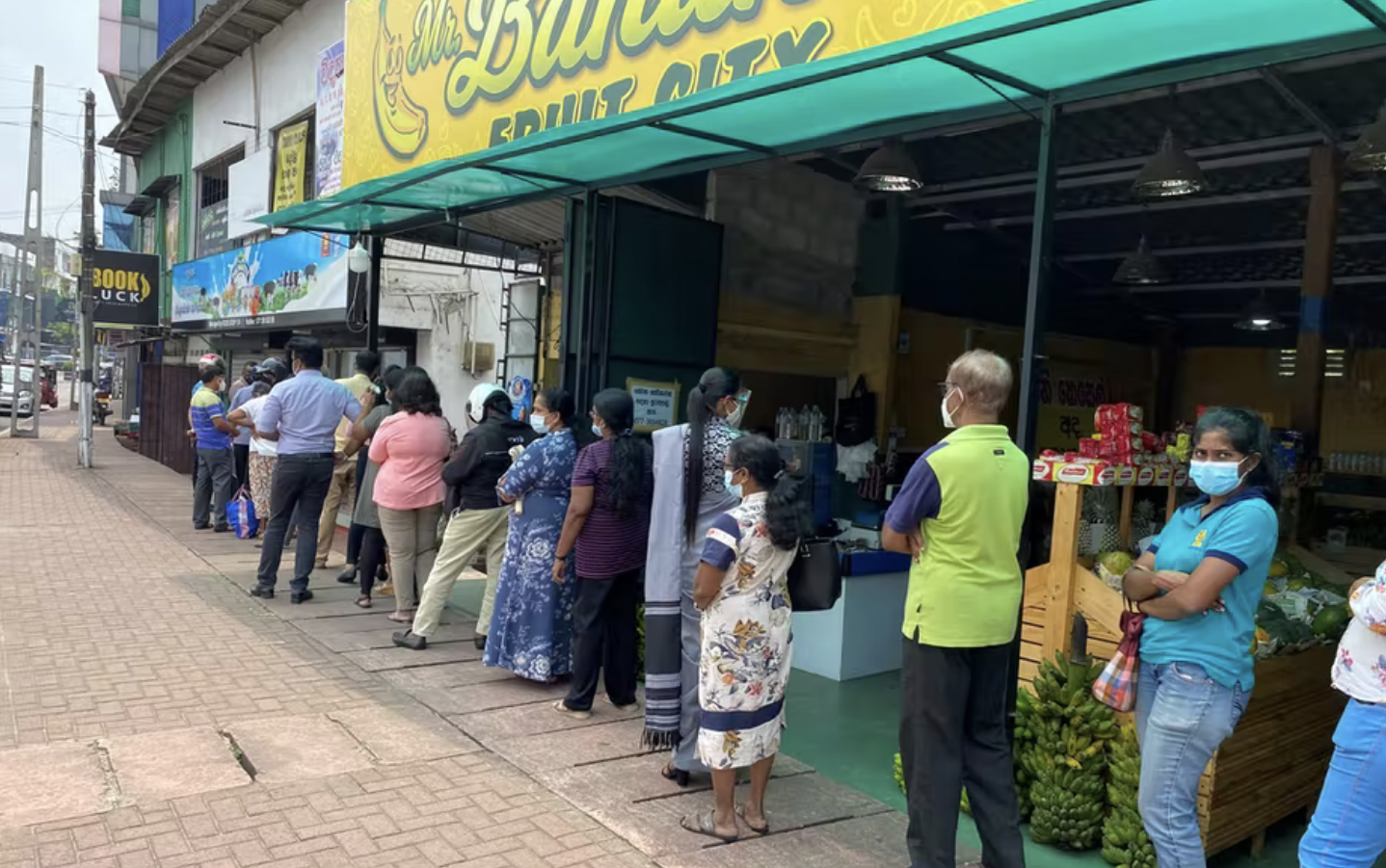
A food crisis was brewing even before the Ukraine war – but taking these three steps could help the most vulnerable
The poor in developing countries face severe impacts.
-
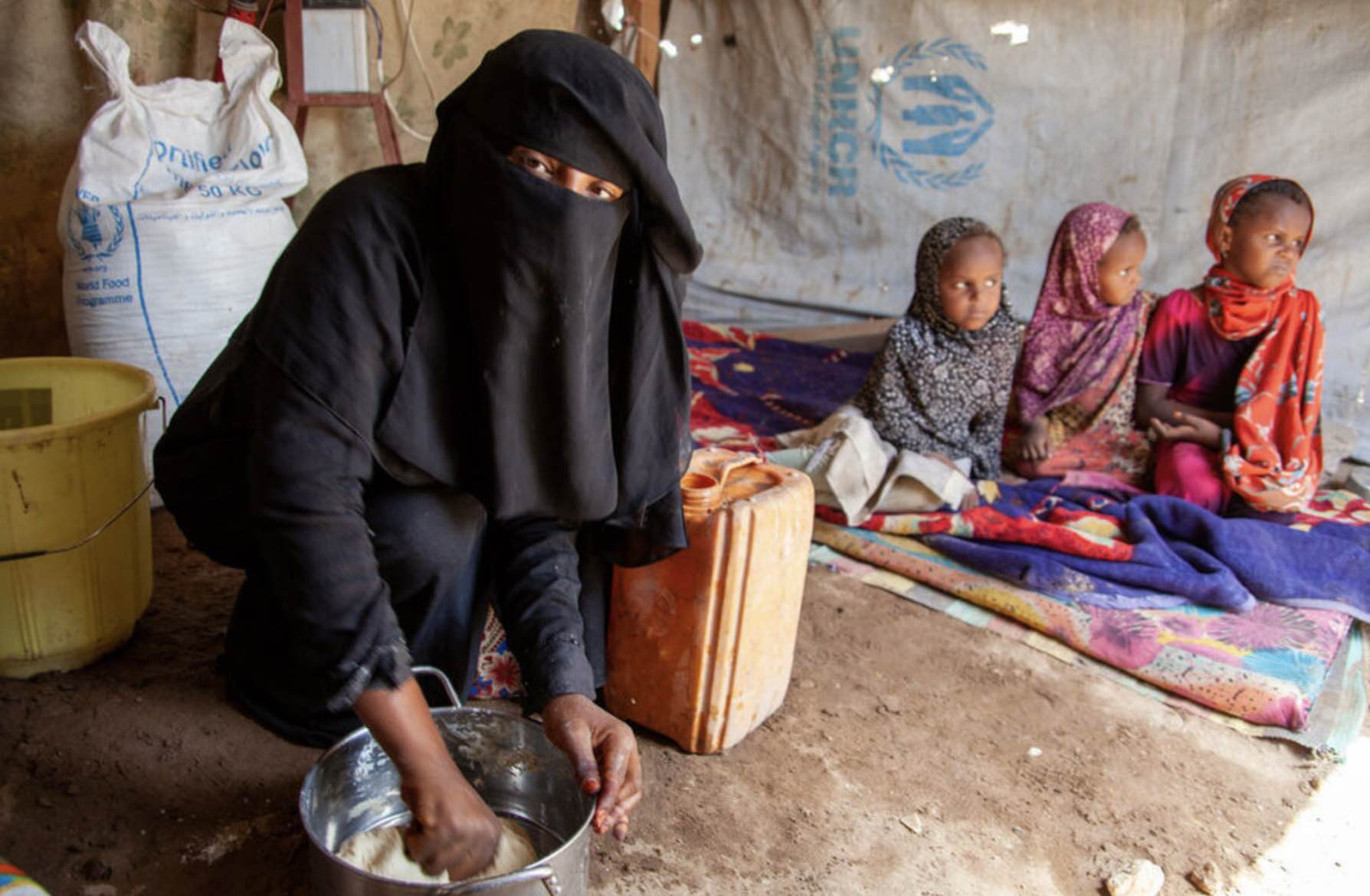
الغزو الروسي لأوكرانيا يهدد بتفاقم حالة انعدام الأمن الغذائي الطارئة في اليمن
When the impacts of one war compound those of another.
-

The Russian invasion of Ukraine threatens to further exacerbate the food insecurity emergency in Yemen
When the impacts of one war compound those of another.
-
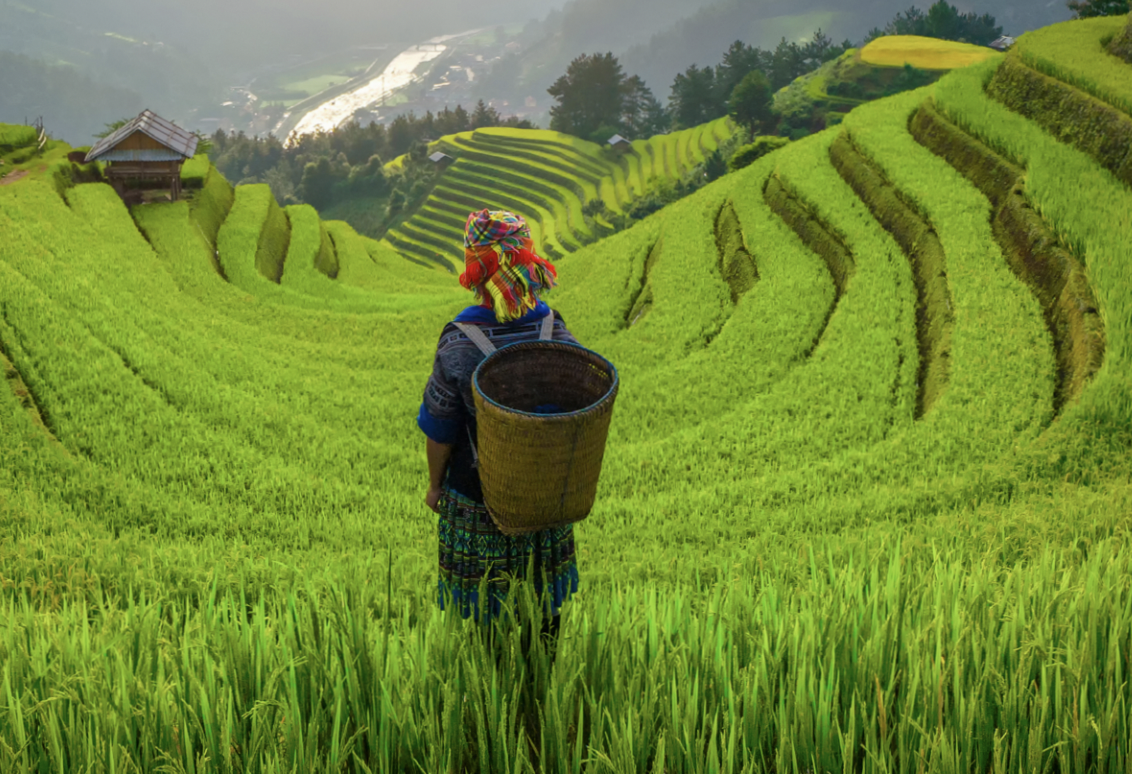
Agricultural support: How to get incentives right for people, economies, and the planet
Findings from a new IFPRI-World Bank report.
-
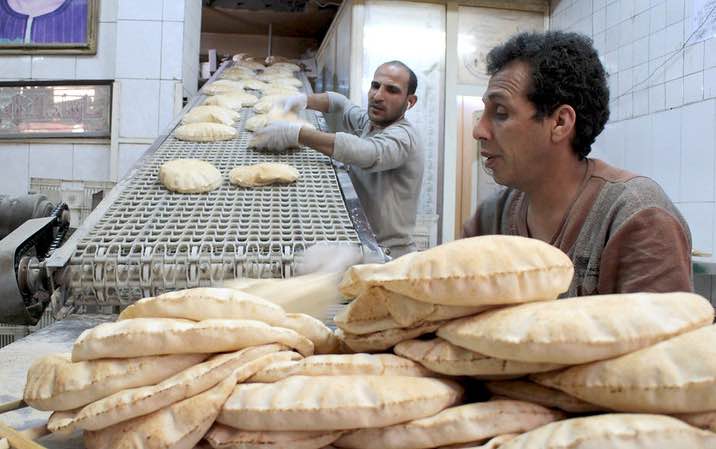
The Russia-Ukraine crisis poses a serious food security threat for Egypt
A country heavily dependent on wheat faces supply disruptions and spiking prices.
-

How will Russia’s invasion of Ukraine affect global food security?
Potential supply disruptions and price spikes.
-

COVID-19 and rising global food prices: What’s really happening?
Inflation poses particular risks for the poor and vulnerable.
-
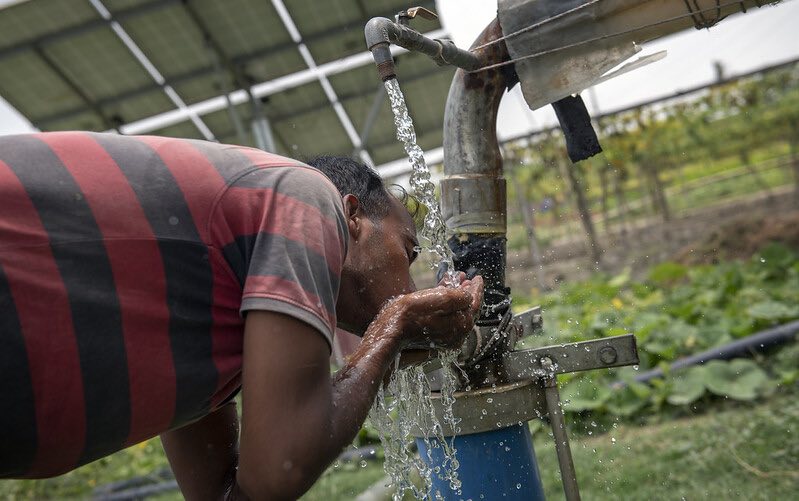
Accelerating rural energy access in the race to net zero carbon emissions
Bringing key innovations to smallholders.
-

Clarifying some of the confusion about climate finance in COP26
The debate over net-zero financing.
-

The role of agriculture and food systems in achieving net zero global GHG emissions
Agriculture, forestry, and other land use (AFOLU) is currently the only major sector with serious potential to become a net emissions sink.
-
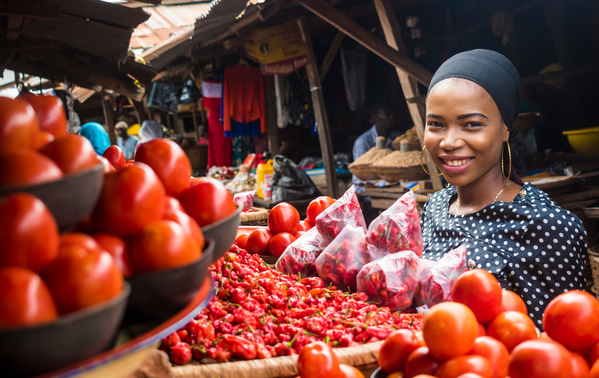
Global Food 50/50 Report: Assessing gender, diversity, and power in food system organizations
A new and necessary accountability measure for gender equality.
-
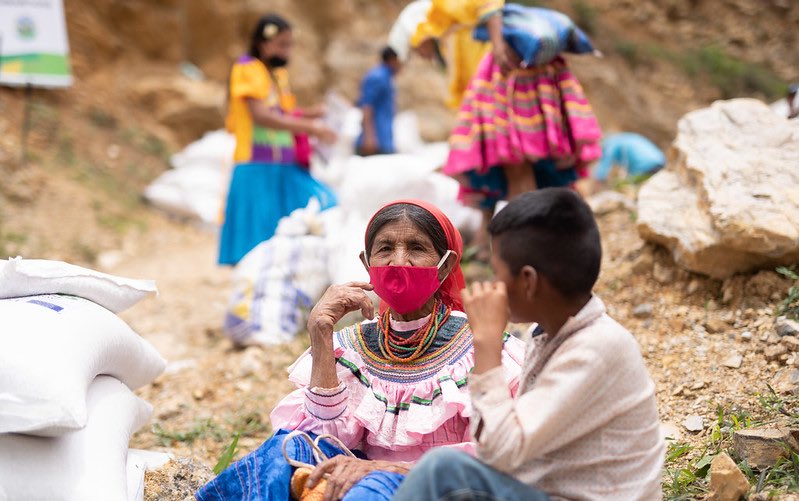
Using the new IMF Special Drawing Rights for larger purposes: Guaranteeing ‘pandemic recovery bonds’
Promising ways to overcome the lingering impacts of COVID-19.
-
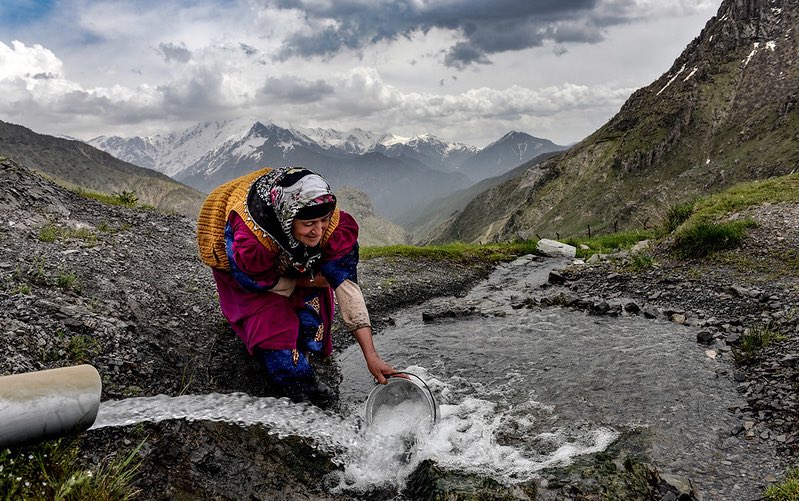
International Day of Rural Women 2021: Overcoming pandemic and climate challenges
Address problems now to build empowerment and resilience for the future.
-
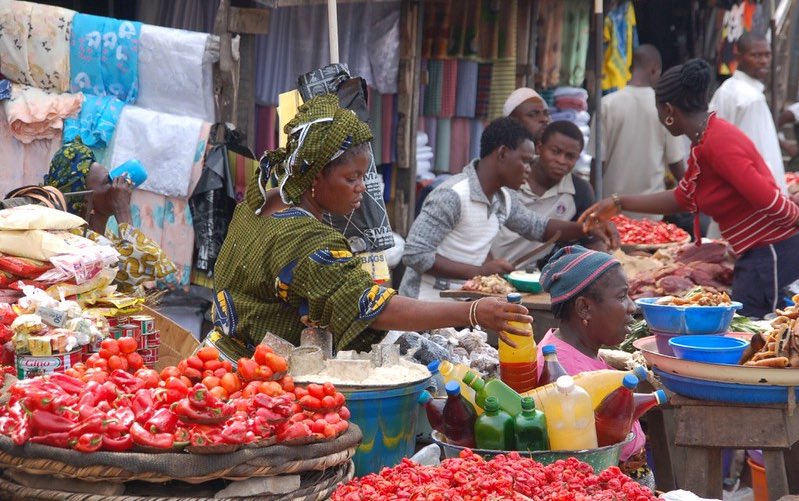
Transform Nutrition West Africa: Time to build on the momentum
A four-country project's foundation for knowledge sharing and policy collaboration.
-
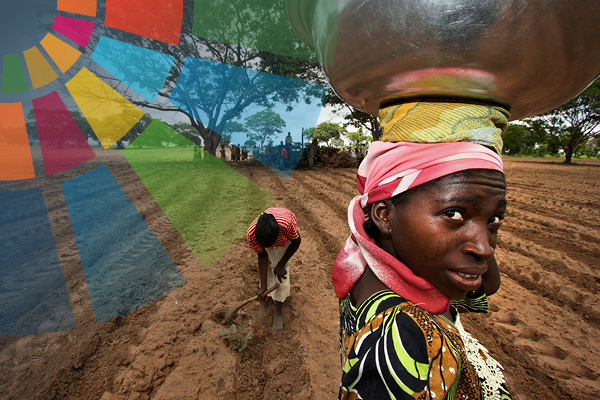
All hat and no cattle? Accountability following the UN Food Systems Summit
Getting follow-through on key global commitments.
-
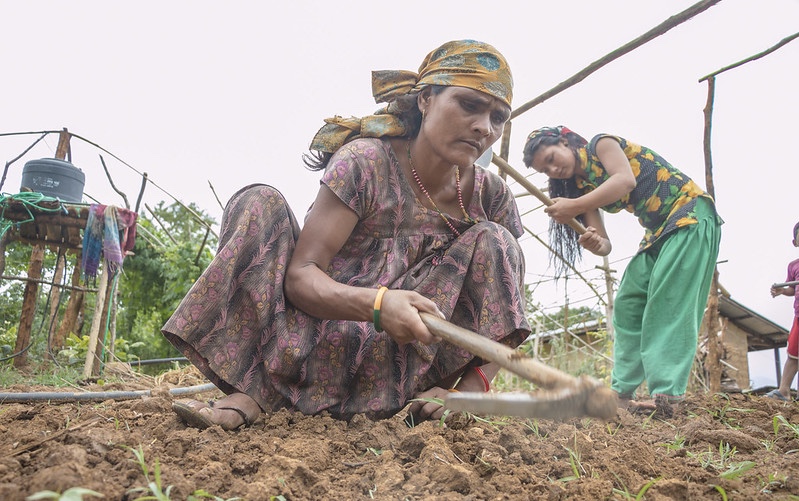
$15.2 billion in research and innovation investments can put global climate and hunger goals within reach
A new report shows how targeted spending can have significant global benefits.
-

G20 Matera Declaration calls for investing more and better in food systems to achieve Zero Hunger
A call to action on a problem exacerbated by the COVID-19 pandemic.
-
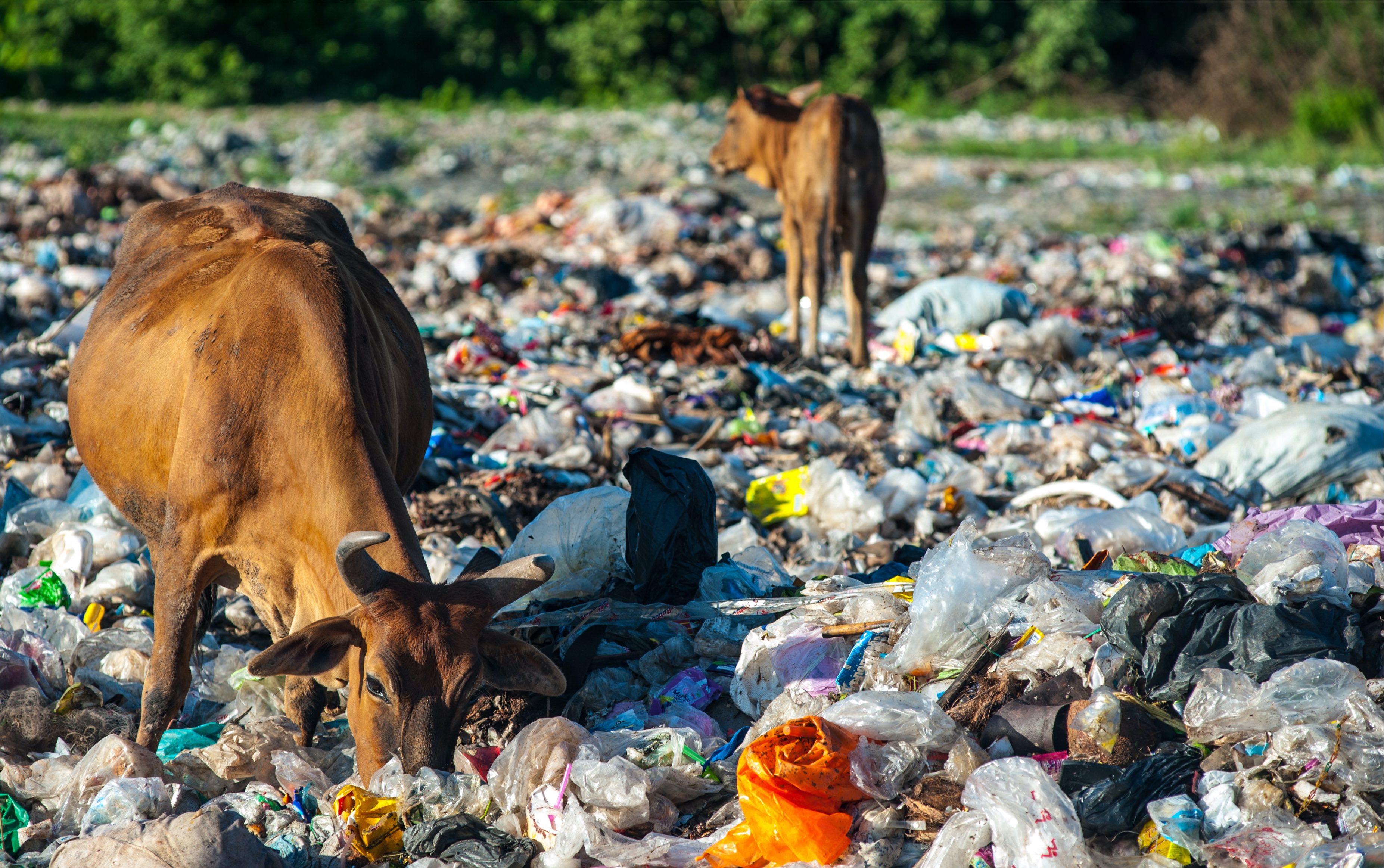
To build food security, reduce plastic use
The environmental scourge of disposable plastic bags harms—and is fueled by—food systems.
-
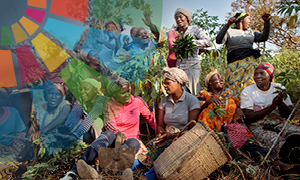
Bold actions for gender equality and women’s empowerment in food systems
Women are demanding change – how to achieve it.
-
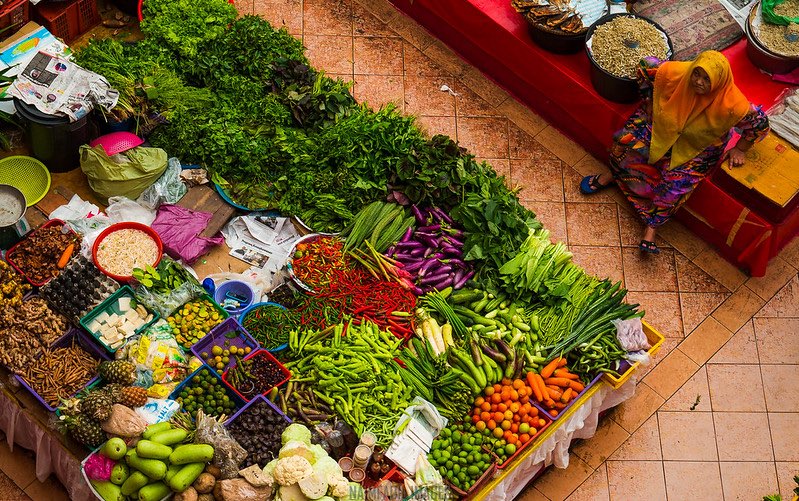
Rising food prices are a concern but no reason for panic yet
The COVID-19 pandemic and other factors driving inflation.
-
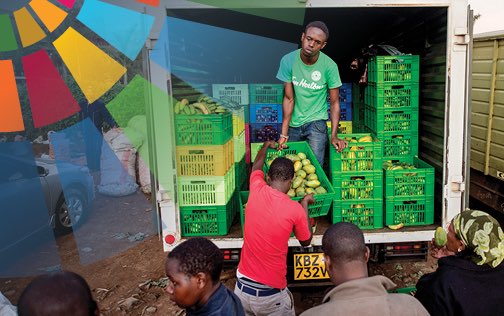
Smallholder and agrifood SME resilience to shocks: Lessons from COVID-19 for the UN Food System Summit
Farmers and small businesses show both vulnerabilities and a capacity to adapt.
-

Digital innovations accelerated by COVID-19 are revolutionizing food systems: Implications for the UN Food Systems Summit
Lessons from how food supply chains adapted to pandemic stresses.
-
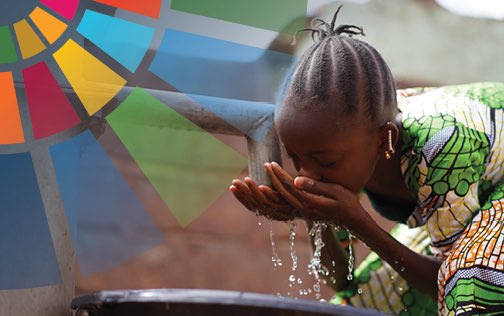
Seven solutions to jointly improve water security and food systems outcomes
Protecting and sustaining a resource integral to life on earth.
-
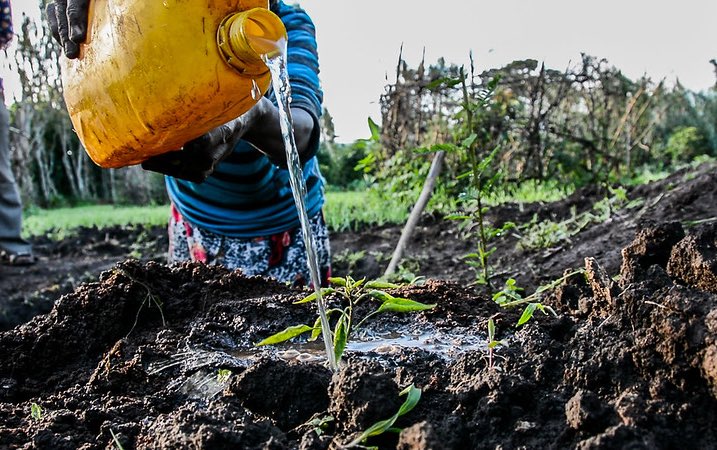
The importance of human-centered ecological restoration
The need for a greater focus on equity, inclusion, and justice in ecosystem management.
-
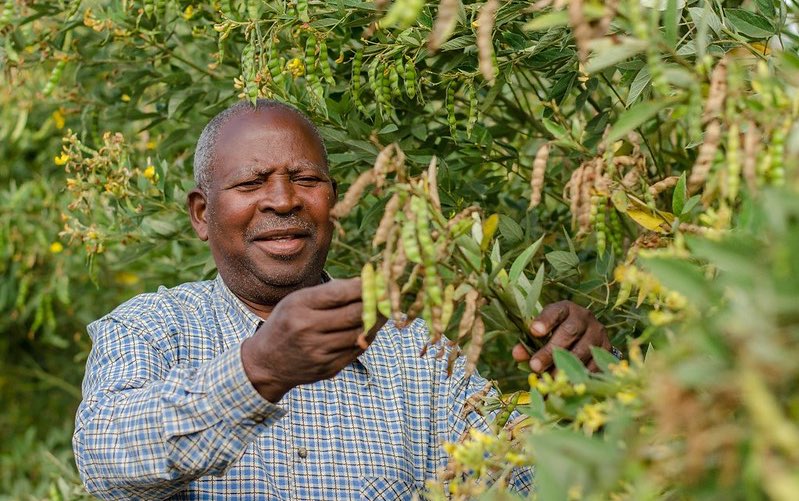
Book: Moving Malawi beyond subsistence agriculture
Charting a path toward rural economic transformation.
-
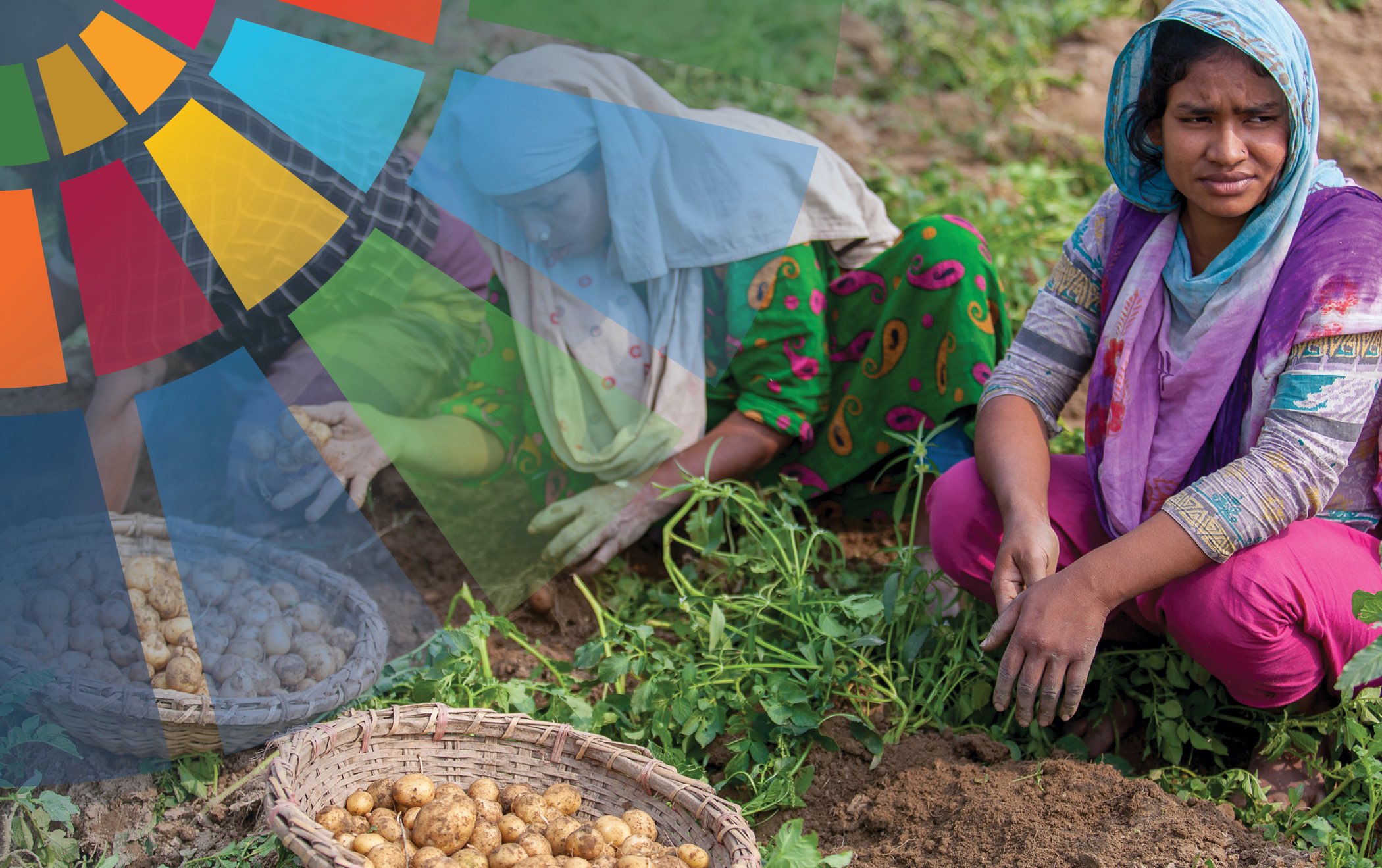
Financing Sustainable Development Goal 2 and the end of hunger
A key goal is within reach with the right mix of investments.
-
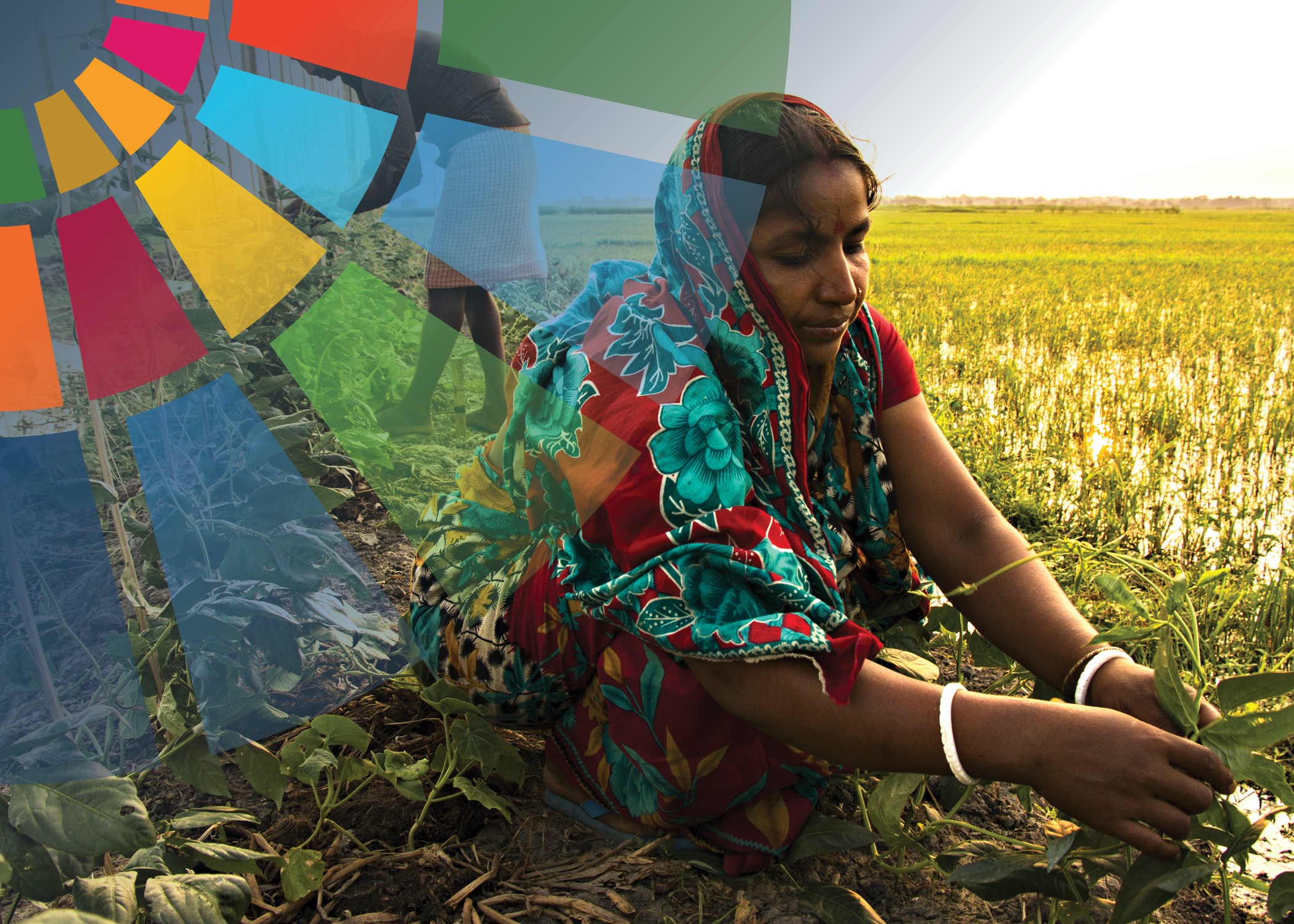
Gender equality, women’s empowerment, and food systems: Consensus and gaps in the literature
What works to achieve gender-equitable food systems.
-
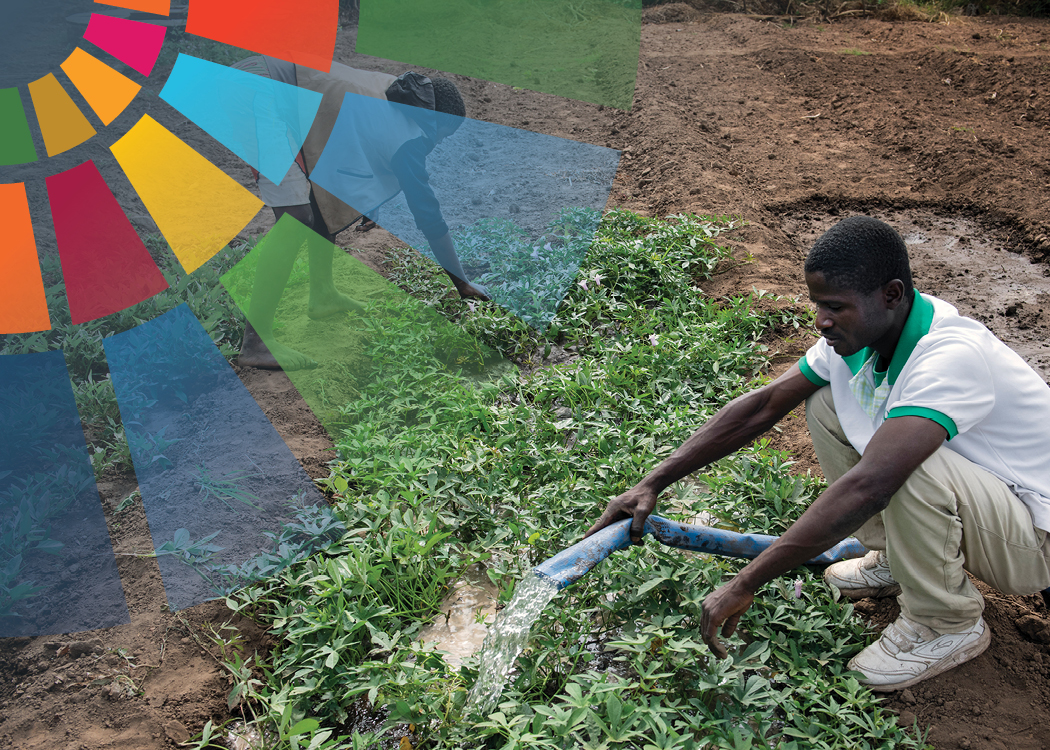
Charting a productive, sustainable future for small farms amid food system transformation
Encouraging the adoption of promising innovations.
-
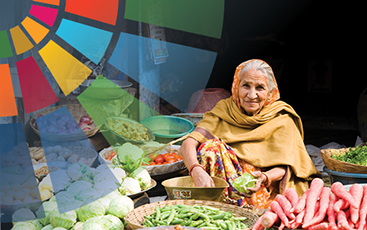
Ending hunger: A Fund, an Alliance, or… both?
A new proposal to meet SDG2.
-
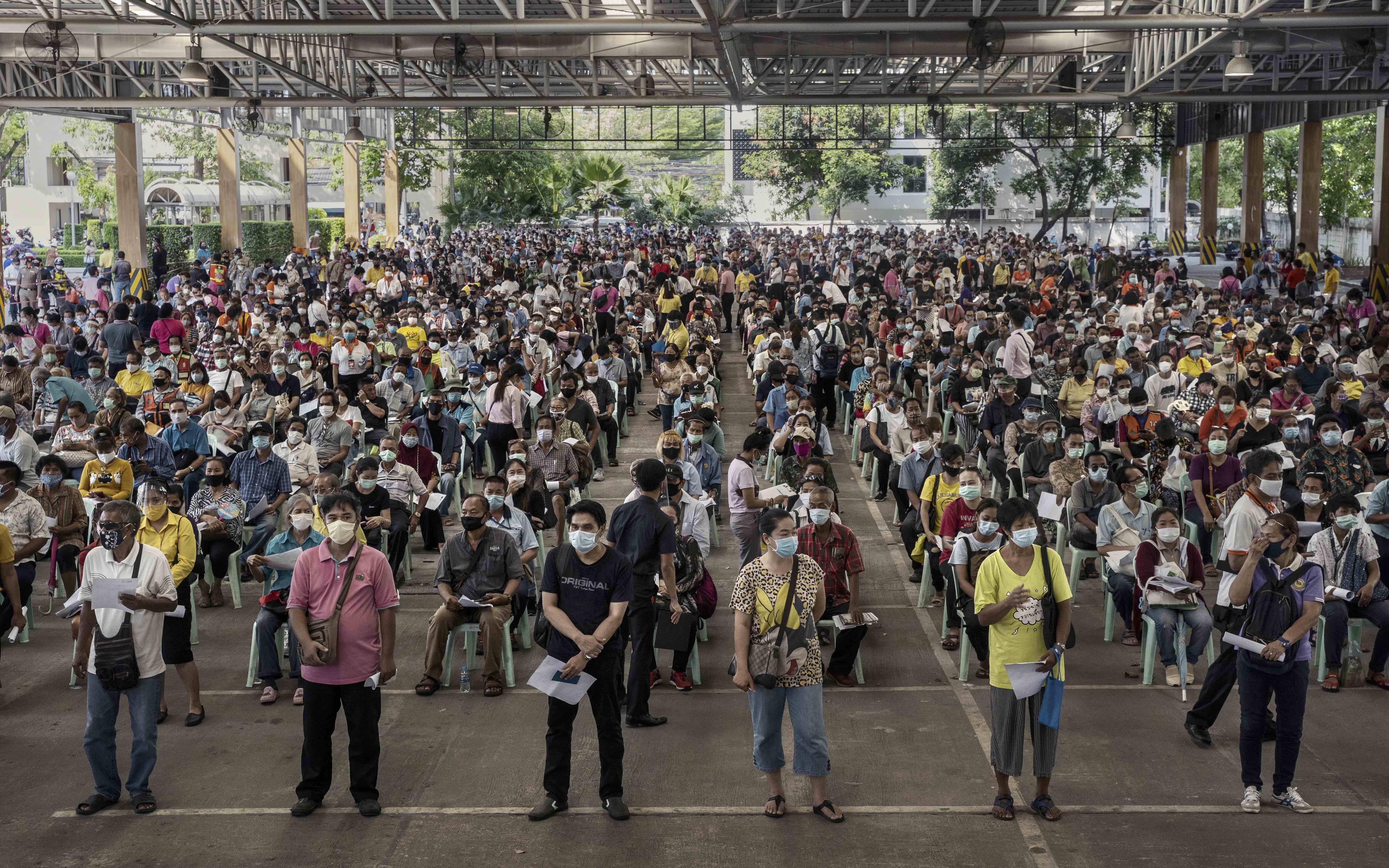
Policy responses to COVID-19: What worked and how to build resilience for the future
The pandemic has exposed fragilities and encouraged innovations.
-
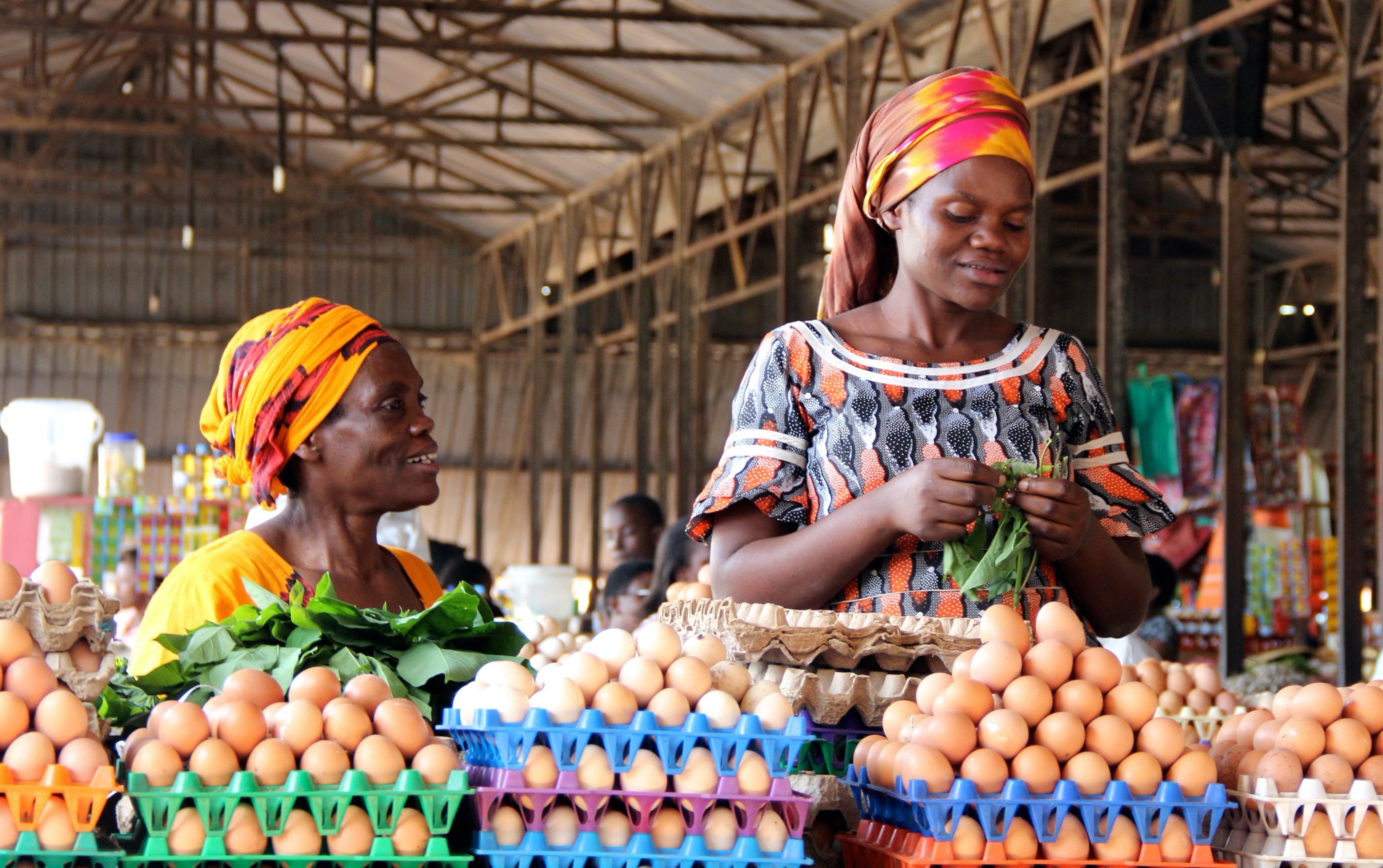
The Global Food Systems 5050 Initiative: Tracking and promoting progress on gender equality amid food systems transformation
A new index will asses the actions of more than 200 producer organizations, food companies, global nonprofits, and research institutions on women's empowerment.
-
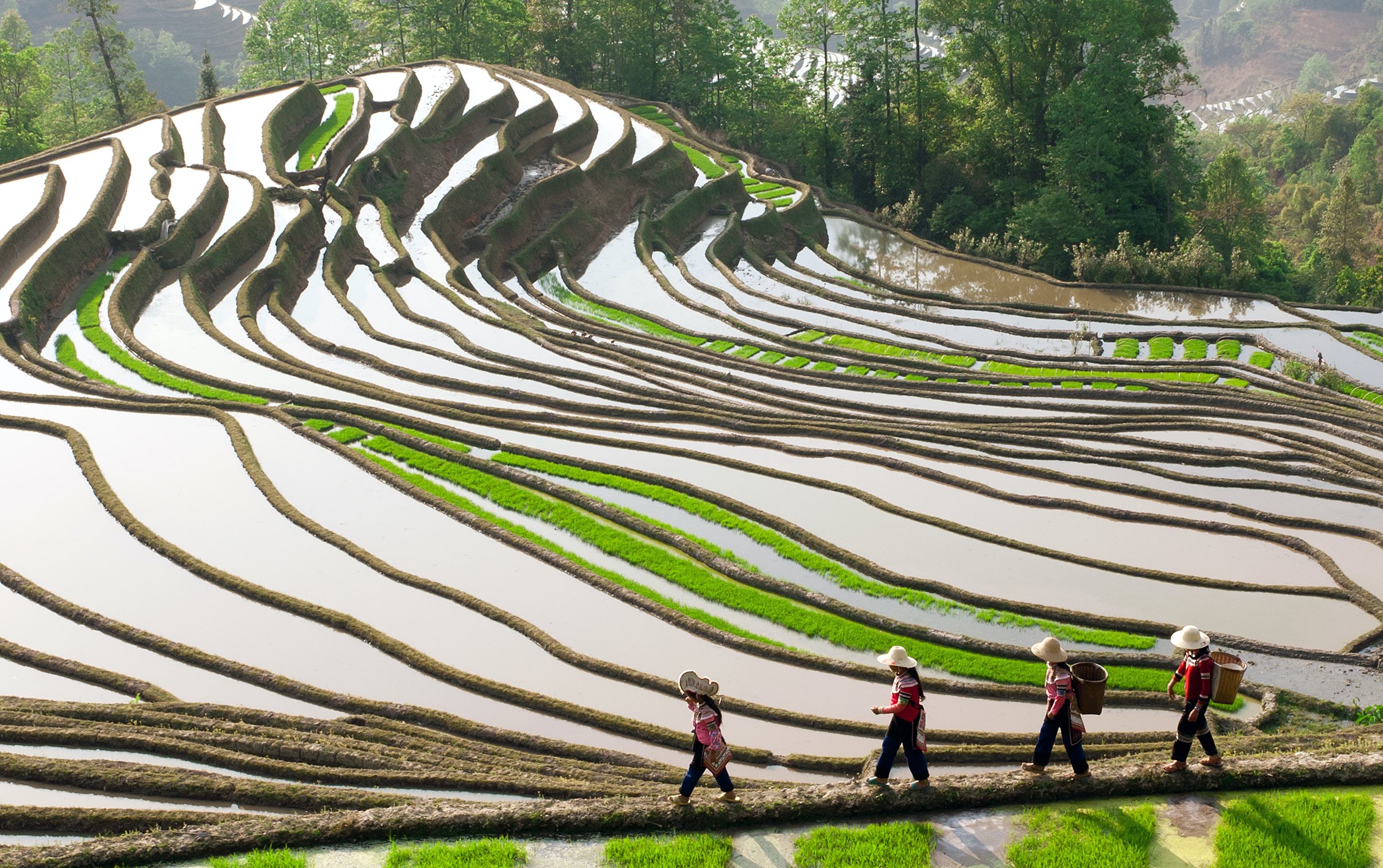
Earth Day 2021: Restoring agriculture to transform food systems
Insights for a post-pandemic world from IFPRI's Global Food Policy Report.
-
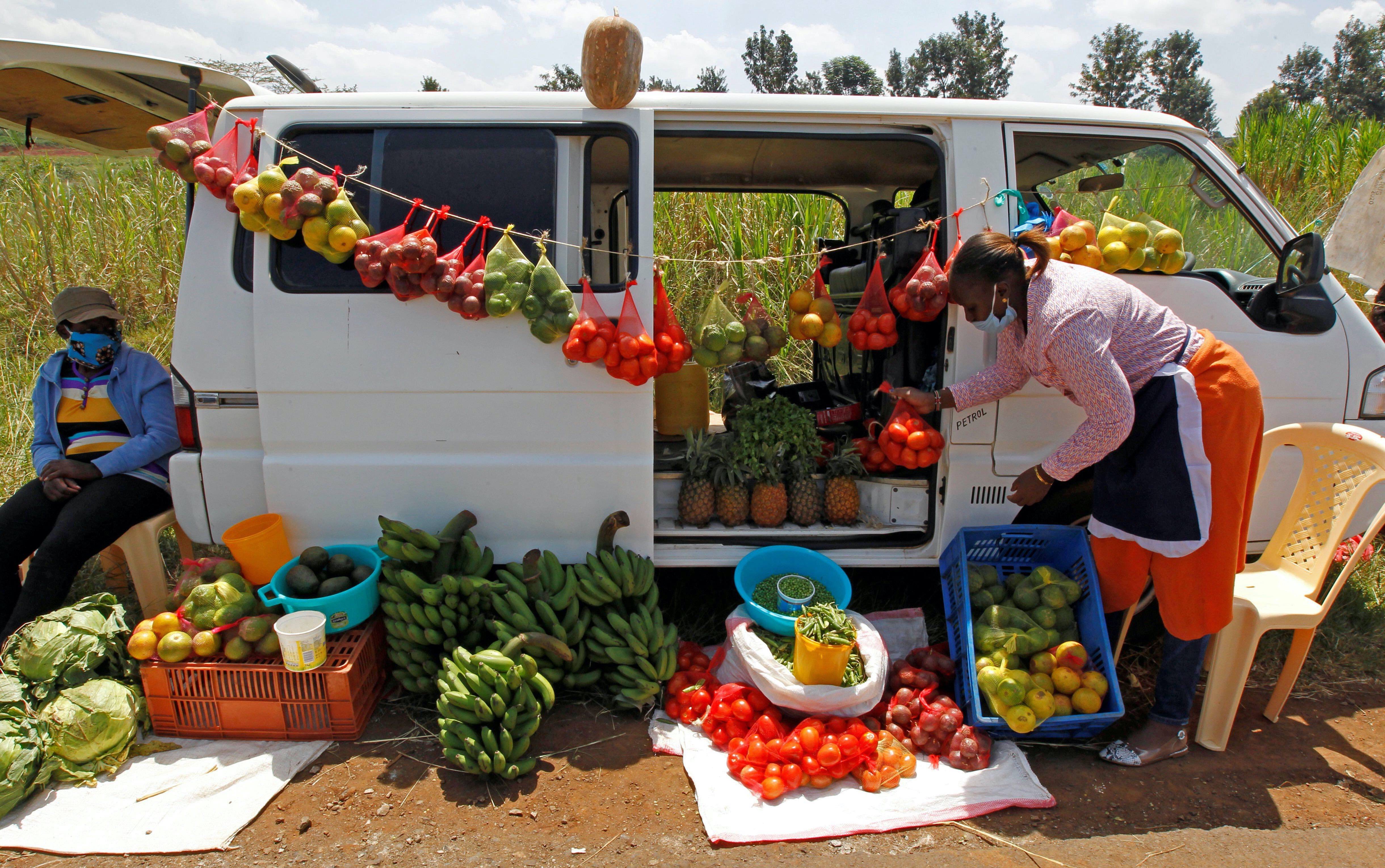
COVID-19 pandemic offers rare chance for food systems transformation
Creative pandemic responses have created an opportunity for real structural change.
-
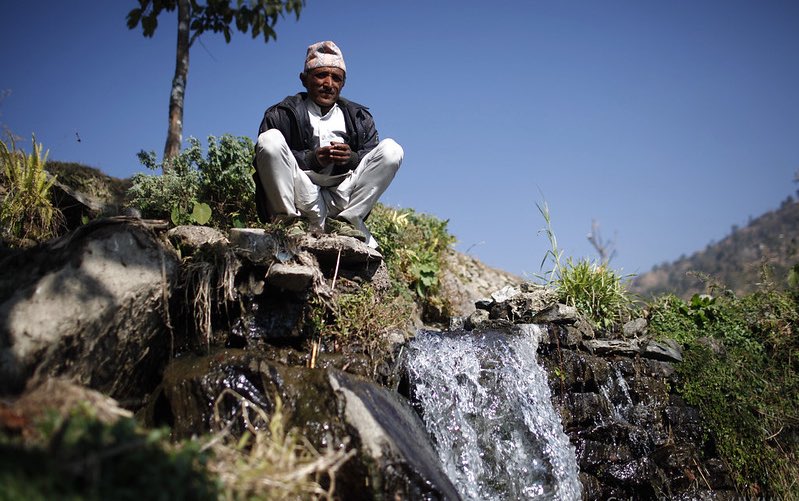
World Water Day 2021: How can we manage better what we value most?
What we really mean when we talk about water’s value.
-
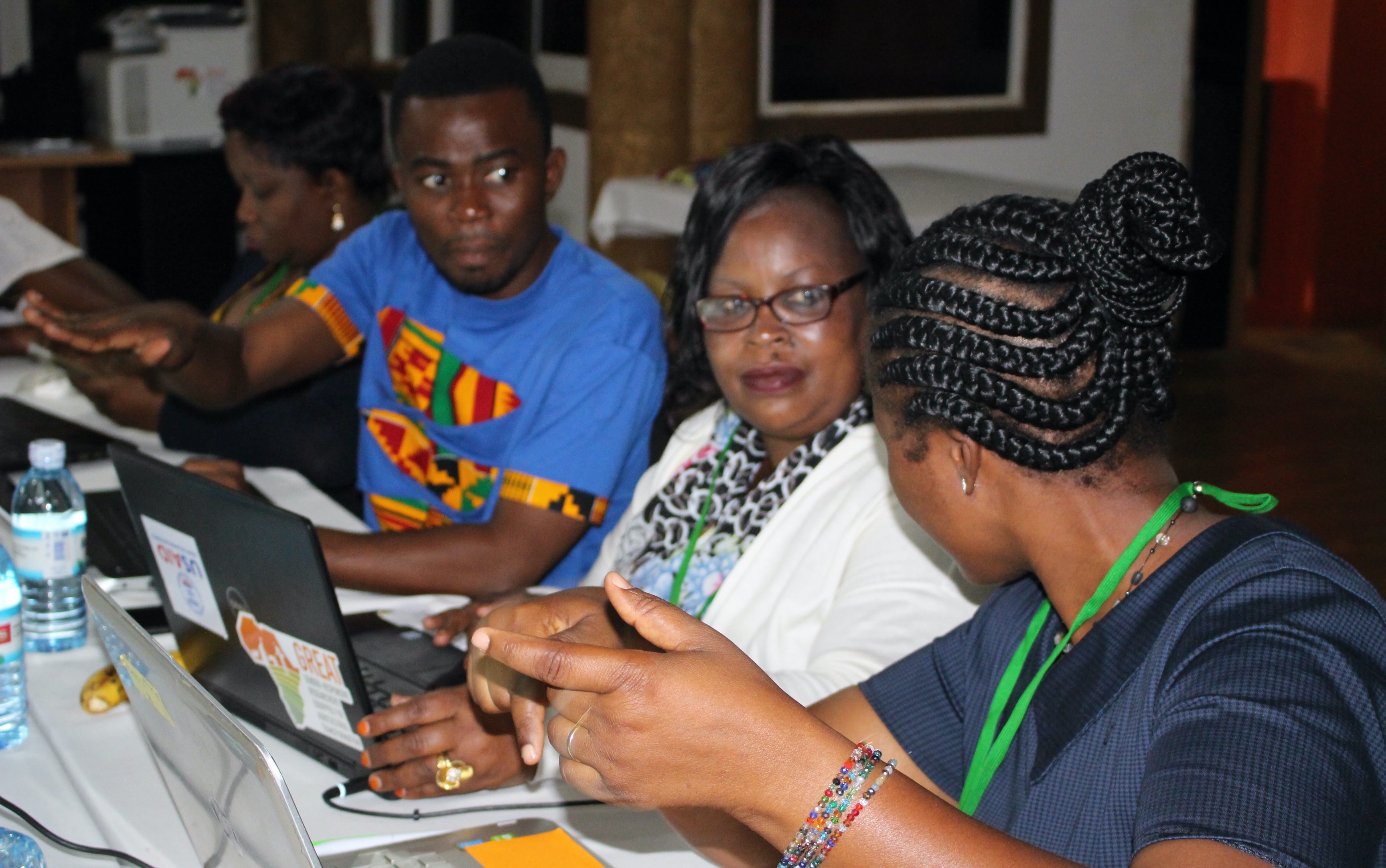
Now available: The project-level Women’s Empowerment in Agriculture Index Distance Learning Module
A new online course launching on International Women's Day offers training for researchers and development practitioners.
-

International Women’s Day 2021: IFPRI resources to foster gender equality in a COVID-19 world
This year's IWD theme is “Women in leadership: Achieving an equal future in a COVID-19 world.”
-
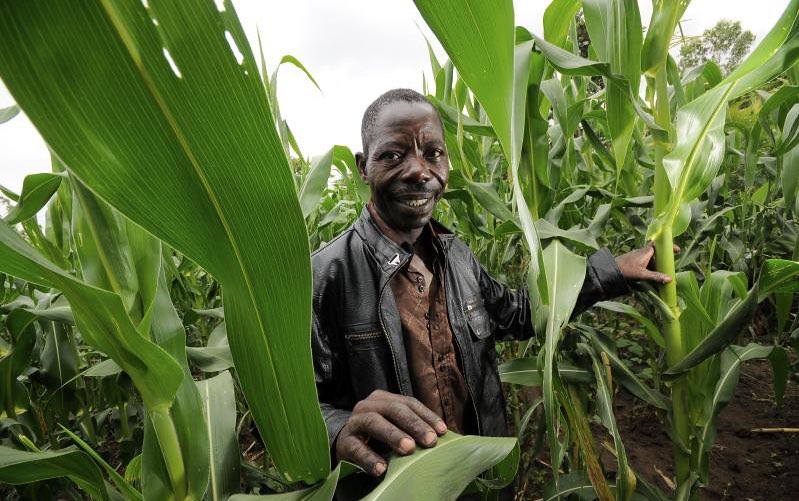
How to encourage farmers to adopt sustainable agriculture
Approaches crucial to address the climate crisis.
-
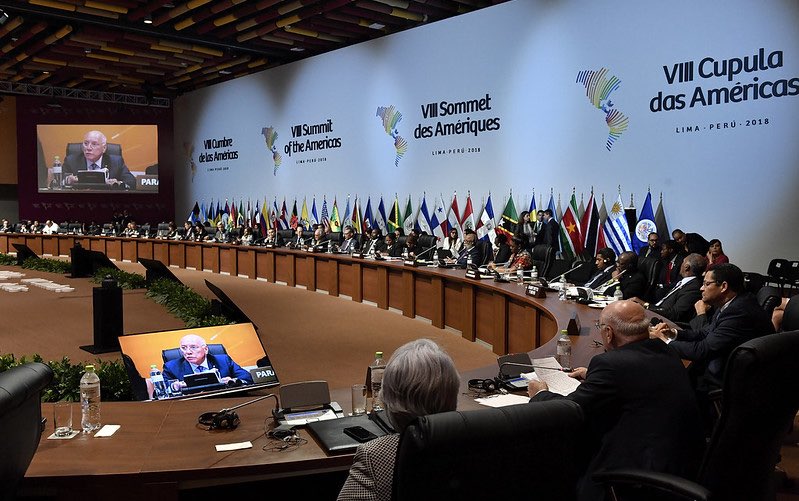
2021 Summit of the Americas: At a precarious moment, an opportunity for a bold regional agenda
Cooperation can help Latin America and the Caribbean confront significant challenges.
-

Cumbre de las Américas 2021: En un momento precario, una oportunidad para una agenda regional audaz
Cooperation can help Latin America and the Caribbean confront significant challenges.
-
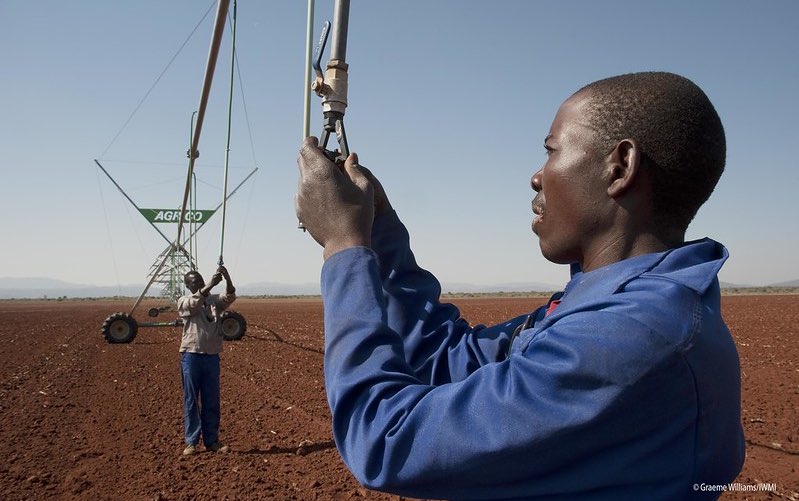
Book: Global perspectives on agricultural development
Exploring challenges ranging from climate change to value chains.
-
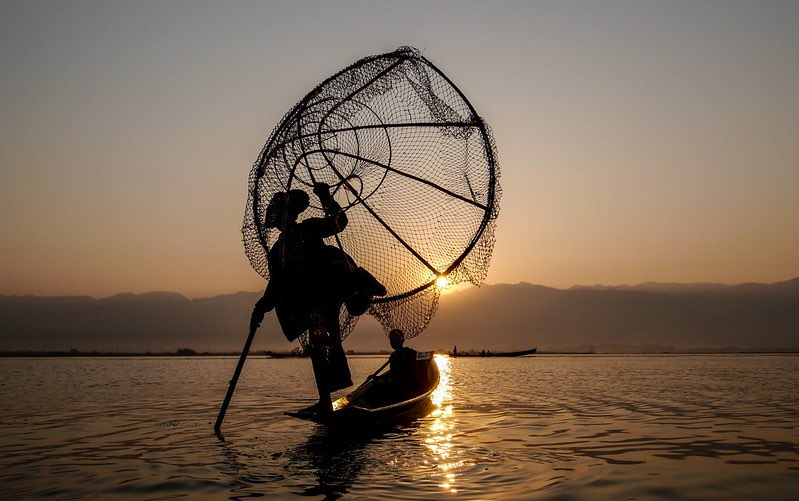
Agricultural value chain finance can help drive Myanmar’s agricultural growth
Overcoming limited access to banking and other services.
-
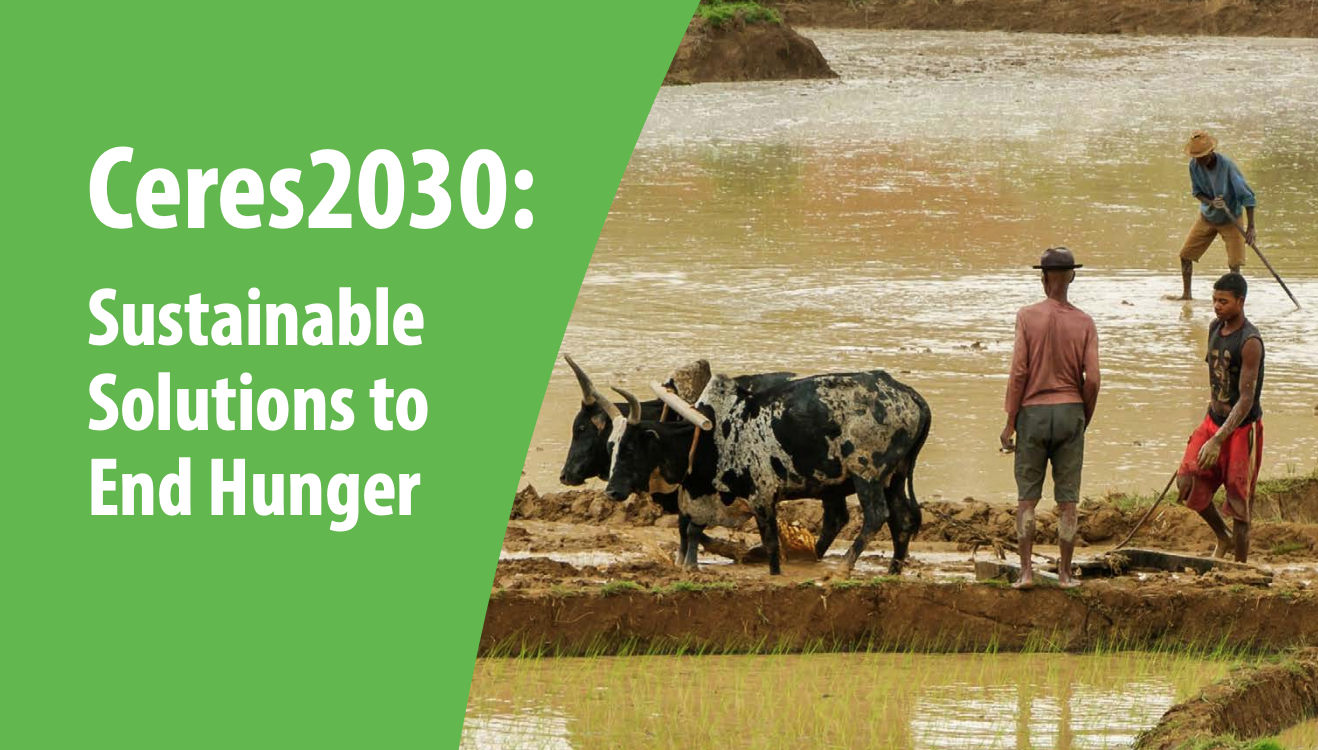
Big costs, bigger rewards: How $33 billion in spending each year can help end hunger sustainably by 2030
Outlining a path to global food security.
-

IFPRI book: What Africa can learn from Asia about agricultural mechanization
Lessons for overcoming market failures and other problems stifling innovation.
-
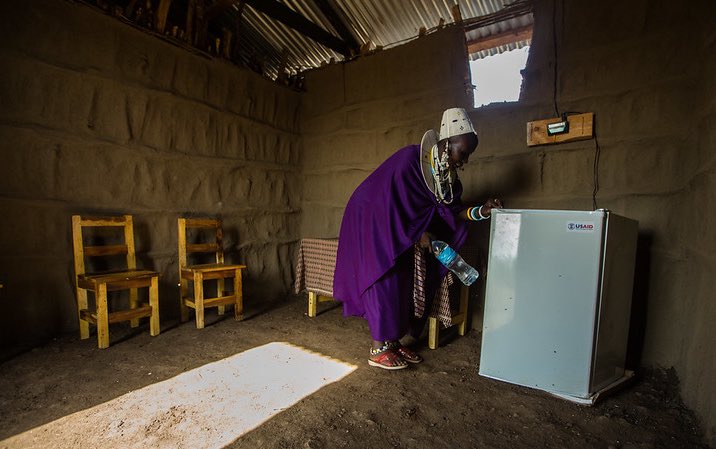
Why the G20 needs to focus on energizing food systems in Africa
Renewables are key for building sustainable agriculture and long-term food security.
-
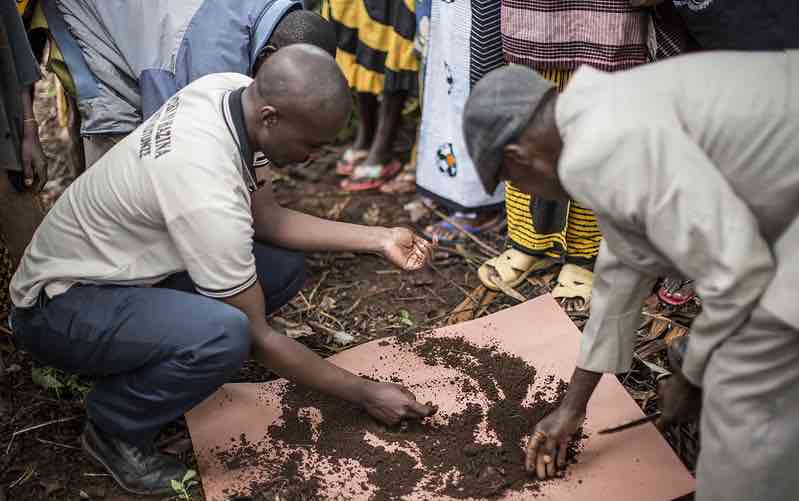
Measuring the true cost of food
What the consumer pays rarely incorporates many social and environmental impacts.
-
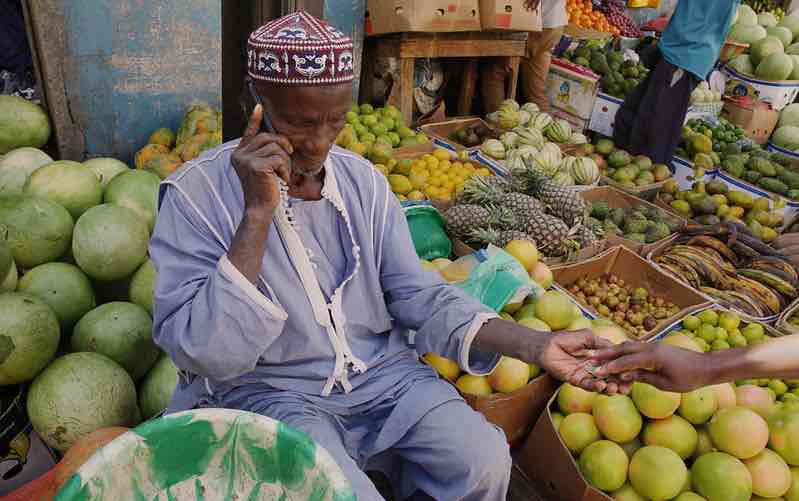
Making digitalization work for African agriculture: The role of the enabling environment
A key tool in food system transformation.
-
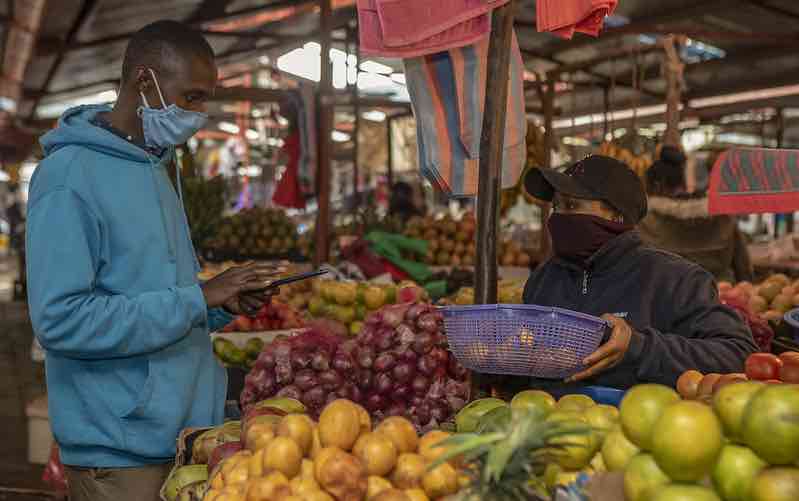
Flattening the curve on foodborne illness and its costs in Africa
A “business as usual” approach to food safety will do little to check the health threats in many countries.
-
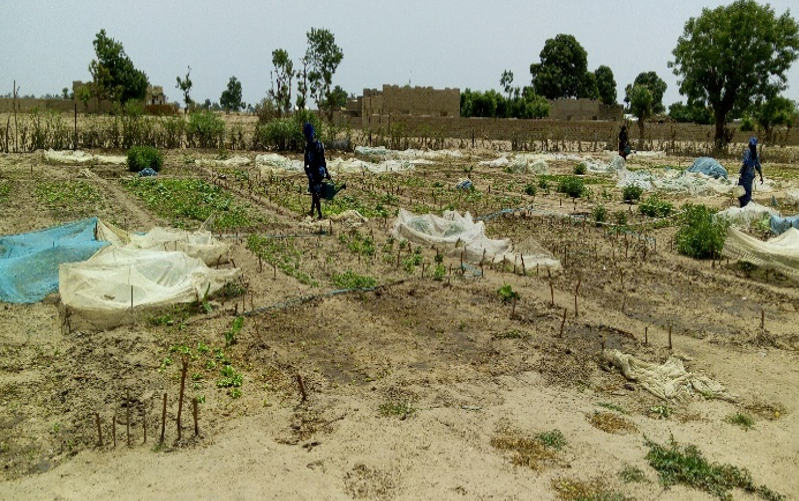
Boosting African agricultural growth and transformation: The importance of producer organizations
Collective action provides a way for smallholders to overcome market obstacles.
-
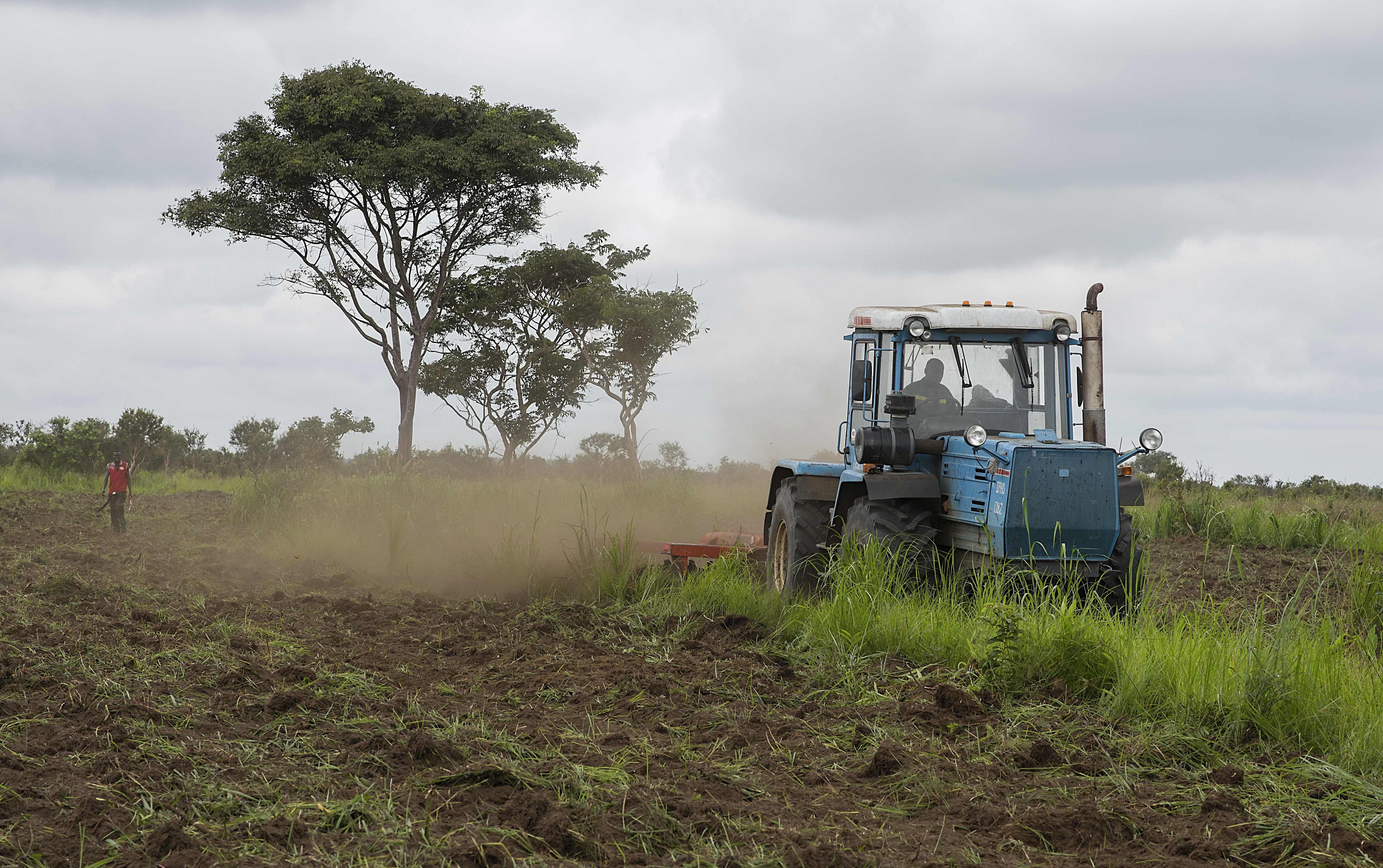
In search of effective support for agricultural mechanization in Africa
Rising food demand and a shrinking rural labor pool have made the need for tractors and other machines increasingly urgent.
-
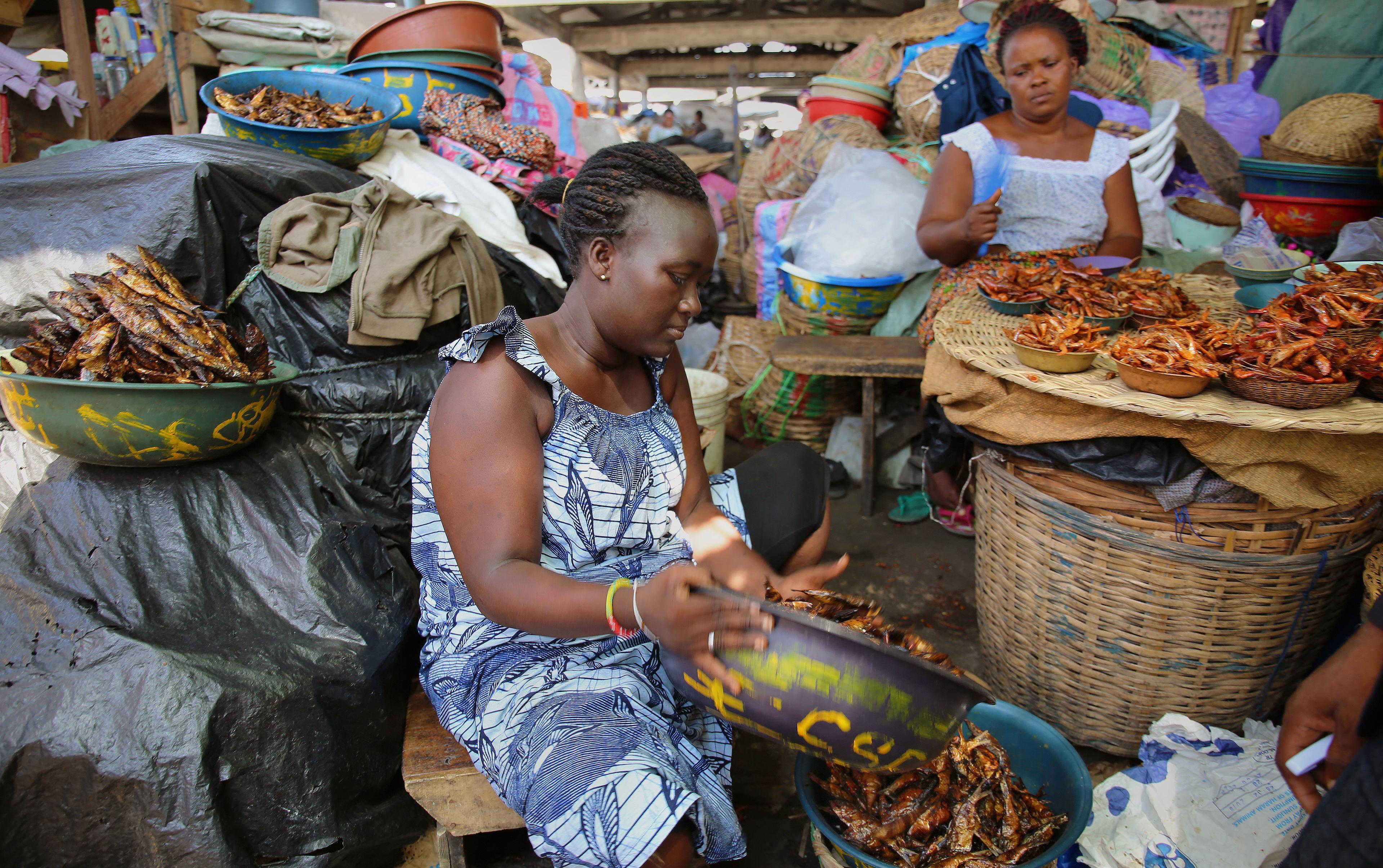
Growing cities, growing food insecurity: How to protect the poor during rapid urbanization
The relative abundance of food in cities does not mean that everyone has equal access to safe, diverse, healthy, and affordable diets.
-
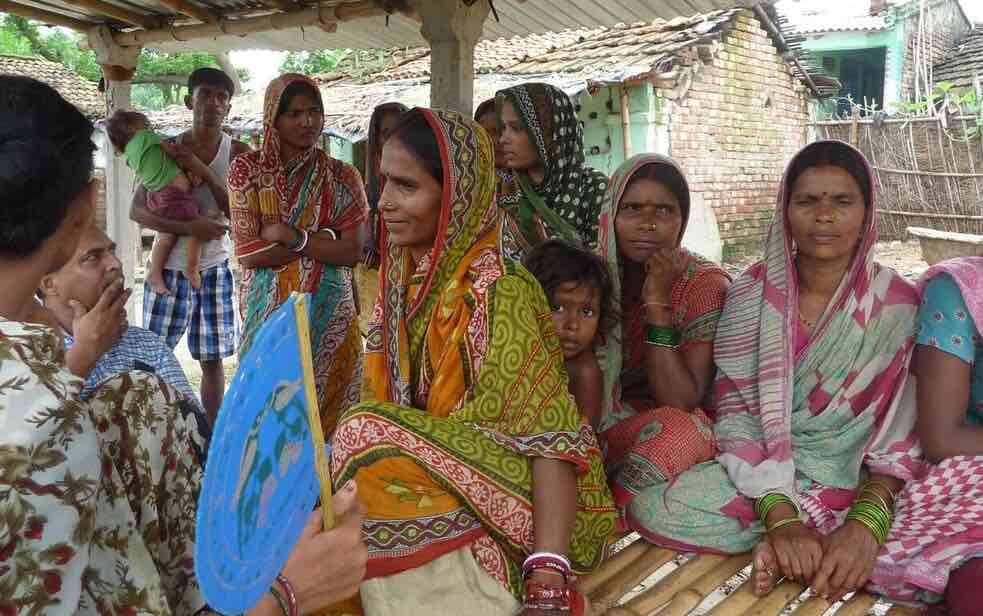
International Day of Rural Women 2020: Building resilience and gender equity in the face of COVID-19
Some ways to lighten extra burdens the pandemic has imposed on women.
-
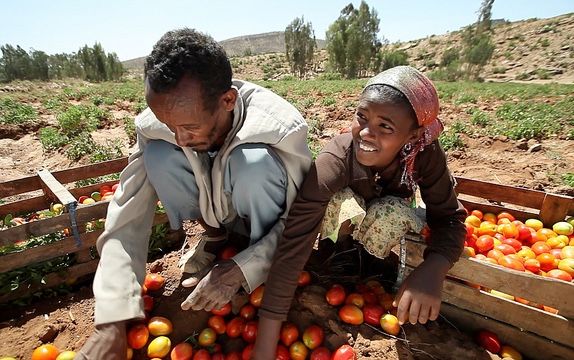
Inside Ethiopia’s agricultural success story
A new IFPRI book explores the country's recent growth and prospects for the future.
-
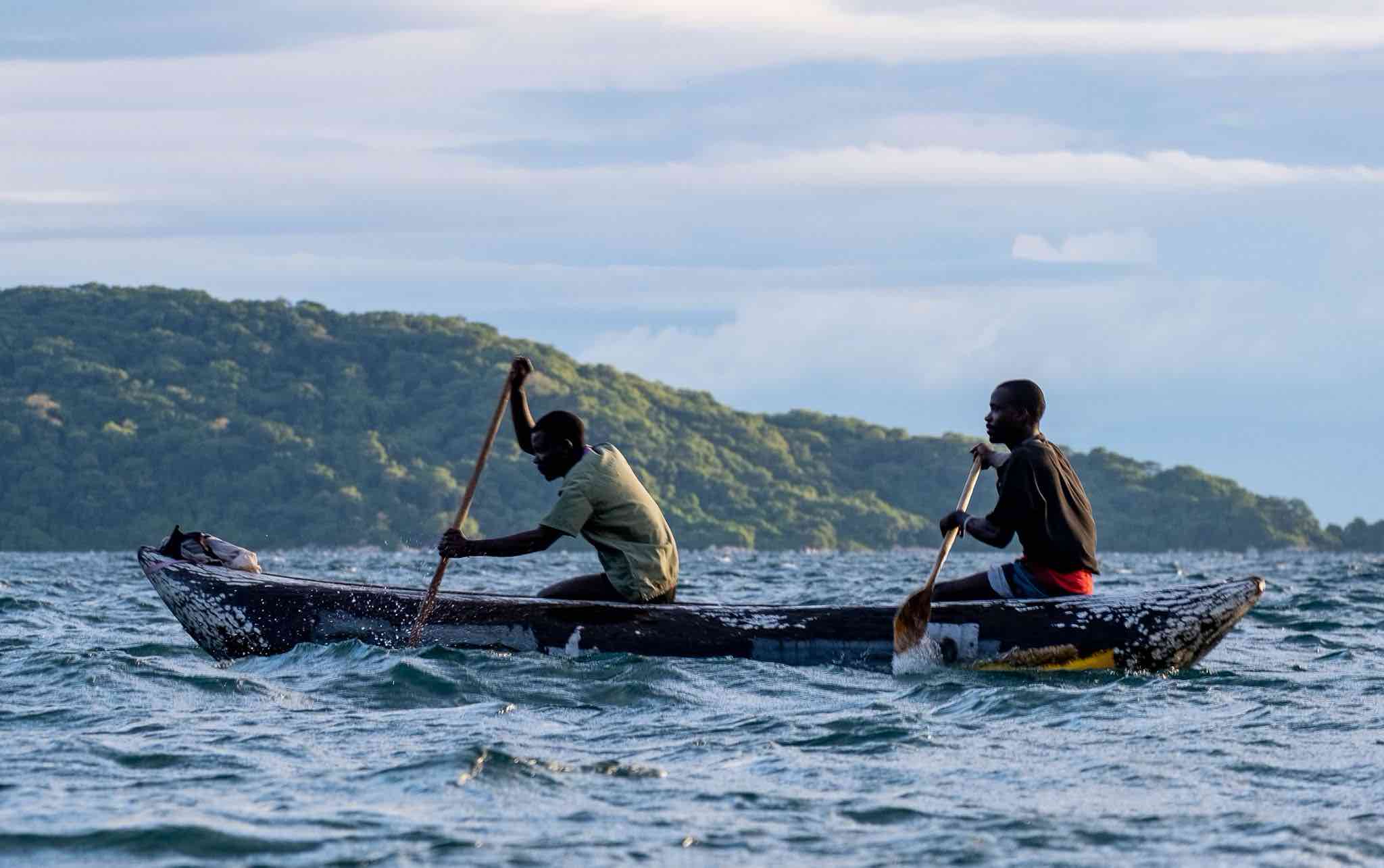
IFPRI mentorship journeys: Developing insights into consumer demand for tilapia in urban Malawi
A master's student and IFPRI researcher examine a key issue for food value chains.
-
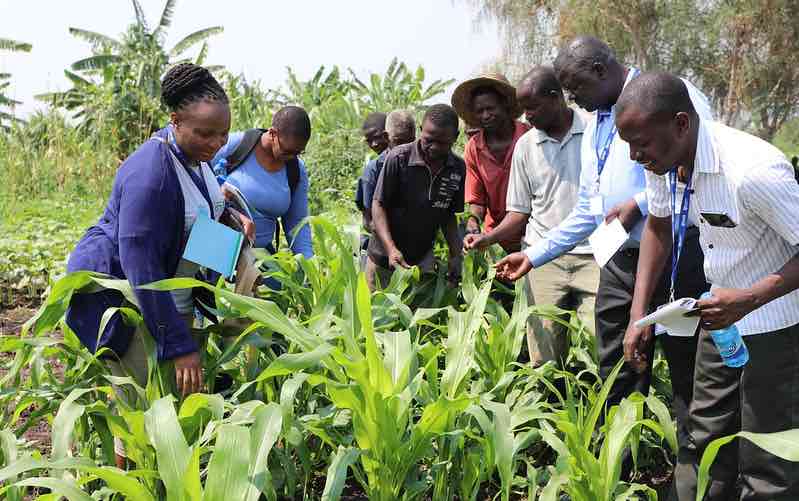
IFPRI mentorship journeys: Providing advice and research support for Malawi agriculture students
A master's student and an IFPRI researcher shepherd a thesis to publication—part of the Bunda Grant Scheme program.
-
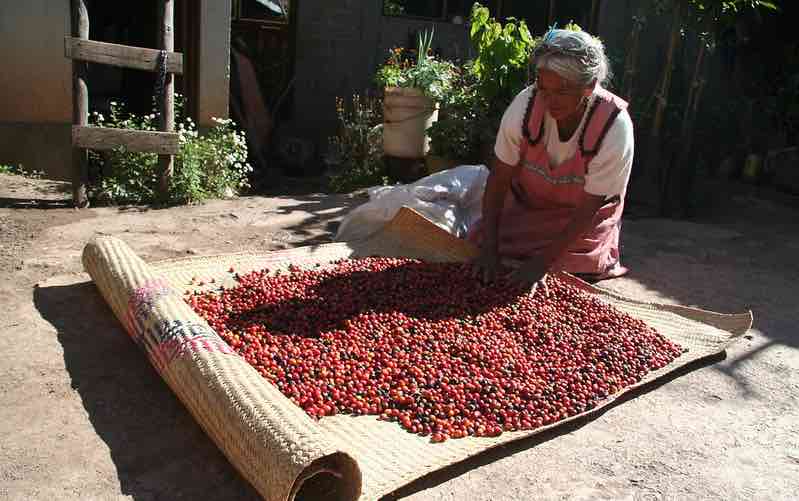
Food market stability: A necessary step for global social and environmental sustainability
A strategy for agricultural trade.
-
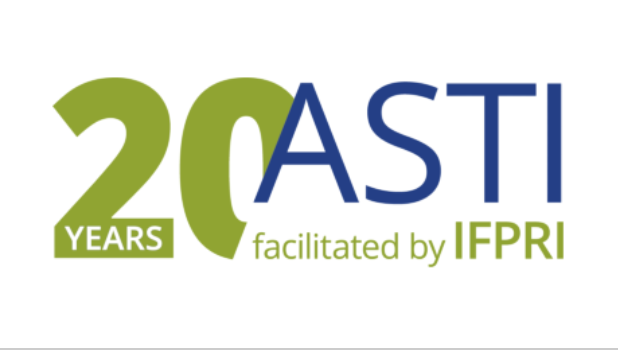
20 years of ASTI: The go-to source for data and analyses on agricultural research in developing countries
How evolving technology has stimulated data collection and research.
-
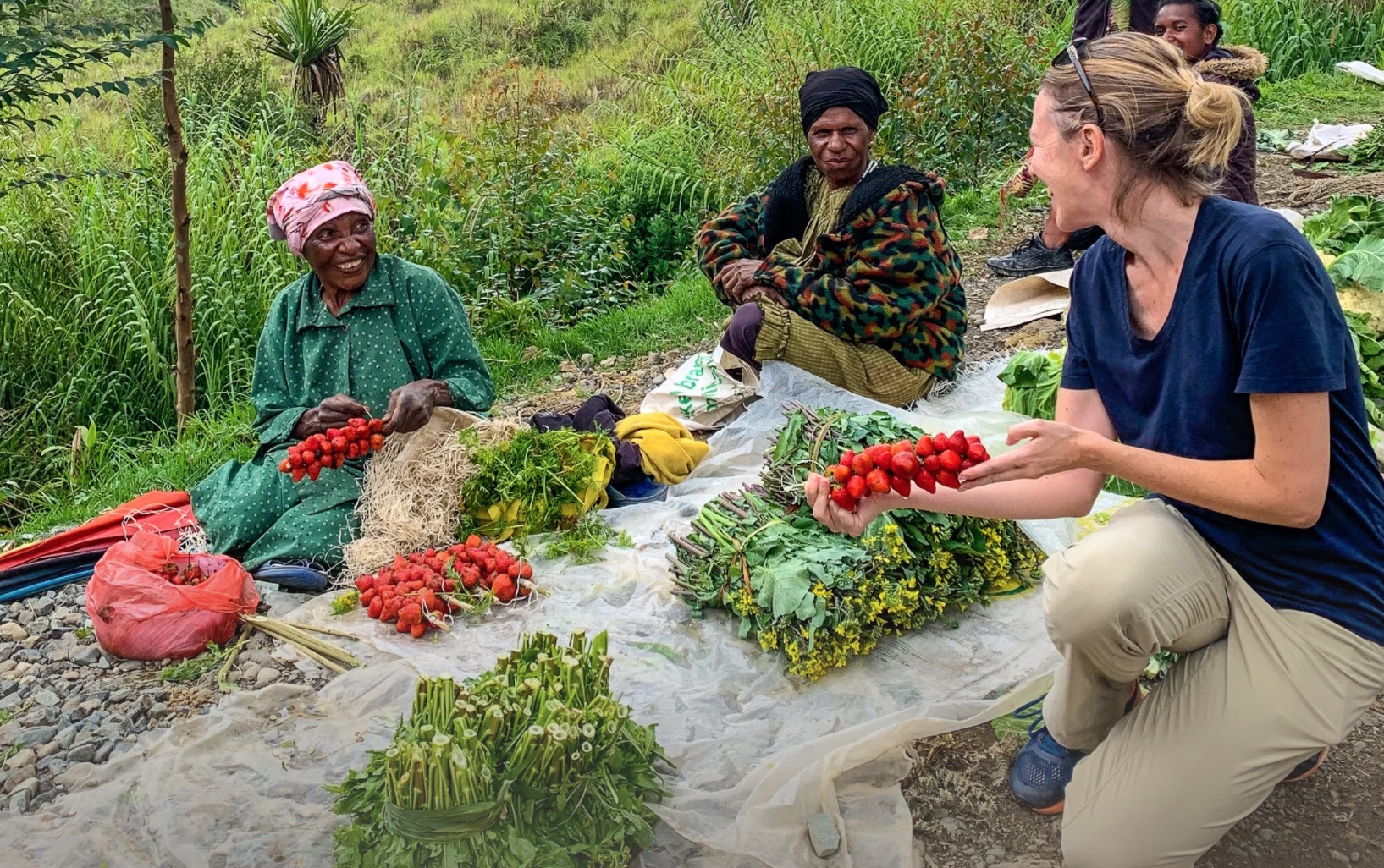
Photo essay: Data collection in a diverse and complex food system
A research journey through Papua New Guinea.
-
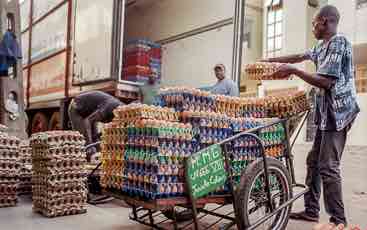
Making food system value chains inclusive for smallholders and rural people
Expanding agrifood value chains are creating huge opportunities for greater inclusion of rural people in processing, transport, and retail. From IFPRI's 2020 Global Food Policy Report.
-
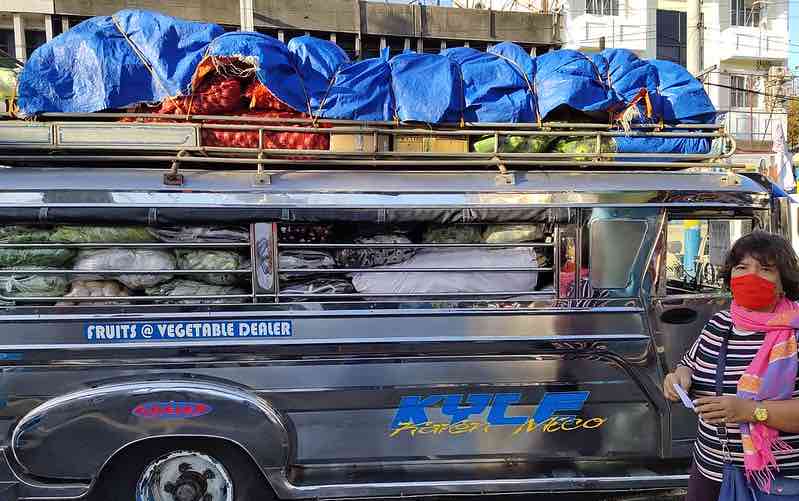
COVID-19 and resilience innovations in food supply chains
Creative pandemic adaptations in e-commerce and other areas show long-term promise.
-
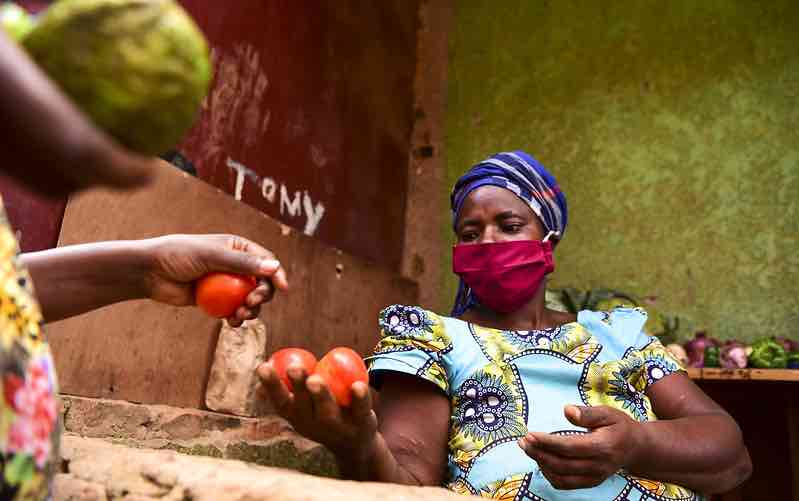
How to ensure effective government responses as COVID-19 spreads to rural areas
Rural residents face a distinct set of pandemic challenges.
-
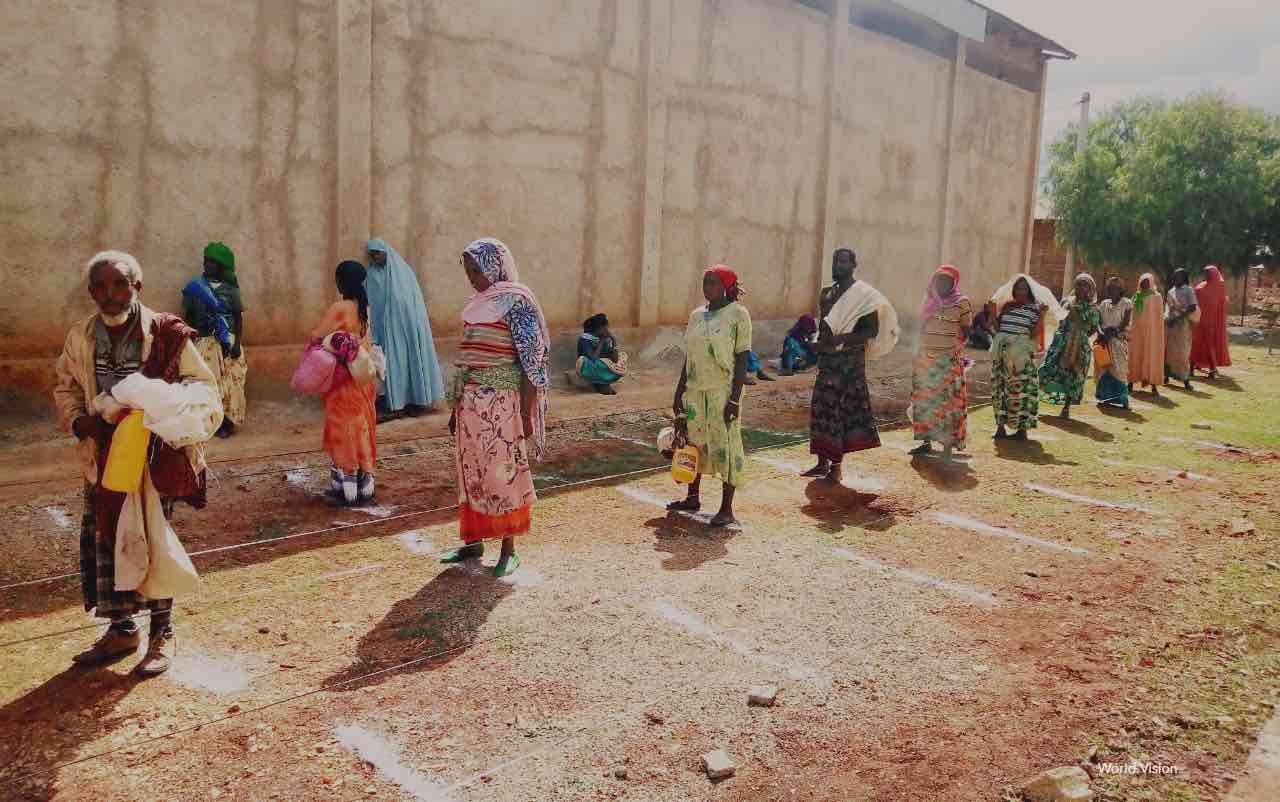
Social safety nets are crucial to the COVID-19 response. Some lessons to boost their effectiveness.
Many countries have already implemented social assistance programs, but more challenges lie ahead.
-
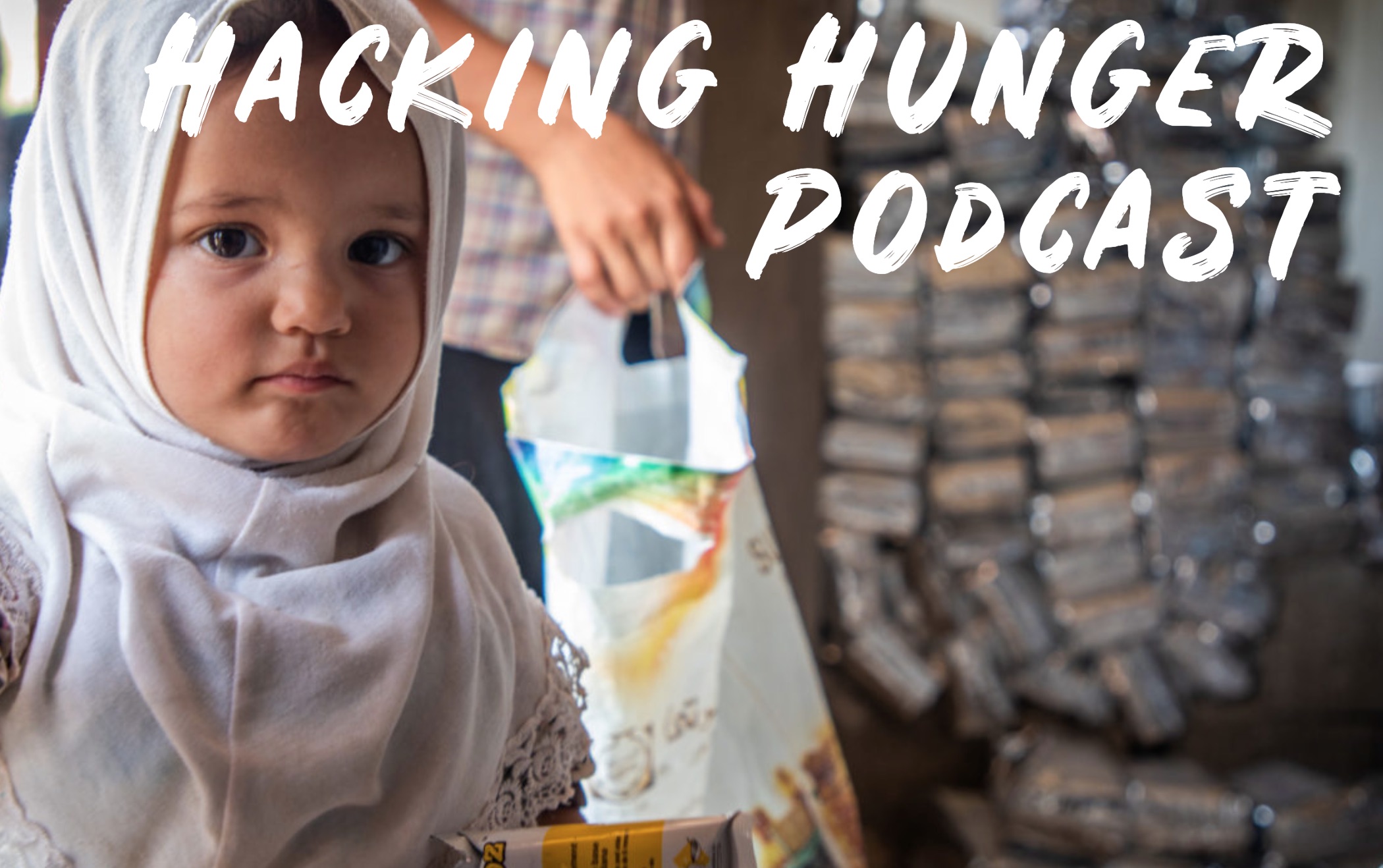
Interview: IFPRI’s Johan Swinnen on the COVID-19 pandemic, food security, and building future resilience
Creating more inclusive food systems for a post-pandemic world.
-
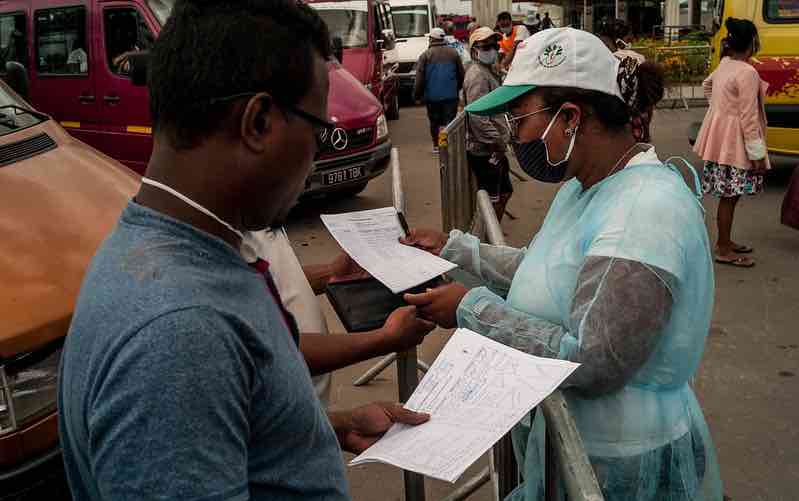
Trust in science and in government plays a crucial role in COVID-19 response
Breakdowns in public confidence can endanger public health.
-
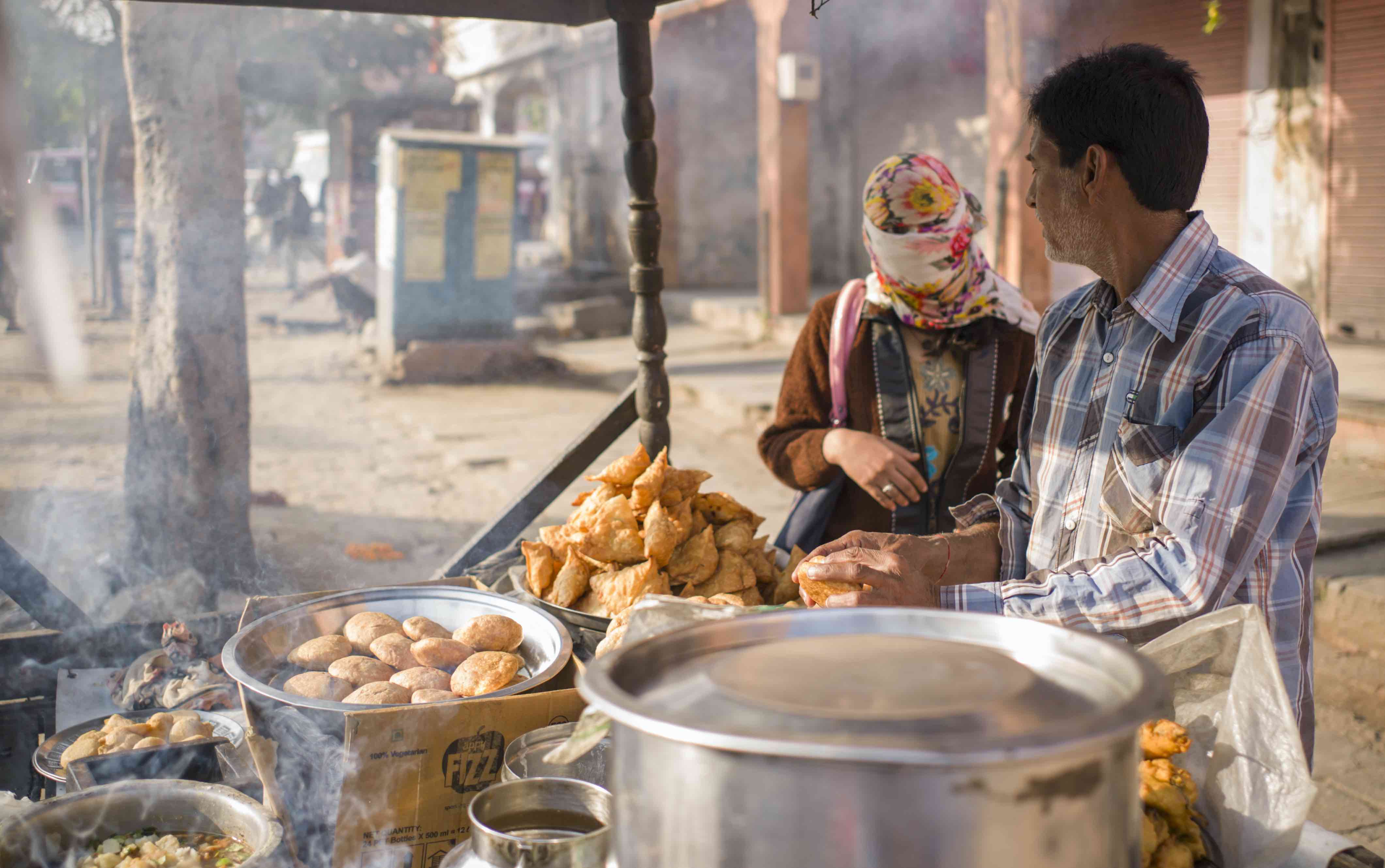
World Food Safety Day 2020: COVID-19 offers an opportunity for India’s food systems to deliver on safety and health
Awareness of the importance of food systems hygiene is on the rise.
-
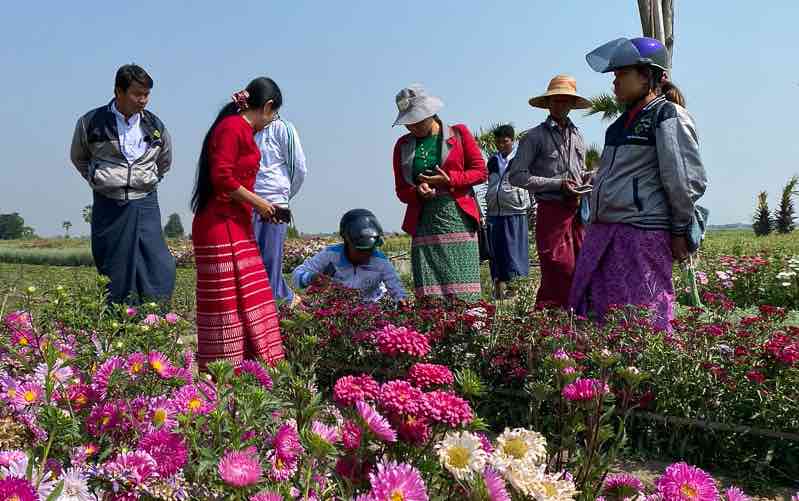
Exploring agricultural research and extension linkages in Myanmar: A photo essay
Building better connections to bring the latest techniques and technologies to farmers.
-
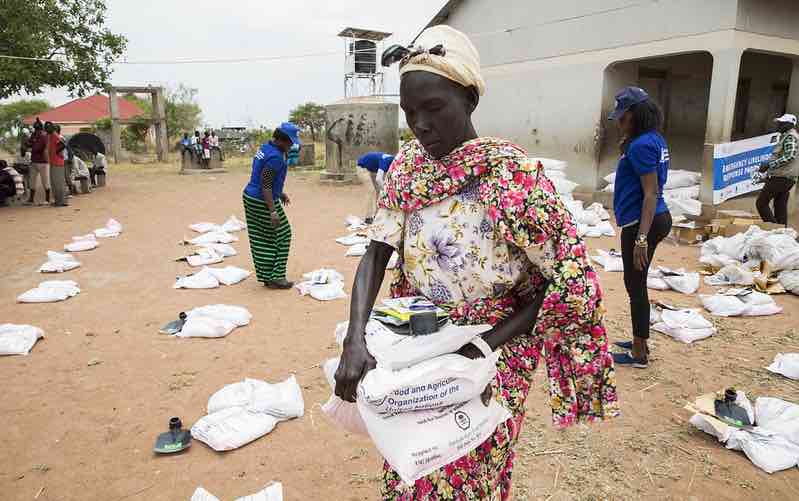
Fixing the global food system after coronavirus
Finding ways to sustainably intensify the production of safe and nutritious food over the long term.
-
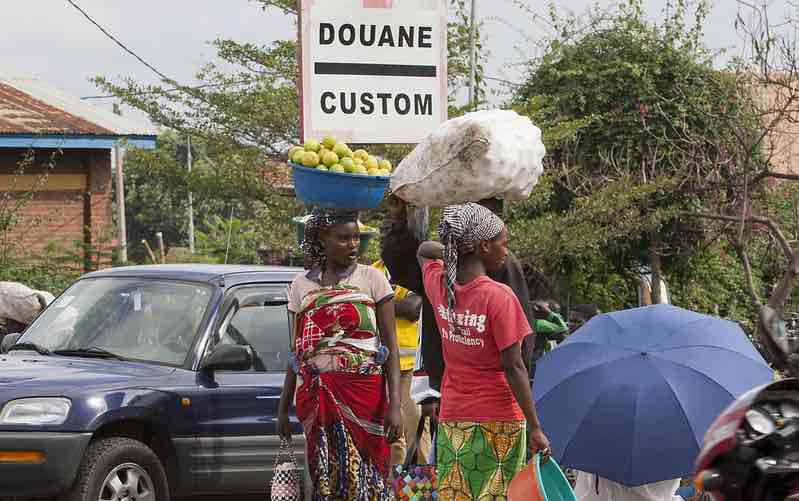
Les politiques à-la-frontière mises en place contre le Covid-19 affectent le commerce africain et les populations locales
Emergency border restrictions have costs, including slowdowns in both formal and informal trade.
-

COVID-19 border policies create problems for African trade and economic pain for communities
Emergency border restrictions have costs, including slowdowns in both formal and informal trade.
-
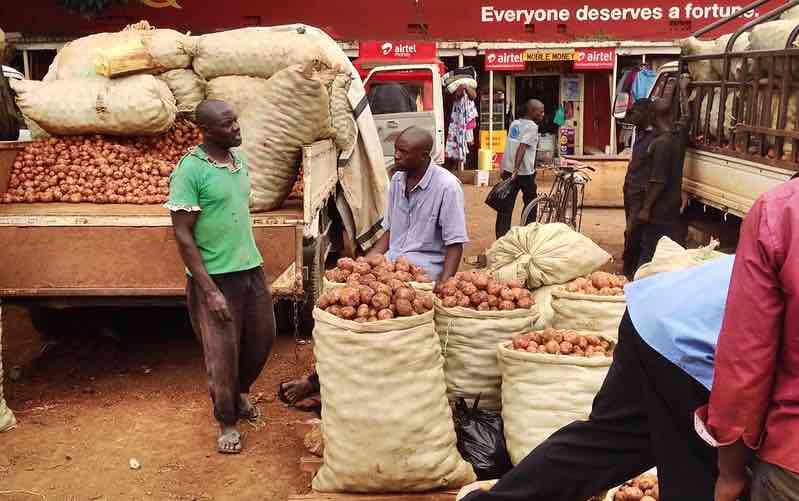
IFPRI’s new COVID-19 Food Price Monitor tracks warning signs of stress in local markets
Spotting the red flag of spiking prices can speed interventions to head off bigger food security problems.
-
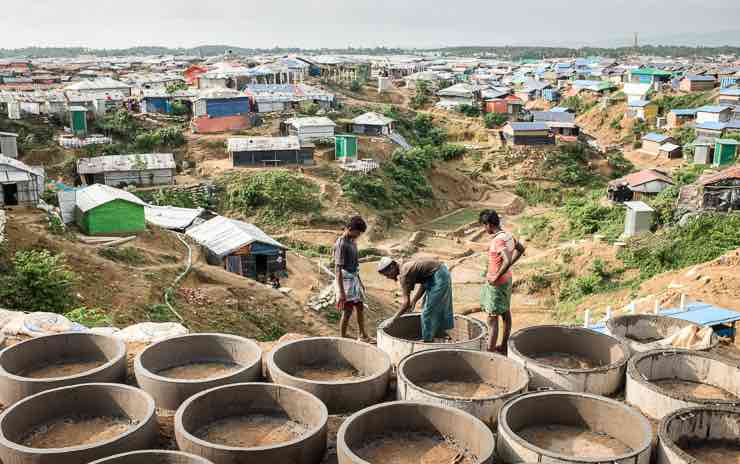
Integrating displaced communities into food systems
With global food insecurity on the rise, some ways to break the recurring feedback loop between conflict and hunger—from IFPRI's 2020 Global Food Policy Report.
-
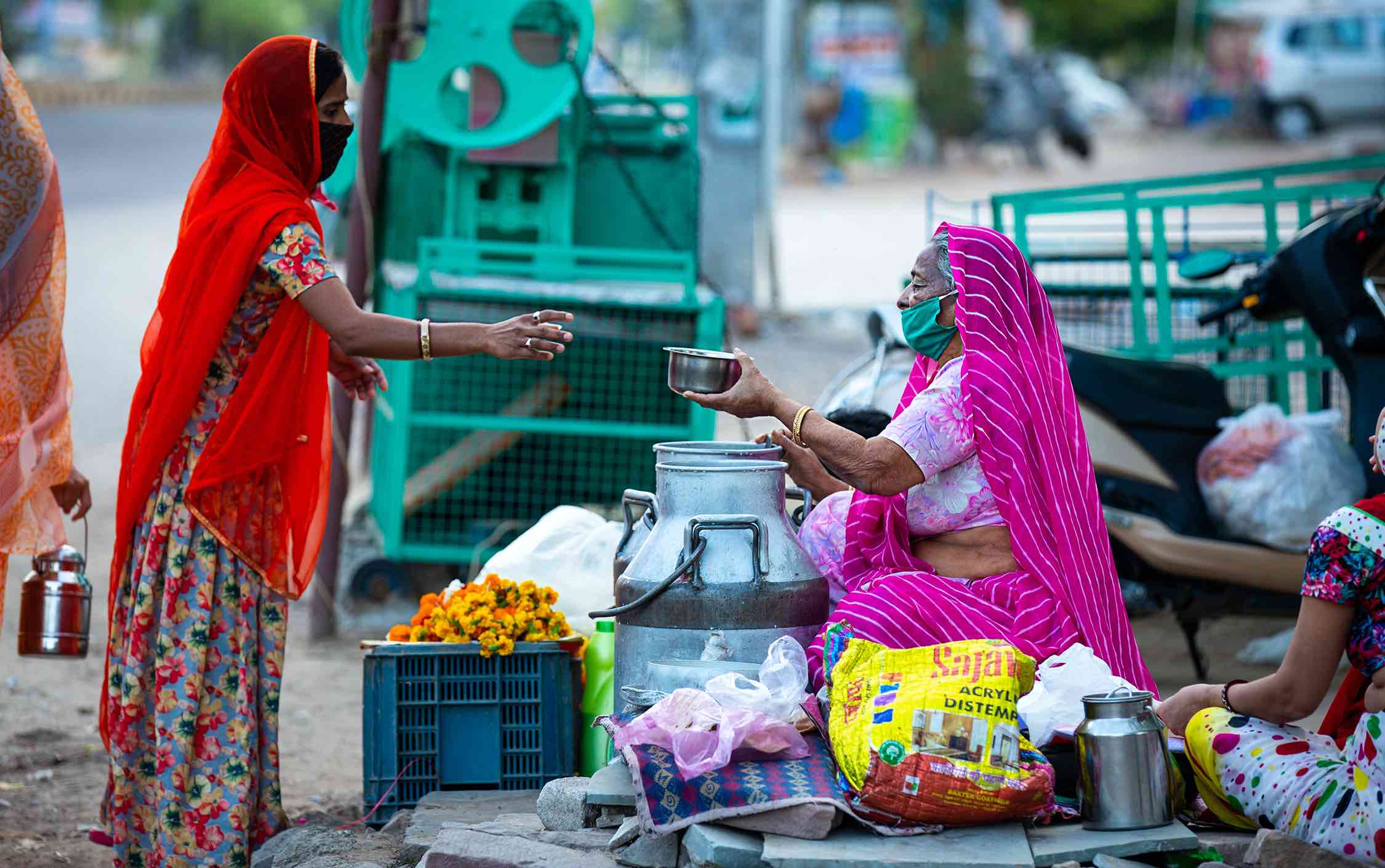
Why gender-sensitive social protection is critical to the COVID-19 response in low- and middle-income countries
Governments ramping up pandemic assistance programs must take care to see they don't widen inequalities.
-
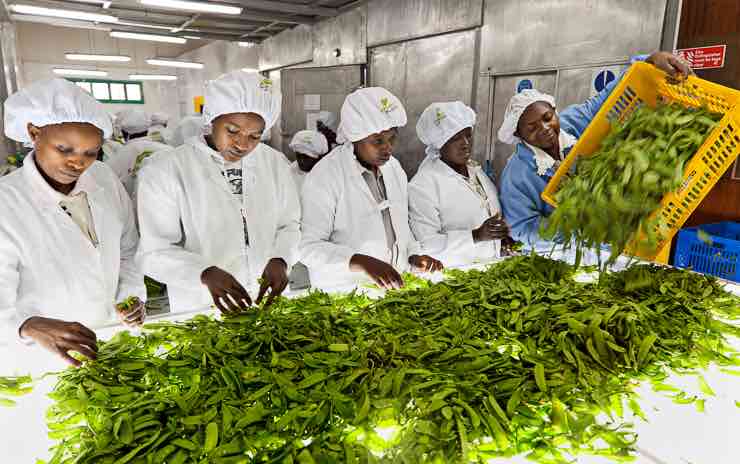
Including Africa’s young people in food systems
Prospects for the continent's "youth bulge" depend on agricultural innovation.
-
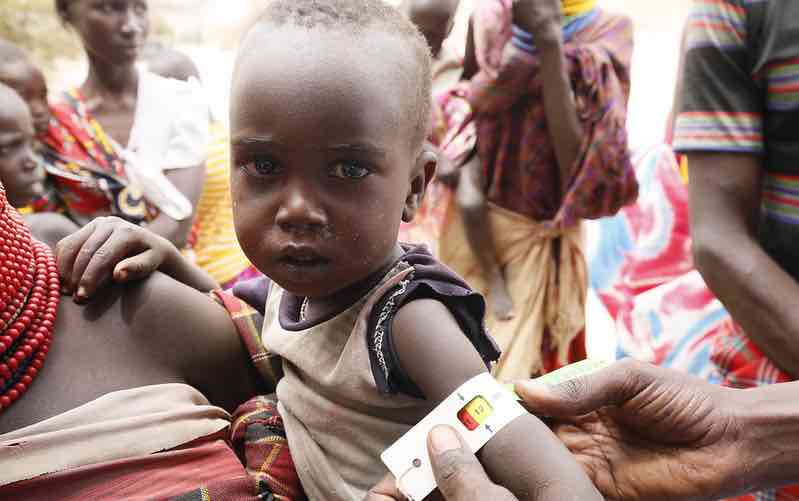
Global Report on Food Crises: 135 million in 55 countries faced acute hunger in 2019
Conflict and climate and economic shocks contribute to rising global hunger numbers.
-

The COVID-19 nutrition crisis: What to expect and how to protect
The pandemic has all the makings of a perfect storm for global malnutrition.
-
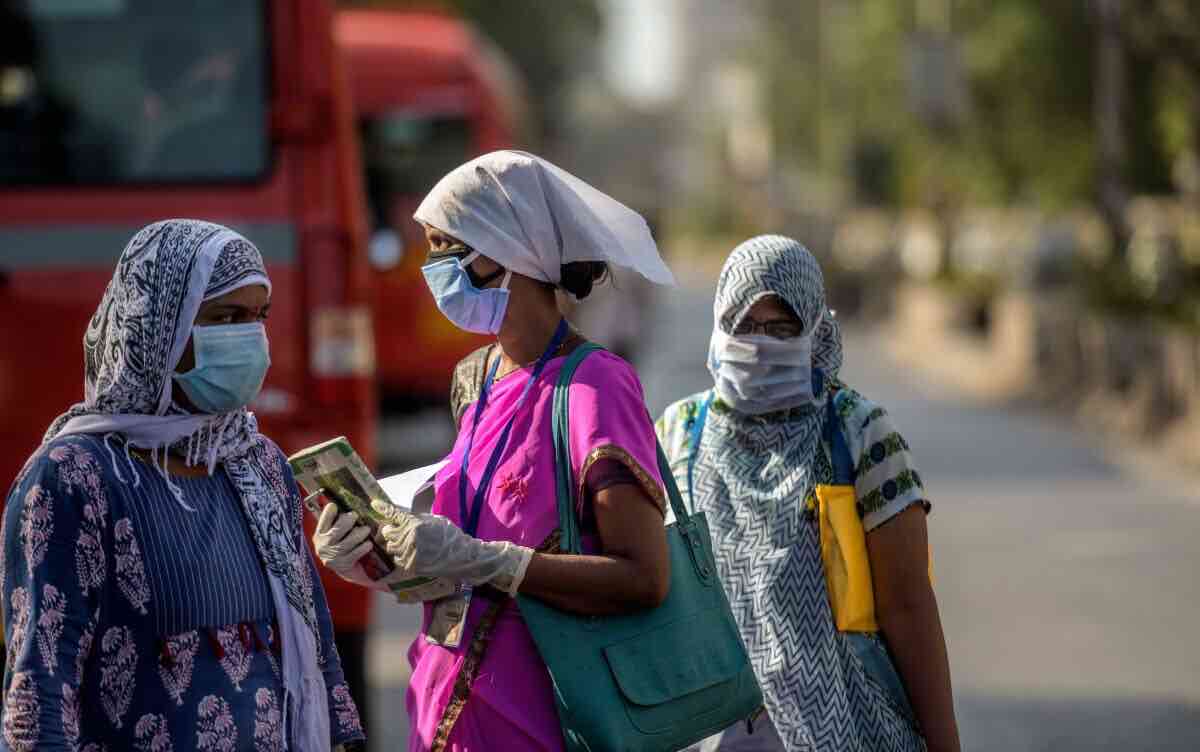
Why gender matters in COVID-19 responses – now and in the future
In low- and middle-income countries, women are key to practical efforts to limit the spread of coronavirus—but face many obstacles men do not.
-
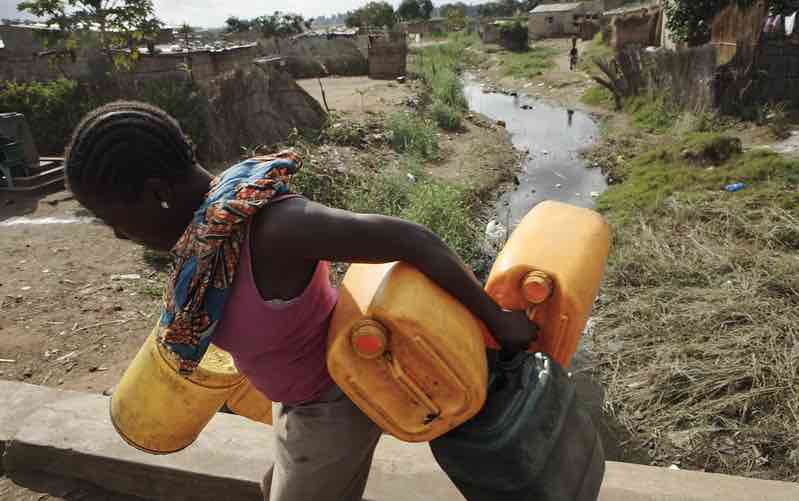
Earth Day 2020: Lessons for human survival from a pandemic and a global environment under stress
The 50th anniversary of Earth Day and COVID-19 crisis prompt reflection on where we are heading as a species.
-
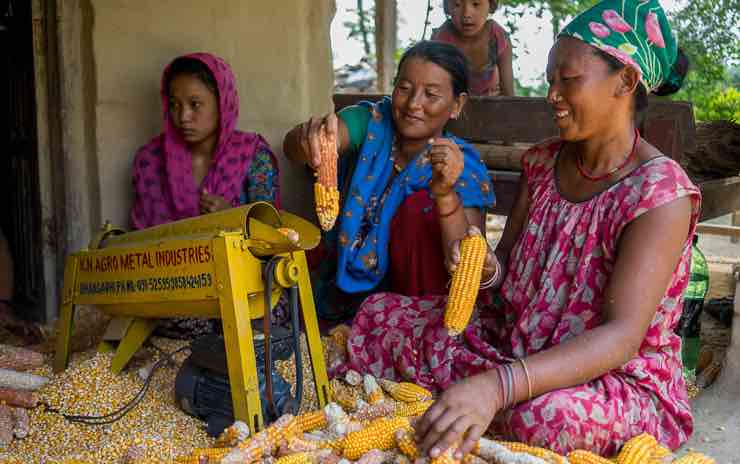
Transforming food systems for women’s empowerment and equity
Ensuring that women’s contributions to food systems are recognized, and that women can make strategic choices about their involvement, has benefits for all.
-
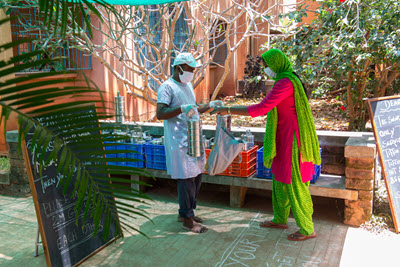
For the poorest countries, the full danger from coronavirus is only just coming into view
Global cooperation is essential to avert a health, economic, and social catastrophe.
-
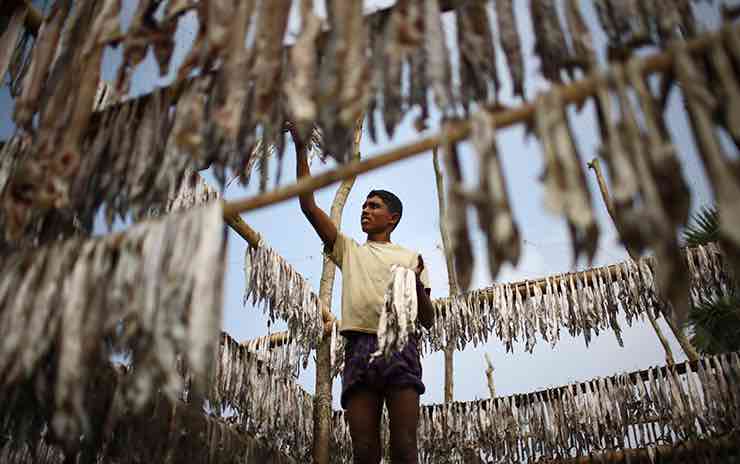
Viewing food system transformation through the country lens
Lessons from Bangladesh, Ethiopia, Nigeria, and Viet Nam on promoting inclusion and better nutrition, from the 2020 Global Food Policy Report.
-
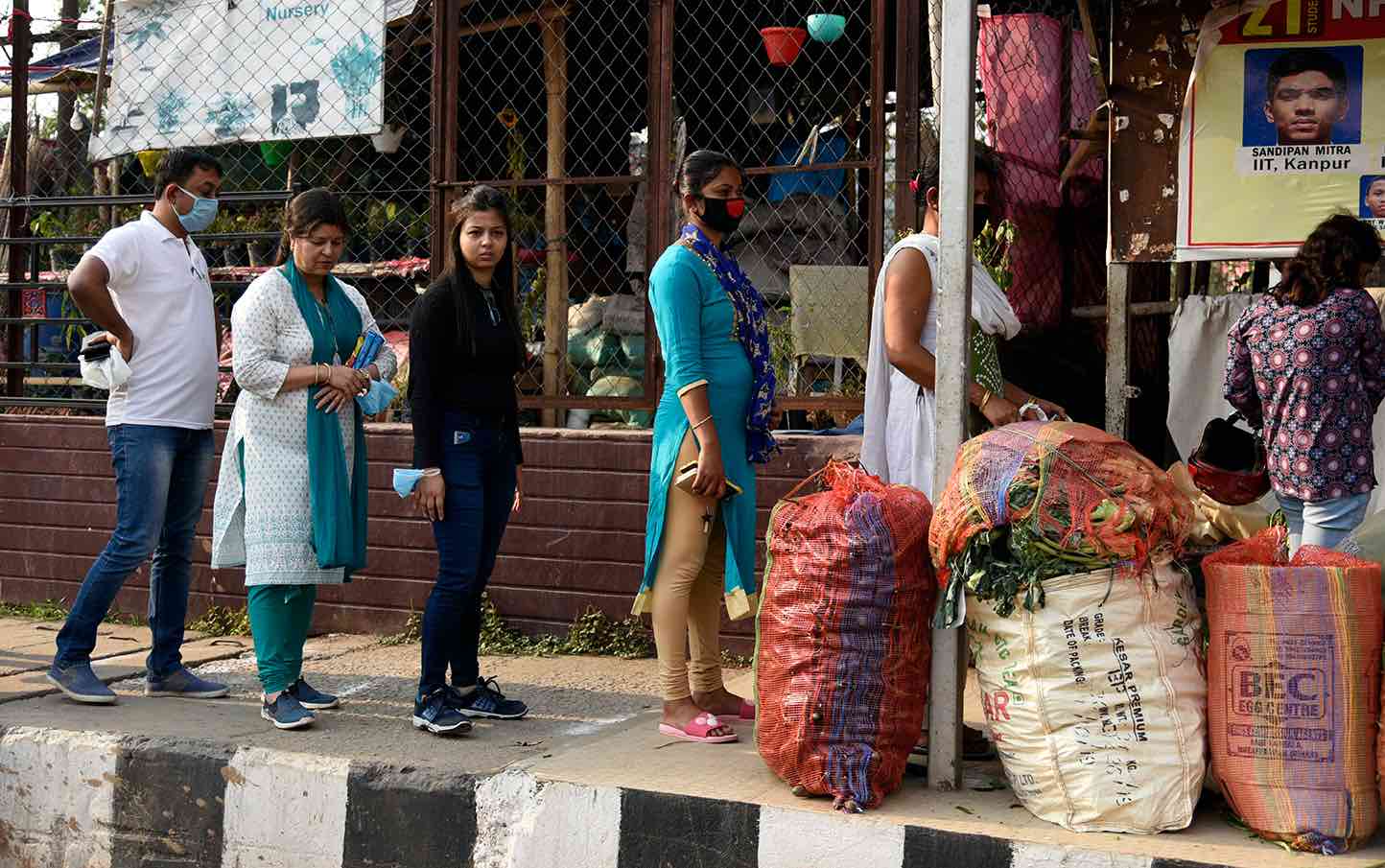
新冠疫情会导致食物危机吗?
If you are rich, the answer may well be no. But if you are poor, the answer is more likely to be yes.
-

Will COVID-19 cause another food crisis? An early review
If you are rich, the answer may well be no. But if you are poor, the answer is more likely to be yes.
-

Respuestas fiscales y monetarias a la pandemia de COVID-19: algunas reflexiones para los países en desarrollo y la comunidad internacional
Governments must use every means at their disposal to cushion the blow of shutdowns and massive job losses.
-

Africa’s growing risk of diseases that spread from animals to people
Forces such as population growth, urbanization, and forest exploitation offer new pathways for viral outbreaks.
-
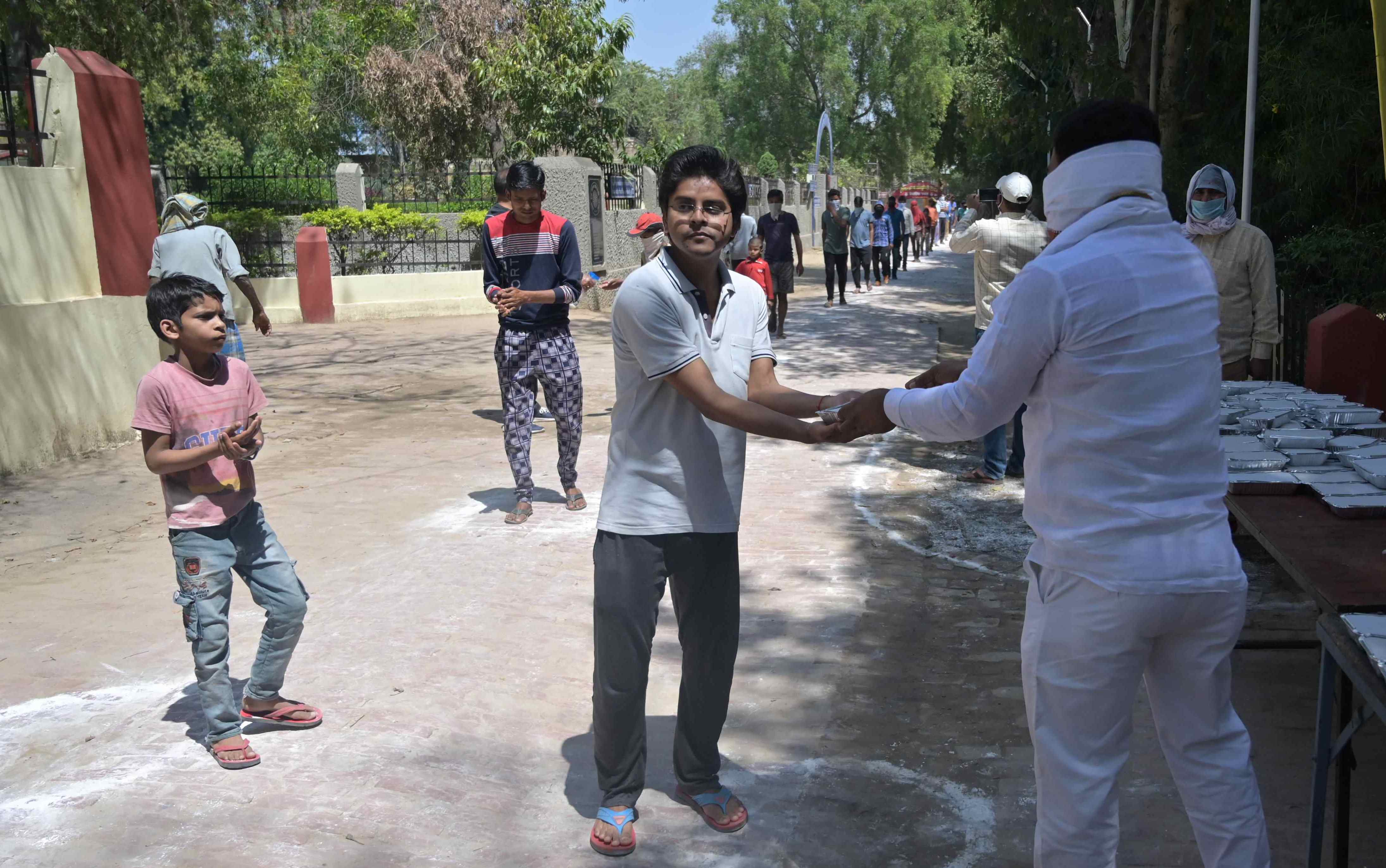
How India’s food-based safety net is responding to the COVID-19 lockdown
Marshalling an array of social safety net programs to buttress food security among the poor.
-
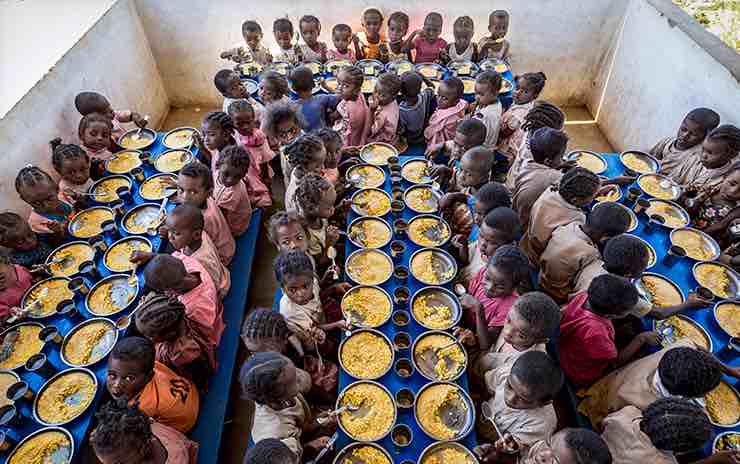
Global Food Policy Report 2020: Inclusive food systems can help sustainable development and resilience to shocks
The 2020 Global Food Policy Report outlines strategies to build better food security for the poor and marginalized around the world.
-

Fiscal and monetary responses to the COVID-19 pandemic: Some thoughts for developing countries and the international community
Governments must use every means at their disposal to cushion the blow of shutdowns and massive job losses.
-
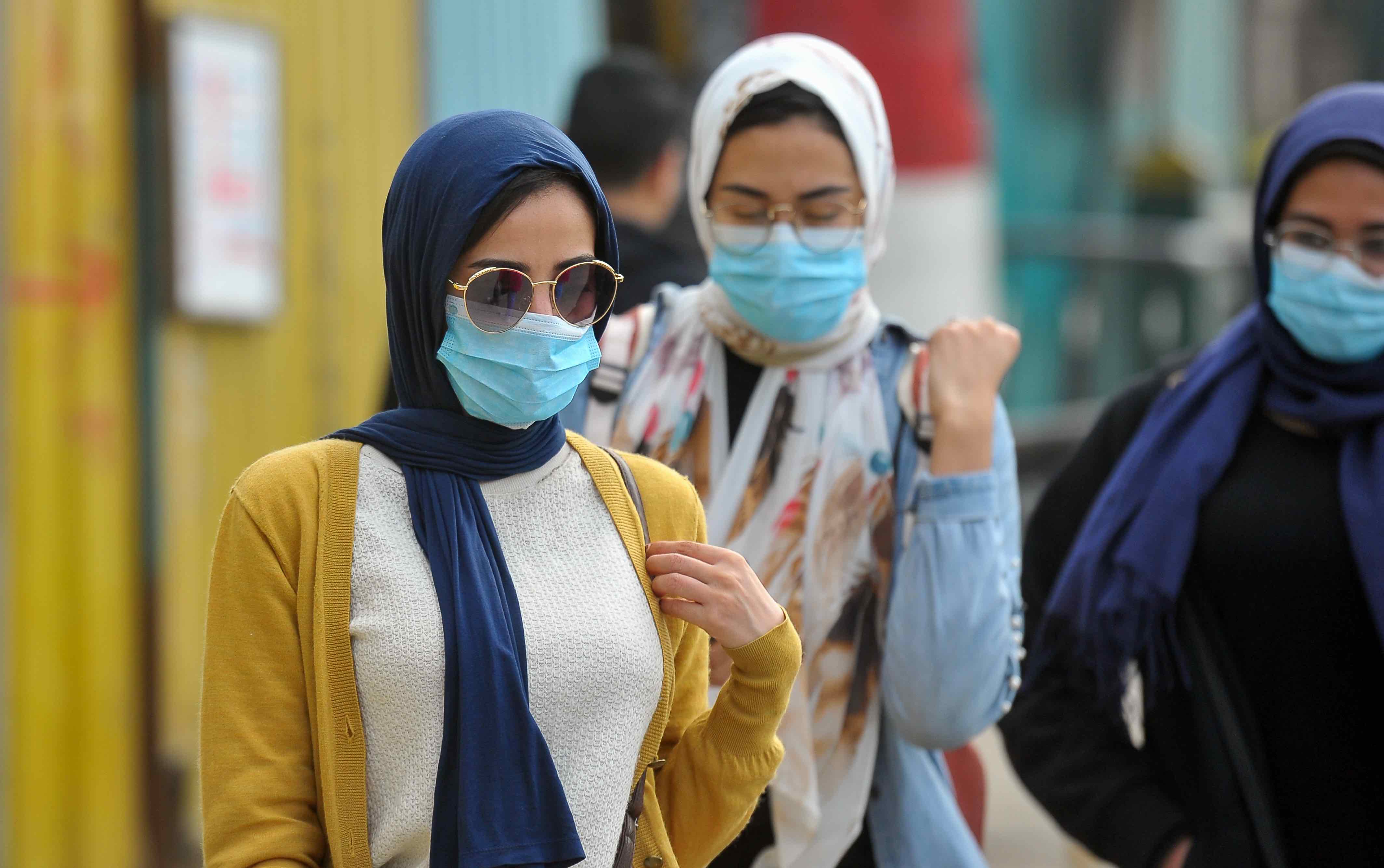
Economic impact of COVID-19 on tourism and remittances: Insights from Egypt
Modeling results show monthly declines in GDP, with the poor hit hardest.
-

تأثير الاقتصادي الناجم عن فيروس كورونا على السياحة والتحويلات المالية
Modeling results show monthly declines in GDP, with the poor hit hardest.
-
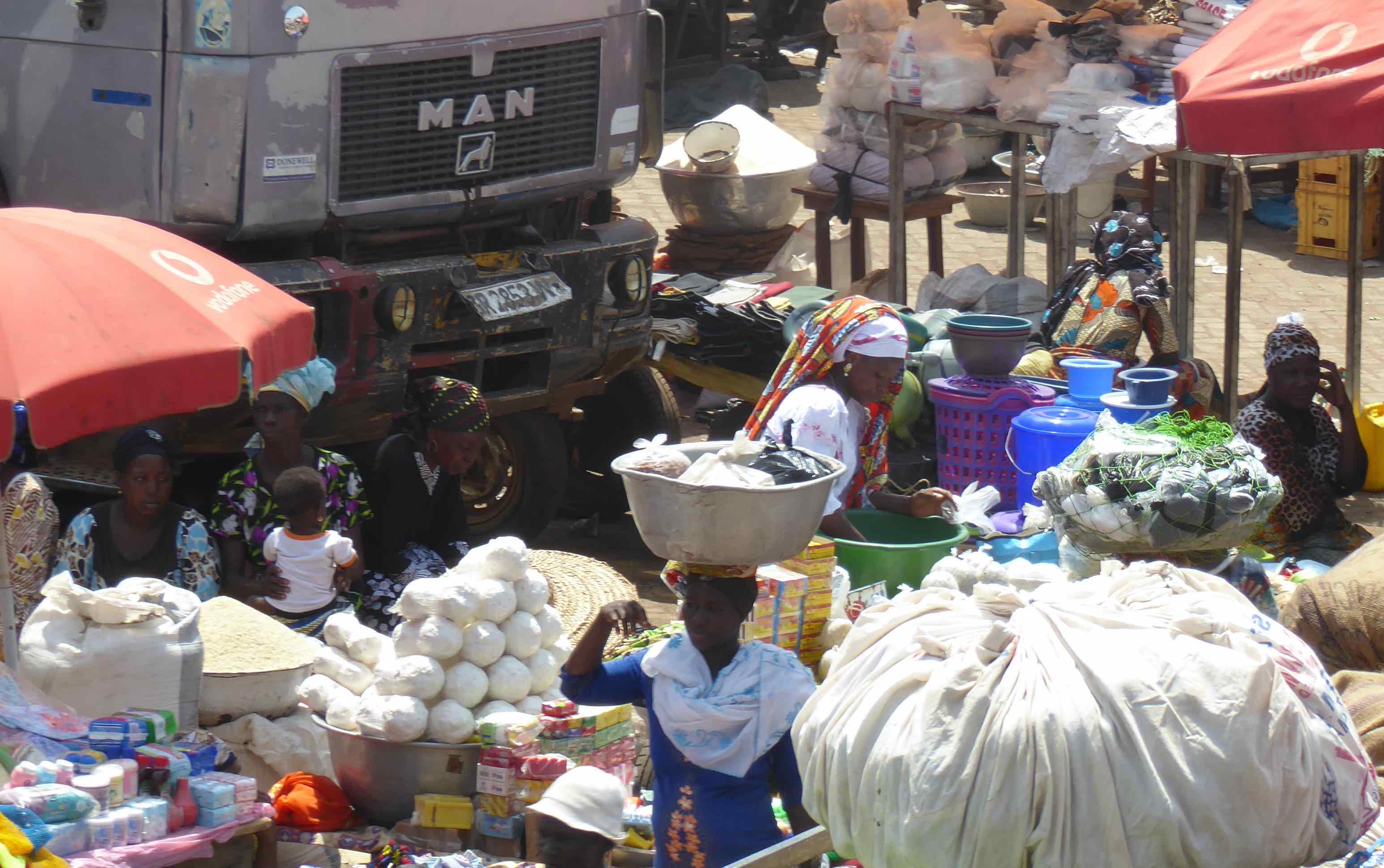
COVID-19 lockdowns threaten Africa’s vital informal urban food trade
Social distancing measures may hurt both food traders and consumers in a region known for harsh crackdowns on markets.
-
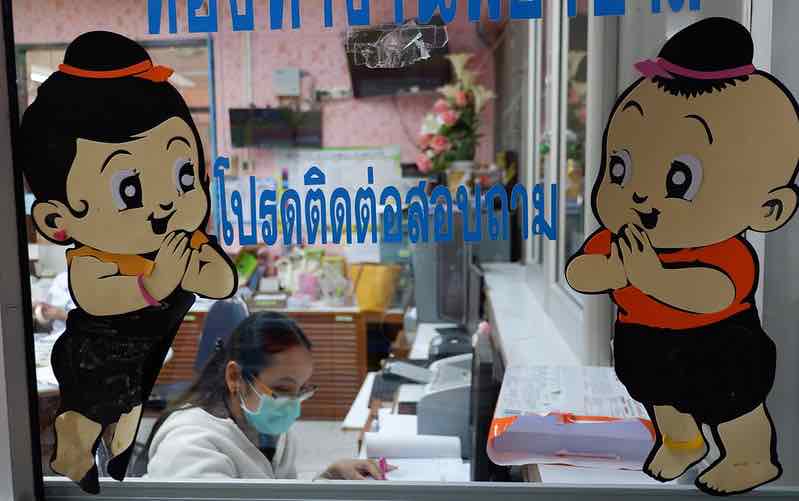
Lessons from the AIDS epidemic on how COVID-19 may impact food and nutrition security
Poverty, malnutrition, weak healthcare systems, and other factors will complicate the response to the pandemic.
-
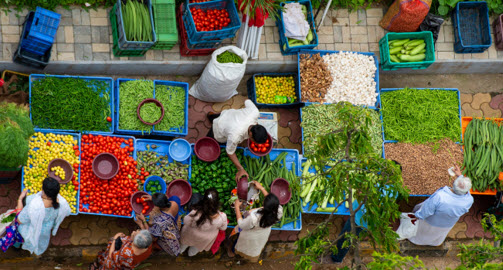
COVID-19: Trade restrictions are worst possible response to safeguard food security
Trade is allowing production to move from areas of surplus to areas of shortage, avoiding the drastic shortages and food insecurity associated with reliance only on local production.
-

应对全球粮食危机,出口禁令是下下策
Trade is allowing production to move from areas of surplus to areas of shortage, avoiding the drastic shortages and food insecurity associated with reliance only on local production.
-

COVID-19: Les restrictions commerciales constituent la pire réponse possible pour garantir la sécurité alimentaire
Trade is allowing production to move from areas of surplus to areas of shortage, avoiding the drastic shortages and food insecurity associated with reliance only on local production.
-
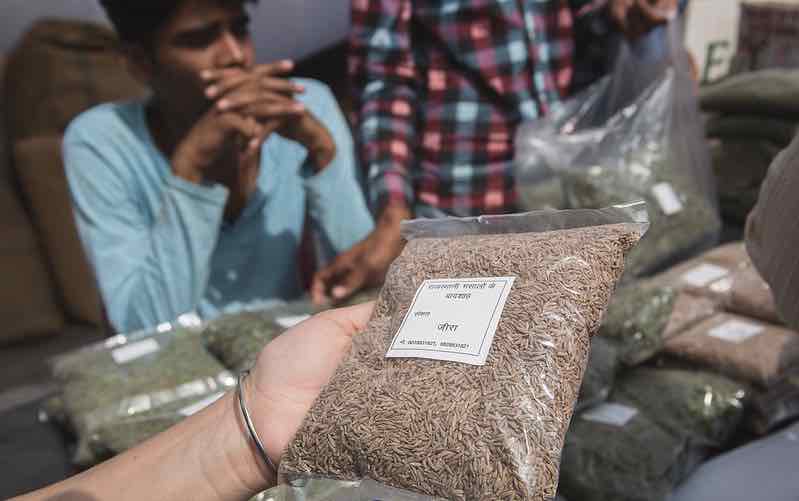
What ails India’s free trade agreements?
Lack of harmonized standards and certification issues that increase transaction costs plague India’s FTAs.
-

More than a bank: Rethinking the IADB
The Inter-American Development Bank must revise its strategy to address broad regional and global challenges.
-

As COVID-19 spreads, no major concern for global food security yet
If it happens, a global economic slowdown would hit the poor in developing countries particularly hard.
-

More than a bank: Reflections on the history of the Inter-American Development Bank
The IADB's unique role in Latin America and the Caribbean—and the world.
-
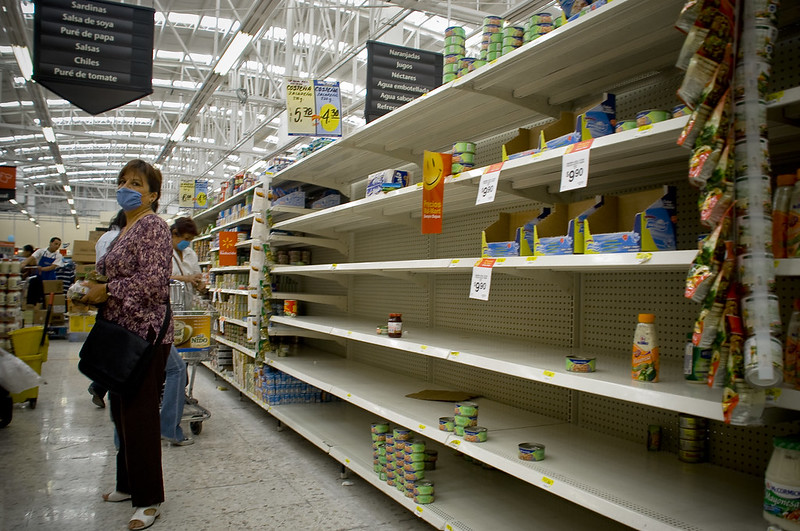
Preventing global food security crisis under COVID-19 emergency
Averting a global food security crisis precipated by the COVID-19 epidemic will require monitoring food prices, ensuring global and local food chains function properly, innovating ways to keep sales growing, and keeping trade open.
-
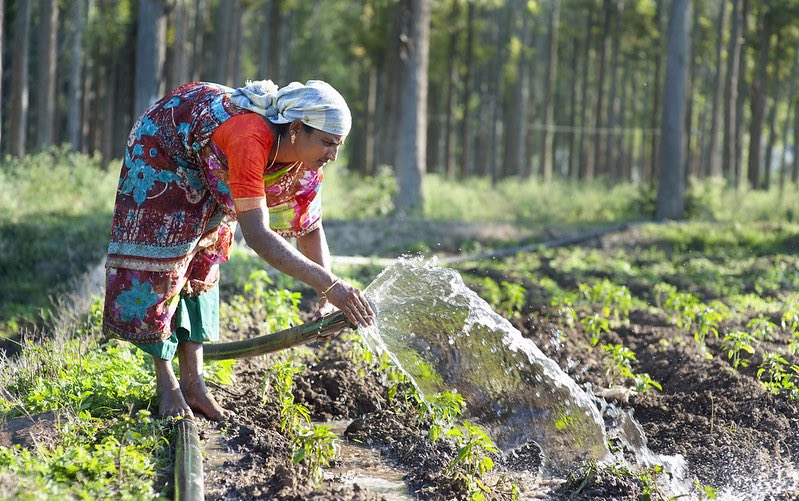
Agriculture in India’s budget: Paying farmers keeps them poor
Potential problems with the PM-Kisan direct benefit transfer program.
-
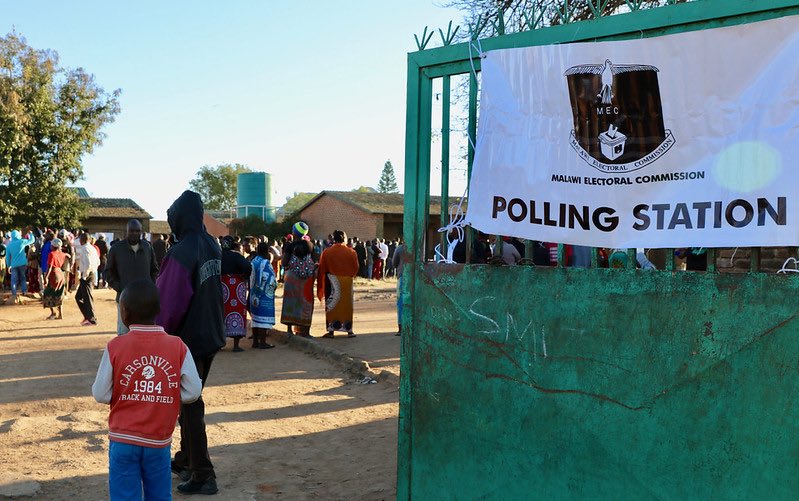
Africa’s litigated democracy
African opposition parties increasingly turn to the courts when they lose elections, indicating that perceptions of judicial independence are improving. But frequent recourse to the courts can undermine trust in the electoral process.
-
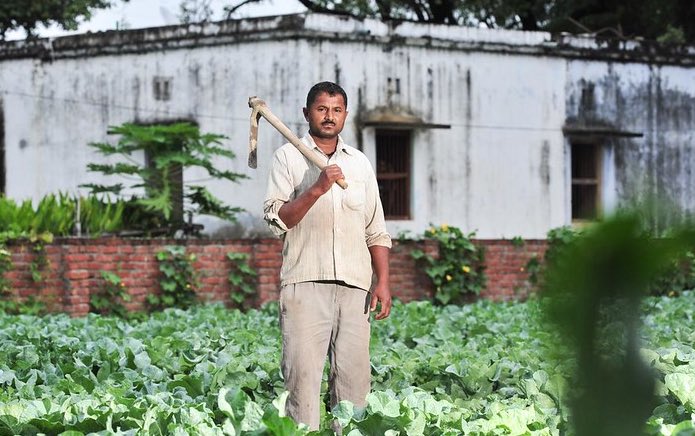
Giving the multiplier effect to PM-Kisan, India’s direct benefit transfer program for farmers
An IFPRI-ICAR study in Uttar Pradesh reveals that the scheme, along with agricultural advisory services, can potentially pull farmers out of poverty.
-
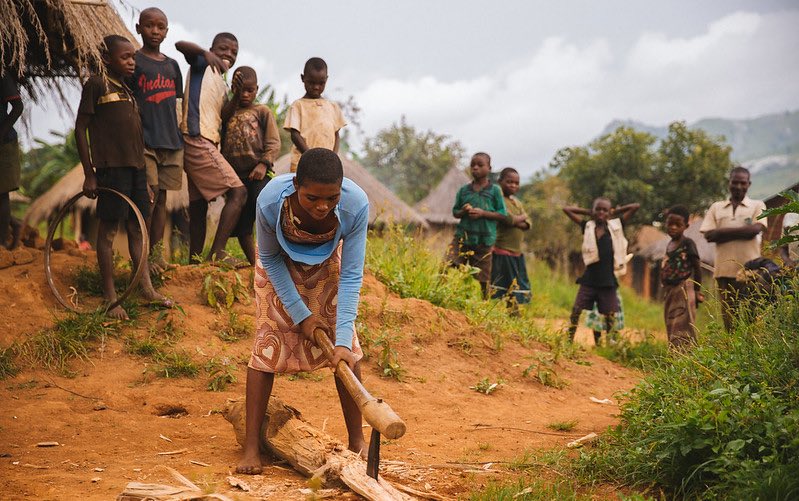
Does rural Africa have a ‘youth problem’?
Creating enough jobs for the continent's young people is a daunting challenge – but there are reasons for optimism.
-
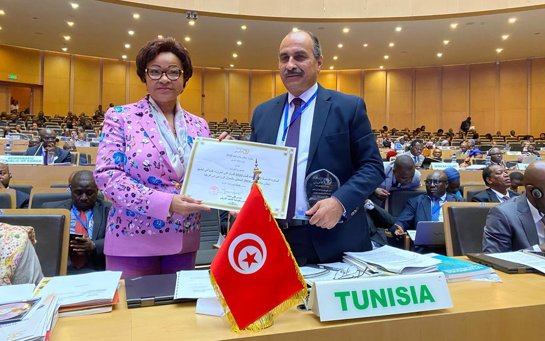
Second Biennial Review report highlights urgent need to accelerate progress toward achieving Malabo Declaration goals by 2025
A key scorecard outlines areas for improvement, from agricultural trade to climate resilience.
-
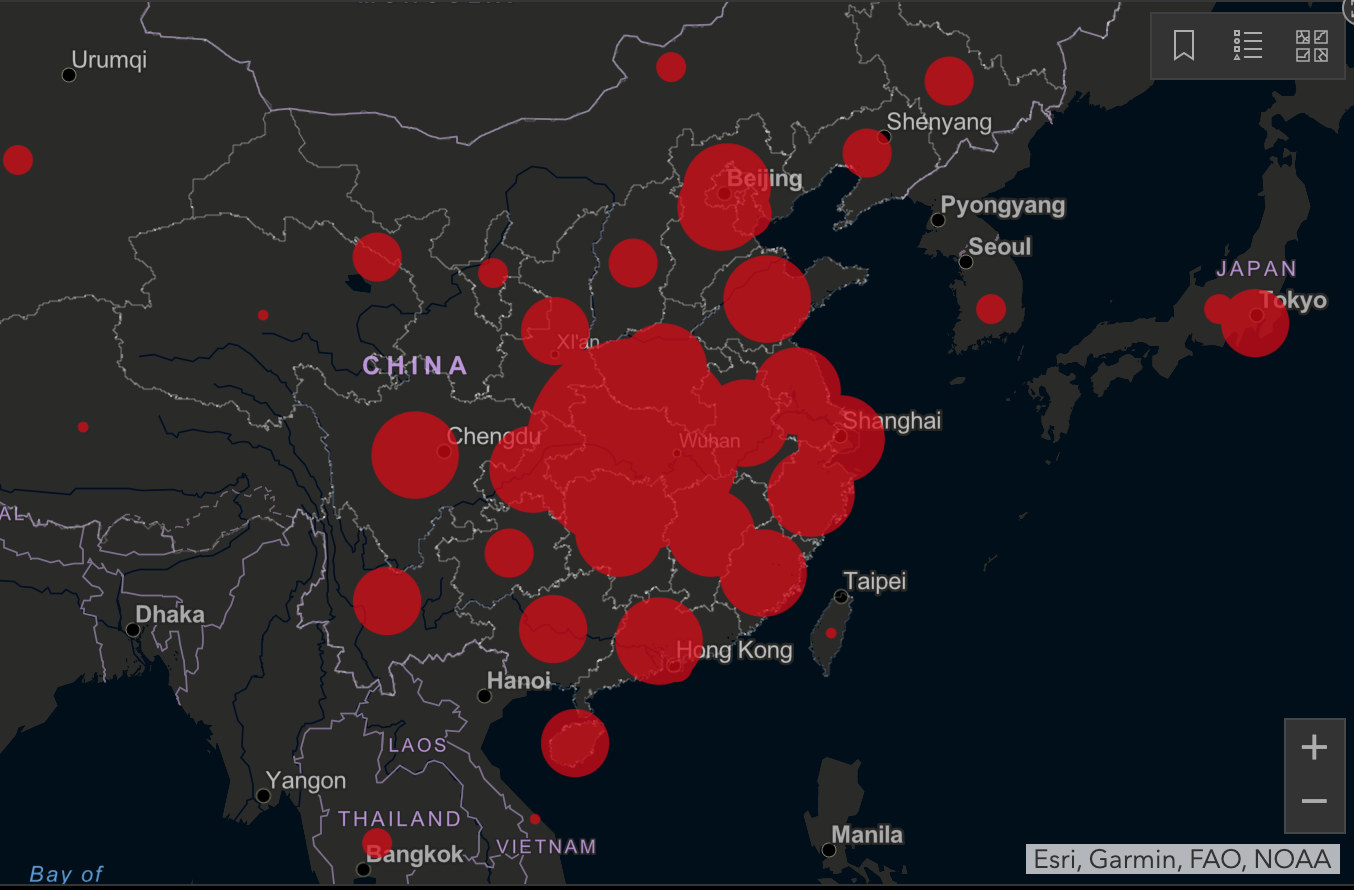
How China can address threats to food and nutrition security from the coronavirus outbreak
Important steps to avoid potential hiccups in the food supply and other problems during the coronavirus outbreak..
-
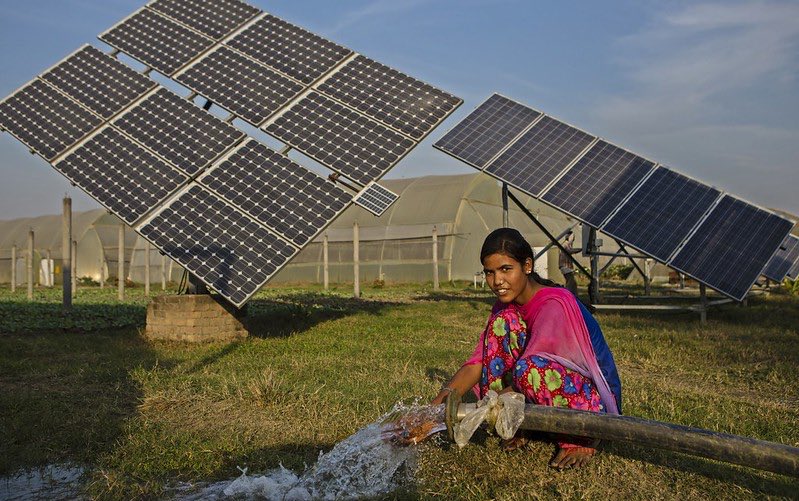
India’s 16-point agriculture plan may falter if it doesn’t focus on incentives
Ambitious plans to boost farmer income depend on sometimes-overlooked dynamics of participation.
-
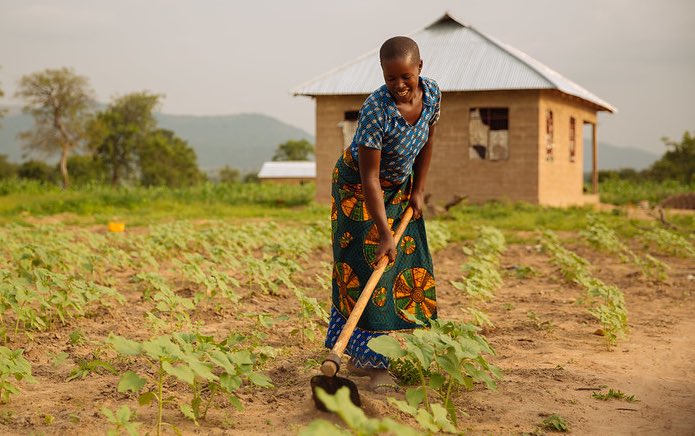
Why gender matters for soil health as part of sustainable food systems
A new conceptual framework for understanding land management.
-
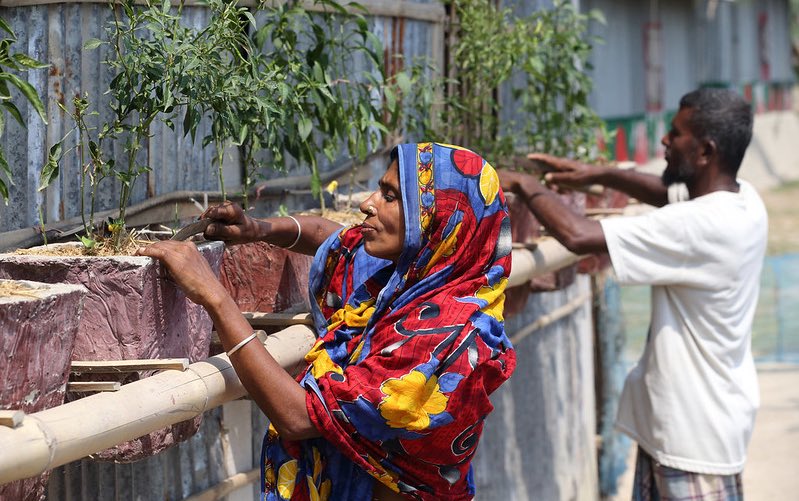
‘Getting gender right’ is essential for the sustainability of food systems
Why development programs should consider gender at all stages from production to consumption.
-
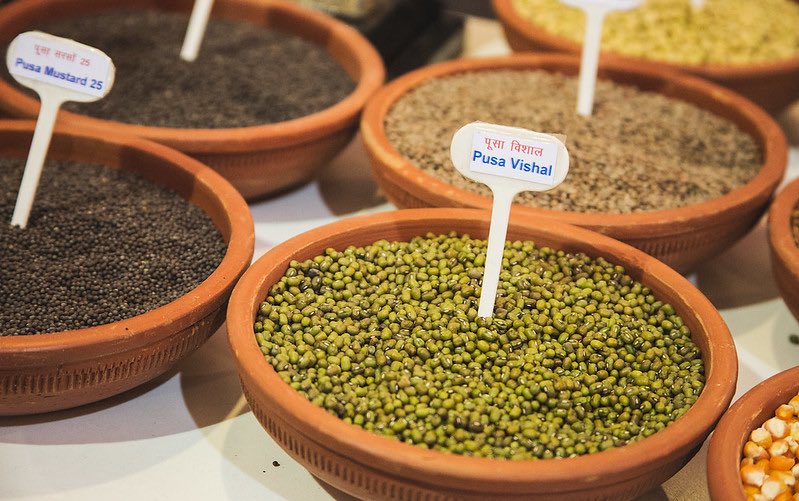
Leaving the Regional Comprehensive Economic Partnership: India’s missed opportunity?
Remaining in the RCEP would allow India to expand trade and export more to current partners.
-

Humboldt’s ‘Naturgemälde’ can pave the way for lasting agro-ecological transitions
How the early 19th century naturalist and adventurer presaged today's understanding of ecoystem management.
-
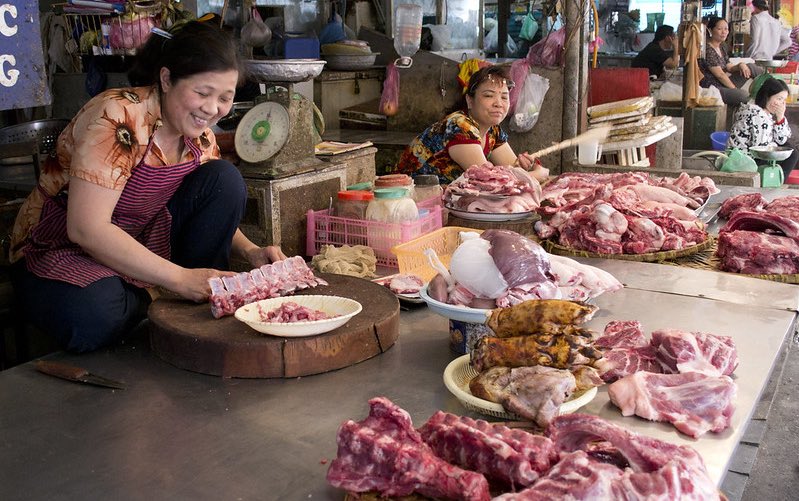
‘Supermarketization,’ food environments, and the urban poor
Concern for food safety rises as supermarkets overtake traditional wet markets in Asia.
-
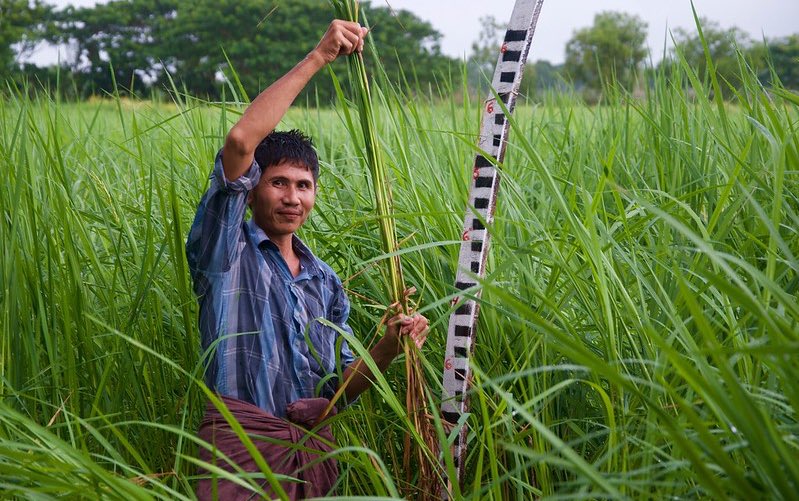
As policy makers call for building capacity for food system transformation, who is listening?
Overcoming the obstacles that stand in the way of meeting SDG2.
-
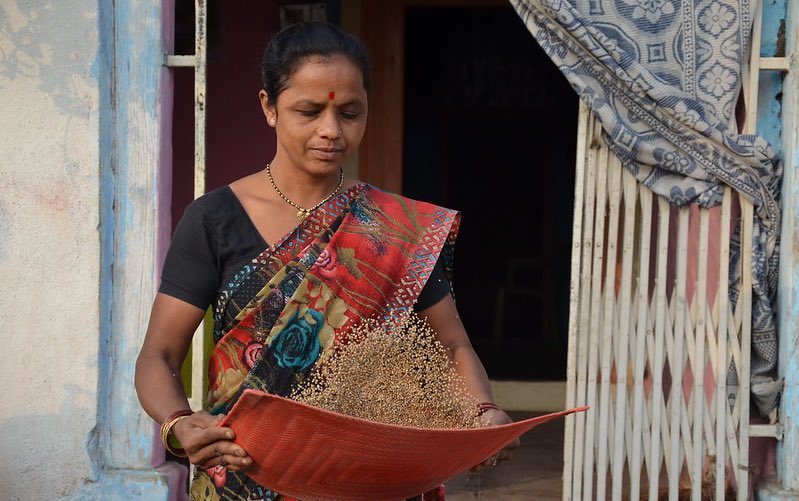
Biofortification: A plausible antidote to India’s hidden hunger problem
An inexpensive and efficient way to address micronutrient deficiencies.
-
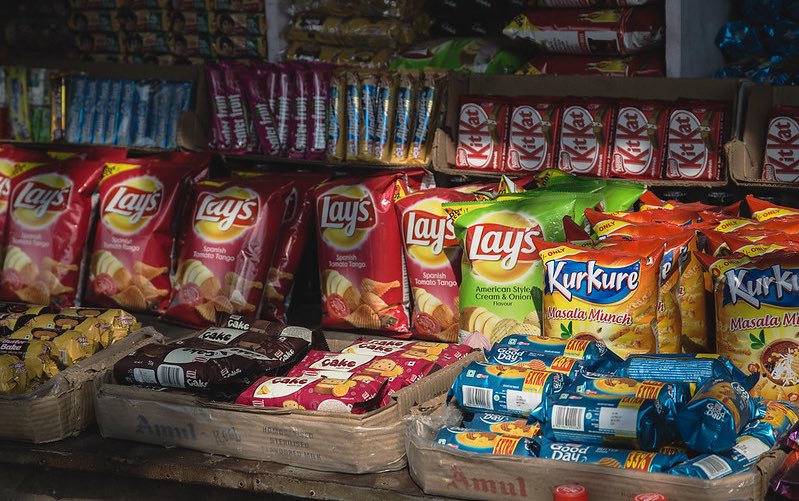
Focus on the political and commercial drivers behind the double burden of malnutrition
The products and practices of many transnational food companies continue to drive the problem, as their corporate social responsibility people argue for a seat at the table.
-
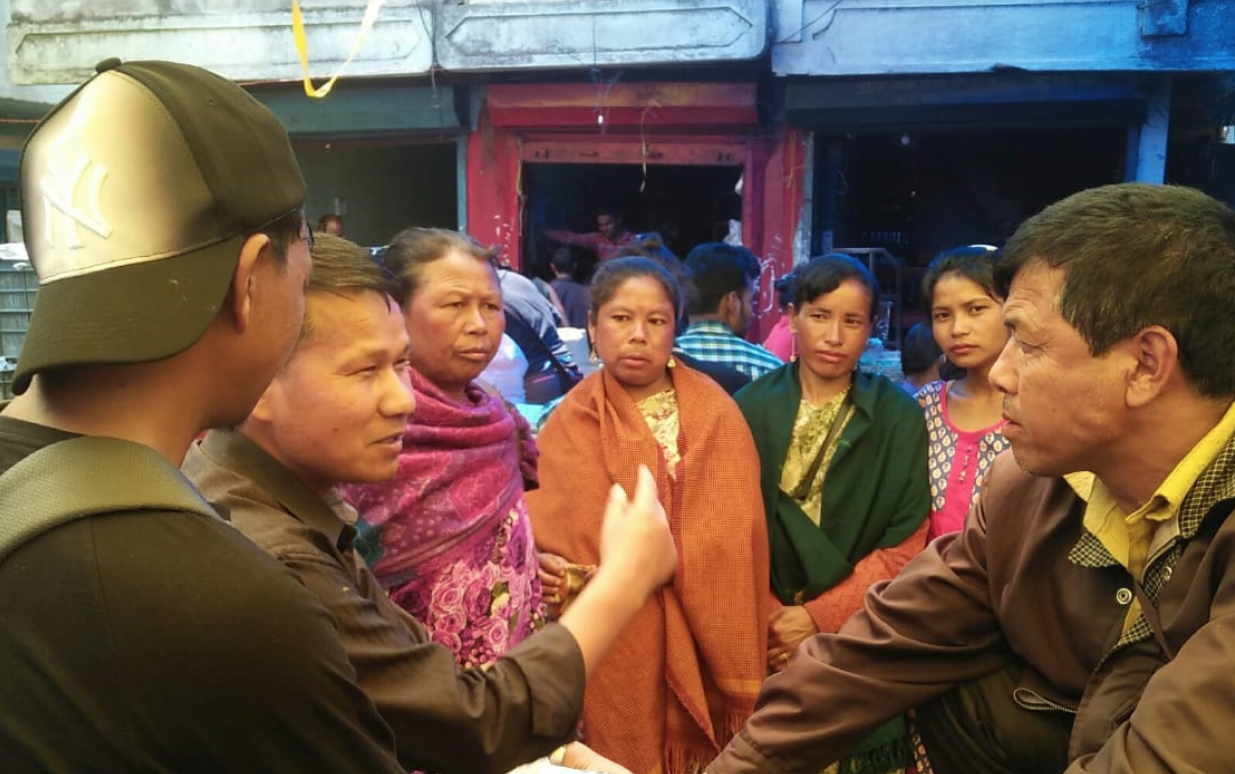
Farmer Business Schools can help make smallholder agriculture a profitable enterprise
An FAO training strategy shows promise for building farm entrepreneurship in India and other countries.
-
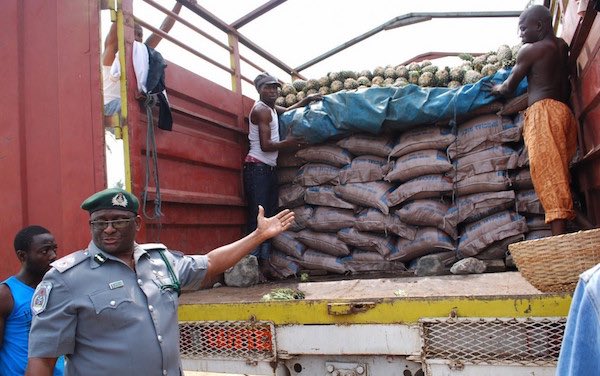
Walk the Talk: Nigeria’s import prohibitions, smuggling, and the African Continental Free Trade Agreement
Nigeria has continues its long history of protectionism—despite committing itself to a continent-wide free trade zone.
-
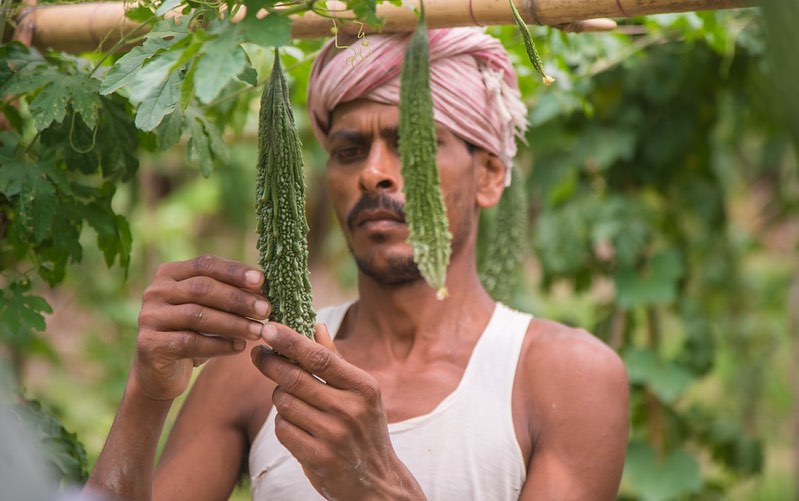
Can weather index insurance help farmers adapt to climate change?
Technology and data on farming conditions can help reduce exposure to risk. Fourth in a series.
-
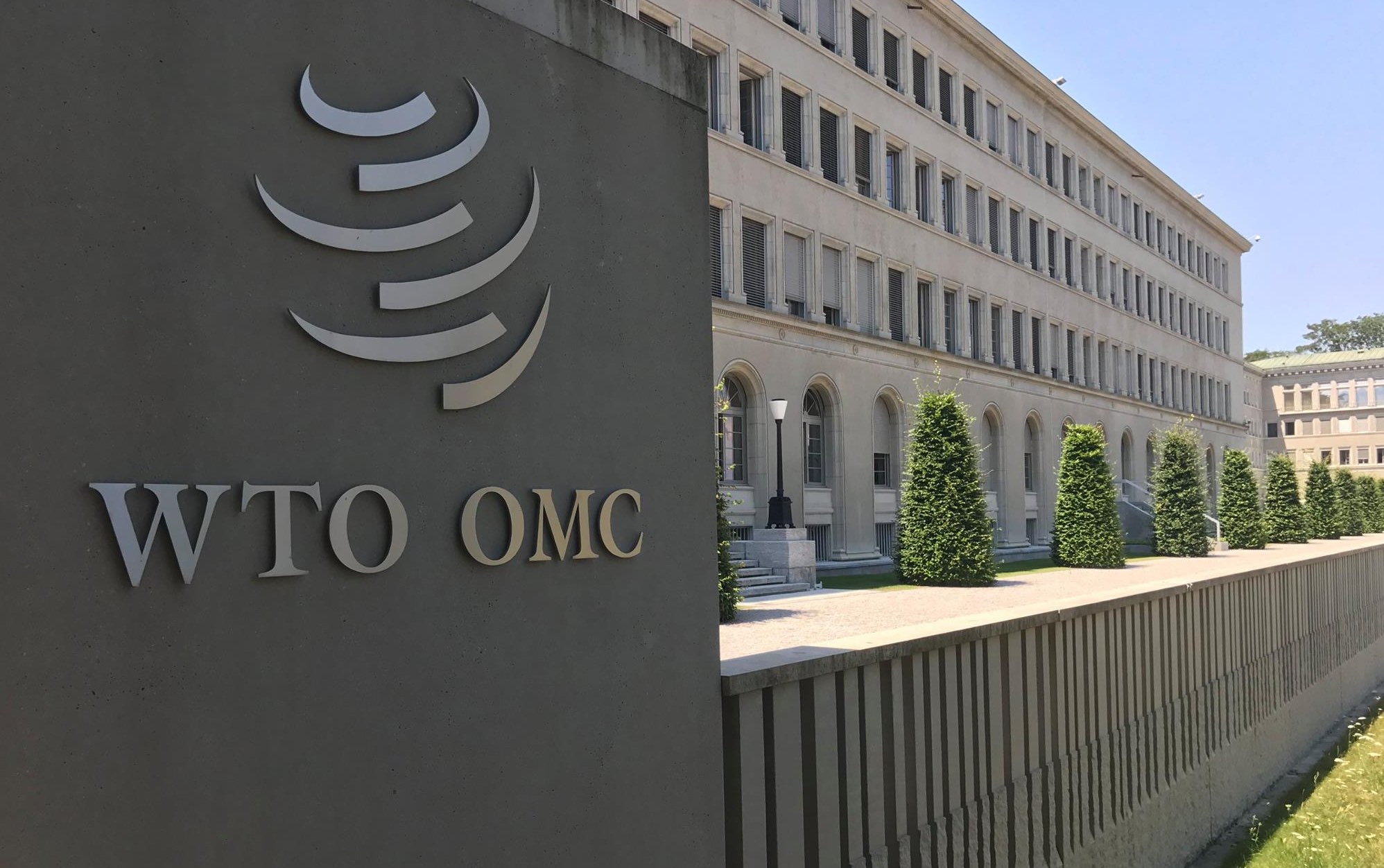
The crippling of the multilateral trading system
With the WTO appeals process shut down, trade disputes will go unresolved—with serious consequences.
-
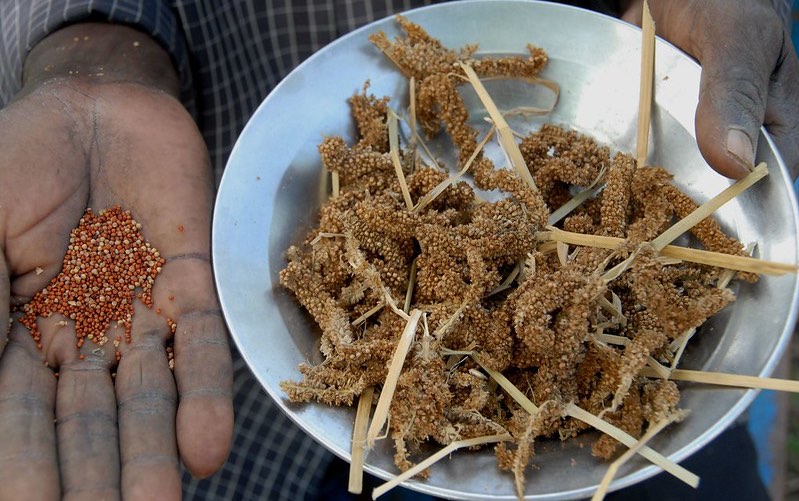
Overlooked, underused crops: An answer to our food system problems?
Globally, we are eating a smaller array of foods, resulting in diets that are less nutritious and healthy.
-

Alternative meat can sustain food systems
A rapidly-expanding market in China, the United States, and elsewhere shows promise for fighting food insecurity and climate change.
-
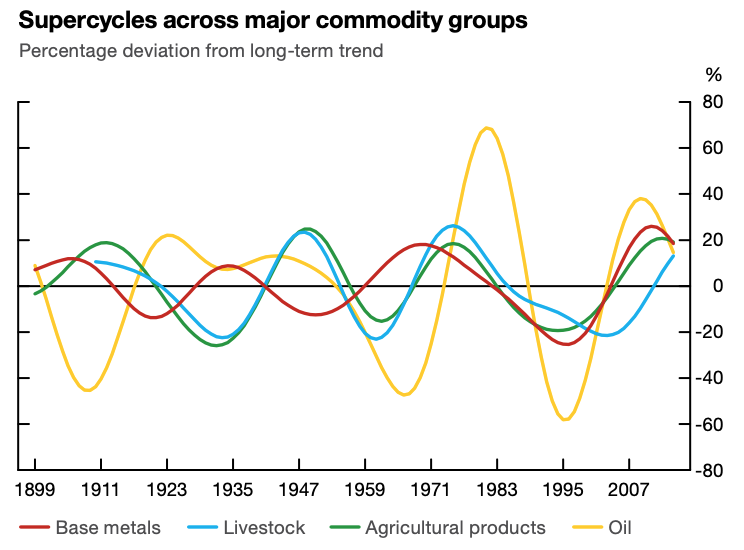
Democracy and commodity cycles in Latin America and the Caribbean
Falling commodity prices roil countries across the region regardless of politics.
-
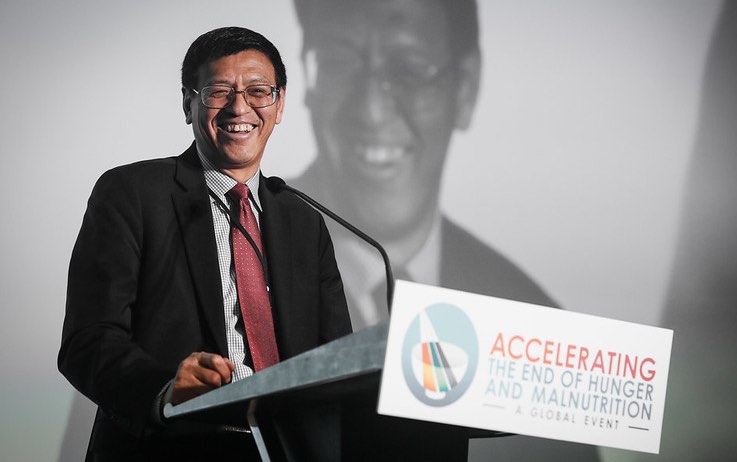
Some lessons from a life in food policy
From a childhood in rural China to grappling with global food security issues, Shenggen Fan reflects on his decade as IFPRI's director general.
-
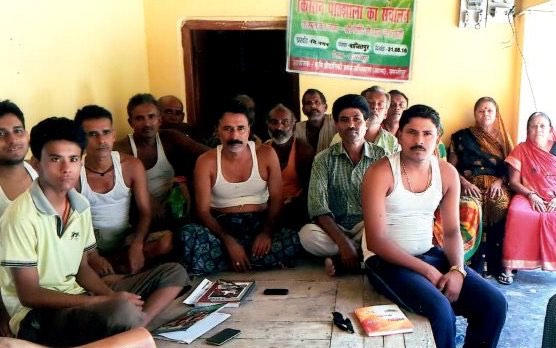
Million Farmers’ School program can be a key element in doubling Indian farmer’s incomes
An extension program of village-based trainings boosts agricultural knowledge.
-
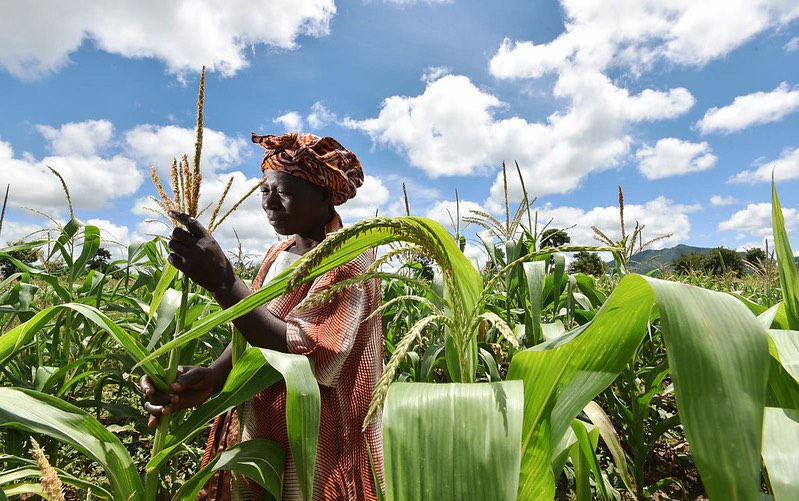
Policy transformation for achieving the SDGs: Can translational research help?
For major reforms to succeed, build local research capacity and integrate it with policy making.
-
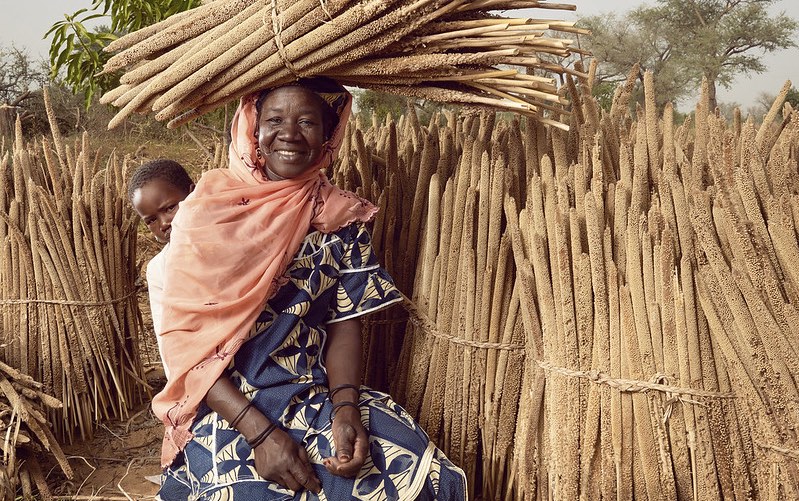
New challenges for women’s land rights in Africa
A wave of reforms across the continent has yet to approach gender equity in land tenure. Second in a series.
-
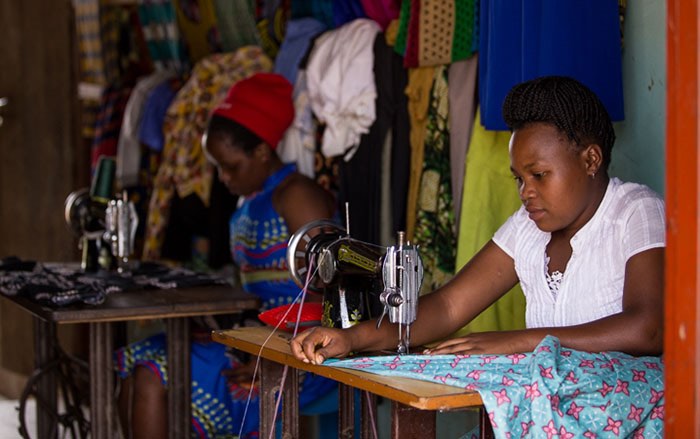
Changing the course on gendered transitions to adulthood in Africa
First in a series of blog posts on the release of the 2019 Annual Trends and Outlook Report (ATOR) at the ReSAKSS Annual Conference in Lomé, Togo, Nov. 11-13. This year’s ATOR theme is “Gender Equality in Rural Africa: From Commitments to Outcomes.” Read the second post here and the third here. Across the world, becoming […]
-
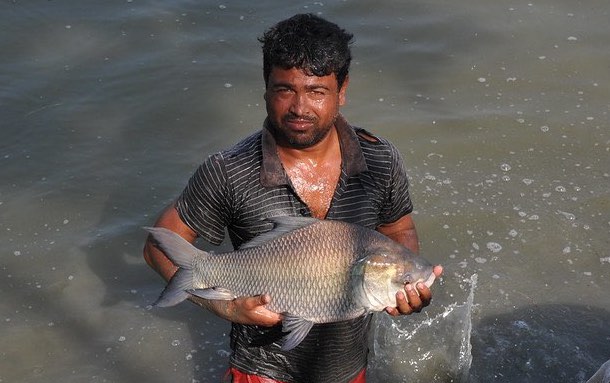
The making of Bangladesh’s Blue Revolution
A new IFPRI book explores the explosive growth of aquaculture and what it means for the future.
-
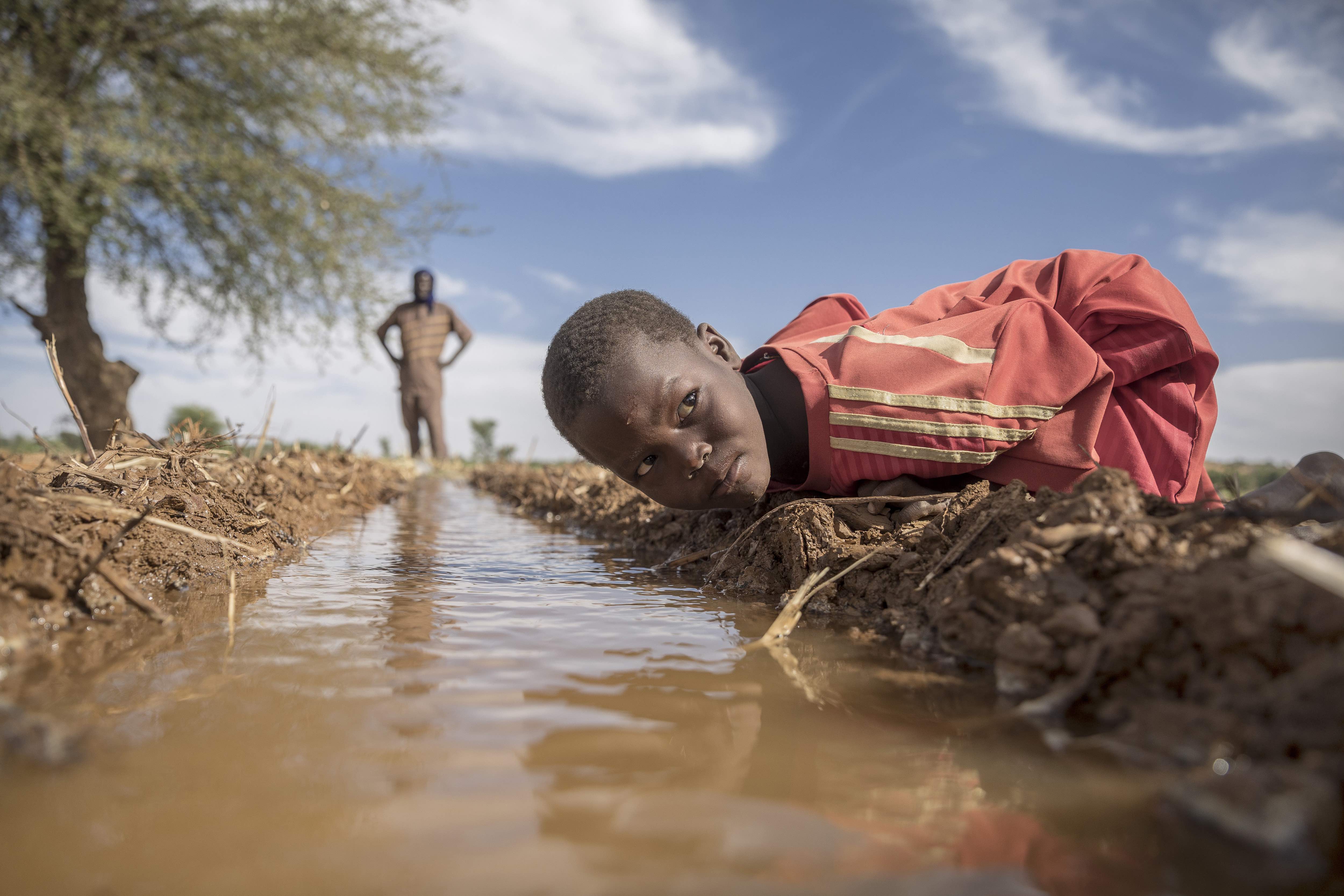
Rurbanomics: The path to rural revitalization in Africa
Revitalizing rural areas means improving infrastructure and boosting opportunities. Ultimately, sustainability depends on linking the advantages of rural economies with those of urban ones.
-
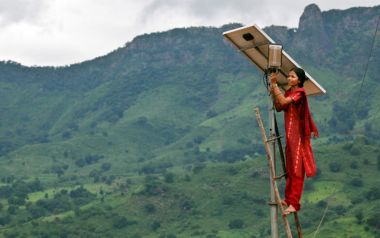
Revitalizing the rural economy: The power to make a change
Providing access to renewable energy and other revitalization efforts can unlock a better future for the rural poor worldwide.
-
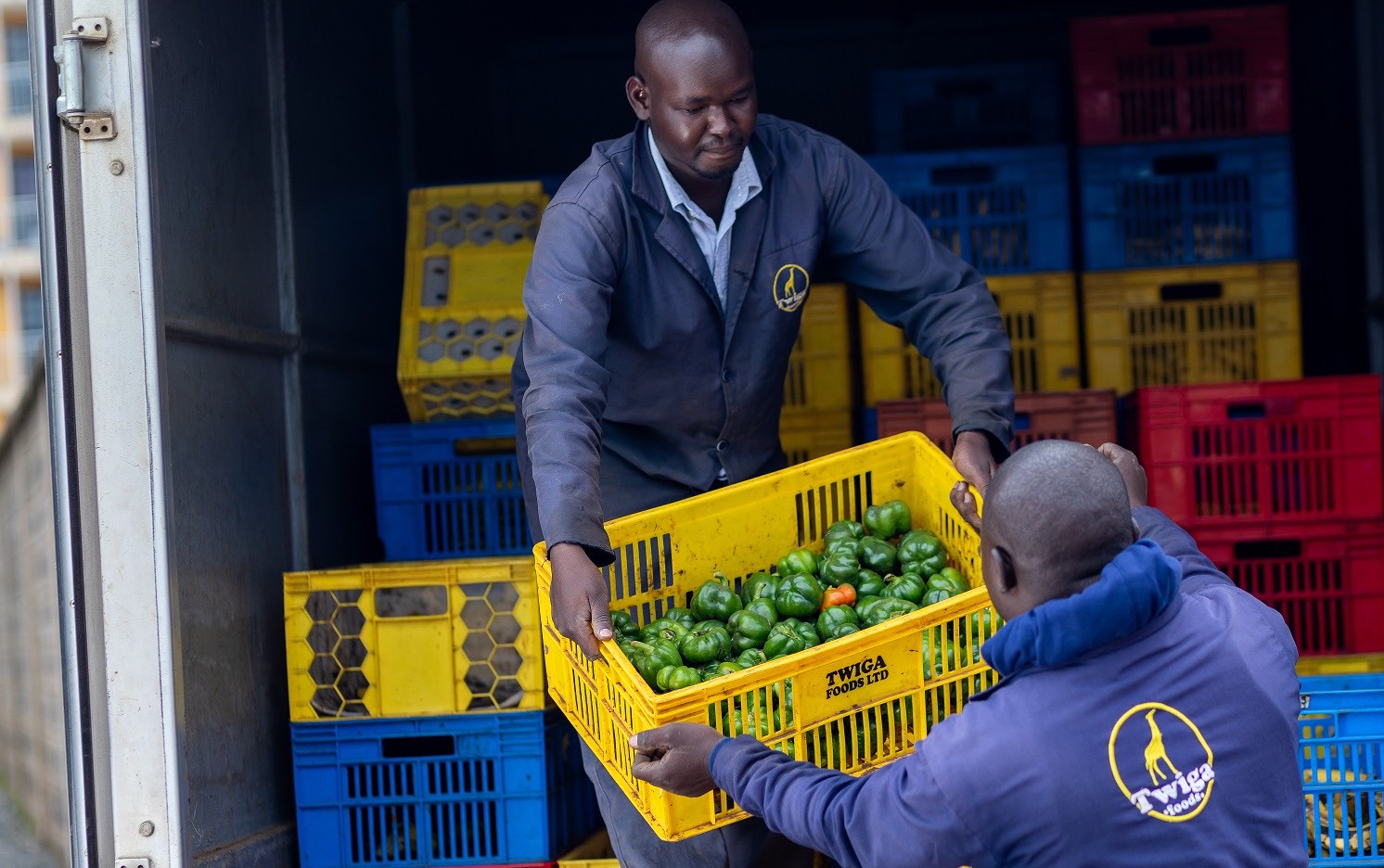
Africa Day for Food and Nutrition Security 2019: Making progress one byte at a time
How digital technologies are transforming agriculture and improving health and nutrition in Africa.
-
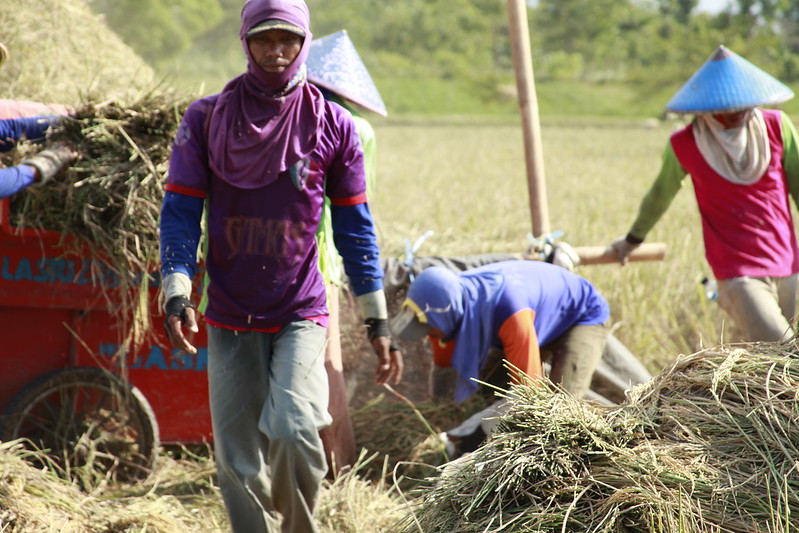
Investments, policies, and technologies for food security in Asia and the Pacific
Three new reports from the Asian Development Bank and IFPRI explore strategies for reducing hunger and boosting growth.
-
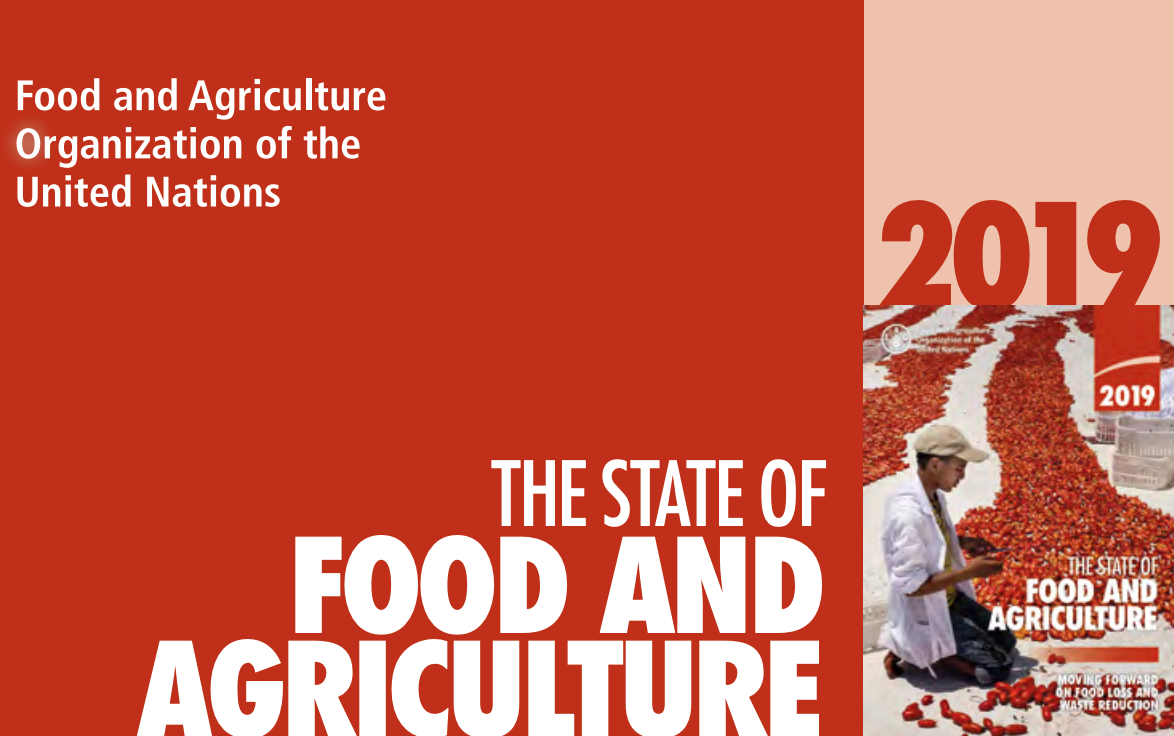
FAO SOFA report 2019: New insights into food loss and waste
Developing more accurate ways to measure a crucial food system problem.
-

Nobel Economics Prize: Experiment-based research to reduce hunger, malnutrition, and global poverty
Director General Shenggen Fan on the groundbreaking research of Abhijit Banerjee, Esther Duflo, and Michael Kremer and their work with IFPRI.
-
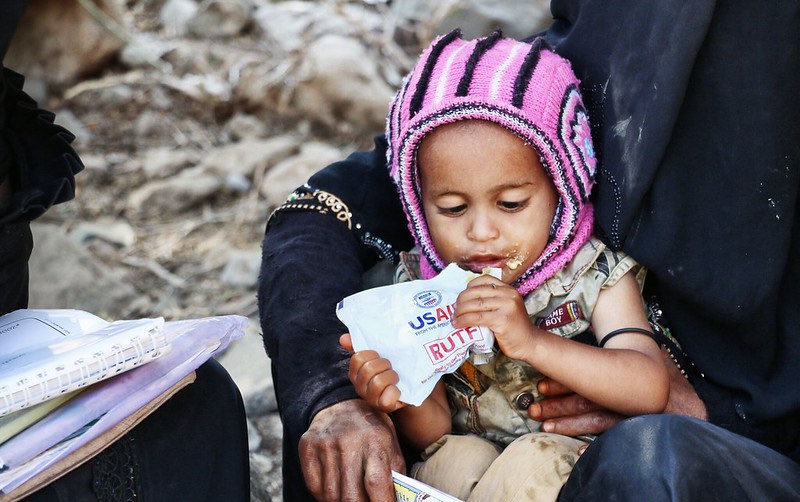
Global Report on Food Crises mid-year update tracks world’s food insecurity hotspots
The latest on evolving situations in Yemen, northern Nigeria, South Sudan, and elsewhere.
-
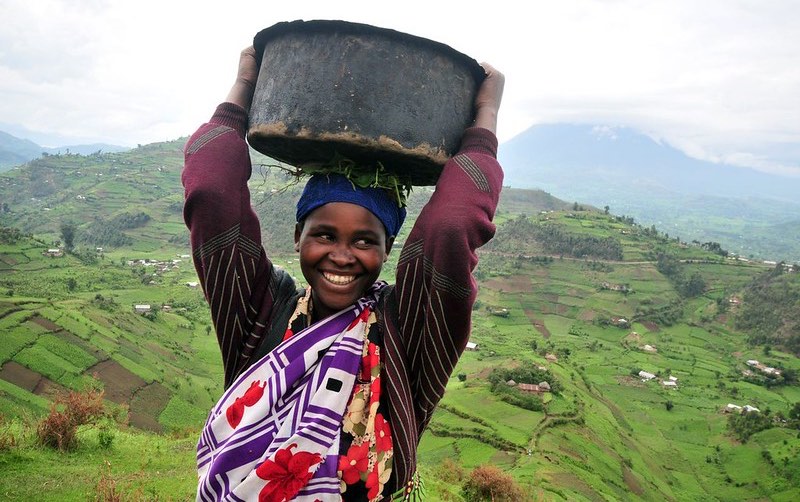
International Day of Rural Women 2019: Measuring what matters for gender equality
How the Women's Empowerment in Agriculture Index (WEAI) is helping researchers, project implementers, and donor organizations assess gender equity in the field.
-
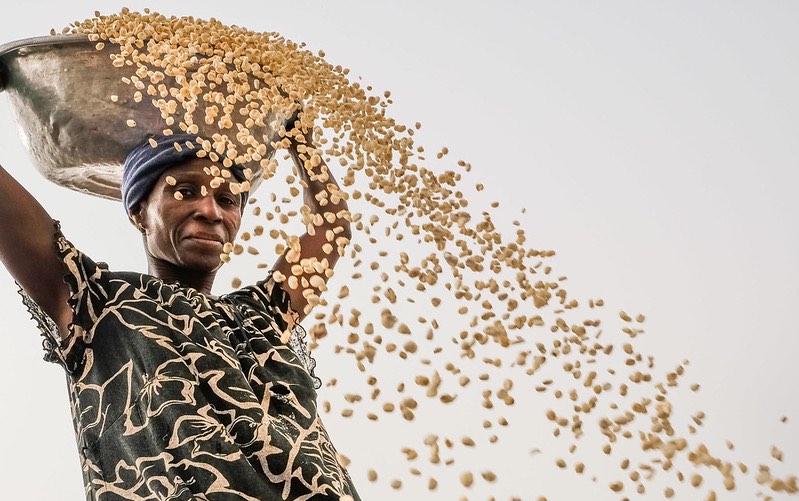
Agricultural growth is key to spur Ghana’s economic growth
Despite its reputation as African success story, Ghana needs investments and sound policies to transform its farm economy.
-
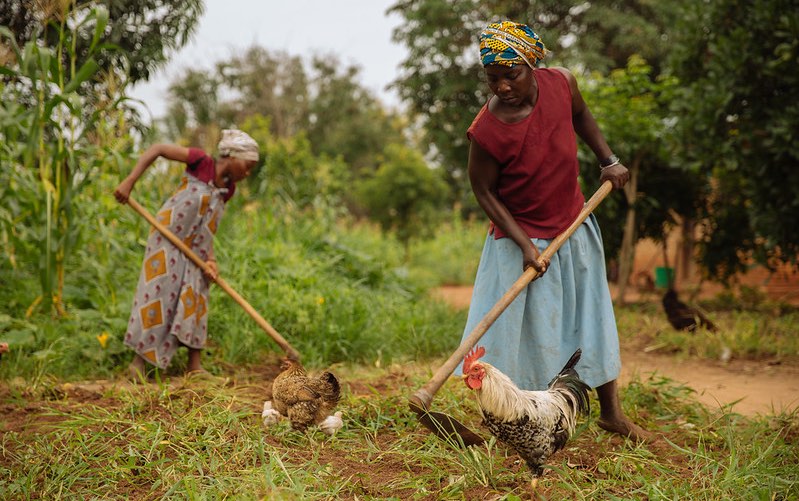
Empowering Africa’s women farmers
When Africa’s women farmers thrive, everyone benefits. With the right investments and policies, Africa’s woman-run farms could produce a bumper crop of development.
-
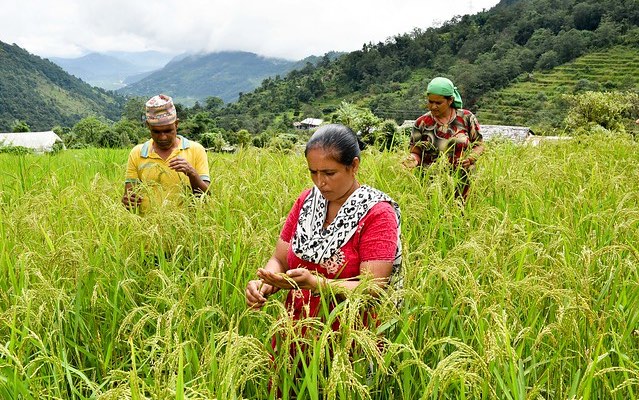
Investment in agricultural research key to offsetting climate change impacts
Food systems face unprecedented challenges on multiple fronts, including increasing production while keeping the climate stable.
-

A focus on gender is key to climate adaptation
Climate shocks affect men and women differently—one of many reasons to integrate gender into climate policies and programs.
-

Benefits of interconnectedness: How addressing climate change can foster sustainable land and food security
Climate change mitigation can have many benefits for smallholder farmers.
-
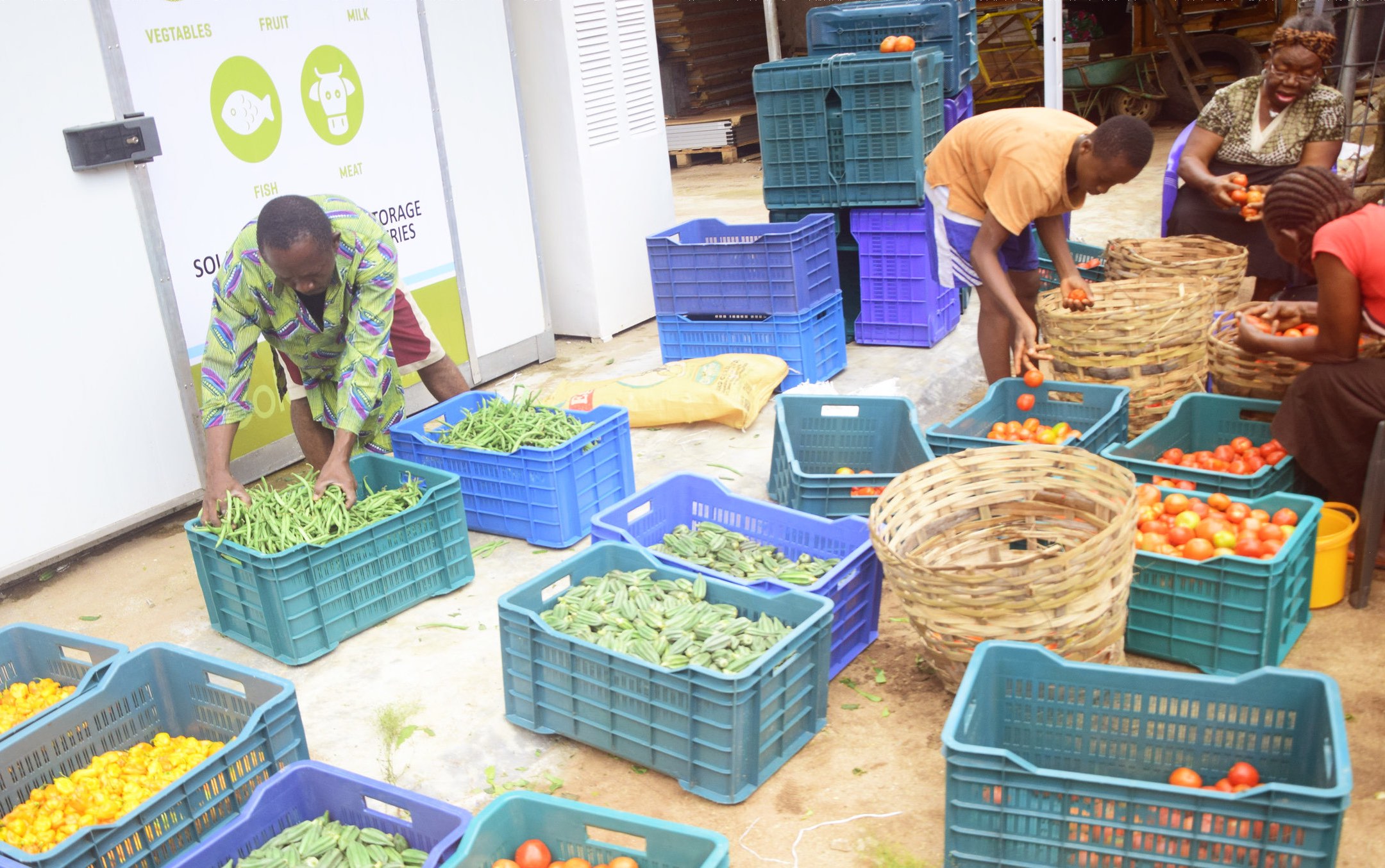
How small businesses are driving growth across African agriculture
A new report finds 64% of food consumed in Africa is handled by millions of small- and medium-sized enterprises (SMEs), a vibrant yet often overlooked economic force.
-

Averting the looming climate crisis for the global poor
The poor are the most vulnerable to climate impacts worldwide, from drought to extreme weather. Here are key steps to protect them going foward.
-

China offers e-commerce lessons for rural Africa
How Shuyang, China, became a hub for horticulture e-commerce—and its promise for Africa, where online sales are growing fast.
-

As the 2019 UN Climate Action Summit Approaches, here’s how IFPRI is addressing climate change
First in a series of posts exploring climate change and its implications for food systems, land use, migration, and other issues.
-
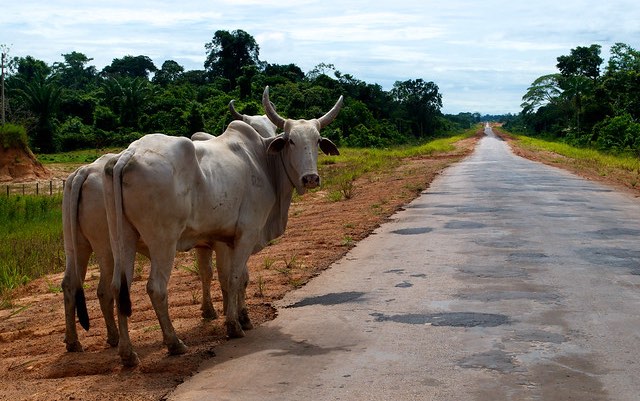
To tackle climate change we need to rethink our food system
The food industry is an enormous driver of climate change, a new UN report warns, and our current global food system is pushing our natural world to the breaking point.
-
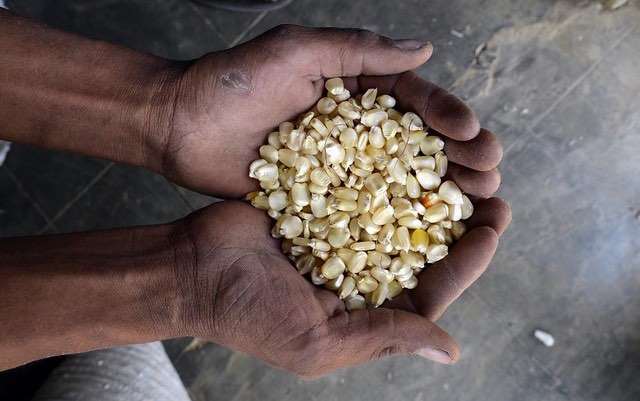
How climate change will impact agricultural productivity in Central America and the Andean Region
Central America will be particularly hard-hit by declining yields of rainfed maize, modeling shows.
-

Can creation of a separate Indian Ministry of Animal Husbandry, Dairying, and Fisheries bring fresh momentum in growth?
India's new ministry can bring more policy focus and resources to bear on important, neglected industries—but also presents certain challenges.
-
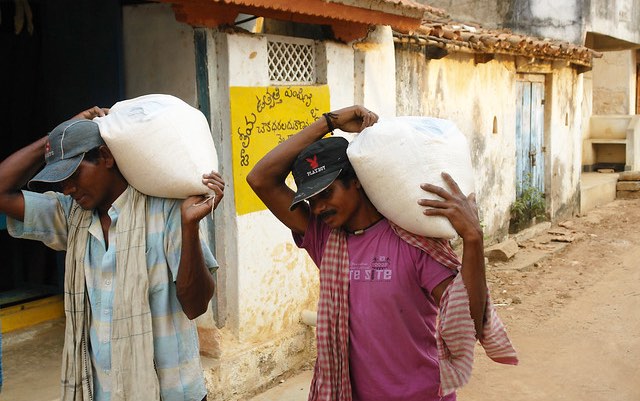
‘One Nation One Ration Card’ can transform lives in India
India's proposed standardized national system will enable migrants to seamlessly access their food benefits and switch providers.
-

Protect our food. Fund the seed.
The urgent need for more public investment in crop improvement programs in developing countries.
-
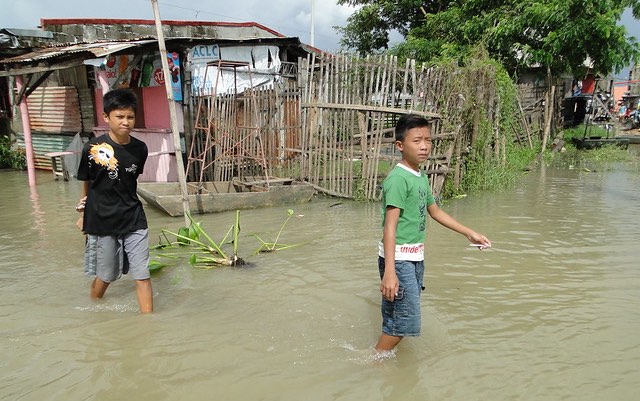
The intersection between climate change, food, and migration
Climate change is generating both food insecurity and political conflict, driving more and more people from their homes. What can be done?
-

What’s the future of food subsidies in Egypt?
Lessons from experiences of food subsidy programs in Indonesia, the Philippines, and the United States for Egypt's Tamween system.
-
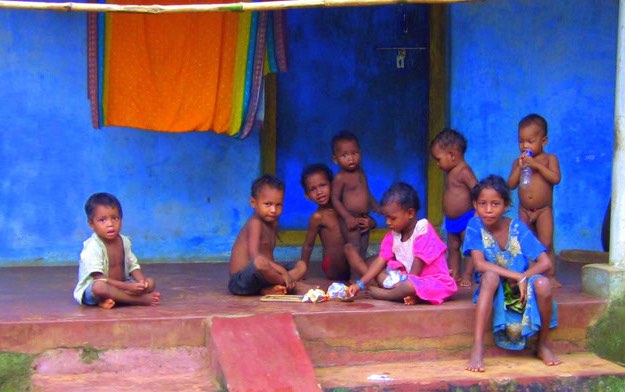
Biofortified staples may hold the key to India’s rural malnutrition
A study in Bihar and Odisha shows the promise of biofortification in targeting micronutrient deficiency.
-
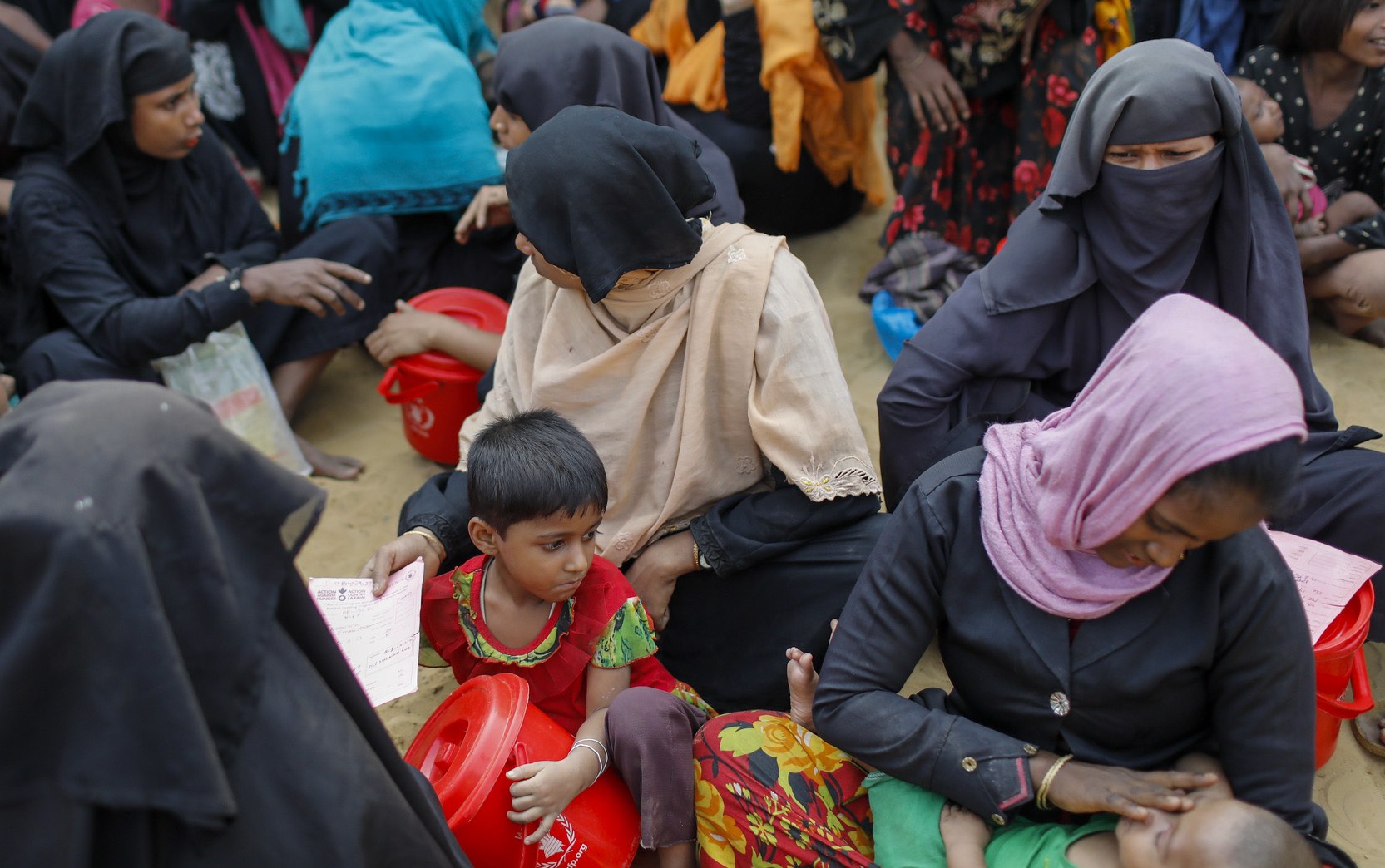
Rohingya in Bangladesh are surviving – but their long-term prospects are grim
Aid efforts have averted a potential humanitarian disaster. Needed now – a long-term solution.
-
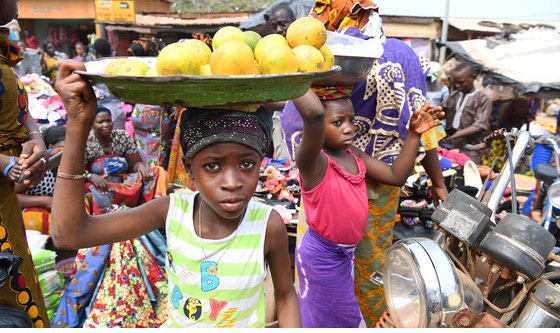
Conference: Challenges of eliminating child labor in agriculture and food chains
A cross-sectoral approach focusing on agriculture, rural development, and poverty reduction is needed to eliminate child labor by 2030.
-
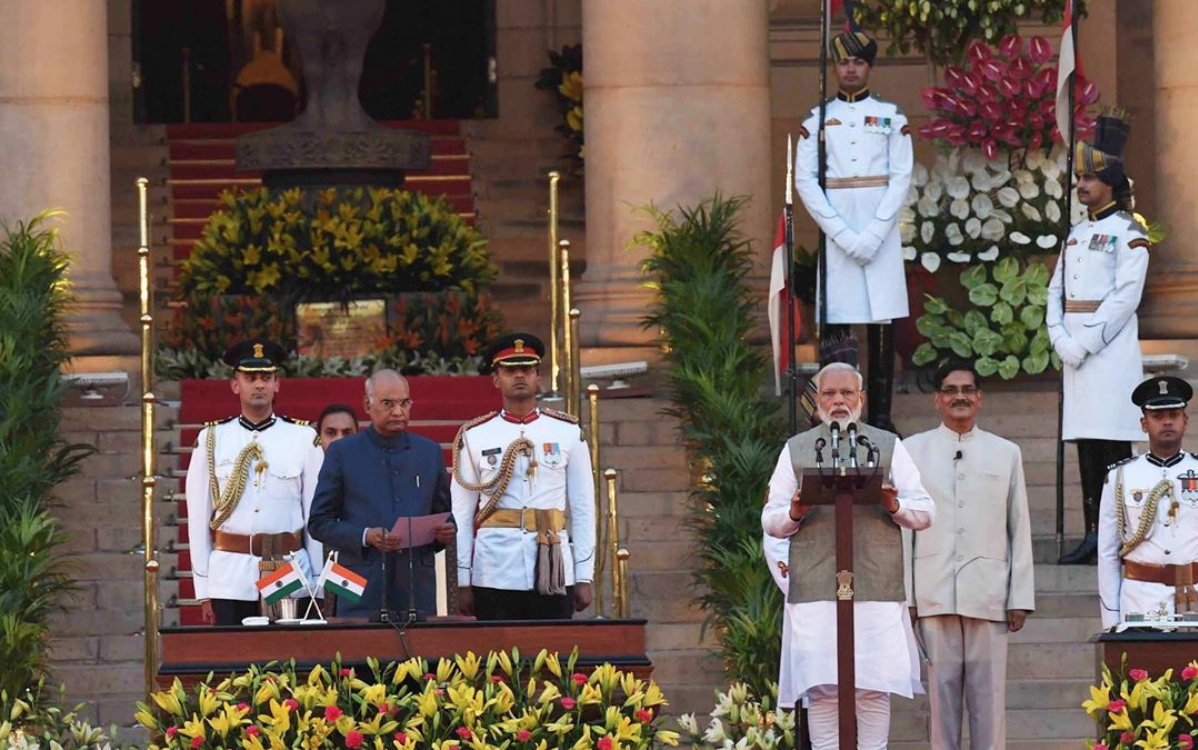
Don’t miss the BIMSTEC bus: Regional integration with South Asia-Southeast Asia bloc brings advantages for India
India's partnership with the Bay of Bengal Initiative for Multi-Sectoral Technical and Economic Cooperation (BIMSTEC) seems poised to bear fruit.
-
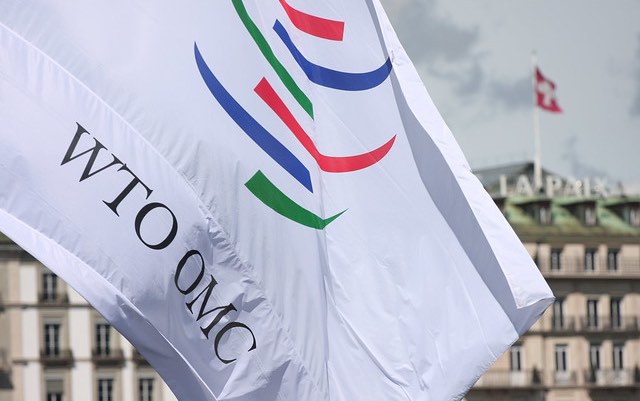
The WTO Dispute Settlement procedure is on the verge of crisis
The WTO's Appellate Body should have seven members. It may soon be down to one.
-
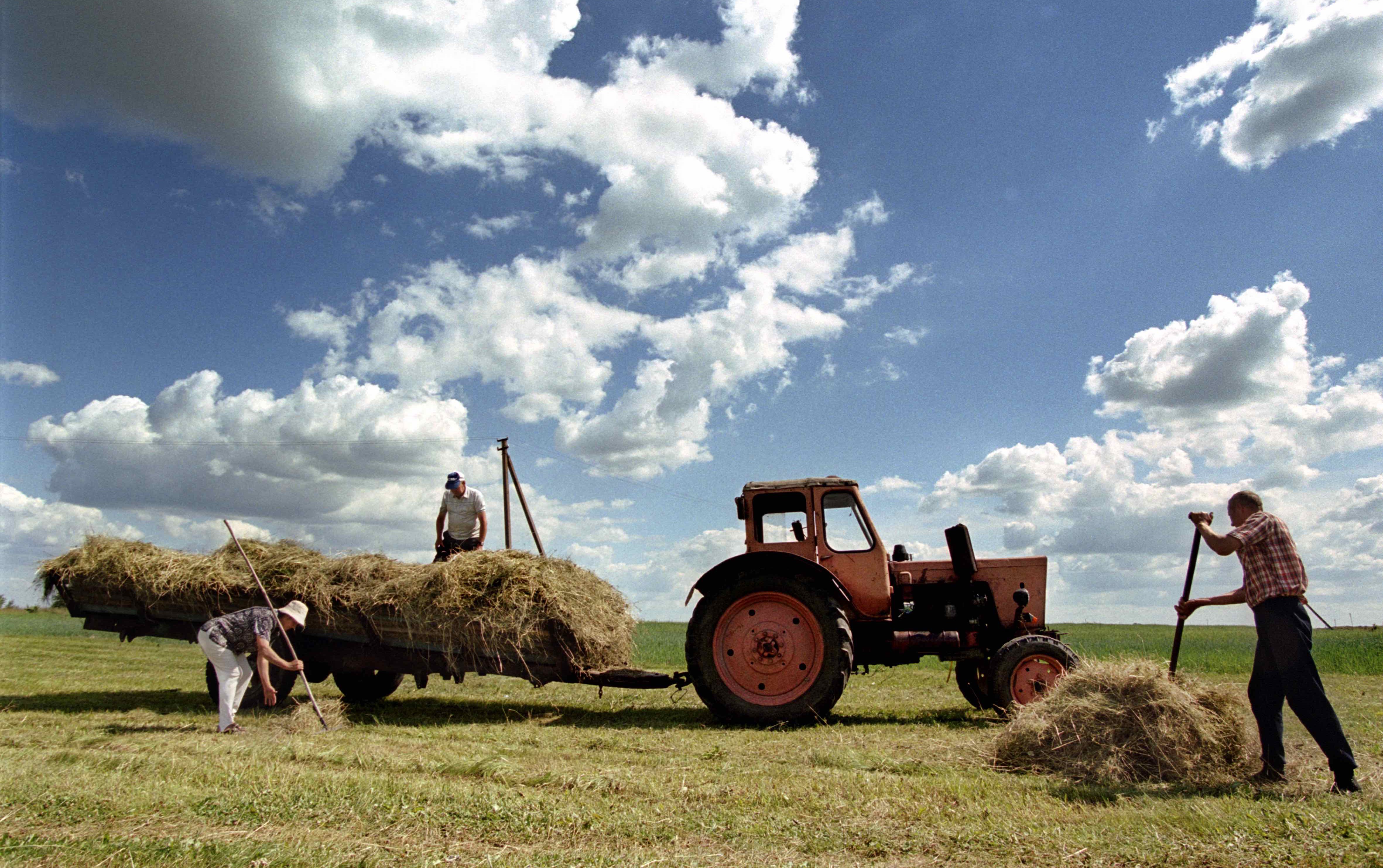
What developing countries can learn from Europe’s experience with rural revitalization
EU rural policies balance growth and development, environmental protection, and bottom-up approaches.
-
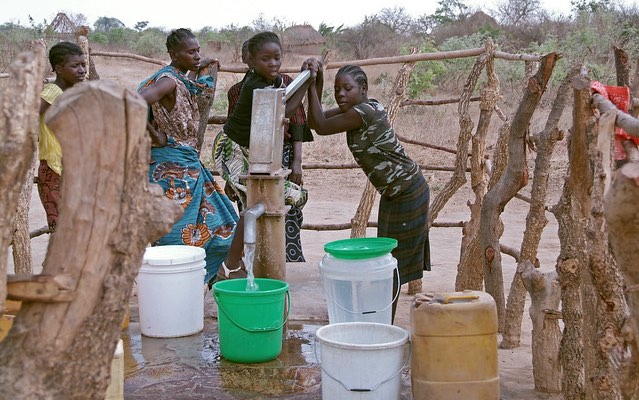
Food security depends on water security – and we need to act now
There is not enough water—as currently managed—to sustain the world’s population and end hunger and malnutrition. Some key pathways to change.
-
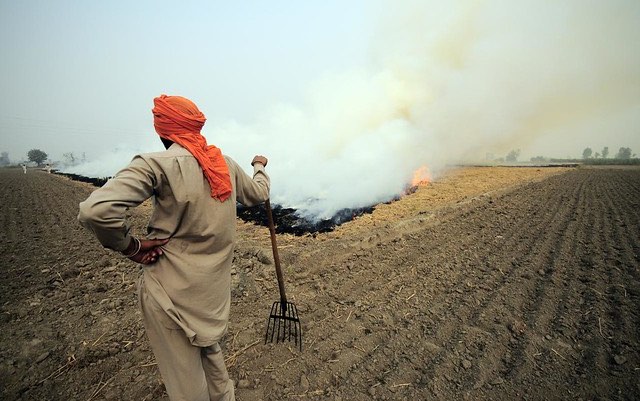
World Environment Day: The need for strong institutions and policies to restore and protect planetary health
Some practical suggestions for preserving the environment—and with it, public health and well-being—by strengthening sustainable agricultural and food system practices.
-
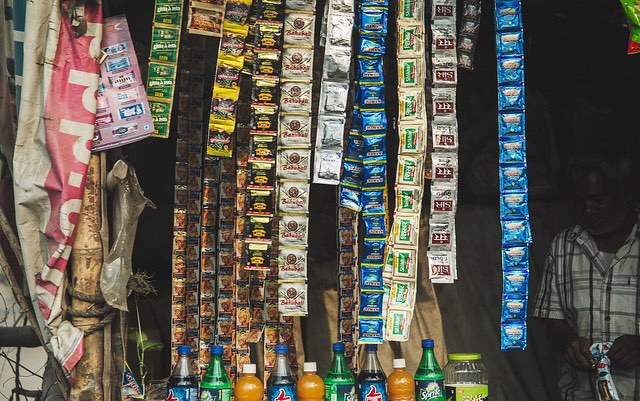
Principles, practice, and the private sector’s role in malnutrition: Time to review red lines?
How should government agencies and development and nutrition professionals engage with businesses?
-
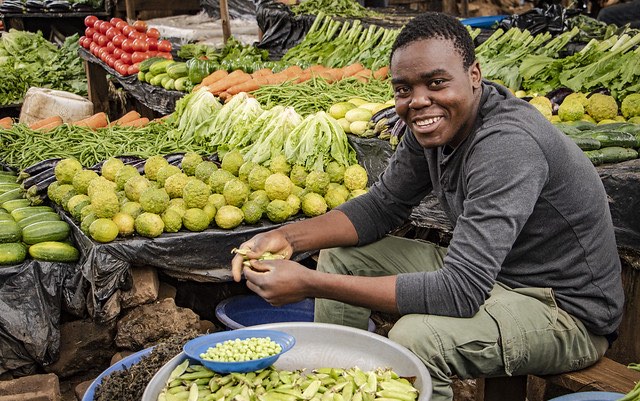
To transform the global food system and feed the world sustainably, start at the local level
Recent global reports stress the urgency of transforming food systems in the face of climate change, urbanization, and other challenges—but how, practically, can we begin to do that?
-
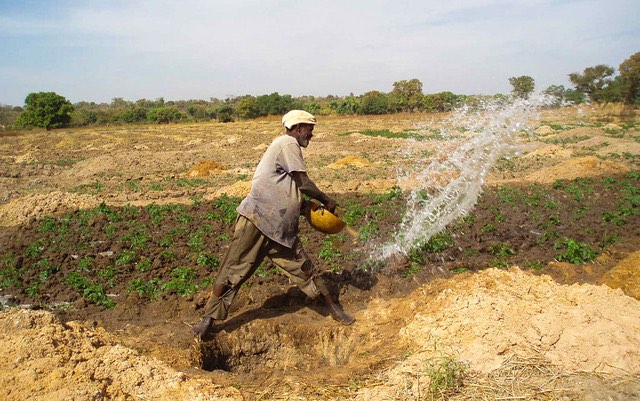
T20: Investments in irrigation and food system links can prevent food crises in Africa south of the Sahara
The G20 think tank platform outlines a path for transforming Africa's food systems and building long-term food security.
-
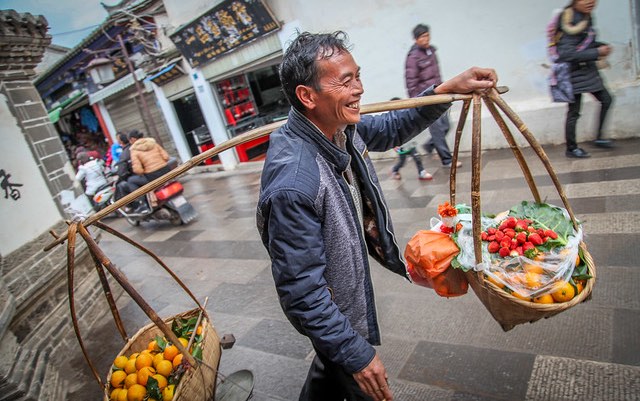
How to transform food systems to feed the world and prevent mass extinctions
By addressing the whole system through which we grow, buy, and eat our food, we can achieve multiple wins to maintain biodiversity for planetary and human health.
-
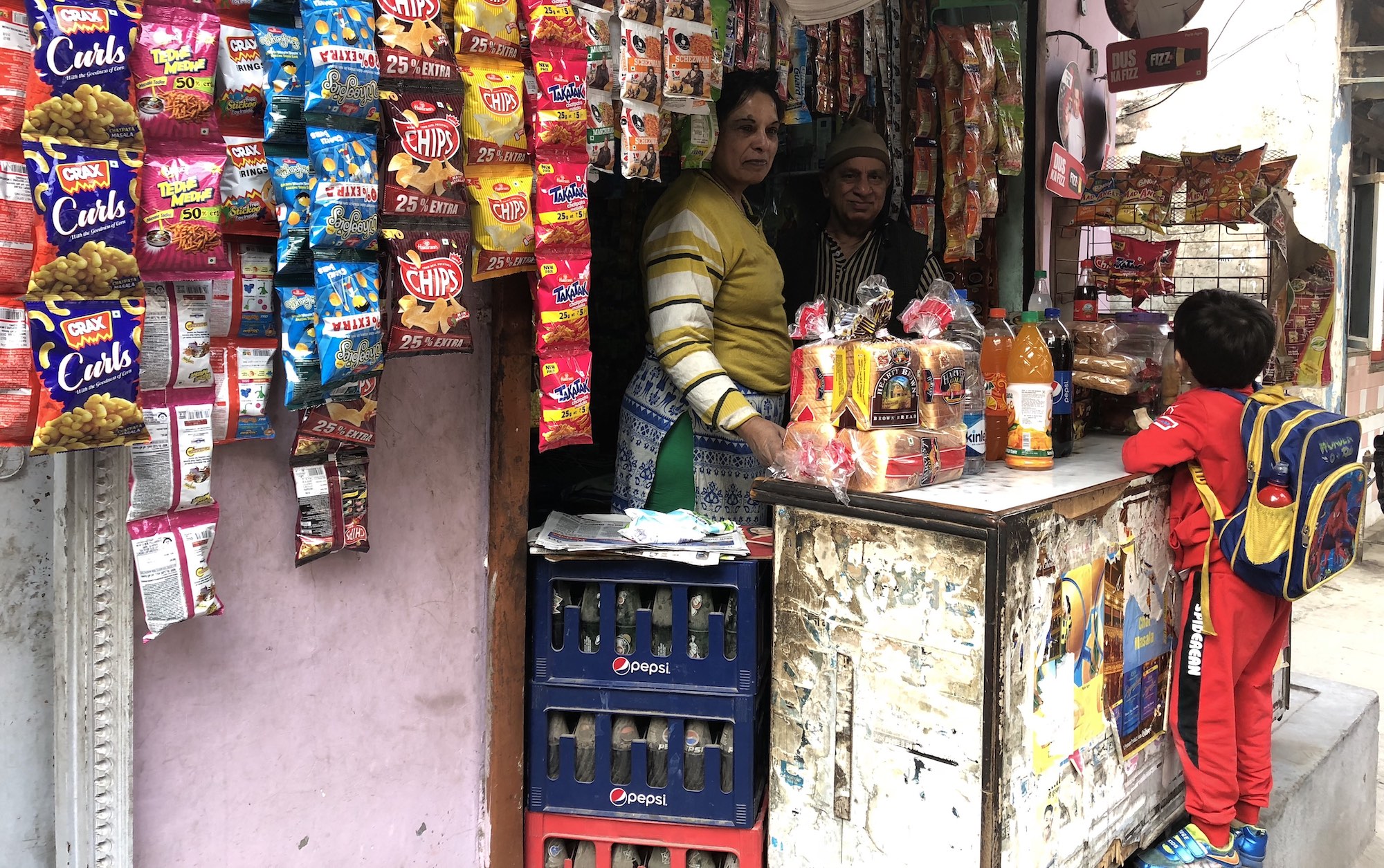
The human face of urban food systems
A new IFPRI research program—Urban Food Systems for Better Diets, Nutrition, and Health—will fill critical knowledge and evidence gaps about food systems and the urban poor.
-
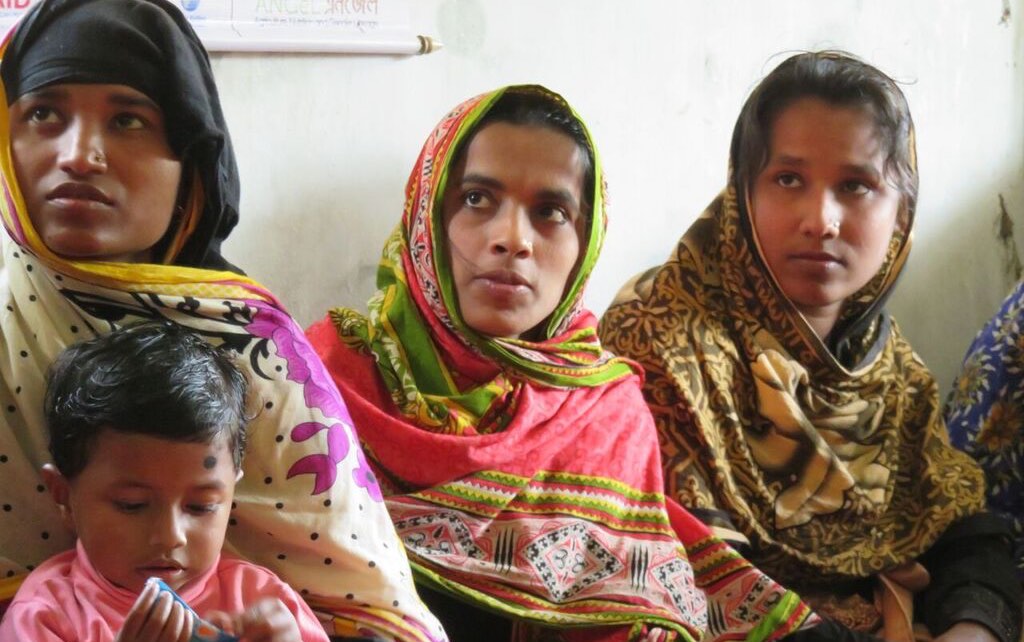
Is empowering women in agricultural development projects worth the investment? Yes, when done right.
A growing body of evidence shows that women's empowerment programs have substantive development impacts that go beyond the goal of gender equality for its own sake.
-
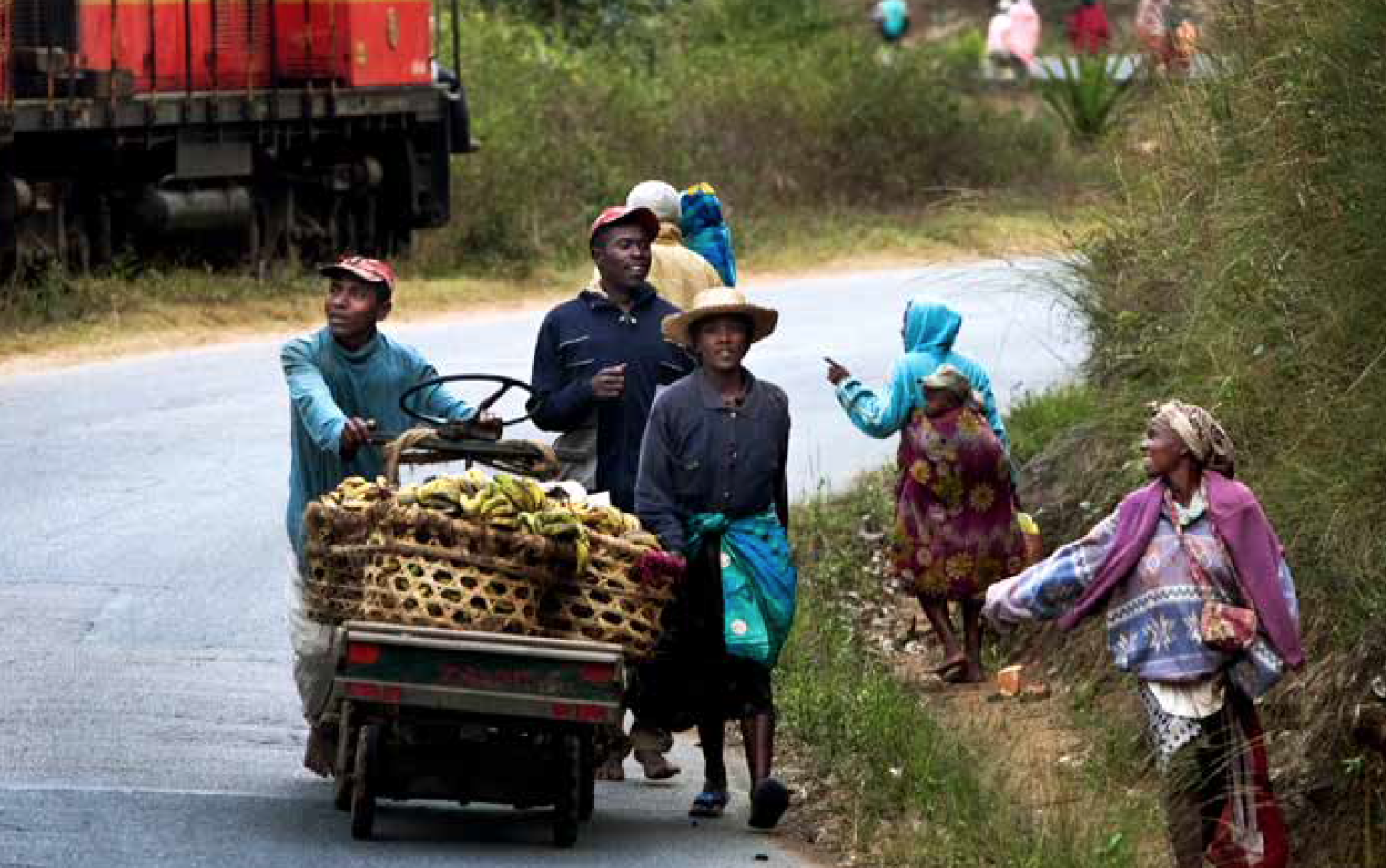
International Workers’ Day: Building urban linkages to strengthen African rural employment
The combination of strong economic growth and urbanization in Africa threatens to leave rural areas behind. What should be done.
-
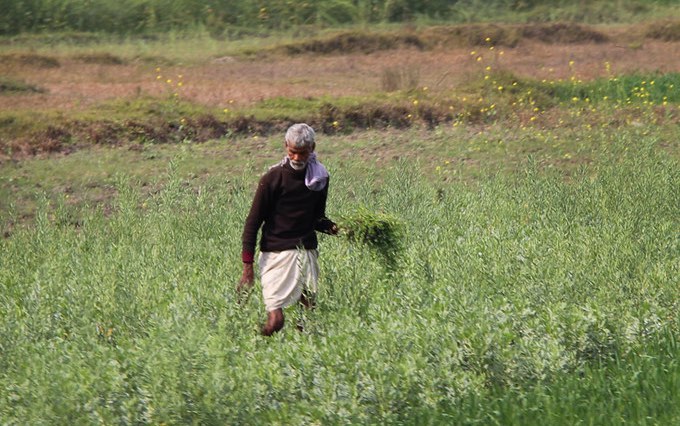
Direct benefit transfers can help double Indian farmers’ income by 2022-2023
The Modi government's new PM-KISAN benefit program is a substantive and positive departure from past support policies for small farmers.
-
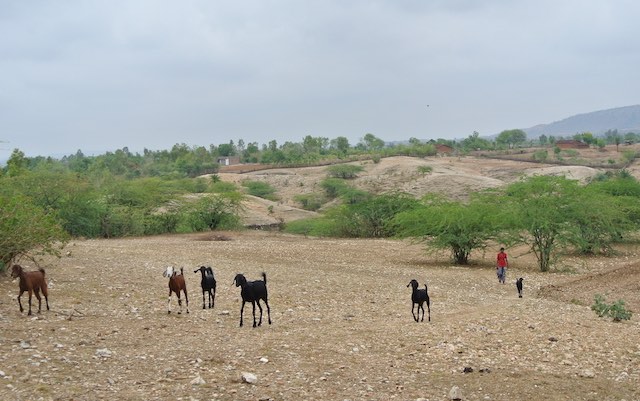
Earth Day 2019: Building common ground on sustainable governance of commons
Responsible management of shared resources—communal forests, grazing lands, wetlands, and bodies of water—is crucial to protecting the earth and creating a “safe and just operating space for humanity.”
-
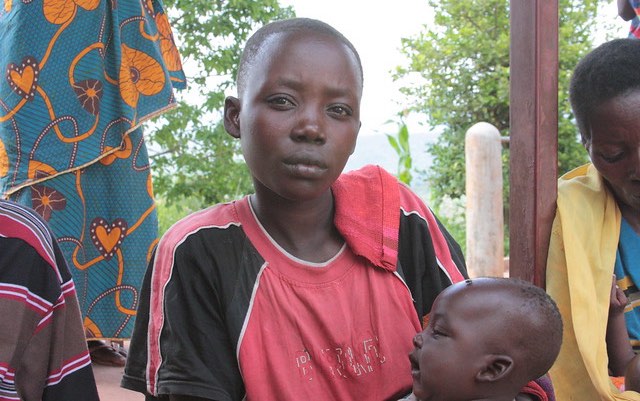
Are we reducing hunger in the world?
The authors of Chapter 3 of IFPRI's 2019 Global Food Policy Report on the urgent need for better data on poverty, hunger, and malnutrition.
-
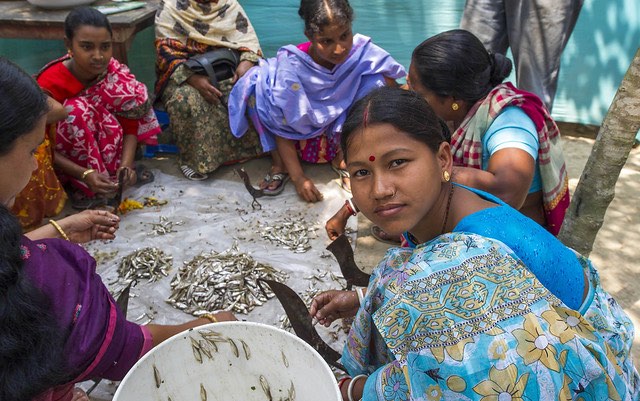
How countries around the world are leveraging agriculture to improve nutrition
Ethiopia, China, Bangladesh and other countries have reoriented their agriculture systems to promote better nutrition, yielding promising results.
-
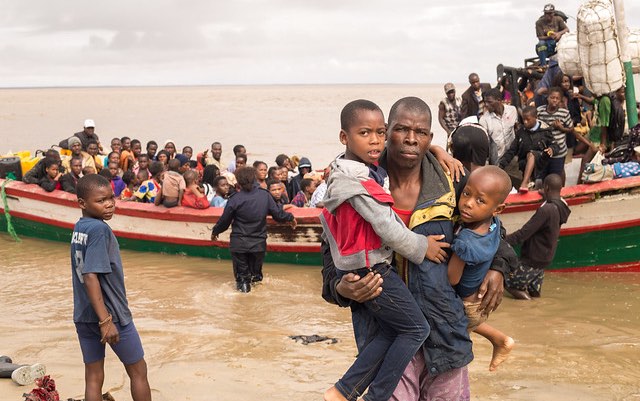
Cyclone Idai shows why long-term disaster resilience is so crucial
Poor people in Mozambique and in regions such as southern Africa are the most vulnerable to rising risks of climate-driven disasters. Building resilience can help reduce the threat.
-
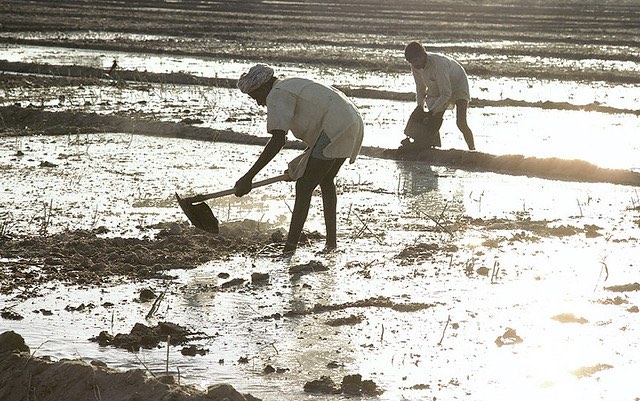
Why India needs a land leasing framework
Ensuring food and nutrition security and tackling the looming threat of climate change make land reforms necessary.
-
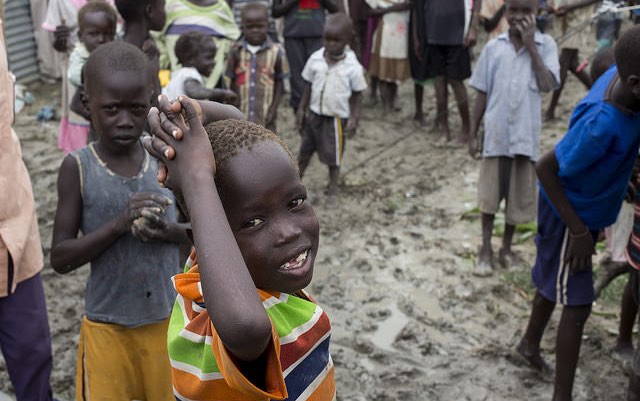
Global Report on Food Crises: 113 million people in 53 countries experienced acute hunger in 2018
Severe food insecurity persists in many countries, demanding investment in both immediate and long-term solutions.
-
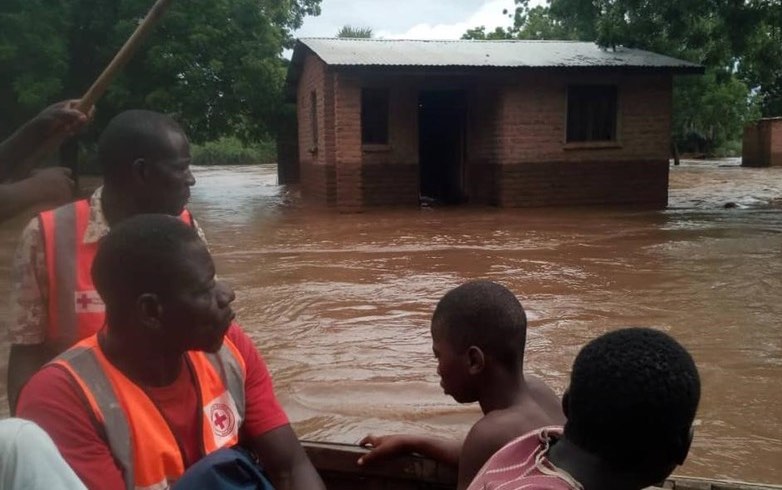
Cyclone Idai, flooding, and food security in Malawi
Rains and flooding will harm upcoming harvests, but it appears Malawi can avoid food grain shortages.
-
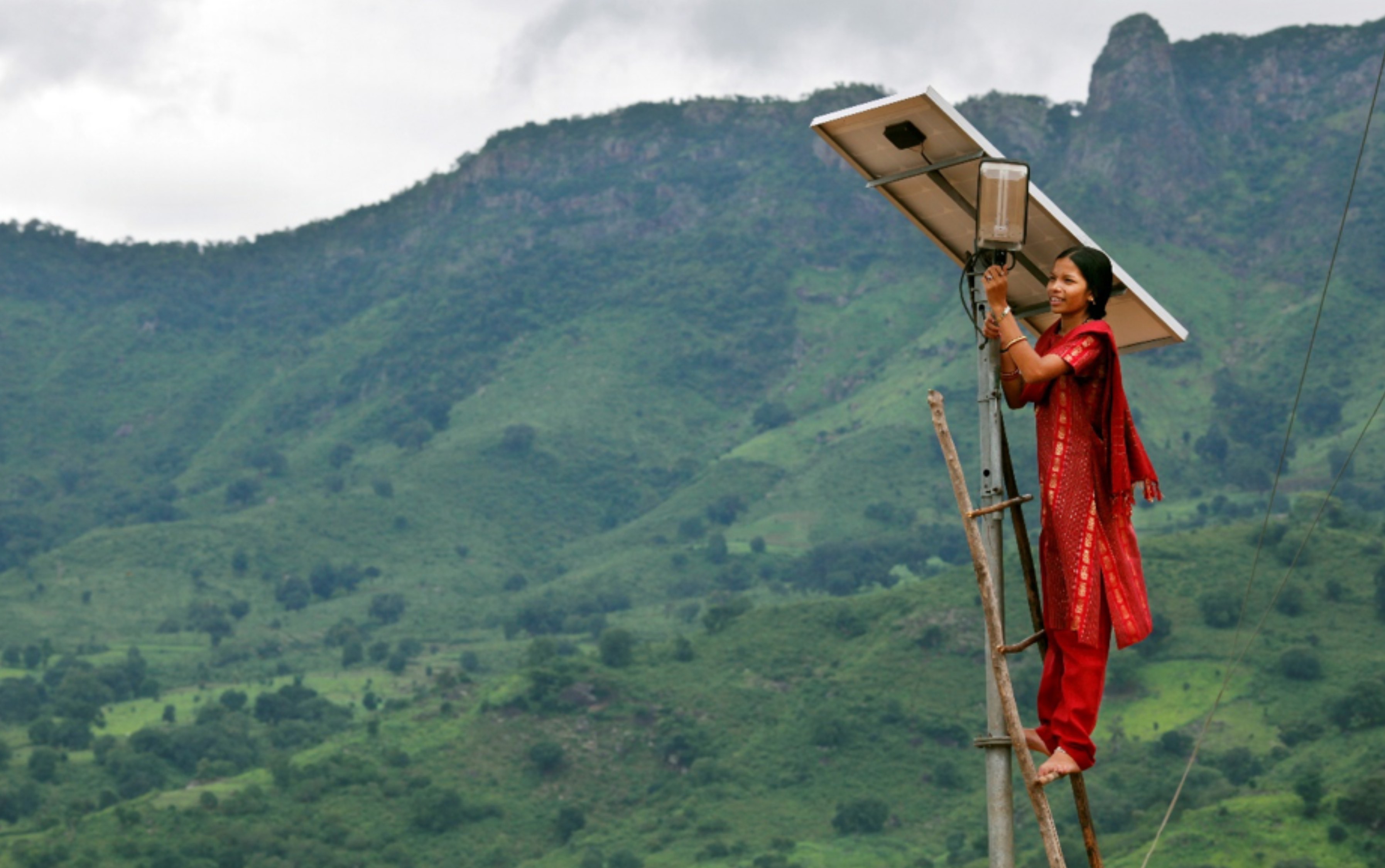
A global rural crisis: Rural revitalization is the solution
Time for a dramatic, system-wide transformation to make rural areas more productive, sustainable, climate-resilient, healthy, and attractive places to live.
-
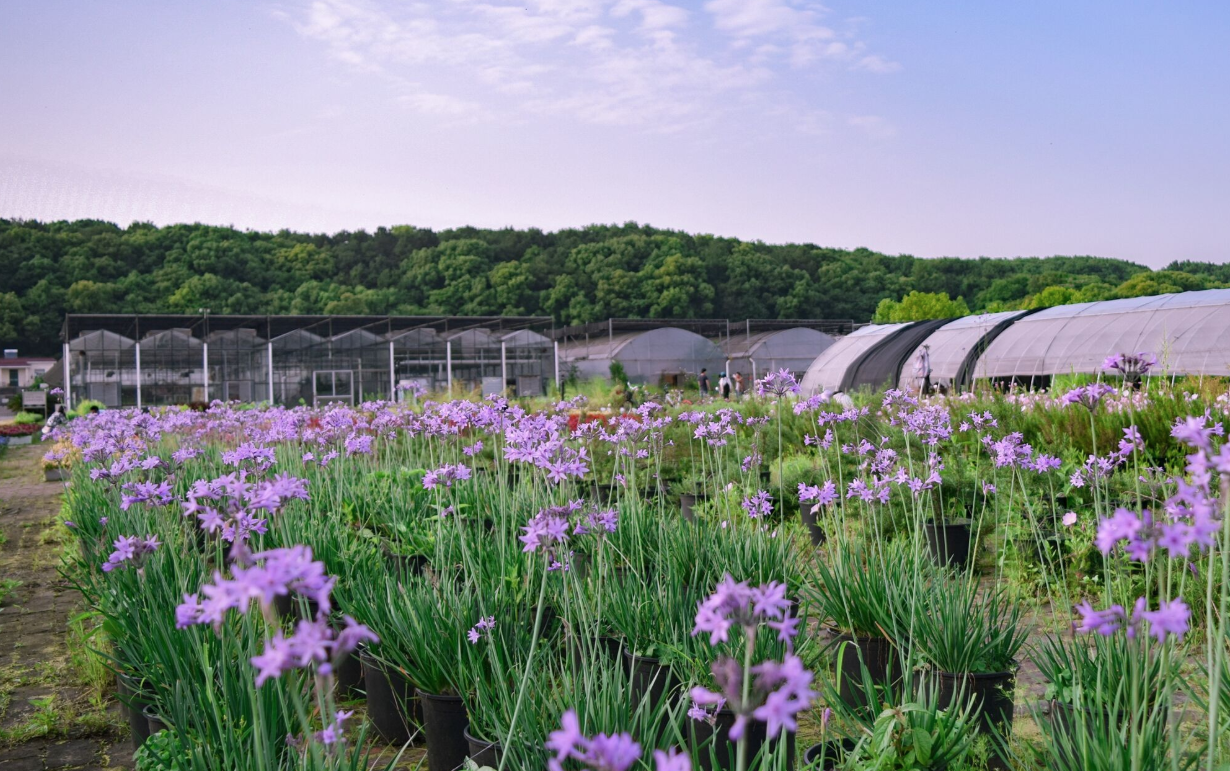
New IFPRI-China collaborations promote evidence-based policymaking and capacity building around the world
A new research center in Wuhan and other opportunities to study agriculture and development in China and elsewhere.
-
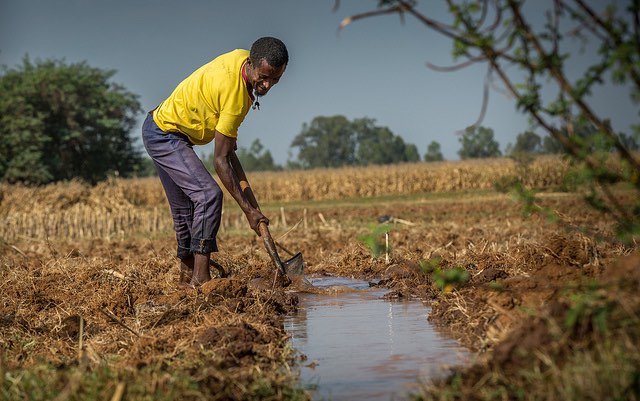
World Water Day: The unfulfilled promise of farmer-led irrigation – how to include those left behind
Already well-off farmers—typically younger men—are able to invest in and benefit from irrigation technologies. But what about women and other less-privileged farmers?
-

The threat declining insect populations pose to agriculture and development, and what we can do about it
The implications of a new paper showing insects are disappearing at a rapid clip globally.
-
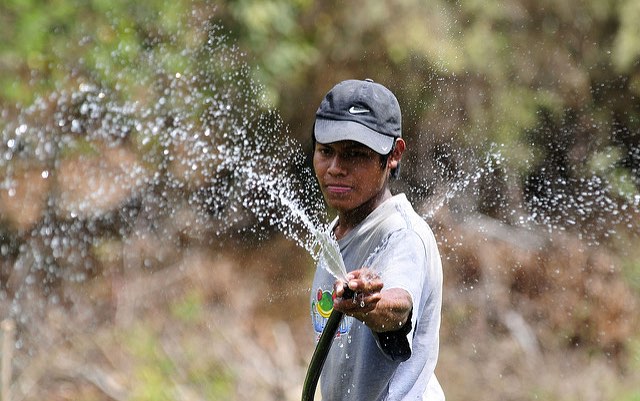
New diet, new destiny? Saving the planet takes more than changing what we eat
We must better understand the links between water, agriculture, sustainability, and food security.
-
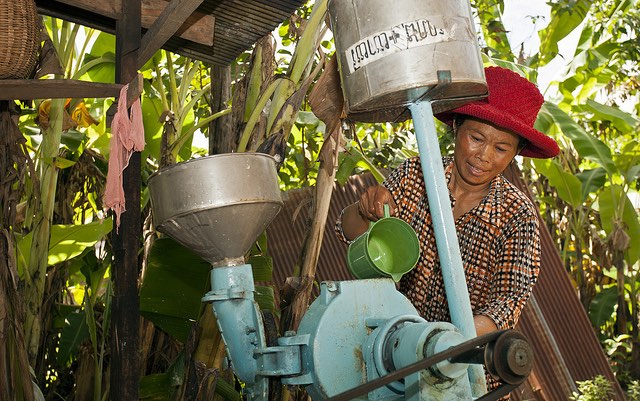
A decade ago, women’s empowerment in agriculture wasn’t even on the agenda
IFPRI programs help to spur the rapid shift toward integrating a gender focus into development projects.
-
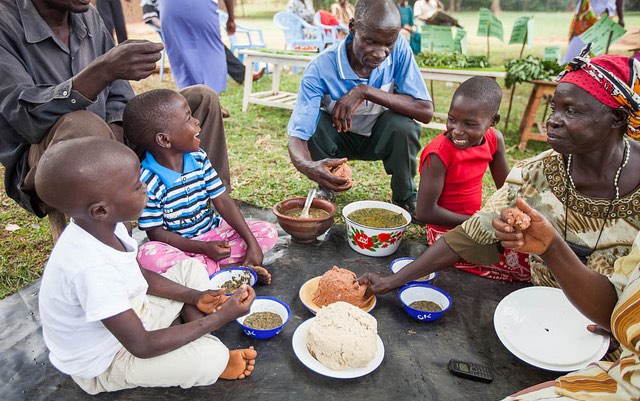
Growing agriculture-nutrition community points the way to achieving SDG2 by 2030
To end hunger and malnutrition in just over a decade, a new book says, focus on the key role of agriculture.
-
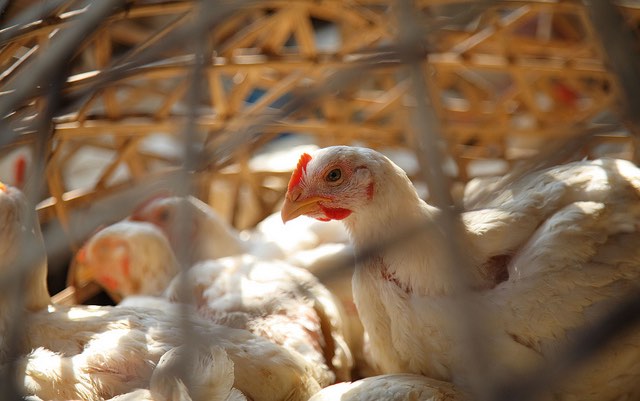
New research partnership to tackle the global problem of antimicrobial resistance
Overuse of antibiotics is creating a looming public health crisis that will hit the developing world hard.
-
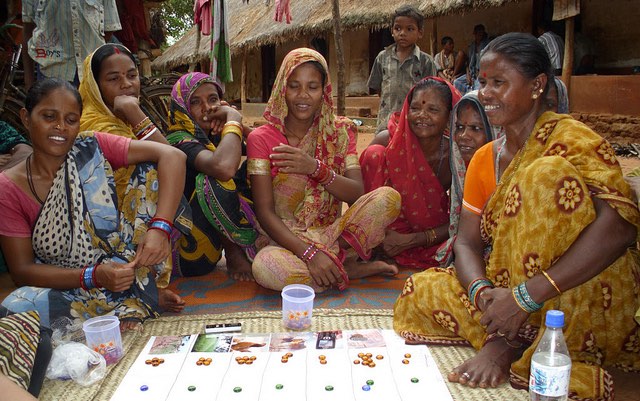
Data can be sexist. Here’s how IFPRI is fixing that problem.
The Women in Agriculture Empowerment Index (WEAI) and Gender, Agriculture, and Assets Project, Phase 2 (GAAP2) generate new insights into women's roles.
-
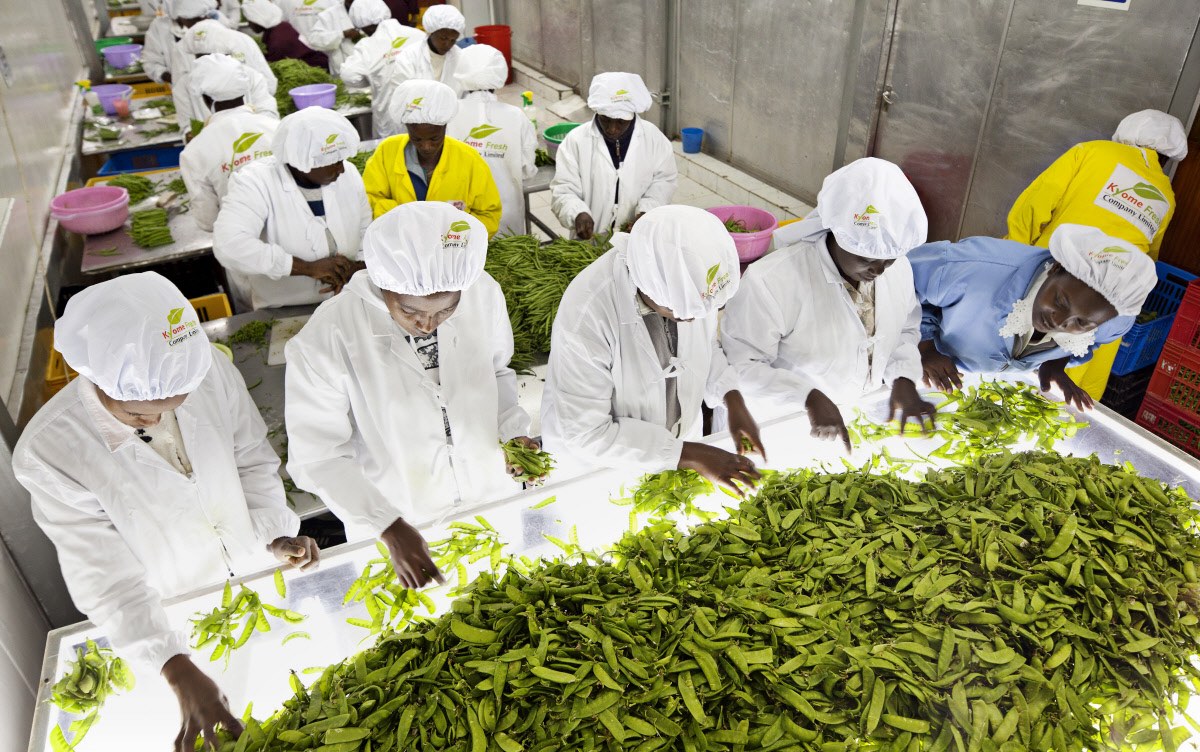
Who gains from an increasingly industrialized food system?
IFPRI's Food Industries for People and Planet (FIPP) program studies ways stakeholders can build sustainability and better nutrition.
-
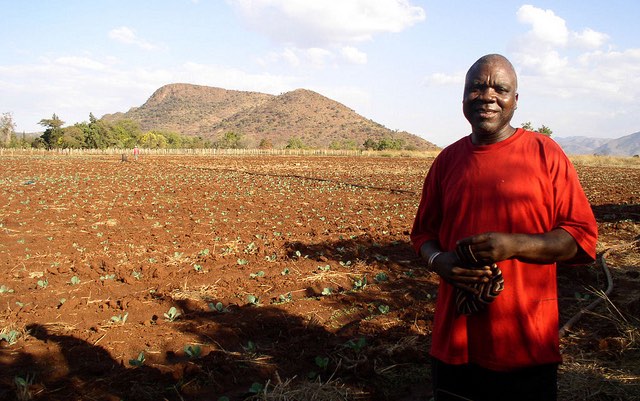
Why irrigation is key to feeding Africa south of the Sahara’s growing population
IFPRI research shows dryland irrigation has the potential to boost agricultural yields on a large scale.
-
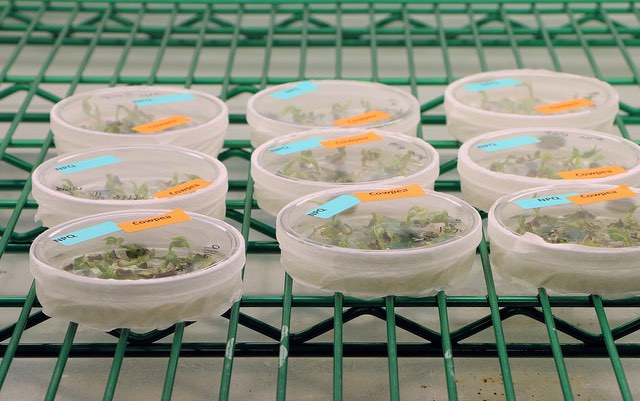
The 2018 Farm Bill is good news for international agricultural development
The new U.S. agriculture law authorizes a number of programs encouraging international research and cooperation.
-
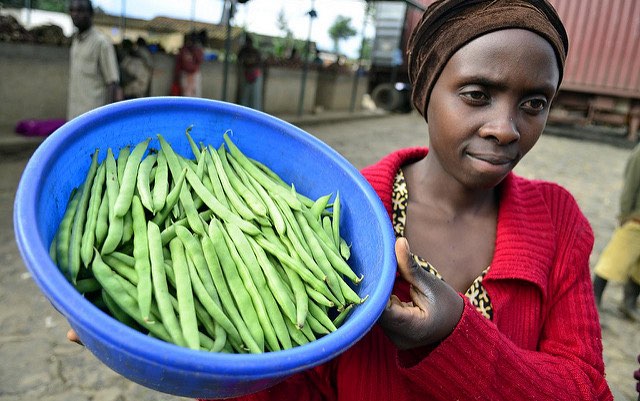
There’s a new goal post for agriculture: It’s nutrition.
Agriculture is the base of the food system. Yet until recently its myriad effects on nutrition were often overlooked. A new book explains why that's changing.
-
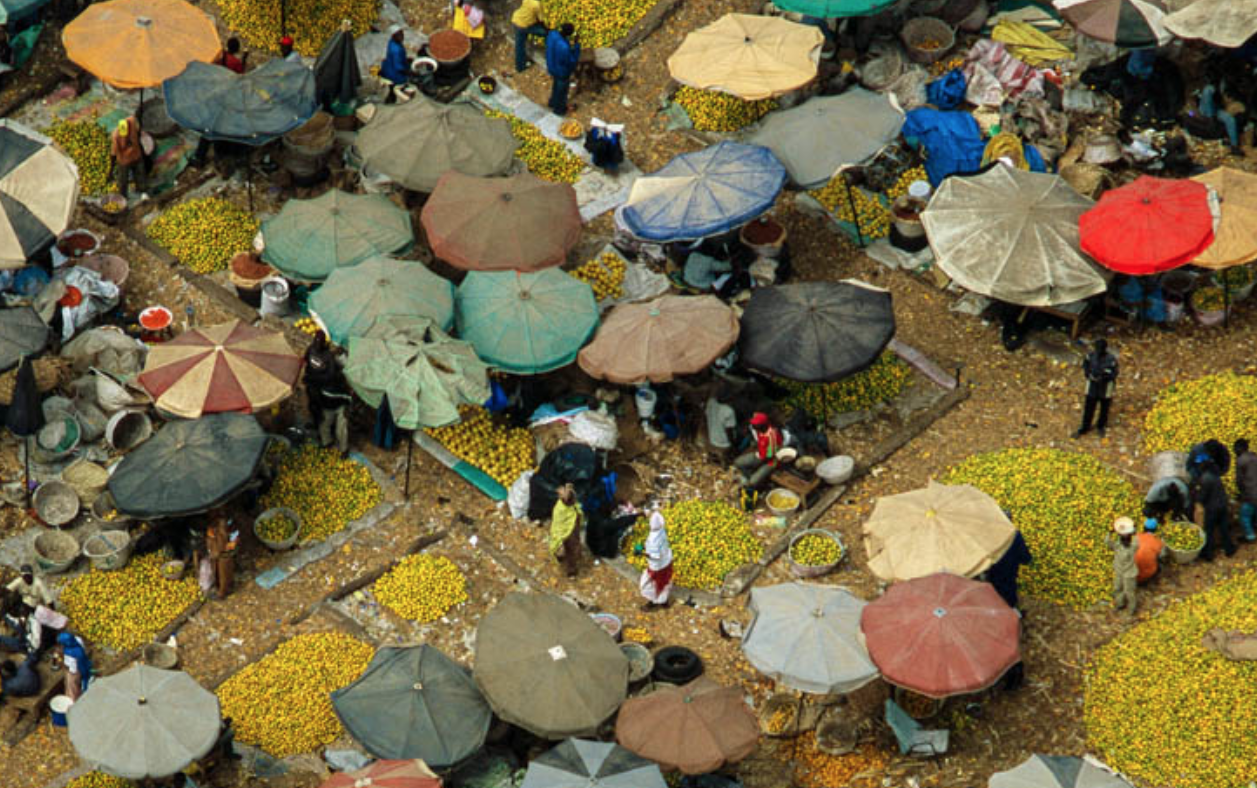
Food and agriculture at a crossroads
A new FAO book, with contributions from IFPRI, explores the key challenges facing agri-food systems amid rising population growth, urbanization, climate change, and other trends.
-
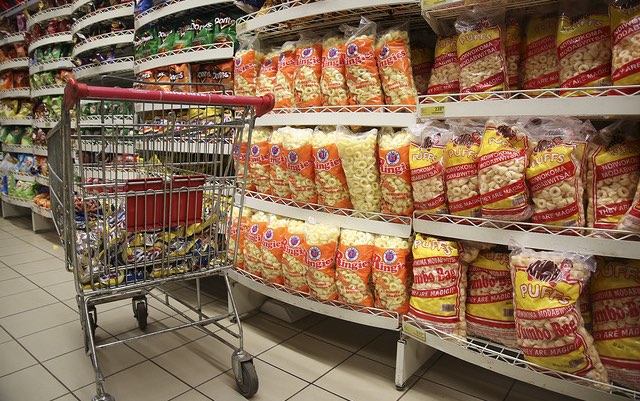
The global syndemic of obesity, undernutrition, and climate change
A new Lancet Commission report recommends ways to reform global food systems.
-
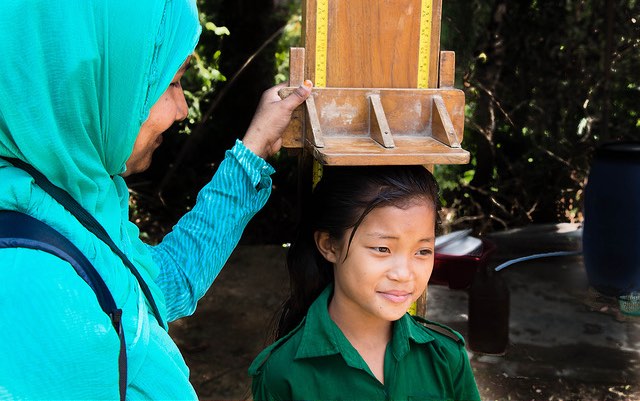
Lessons from IFPRI country programs on influencing policy decisions and strengthening capacity
IFPRI's practice of establishing country offices helps to embed its researchers in national policymaking processes and has other important impacts, research shows.
-
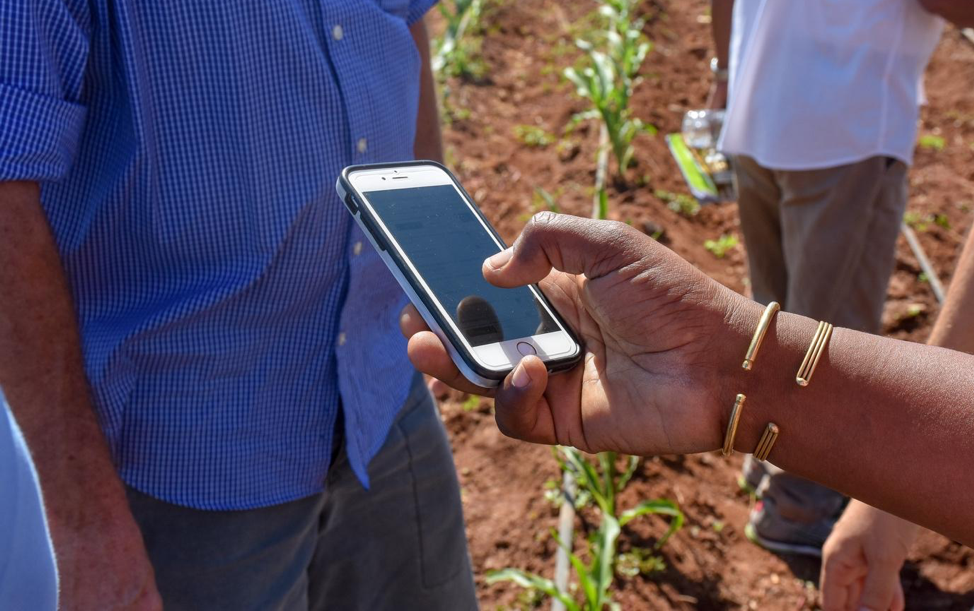
Seeing really is believing: Farmers’ photos revolutionize insurance and advisory services
When it comes to managing risk in the face of climate change, picture-based insurance could be key for smallholder farmers.
-
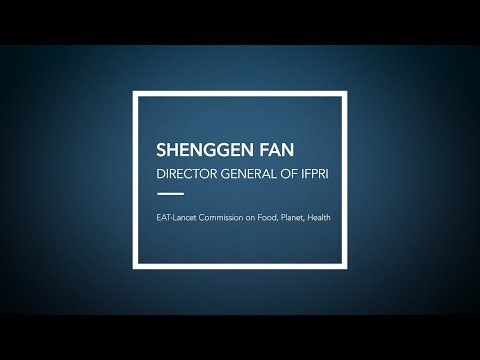
Healthy diets and sustainable food systems for all: A differentiated approach for animal-sourced foods (ASFs)
IFPRI's Director General on the importance of dairy, fish, and other animal-sourced foods to global nutrition and health—a key topic in the new EAT-Lancet Commission report.
-
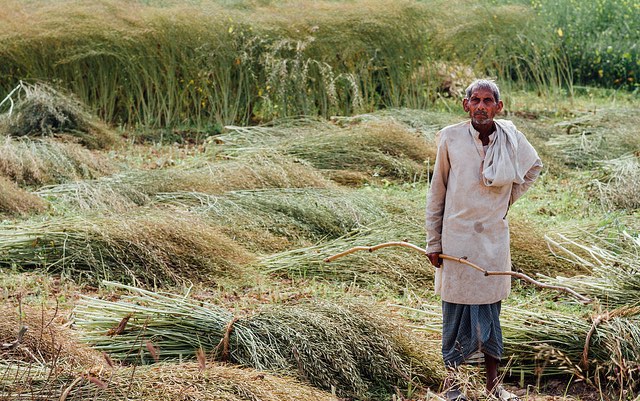
Loan waivers are no panacea for India’s farmers
Why the Indian central government and states should eschew the politically expedient option of loan waivers and look for long-term solutions.
-
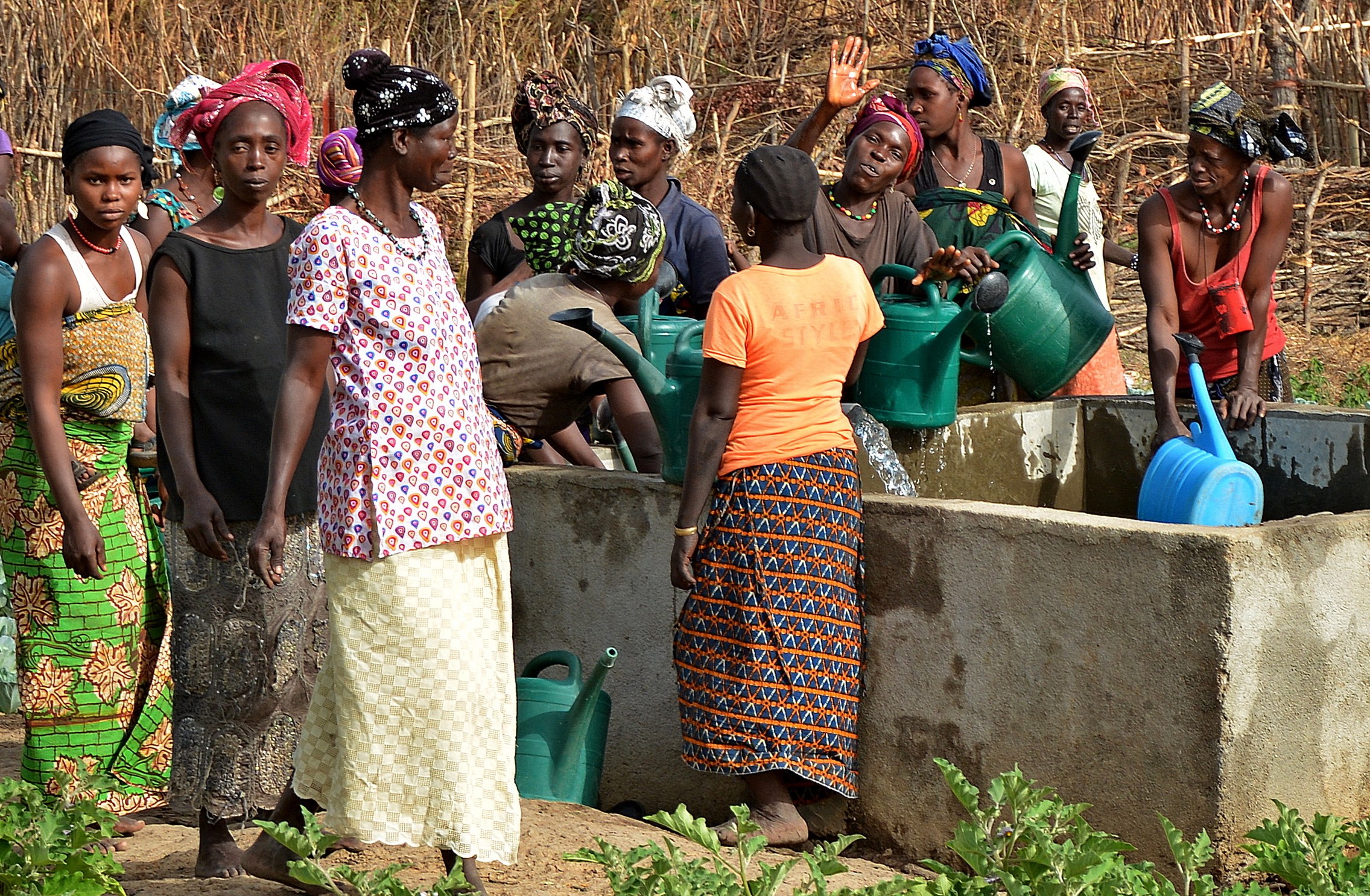
Making small-scale irrigation work for women
Women face disadvantages in adopting better irrigation techniques. Key points on how to address this gender imbalance.
-
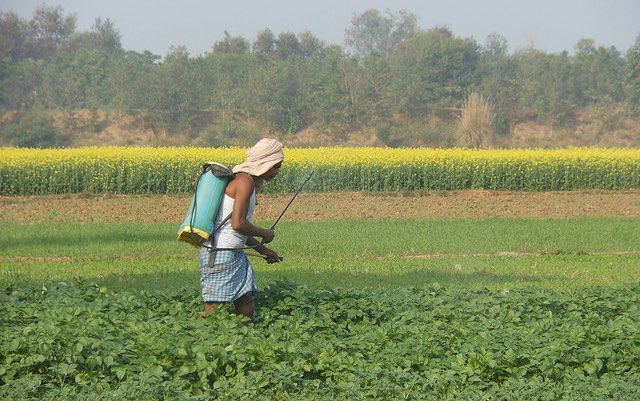
For Indian farmers, Direct Benefit Transfers can work better than fertilizer subsidies
Shifting support from subsidies to DBTs would give farmers greater flexibility and allow the government to better target resources where needed.
-

Interview: Discussing the G20 Summit with Eugenio Díaz-Bonilla
The head of IFPRI’s Latin America and Caribbean Program on the recent Buenos Aires meeting’s implications for global trade, food systems, and the SDGs.
-
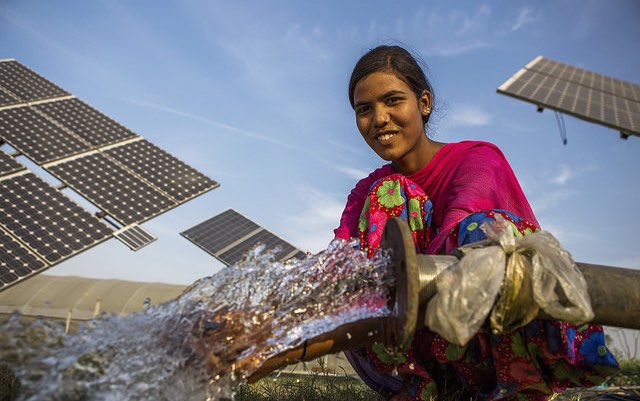
How agricultural research can navigate the perfect storm
Researchers must take into account the interdependencies of an ever-more complex, interconnected, and stormy world.
-

Four key steps to a sustainable food future
The B20 (business organizations) and T20 (think tanks) offer recommendations on food systems to world leaders at the G20 Summit in Buenos Aires.
-
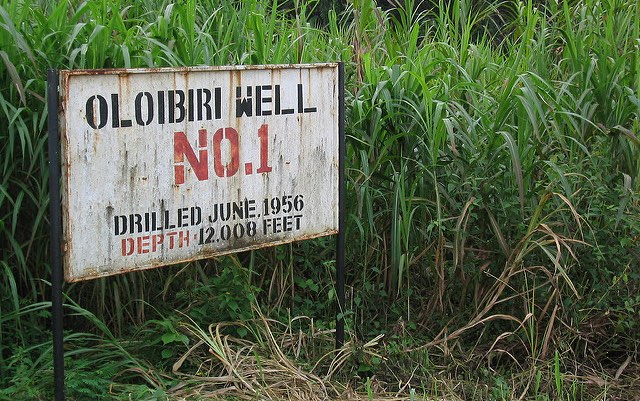
Why Nigeria urgently needs to grow non-oil exports
Continued low oil prices are putting unsustainable stresses on Nigeria's economy. Time to diversify.
-
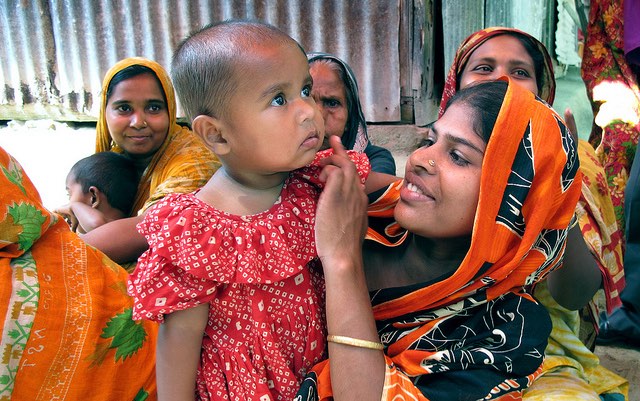
Ending hunger by 2030 is possible, if we can accelerate progress
It’s time to invest in accelerators—policies, interventions, and innovations that can overcome barriers and speed progress toward ending hunger and malnutrition.
-
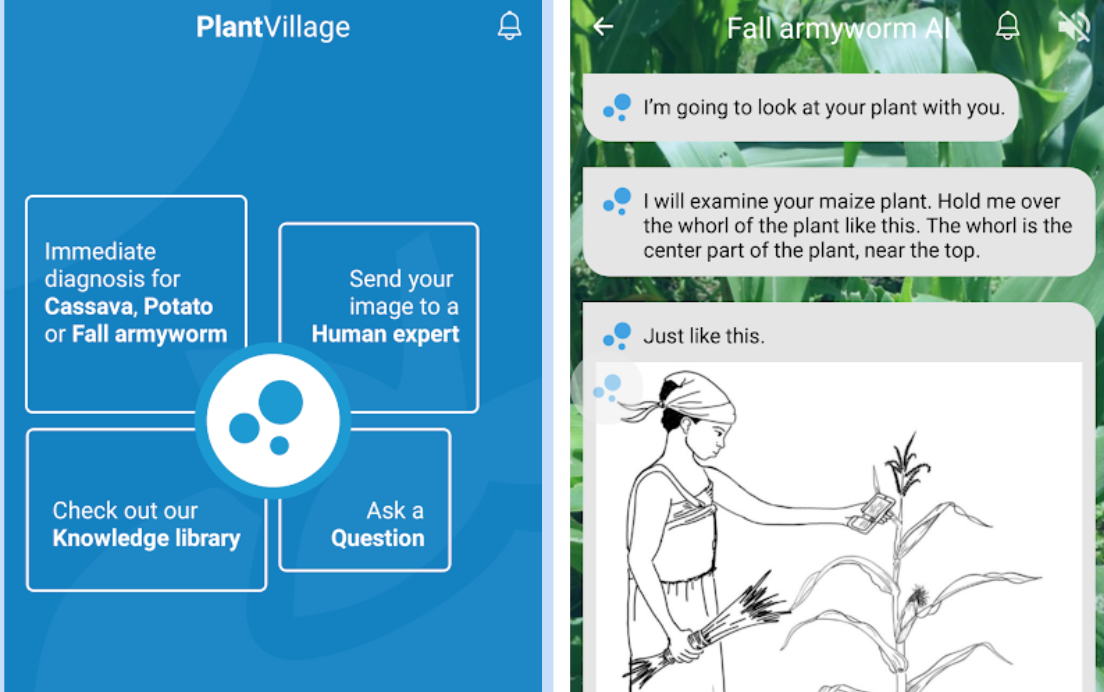
Big data shows big promise for feeding the world
Harnessing the nascent power of large datasets to help farmers.
-
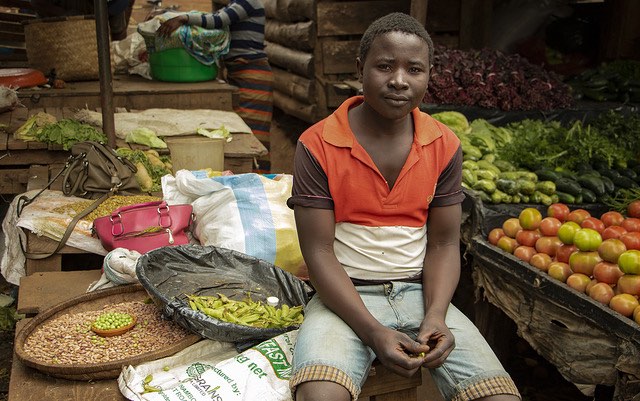
Strategic simplification to create healthy and sustainable food systems in an urbanizing world
As food production and consumption rapidly evolve, a way to break down the complexity for more effective problem-solving.
-
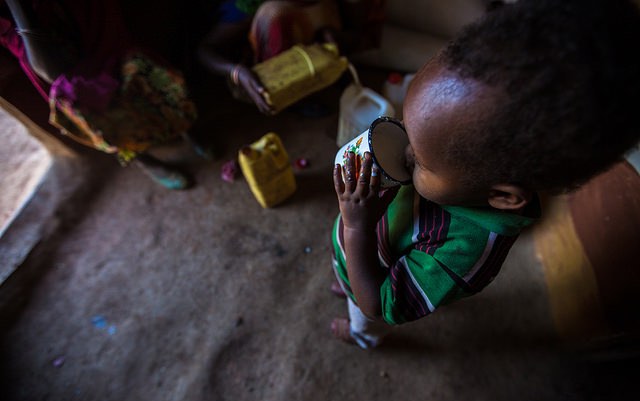
Animal-sourced foods are vital to combating malnutrition and stunting in the developing world
A diet rich in milk, eggs, and/or meats provides key nutrients during the crucial phase of life from six months to two years.
-
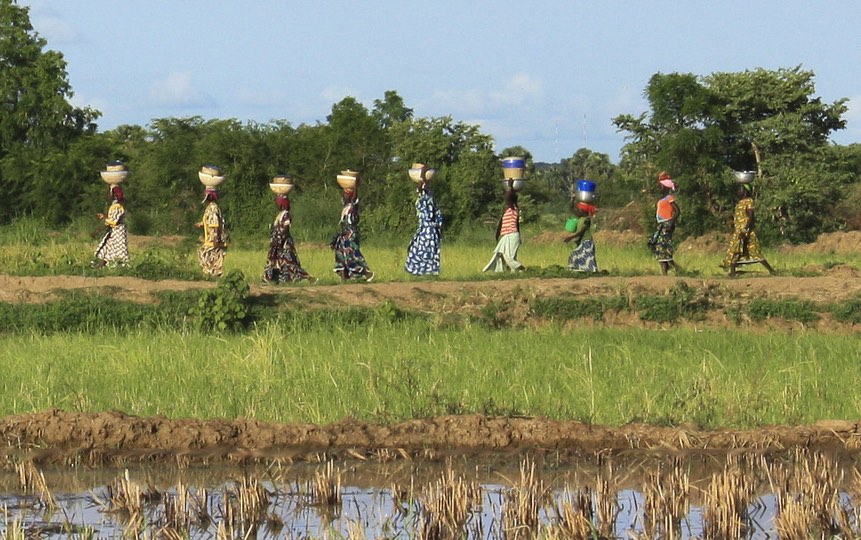
The SDGs on Zero Hunger and Clean Water and Sanitation can’t be achieved without each other, so where do we start?
Efforts to reach different Sustainable Development Goals may overlap or even conflict—so study the linkages between them.
-

U.S. immigration policies may harm economies, worsen poverty in Central American countries
A model shows how large-scale deportations would create problems for El Salvador, Guatemala, and Honduras.
-
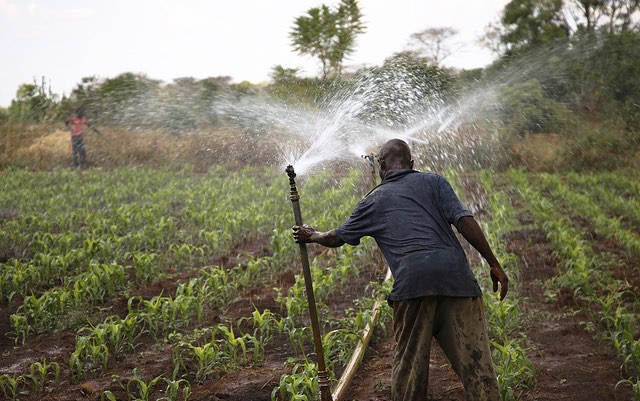
Overcoming the “paradox” of irrigation efficiency
Better irrigation technologies that should conserve water may lead to greater consumption—what to do?
-
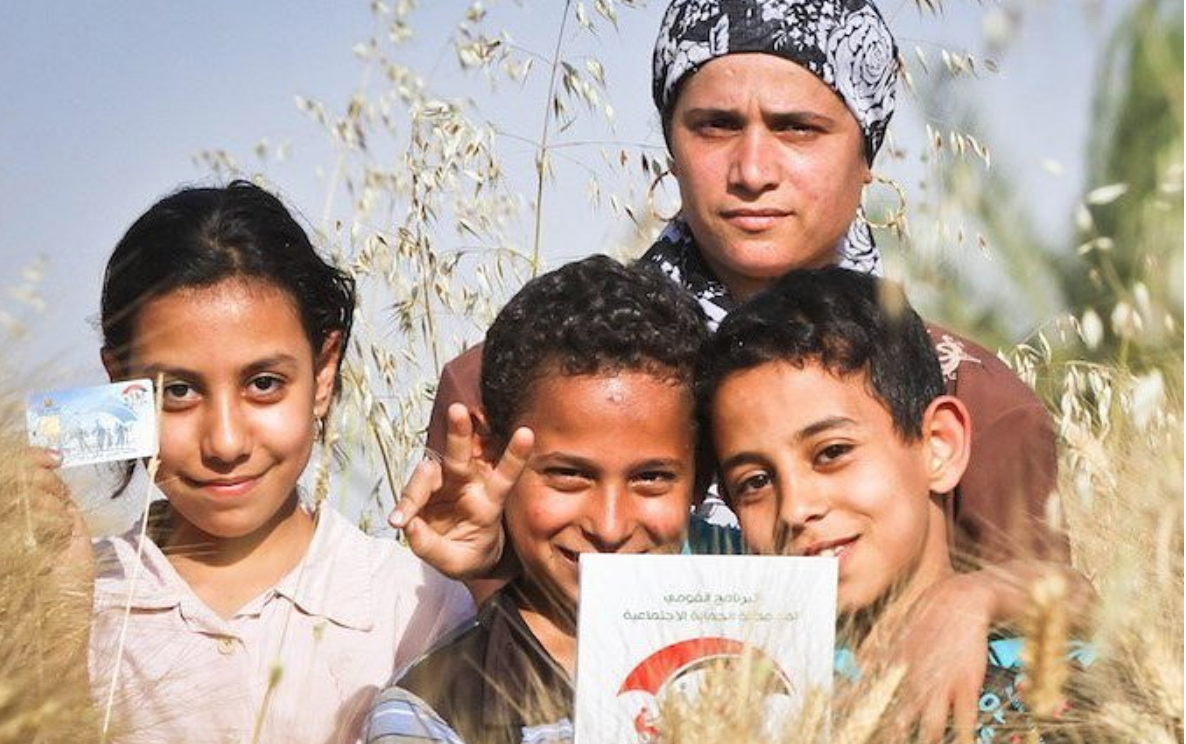
Evaluation finds successes for Egypt’s first conditional cash transfer program
The "Takaful and Karama" (Solidarity and Dignity) program is boosting household spending and improving various measures of well-being, IFPRI assessments show.
-
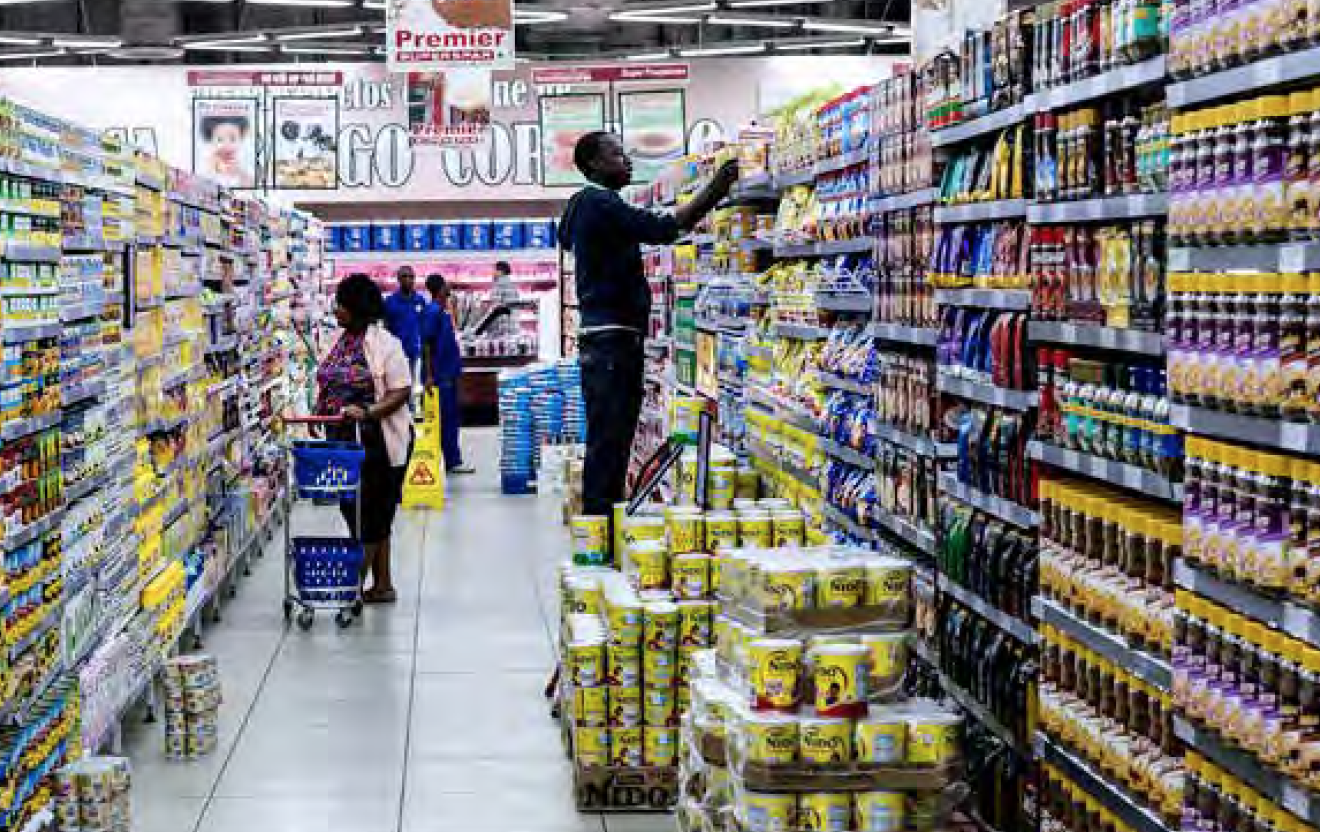
World Cities Day: Growing urban poor populations face unique nutrition challenges
As cities grow around the world, poor residents face mounting diet-related issues, including obesity.
-
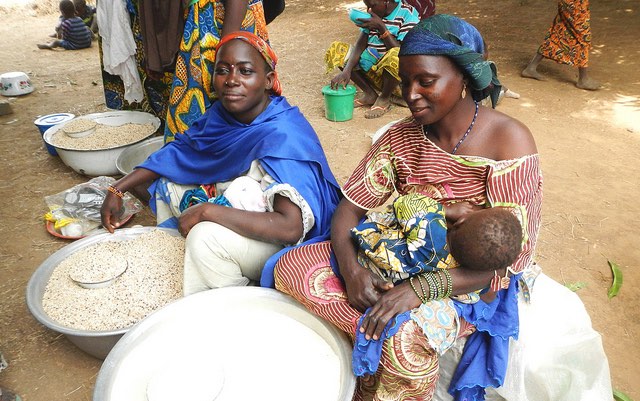
Design features of successful social protection programs
Effective assistance for the poor requires carefully structured, targeted programs sensitive to local conditions.
-
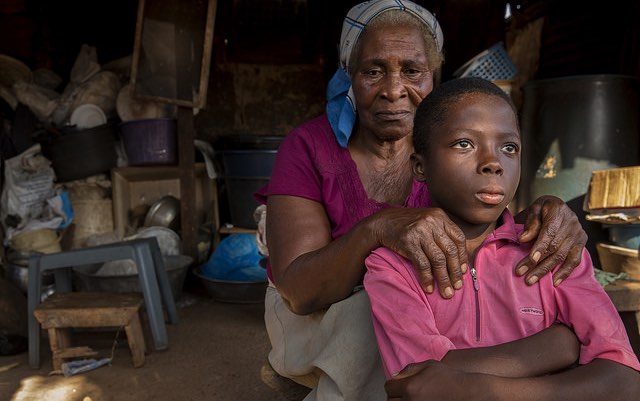
Social protection for the extreme poor: What works?
Research casts light on which forms of antipoverty programs deliver the most impact for the optimal cost.
-

The Emperor’s new NAFTA
The new trade agreement between the Canada, Mexico, and the United States looks a lot like its predecessor.
-
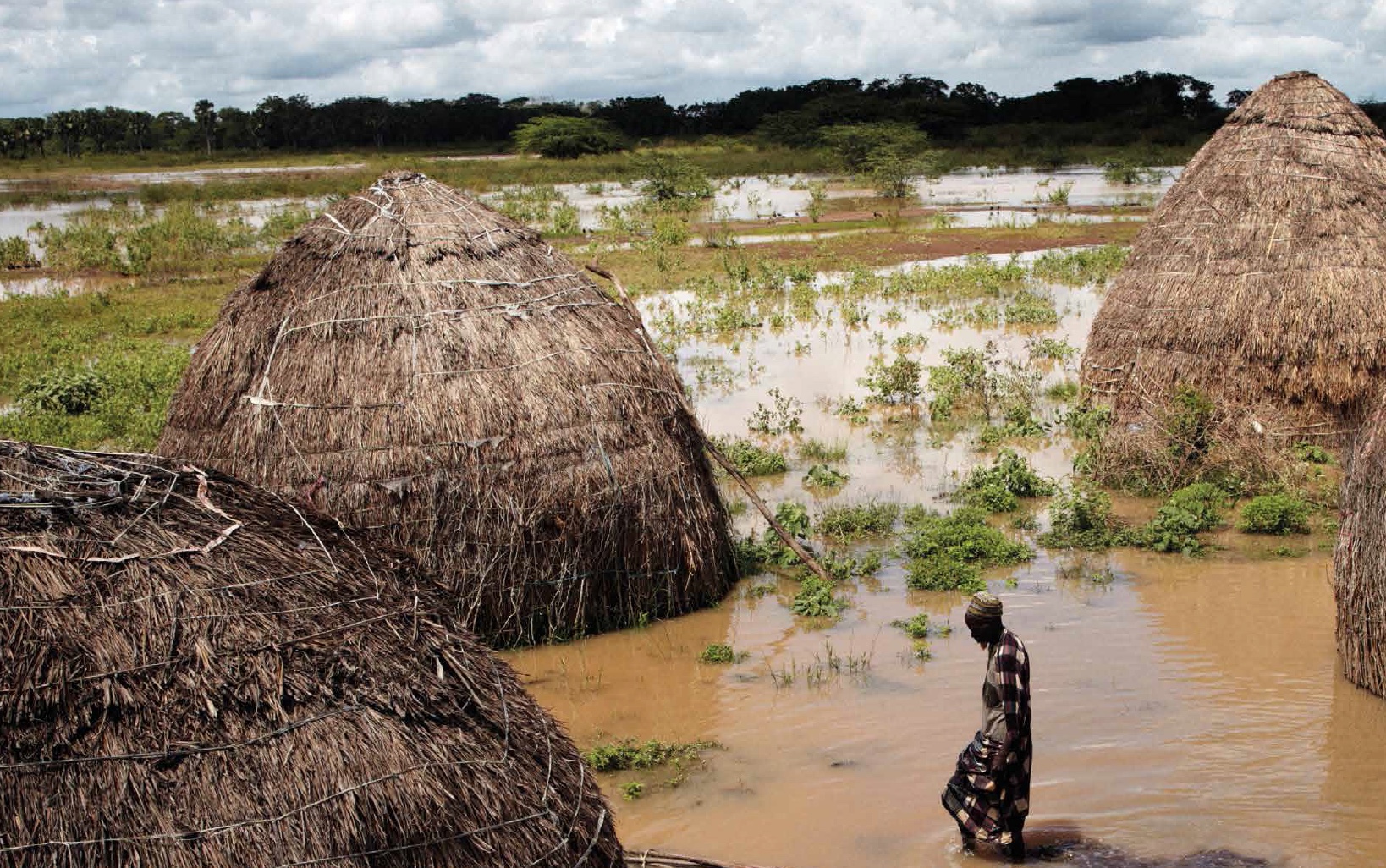
The role of cash transfers in building household resilience
With agriculture in Africa facing many economic and climate uncertainties, cash transfers can help smallholders weather potential shocks.
-
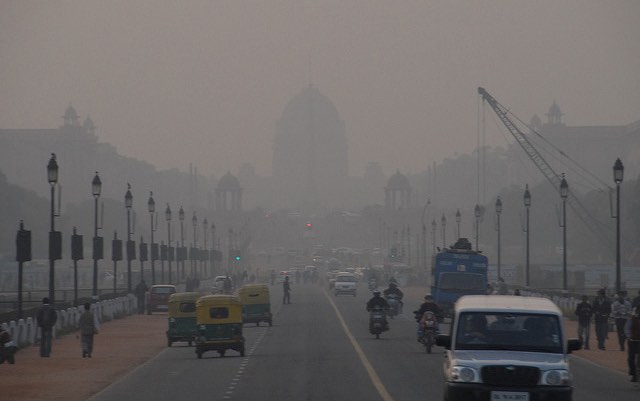
Time to act: Air pollution is damaging our brains as well as our lungs
A new study reveals alarming risks from smog.
-
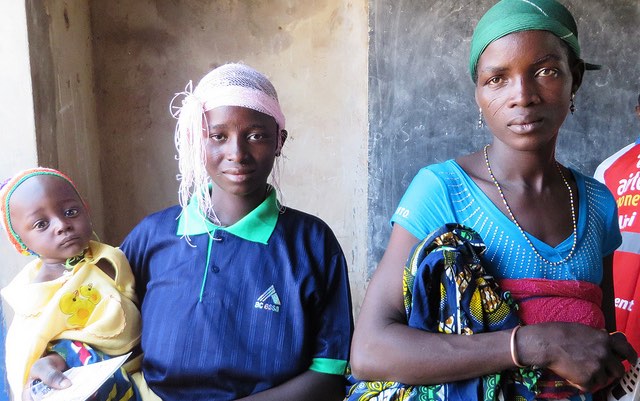
The future of social protection in Africa
How well-designed support programs can contribute to agricultural and economic growth.
-
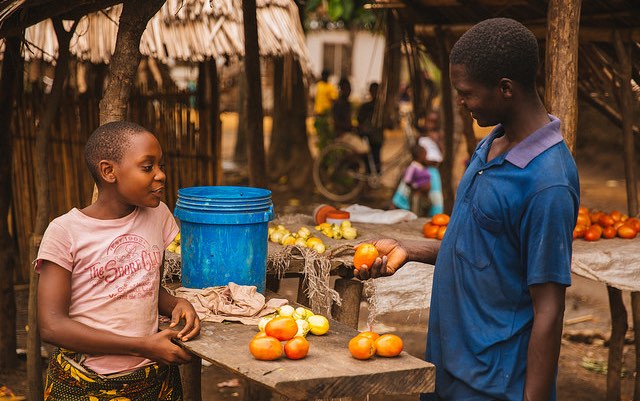
Overcoming the roadblocks to ending poverty
On the International Day for the Eradication of Poverty, a look at IFPRI's recent work focusing on the poor, agriculture, and gender.
-
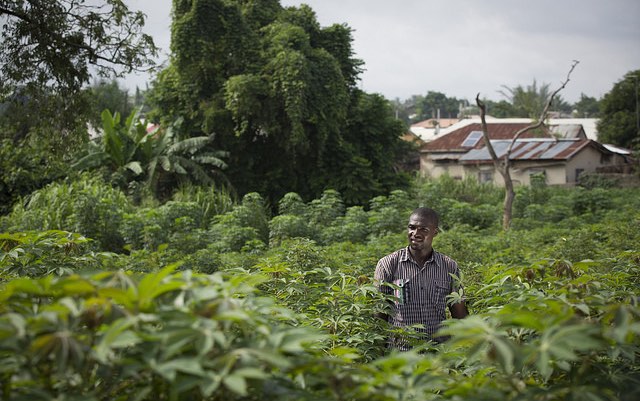
World Food Day: Innovations are imperative to ending hunger and malnutrition
A sustainable and healthy food future to end hunger and malnutrition requires innovative technologies, policies, and institutions.
-
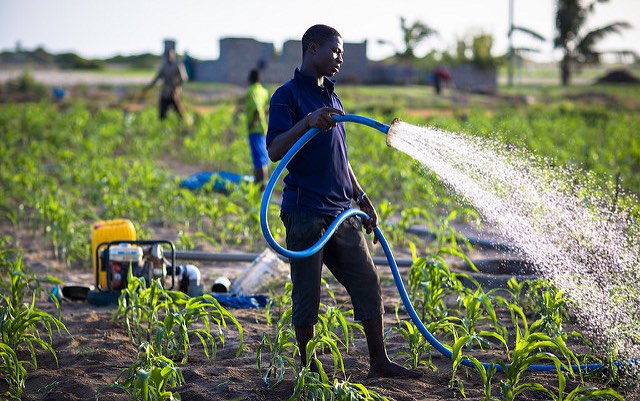
How gender shapes responses to climate change: New tools for measuring rural women’s empowerment
To mark Int'l Day of Rural Women, a look at applications of the IFPRI-led project-level Women's Empowerment in Agriculture Index (Pro-WEAI).
-
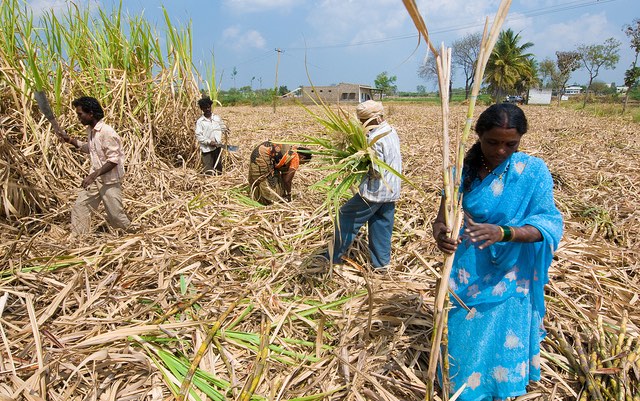
Charting the future of India’s sugar industry
Can an ethanol program modeled on Brazil's provide a way out of the industry's current economic straits?
-
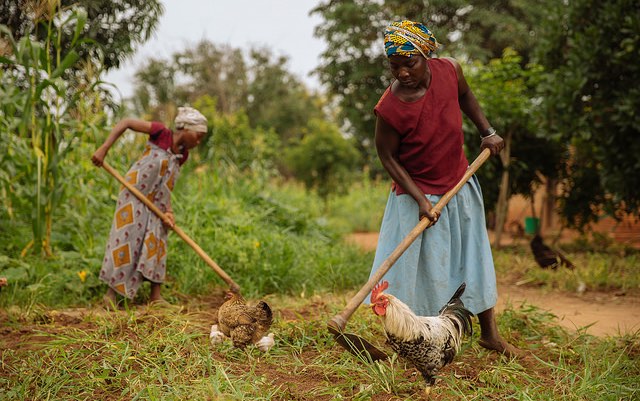
IFPRI report: How China and Africa can promote cooperation in agricultural modernization
Charting a path for a partnership key to alleviating African poverty.
-
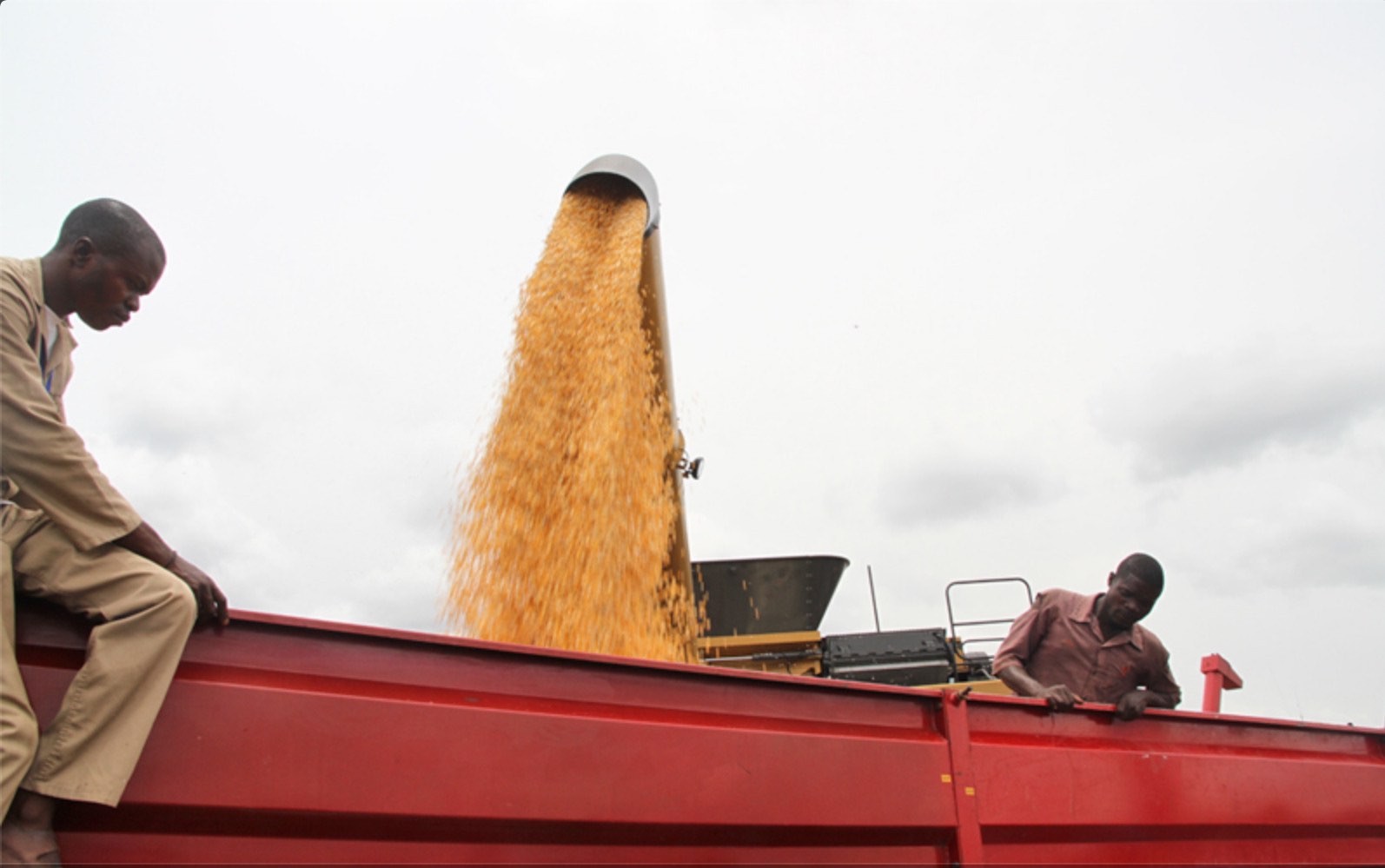
Congo’s new agro-industrial park isn’t perfect, but deserves a chance to grow
An ambitious project to build food security has run into some problems, but is still in its early phases.
-
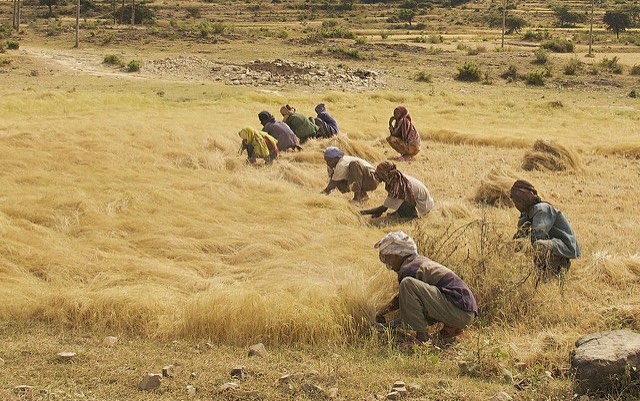
Teff love: Ethiopia’s staple crop requires a big push
A new book explores the potential for expanding production of one of Ethiopia's signature crops.
-
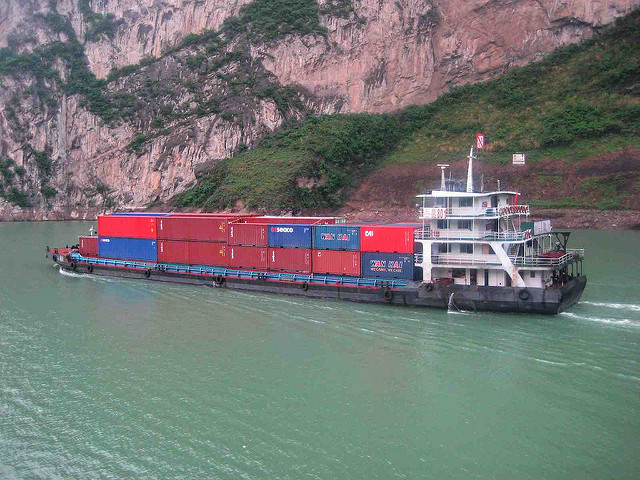
Trade conflict is a lose-lose game
Unless the US-China conflicts are resolved, there will be major lose-lose outcomes for both parties–and for agricultural markets across the world.
-
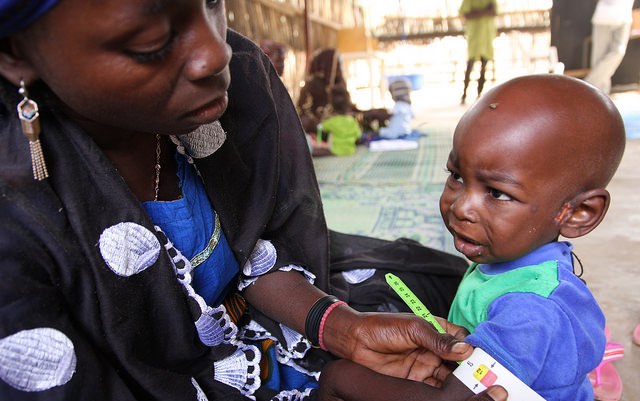
Interview: Unpacking integrated nutrition with IFPRI’s Harold Alderman
Exploring the interconnections between poverty, nutrition, early child development, and public health.
-
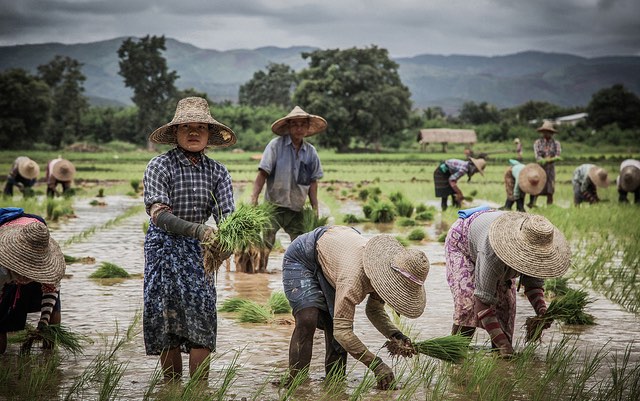
How countries can achieve nutrition goals through the food system approach
To have an impact, different sectors and government ministries must come together on nutrition policy and implementation.
-
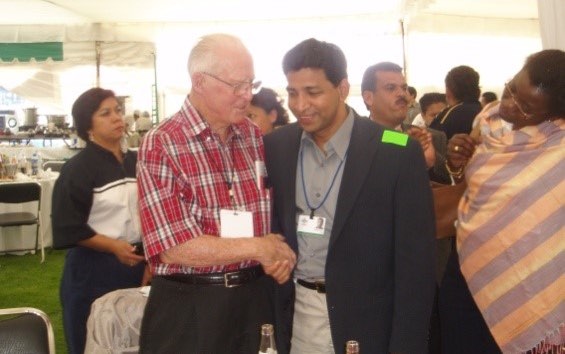
‘Don’t sit in the AC room and write policies; work with farmers and get your hands dirty’
IFPRI's head of capacity strengthening recalls advice from Nobel Peace Prize winner Norman Borlaug that guided his career.
-
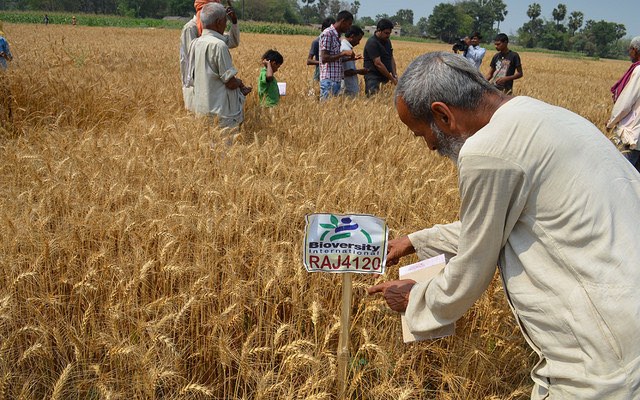
Why farmers in India adopt certain technologies but ignore others
Poor science communication and distortionary subsidies slow diffusion of better seeds and farming methods.
-
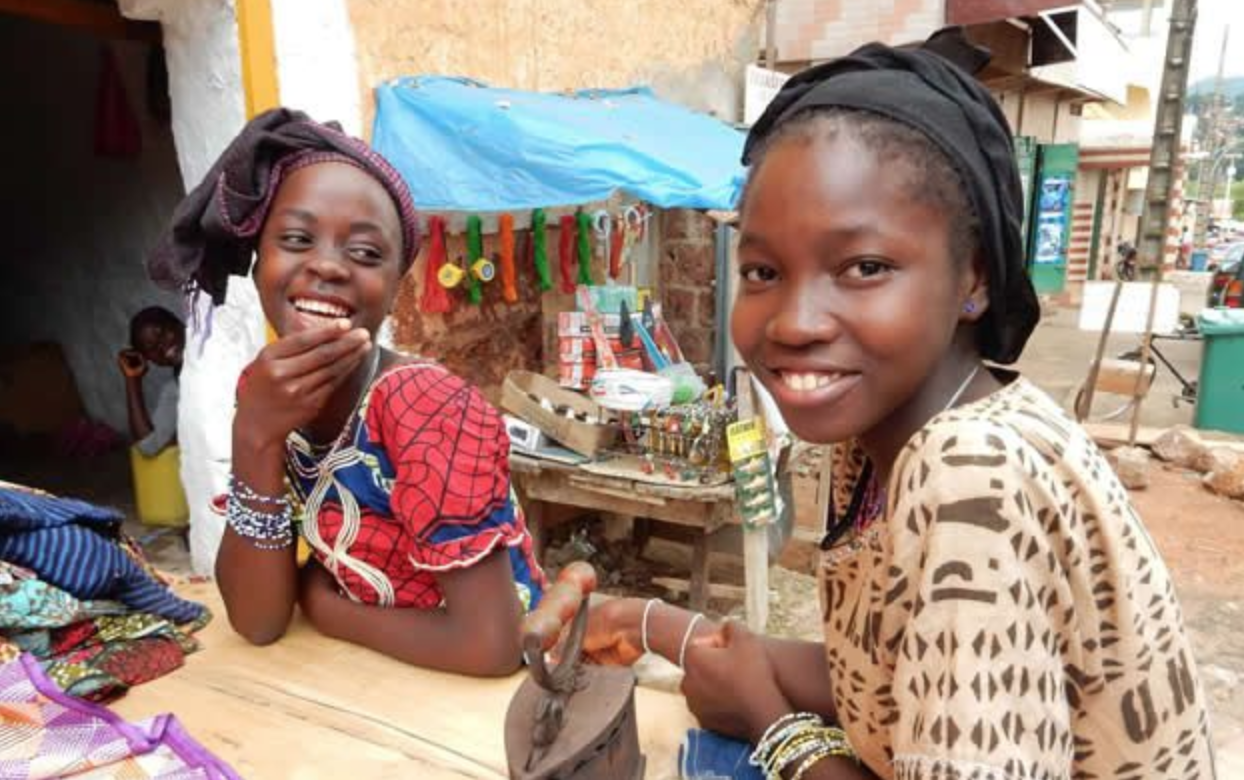
Call to Action on Adolescent Nutrition demands better data
Today's adolescents are the future—yet there is a paucity of sound data on their nutrition and health.
-
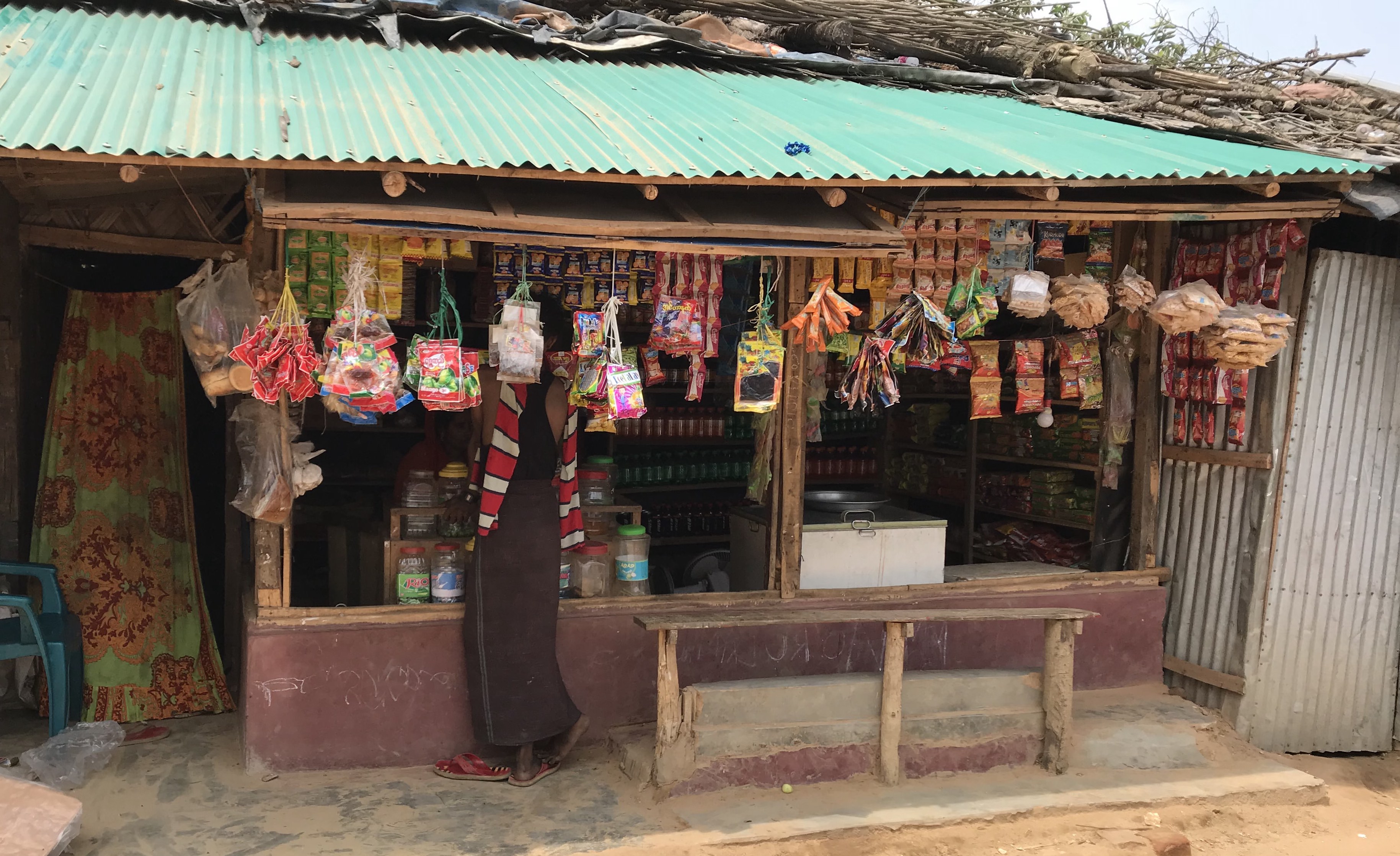
How migration benefits economies and food security
As migrants face a difficult political climate, a look at the positive impacts of migration.
-
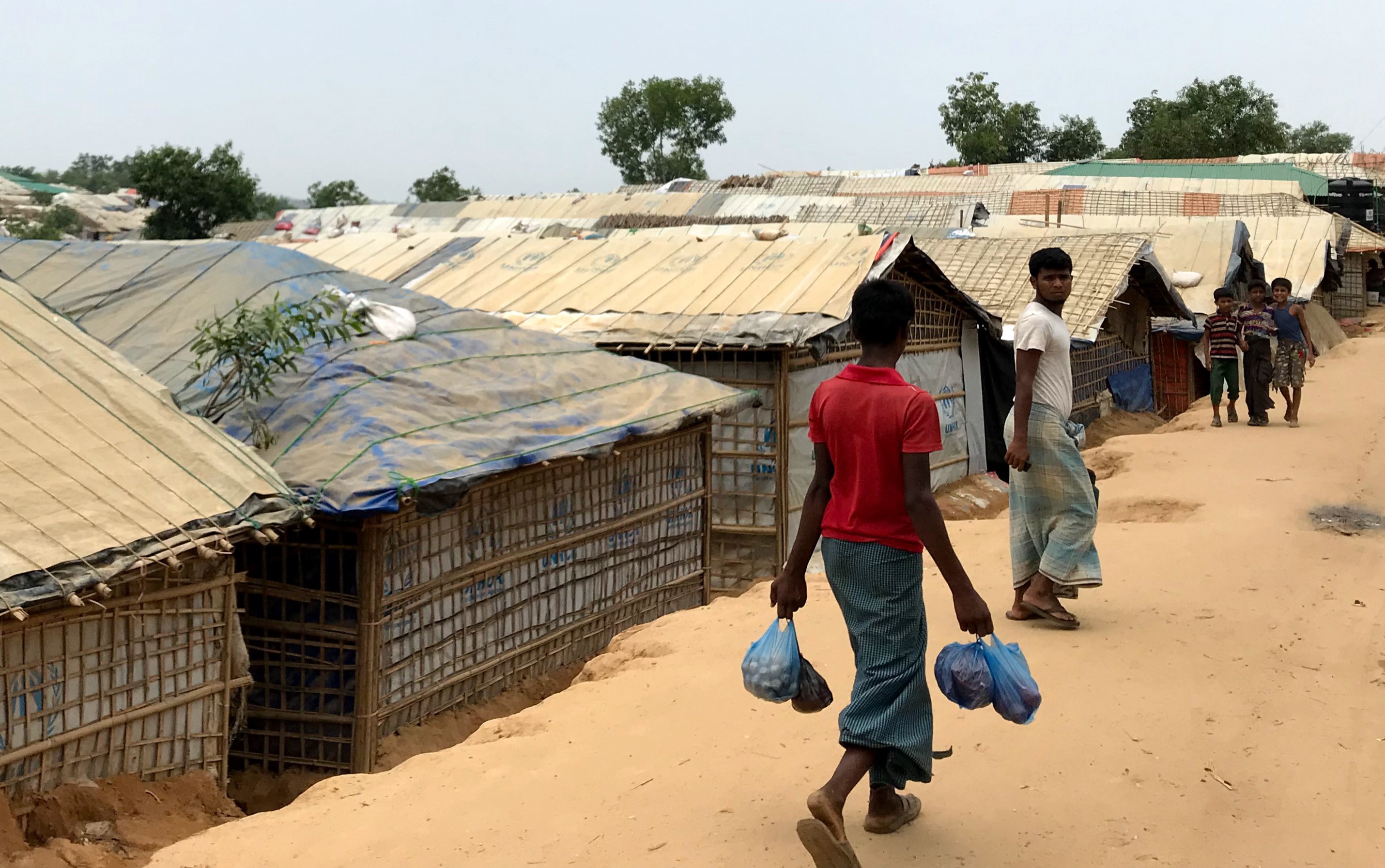
World Refugee Day: Rohingya in Bangladesh camp display entrepreneurial spark
A variety of small businesses spring up to serve an influx of half a million refugees.
-

If Mary has a little lamb, who should know about it?
The GDPR—the new European law on privacy and data confidentiality—is causing ripples across the world, especially for organizations that rely on open data access to provide products for the public benefit.
-
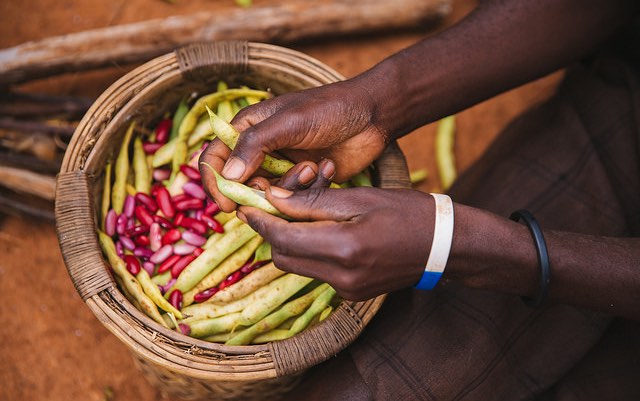
Why we need a holistic approach to improve our complex food system
To fix the problems of the global food system, think about how complex systems really work.
-
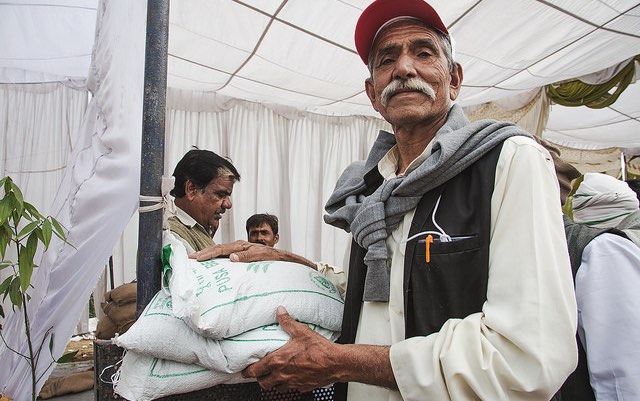
Strengthen markets to aid India’s farmers
The Indian government's ambitious effort to boost farmer incomes has not gone as planned so far.
-
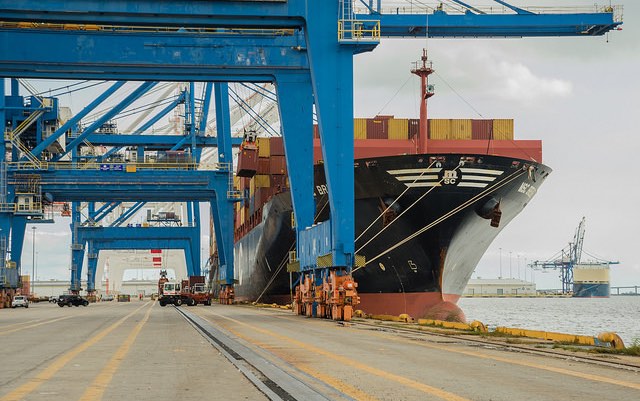
How trade wars threaten food security
Confrontations like the current standoff between the U.S. and China undermine the broad benefits of open trade and globalization, while doing nothing address the problems.
-
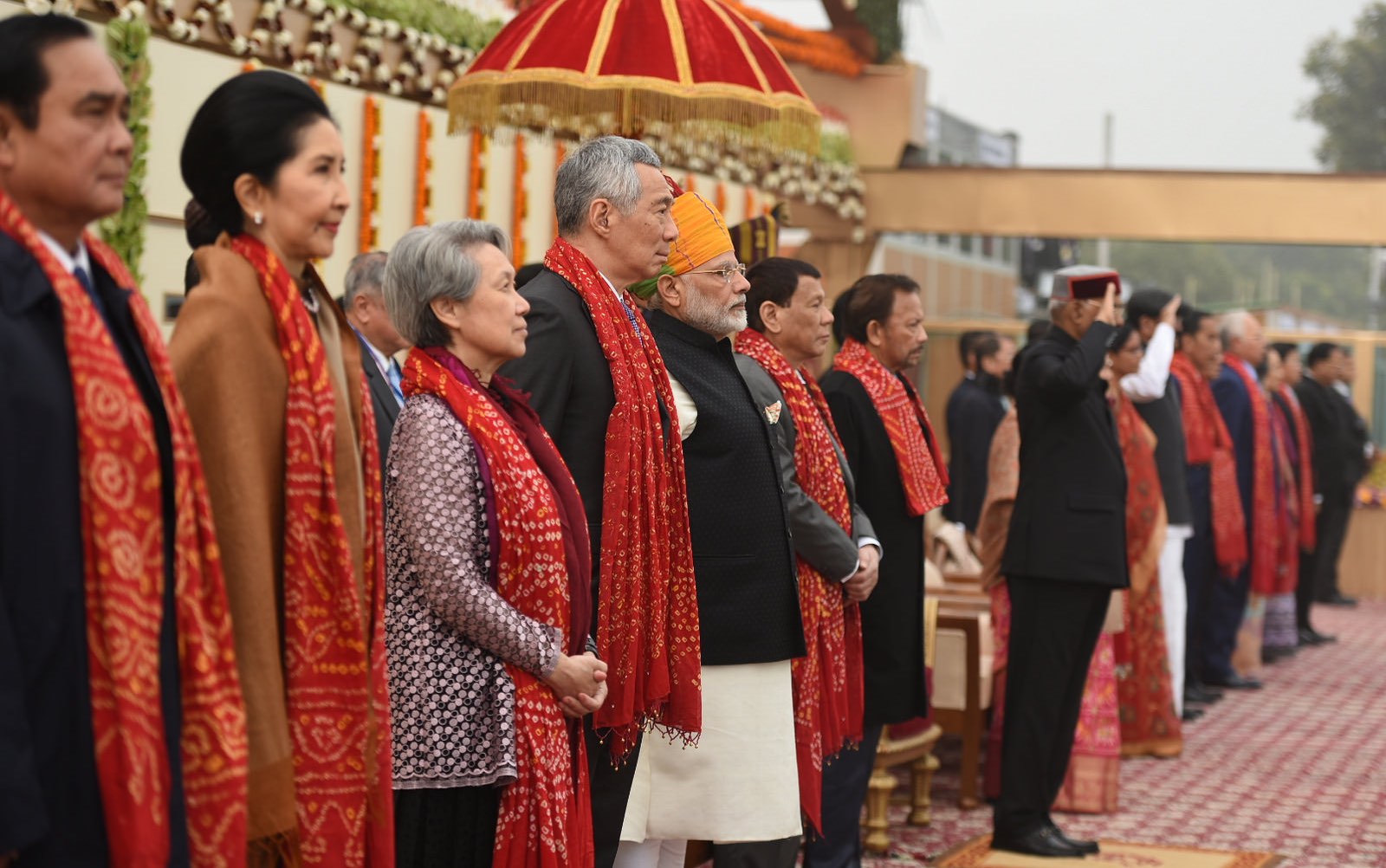
From ‘Look East’ and ‘Act East,’ India must ‘Think Big’ and ‘Act Big’
India has thus far failed to realize the full potential of trade integration with Southeast Asia. How to jump-start that process.
-
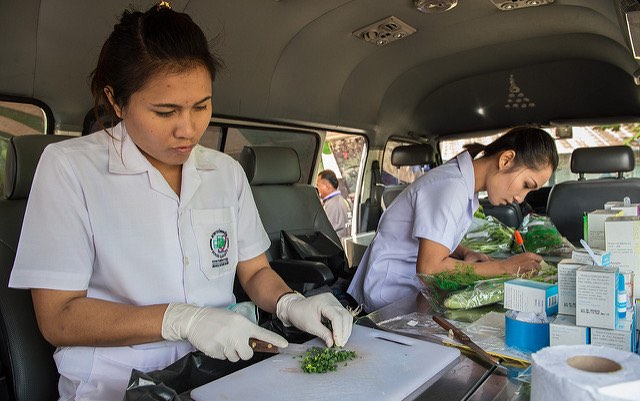
Crop research needs a system of integrated labs across the globe
A Global Crop Improvement Network could help boost yields and improve understanding of climate effects on agriculture.
-
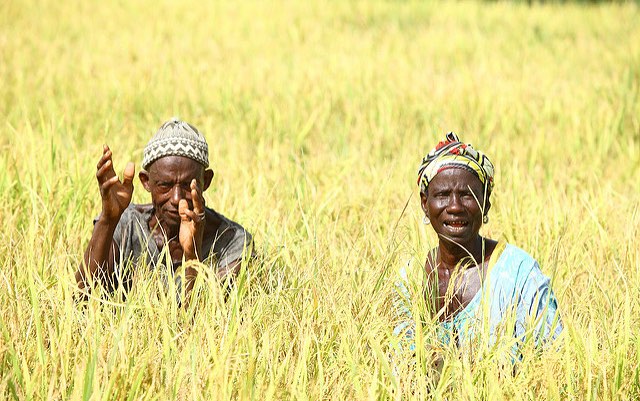
What can we learn from rising rice production in Senegal?
With migration on the rise, the demand for staple crops offers economic promise for rural areas.
-
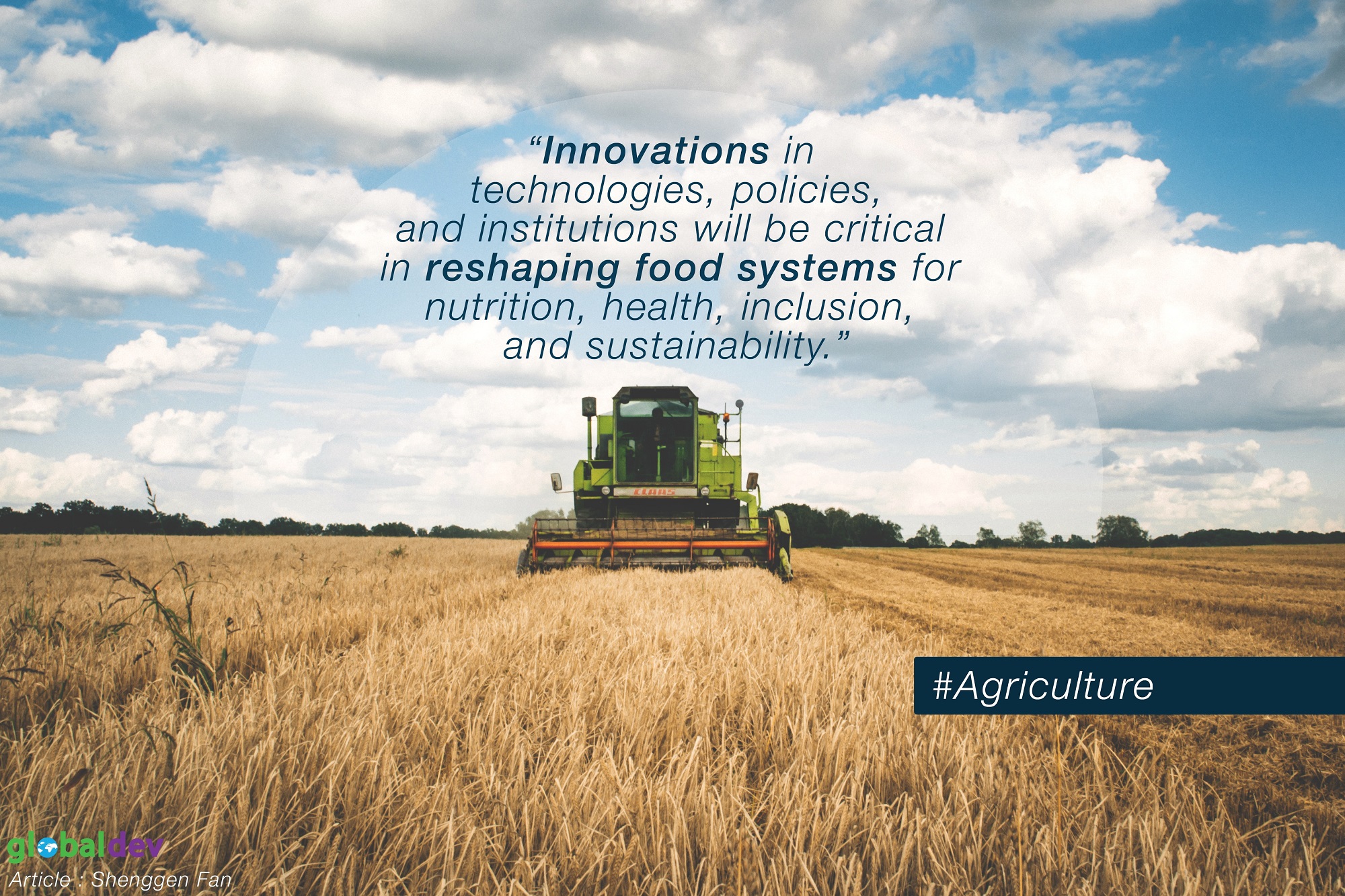
Innovations in food systems: The key to human and planetary health
New technologies, better policies, and reformed institutions can improve diets and global well-being.
-
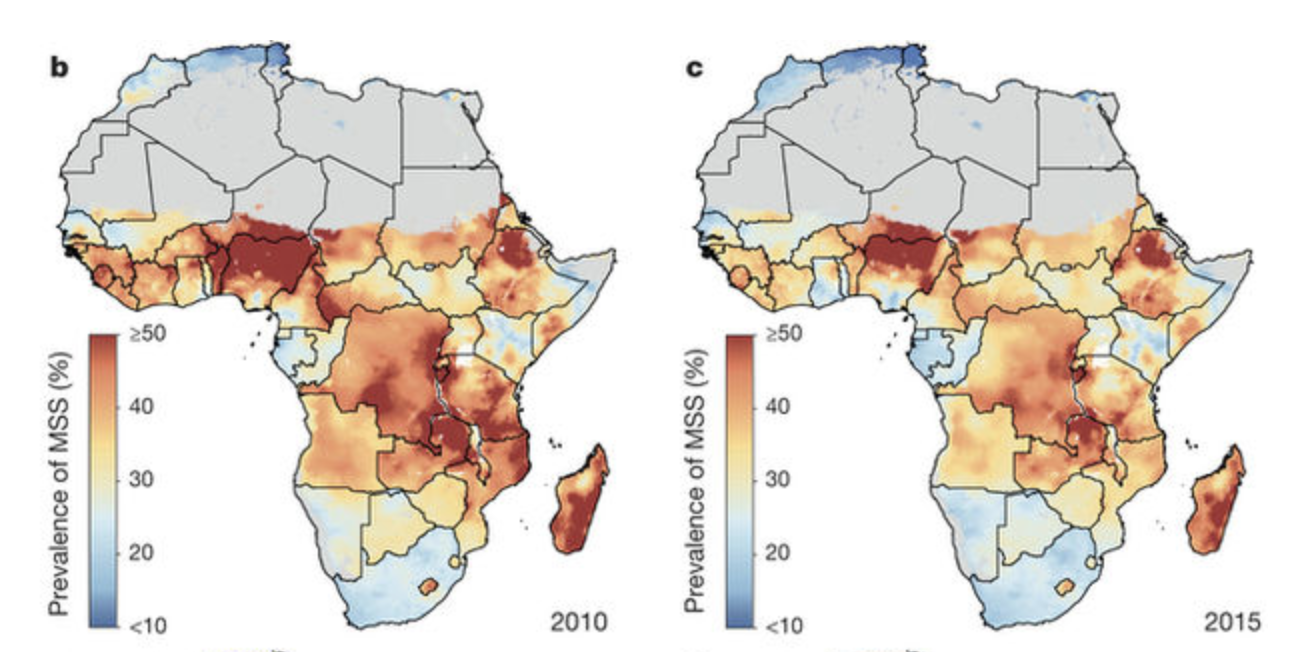
Precision geospatial analysis highlights development gaps – now we need precision solutions
New mapping studies in Nature show child health and education trends in Africa at a granular level—the next step is putting this powerful tool to work to improve conditions on the ground.
-
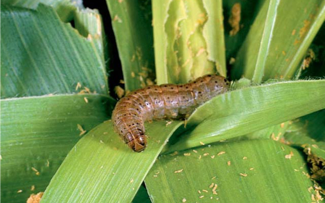
Malawi’s new reality: Fall armyworm is here to stay
How smallholder farmers, government agencies, and development organizations are grappling with a persistent invasive pest..
-
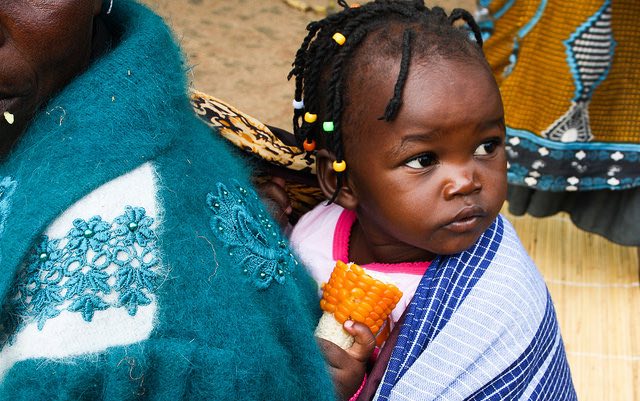
The multibillion dollar question: How much will it cost to end hunger and undernutrition?
The total investment required to meet SDG2 by 2030 varies widely depending on which framework is applied, IFPRI research shows.
-
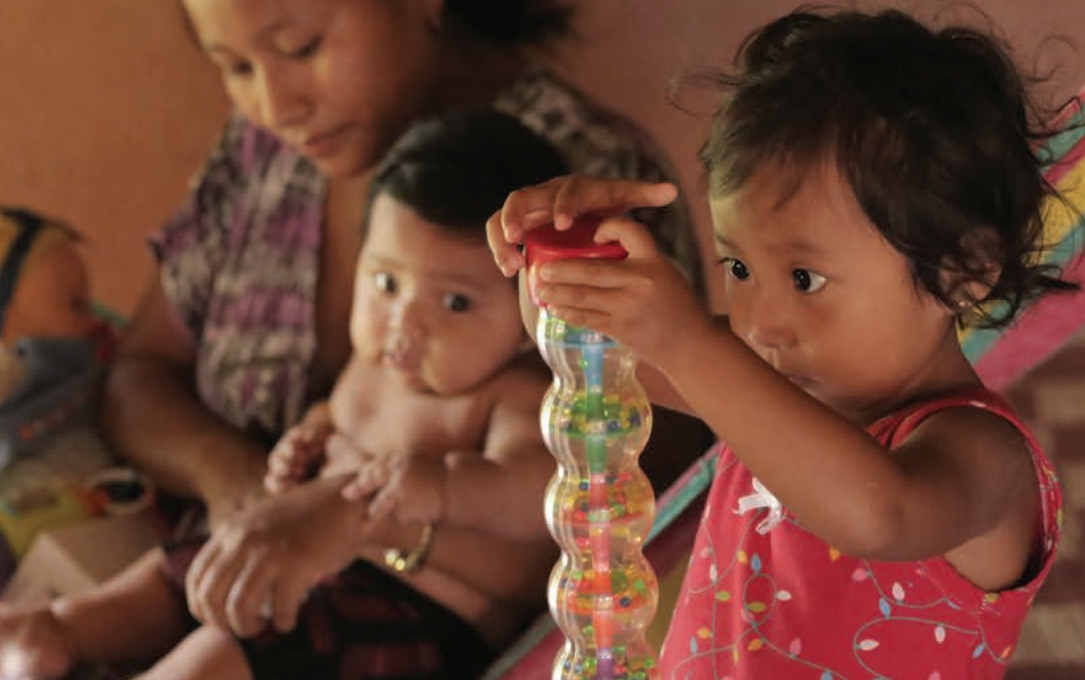
Accelerating progress to meet 2030 goals to improve child and maternal nutrition
A sharp focus is needed on tracking intervention coverage and the drivers of health and nutrition outcomes to meet global goals to eliminate child and maternal nutrition by 2030.
-
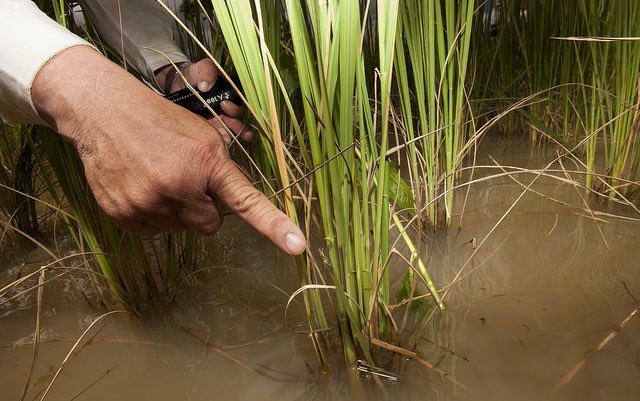
Measuring ecosystem services, managing progress
A new paper suggests ways that natural capital can be harnessed to help meet the SDGs.
-
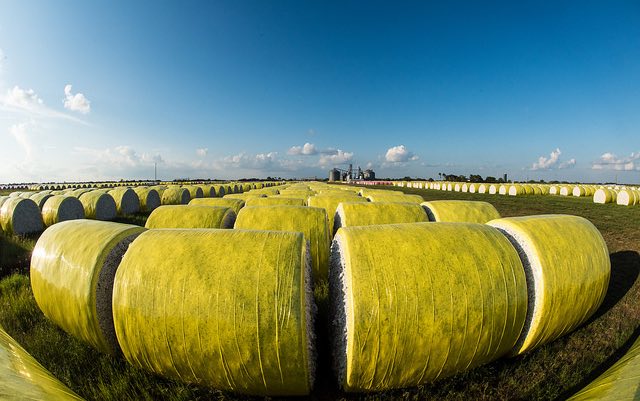
2018 Farm Bill: Protecting the U.S. cotton industry poses risks for developing countries
U.S. cotton farmers want new subsidies – but at what cost?
-
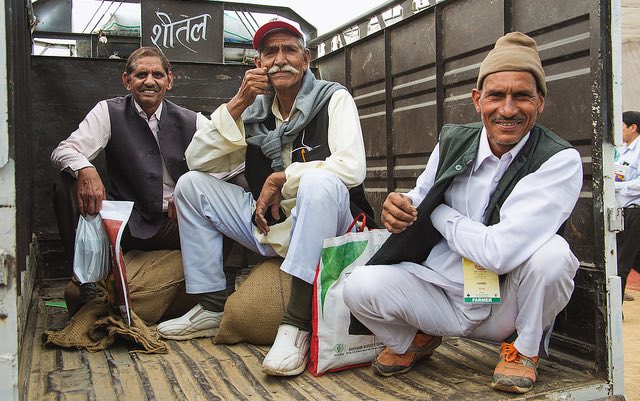
Five ways to reduce farm distress in India
The Indian government can do more to boost incomes and reduce risks for farmers. Some suggestions.
-

Politics in the time of cholera: Zambia’s U-turn on street vending
After years of giving street vendors free rein, the Zambian government cracked down to stem a cholera epidemic—sparking riots. How to balance basic sanitation with vendors' key economic role.
-
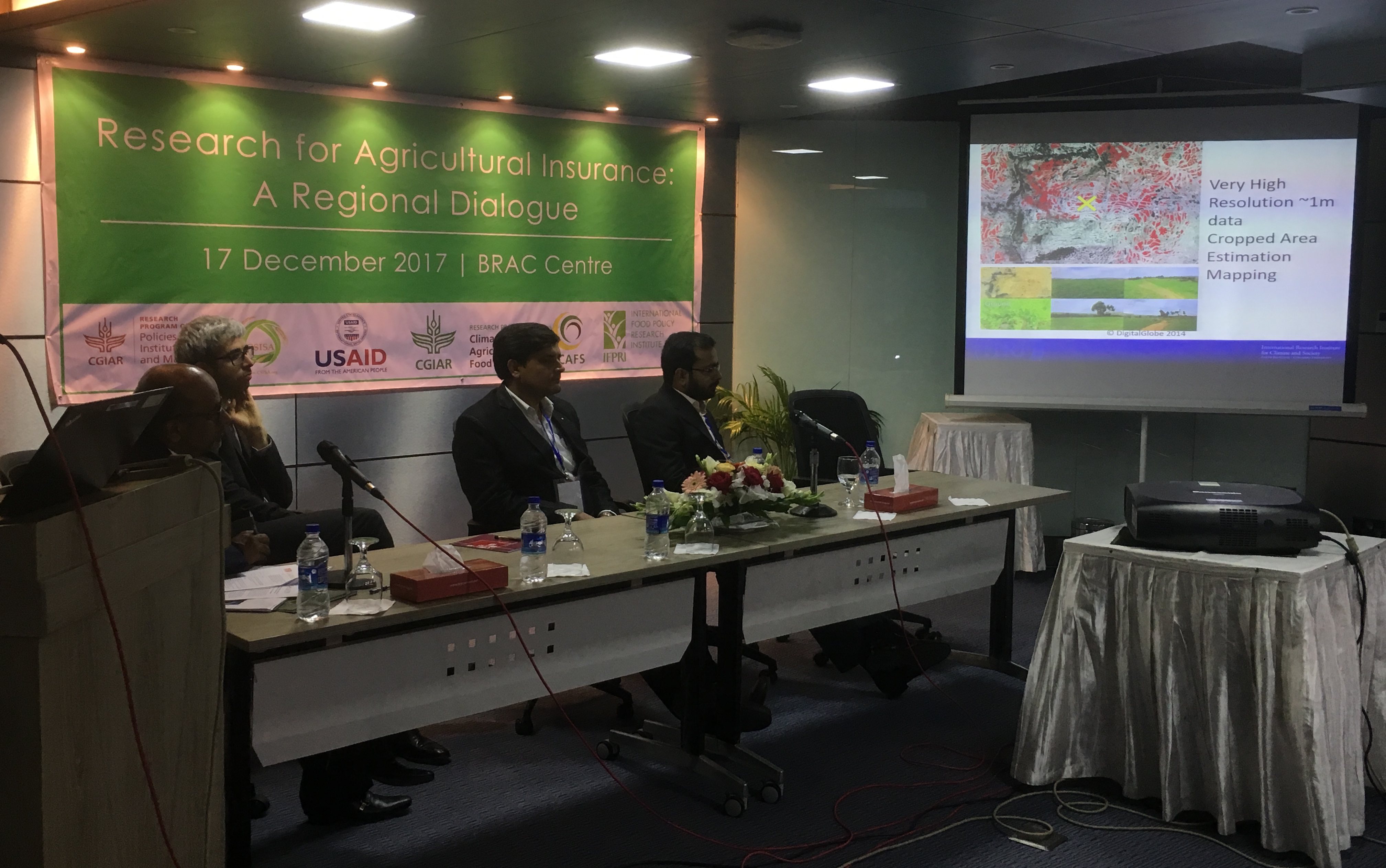
Research for agricultural insurance in South Asia: A regional dialogue
A forum in Dhaka examines the promise and challenges of crop insurance for smallholders as a hedge against growing climate impacts.
-
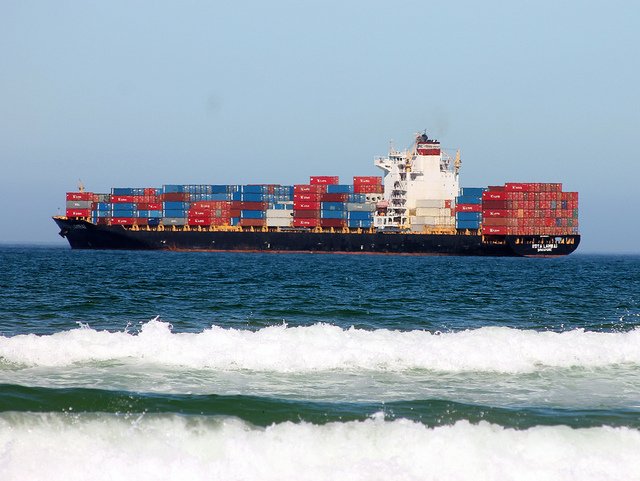
Expanding high-value agricultural exports from Africa
Tapping into the rising global demand for fruits, vegetables, and other horticulural products can help generate jobs and export earnings.
-
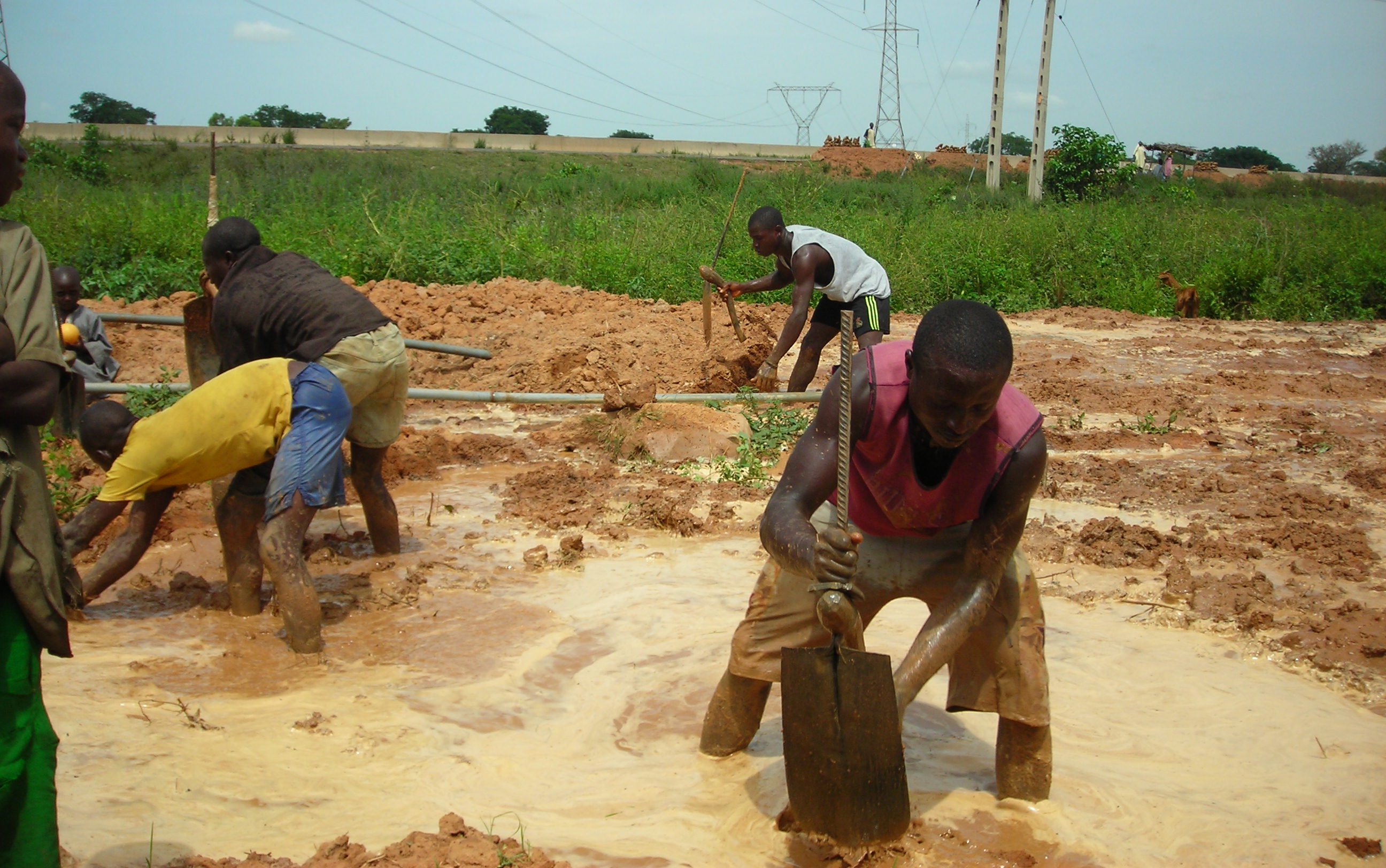
Cultivating growth in Nigerian agriculture with small-scale irrigation
Currently, only 1 percent of Nigerian cropland is irrigated—leaving farmers at the whim of seasons and climate shifts.
-

Information empowers citizens to demand public services
Distributing ID cards with basic eligibility information increased participation in Indonesia's Raskin (Rice for the Poor) program—leading the government to expand their use to other forms of social assistance.
-
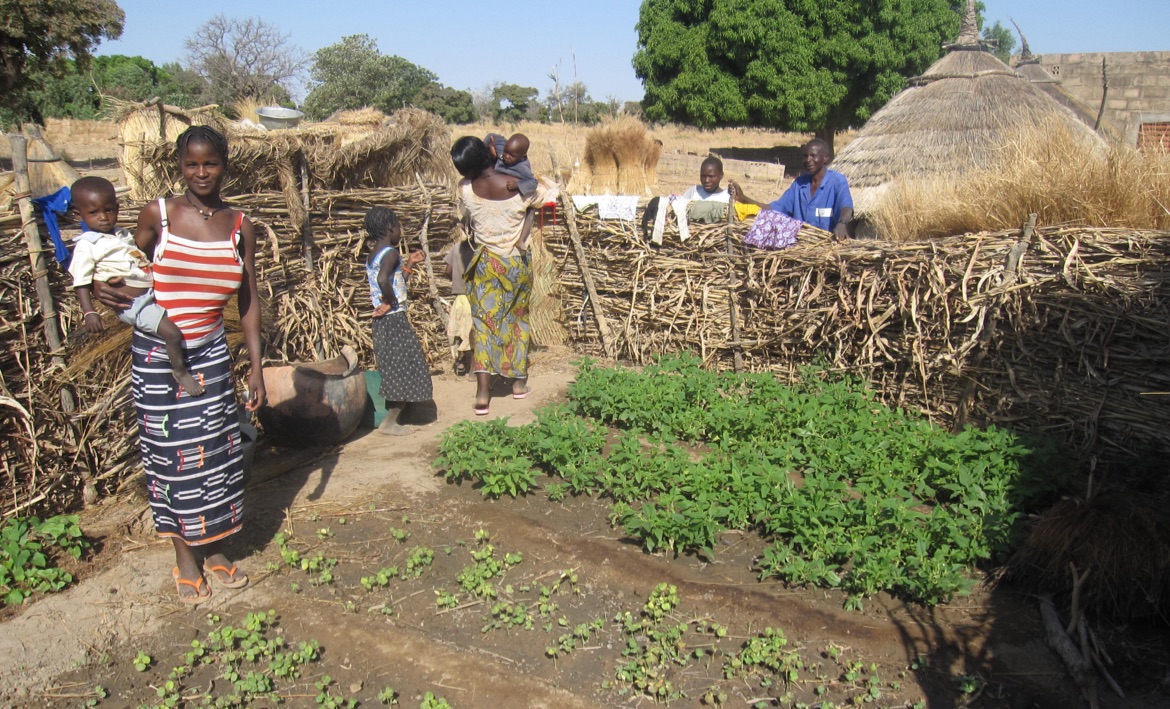
Policy seminar: Nutrition-sensitive agriculture program in Burkina Faso improves children’s nutritional outcomes
A 10-year collaboration between IFPRI and Helen Keller International leads to improving measures of anemia, stunting, and other benchmarks among participating children.
-
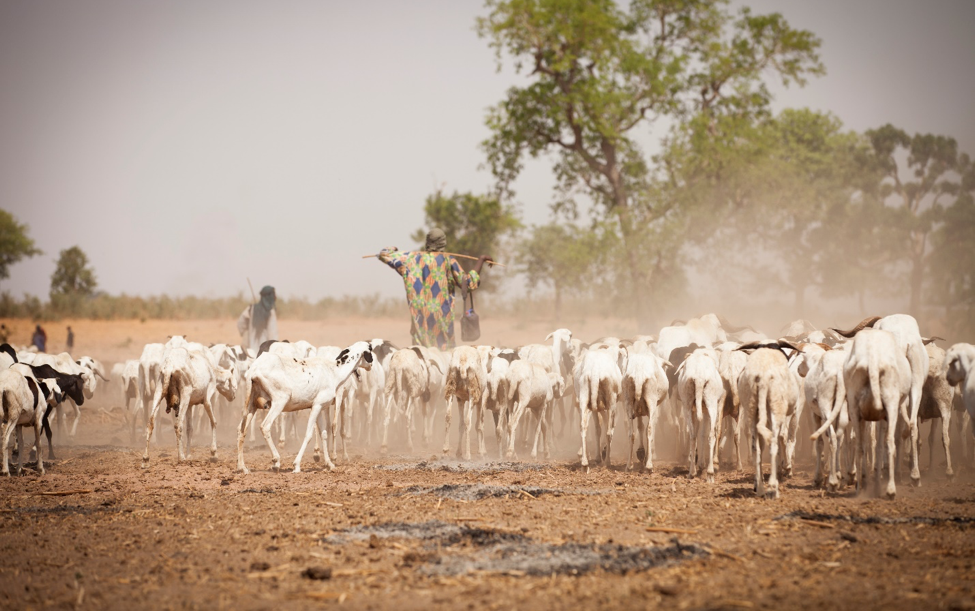
World Soil Day: Overcoming farmers’ resistance to climate-smart agriculture in Africa
Soil fertility management not only prevents land degradation, it boosts profits—so why are many African farmers reluctant to adopt it?
-
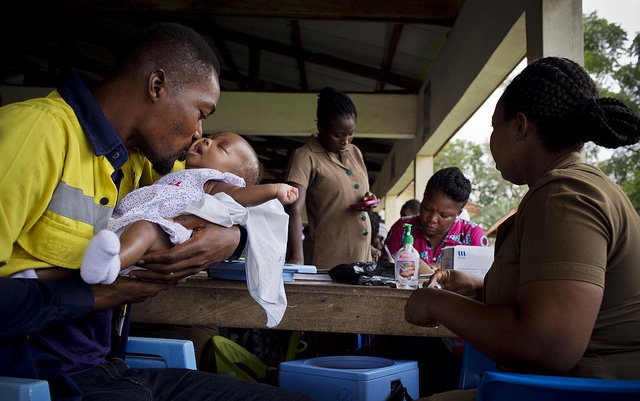
How Africa can end hunger and malnutrition: Key lessons from the continent’s front-runners
Since 2000, seven African countries have reduced malnutrition by about half. How they did it.
-
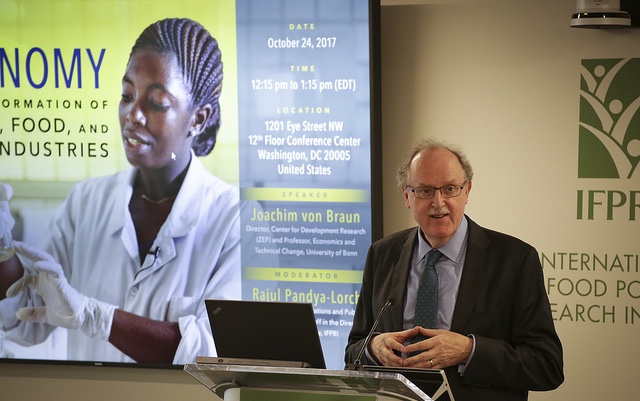
Bioeconomy: Pathway to achieve key Sustainable Development Goals
Joachim von Braun of the University of Bonn Center for Development Research (ZEF) on a major emerging force in sustainable development.
-
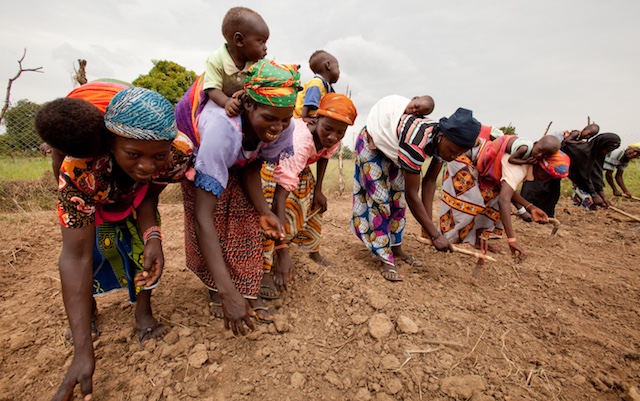
How development organizations can help women’s empowerment
Fostering genuine empowerment is a complex process. Here's the role organizations can play.
-
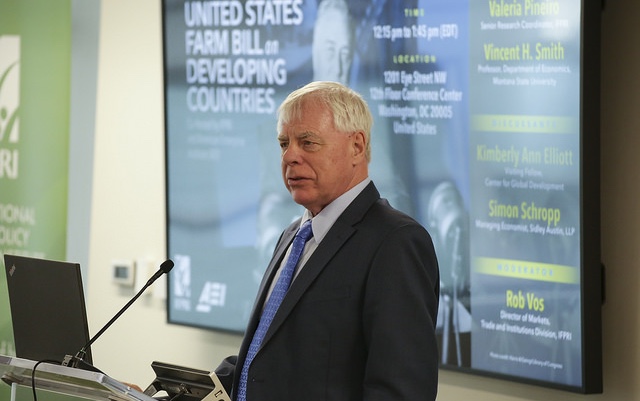
Policy seminar: U.S. farm bill impacts reach developing countries, WTO talks, global poor
U.S. agricultural trade policies contain many distortions that work against developing countries. What are the prospects for reform?
-
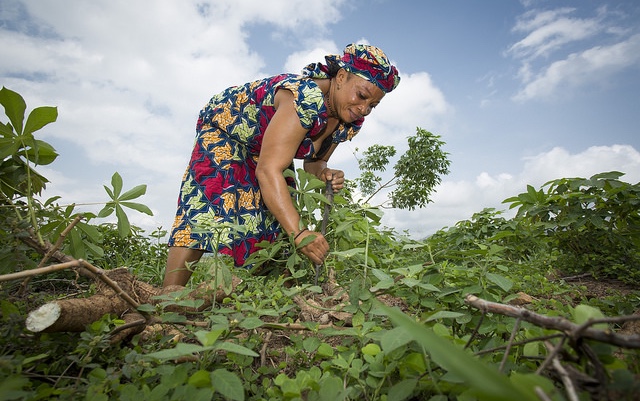
Gender gap shrinks in agricultural research in Africa South of the Sahara
A new research portal tracks women's representation in agricultural research in Africa country-by-country.
-
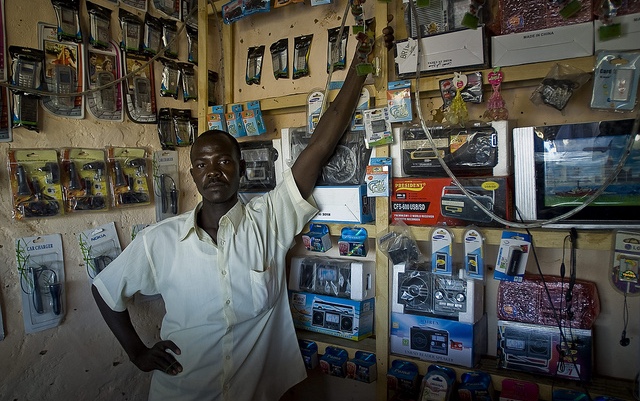
World Food Day: Ways to address conflict-driven migration
A new FAO-IFPRI brief finds some surprising effects in the dynamic between migration and food security.
-
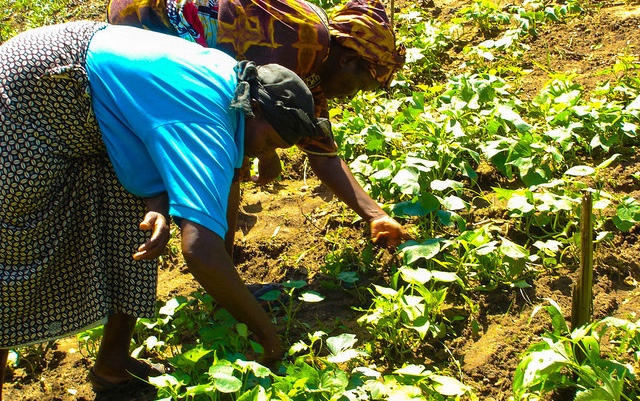
International Rural Women’s Day: Land rights for women are key in poverty reduction – but more needs to be done to link the two
The benefits of women's land rights offer a promising path for poverty programs and for future research.
-
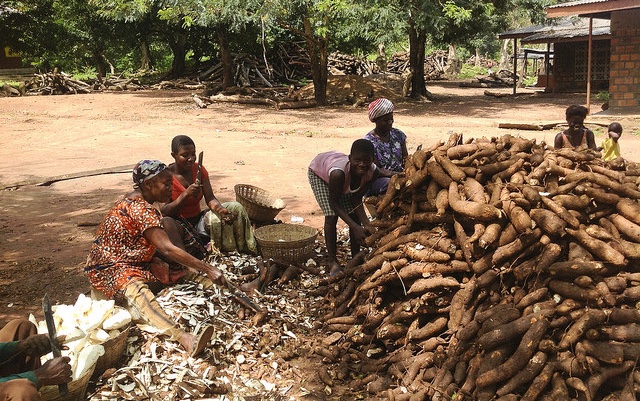
5 lessons from Africa for policymakers to reduce malnutrition
A new report shows how focused public and private efforts can yield progress in the fight against hunger.
-
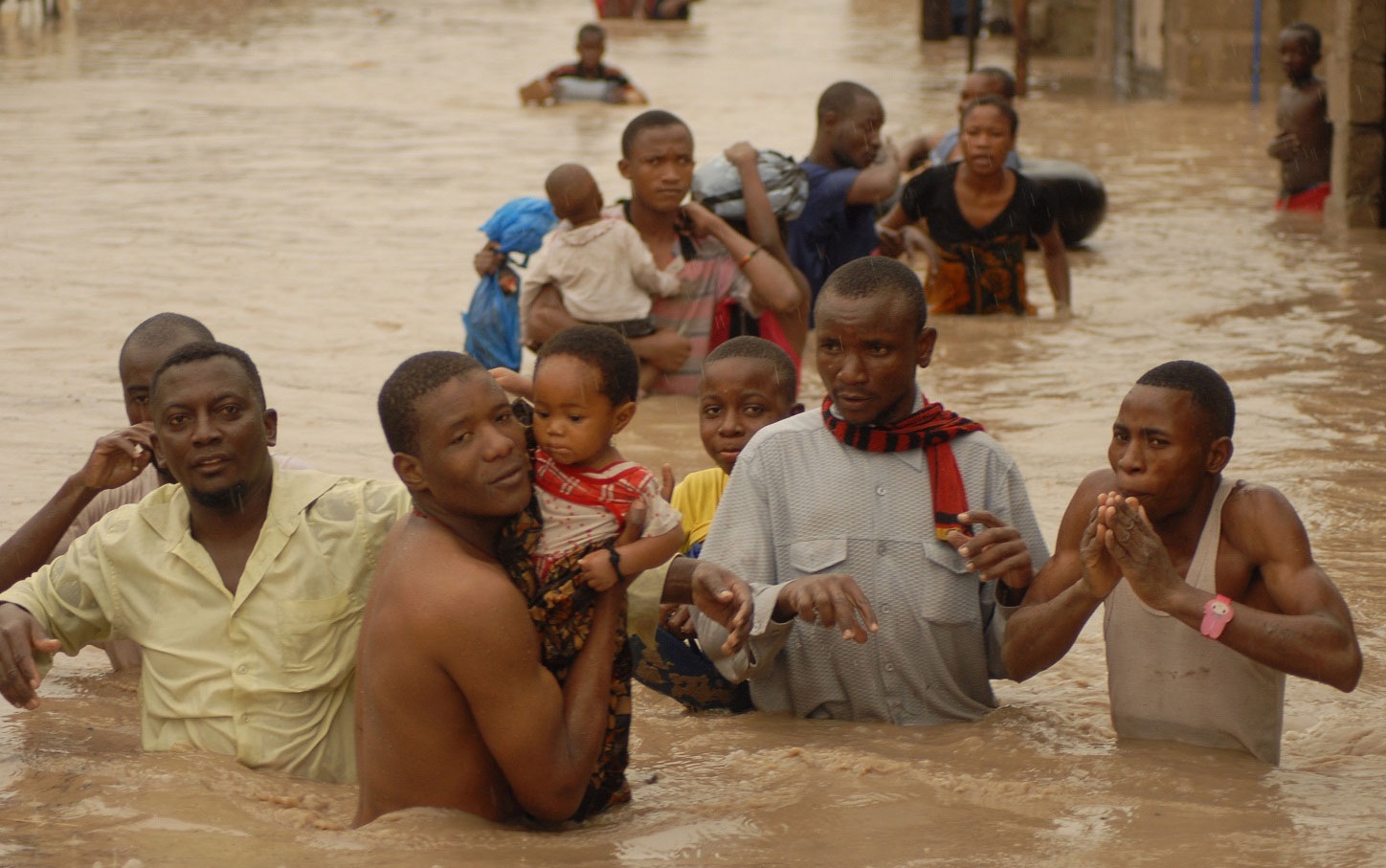
El Niño, La Niña, and climate resilience in Tanzania
The Pacific climate oscillation is contributing to intensifying rainfall events and droughts in southern Africa.
-
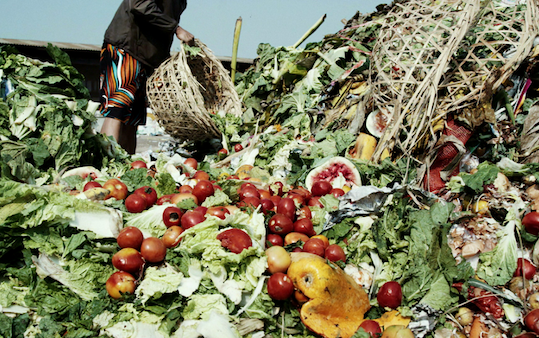
Reducing food loss is key to end hunger and undernutrition by 2025
Approximately $940 billion worth of food is lost or wasted each year throughout the entire food supply chain.
-

Renegotiating NAFTA: Don’t forget consumers
NAFTA has been a boon not just to commerce, but to the consumption of fruits and vegetables and to public health. New trade barriers could erase those gains.
-
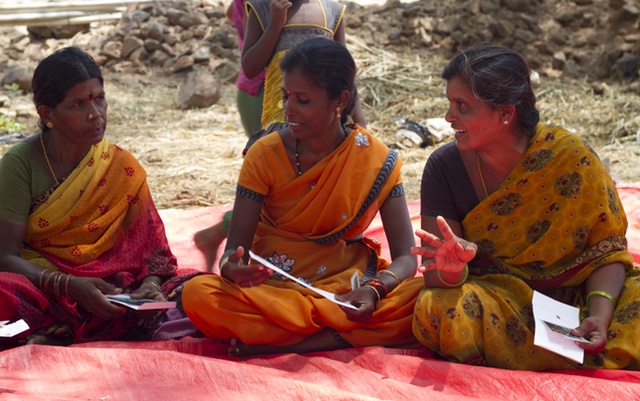
World Water Week: Experimental games spark community cooperation on groundwater in India
One way to preserve groundwater – get consumers thinking about their own water use, and their neighbors', with a cooperative game.
-
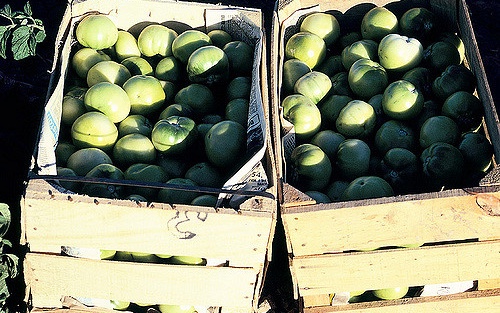
Trade barriers aren’t the way to fix nutrition
As NAFTA negotiations get underway, a look at how punitive tariffs and other trade penalties could undermine efforts to improve nutrition.
-
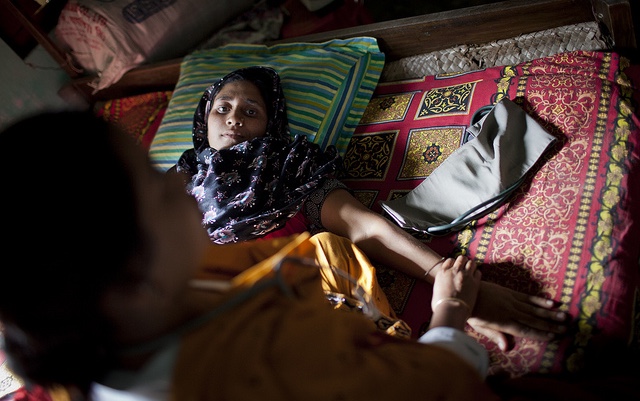
When maternal care is not enough: Risks of adolescent pregnancy in Bangladesh
Pregnancy carries more health risks for adolescent girls and their infants in Bangladesh than for older mothers, even when prenatal care and other services are provided.
-
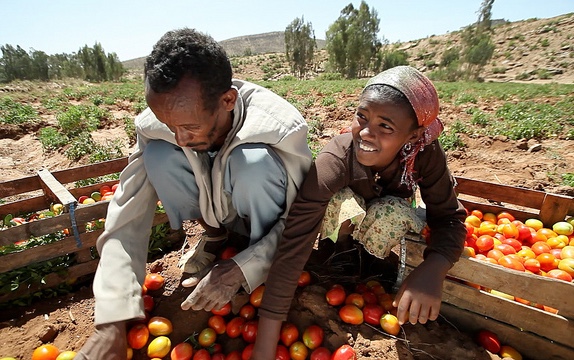
The rising cost of healthy nutrition in Ethiopia
IFPRI research shows that the prices of high-quality foods including fruits, vegetables, nuts, meats, and dairy have risen sharply in Ethiopia over the past decade—a potential obstacle to efforts to boost nutrition.
-
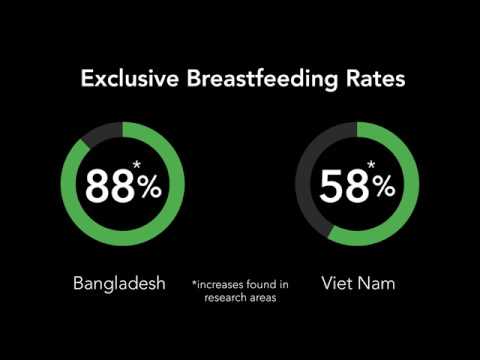
Starting off right: Scaling up breastfeeding practices in Bangladesh and Viet Nam
Interpersonal counseling and other targeted efforts boost breastfeeding and childhood nutrition—and can be applied most anywhere, IFPRI research shows.
-
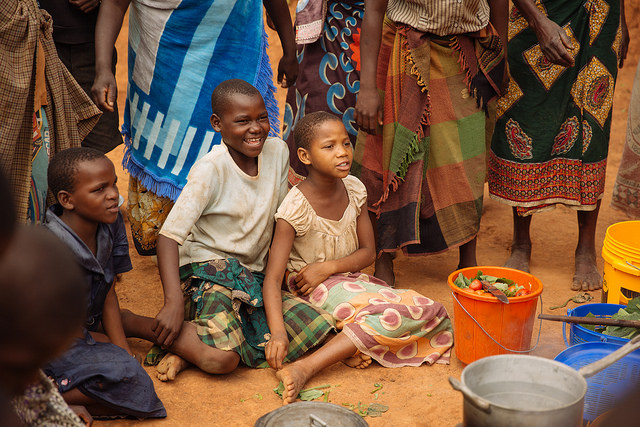
Exploring a changing employment landscape: Implications for Malawi’s youth
Can Malawi's economy, dominated by agriculture, provide enough quality jobs for a fast-growing, better-educated population?
-
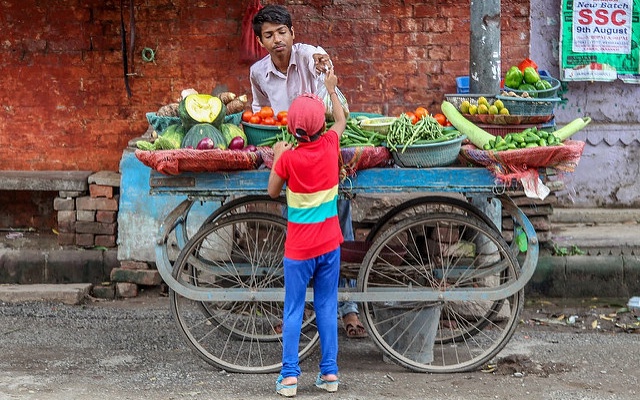
World Population Day 2017: IFPRI models impact of population growth on demand for food
How population growth will challenge efforts to end hunger and build sustainable food systems.
-

Ending famines and chronic hunger requires good governance
Lessons from Bangladesh and Ethiopia on how to build reslience into food systems.
-

New study shows the world must urgently confront the growing obesity pandemic
It's time for global institutions and national governments to take the rising public health threat of obesity and overweight seriously.
-
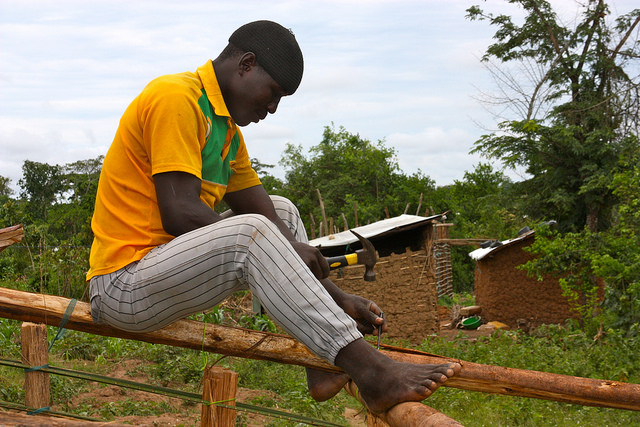
What Rwanda and Uganda can teach us about the benefits of hosting refugees
Research shows that with proper support, refugees can provide an economic boon to surrounding communities.
-
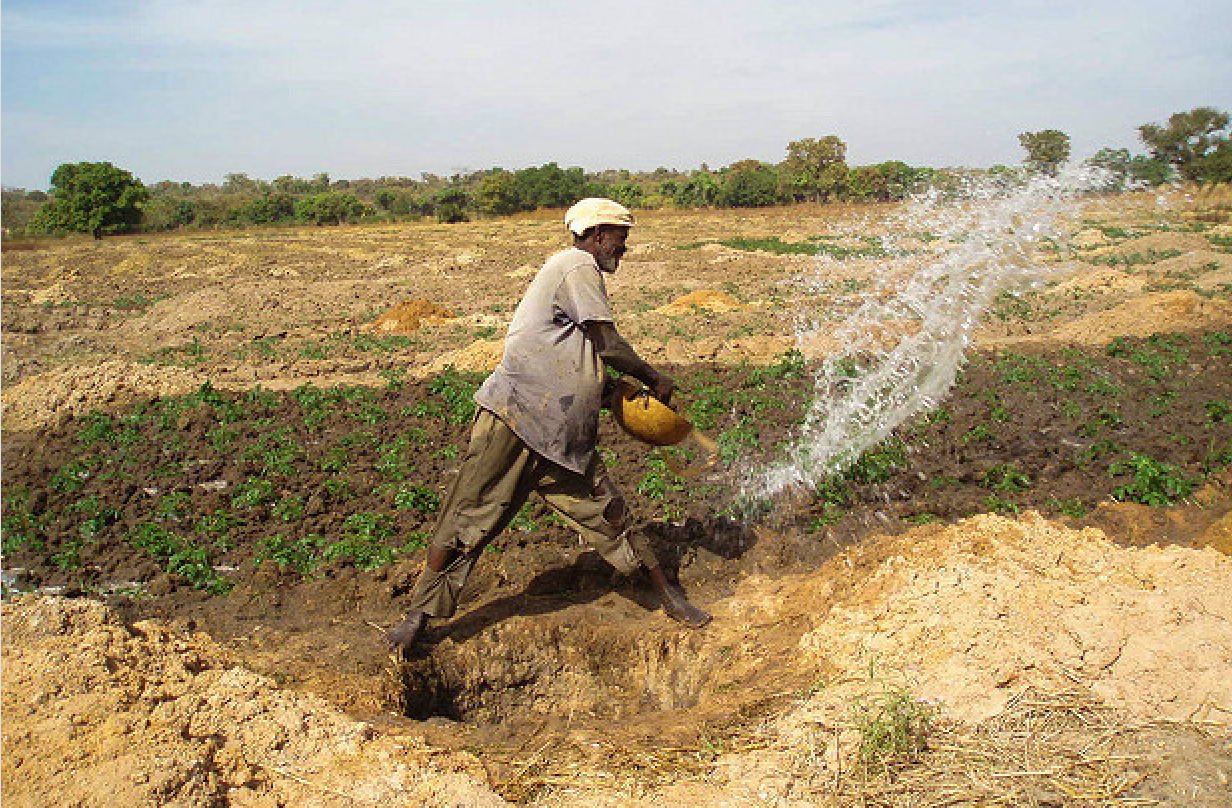
The challenge of our lifetime: How to ensure nutrition for everyone under climate change
A new IFPRI discussion paper outlines the challenges of building global food security in an era of global warming, especially for the rural poor.
-
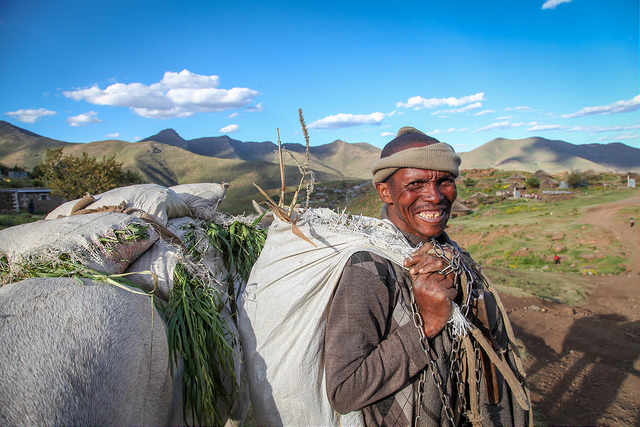
For smallholders to thrive under climate change, we need resilient agriculture value chains
The U.S. withdrawal from the Paris climate accord means nations should redouble their efforts to invest in sustainable, resilient agriculture.
-
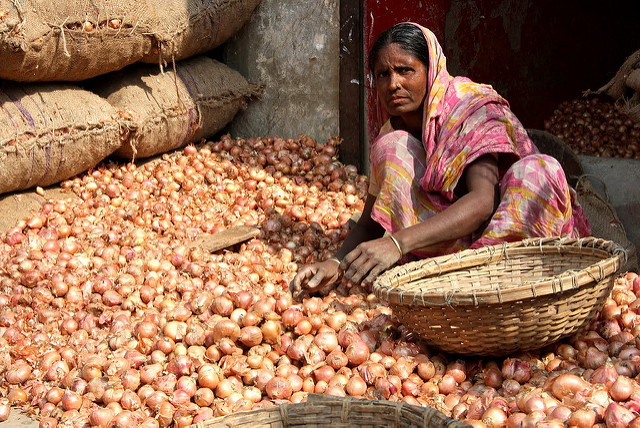
Back to the storyboard
A special issue of Global Food Security highlights the importance of narratives in driving progress toward ending hunger and malnutrition.
-
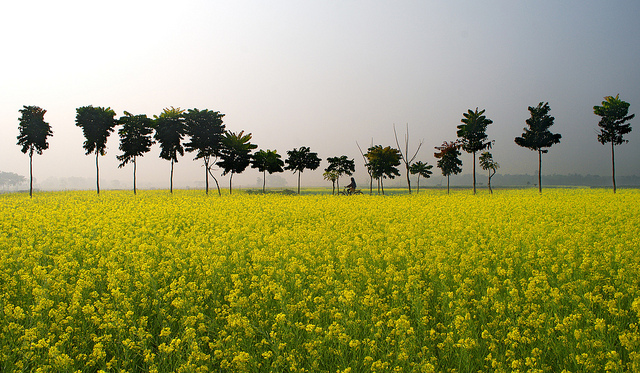
Let the Dhara flow: GM mustard is pro-farmer and pro-science
Evidence shows that genetically modified crops cause no human health or environmental harm, and bring substantial benefits to farmers. IFPRI's Avinash Kishore argues the government of India should allow for the use of this new technology.
-
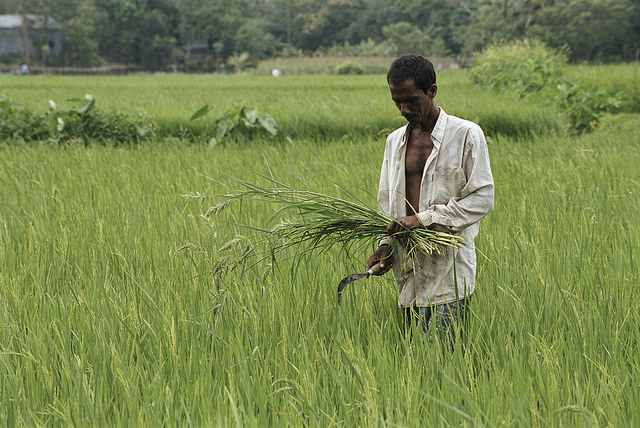
Index insurance as an instrument for managing risk and modernizing agricultural production
An IFPRI trial in Bangladesh shows that index-based insurance—with payouts based on weather data or other benchmarks rather than actual losses—has benefits beyond mere compensation.
-
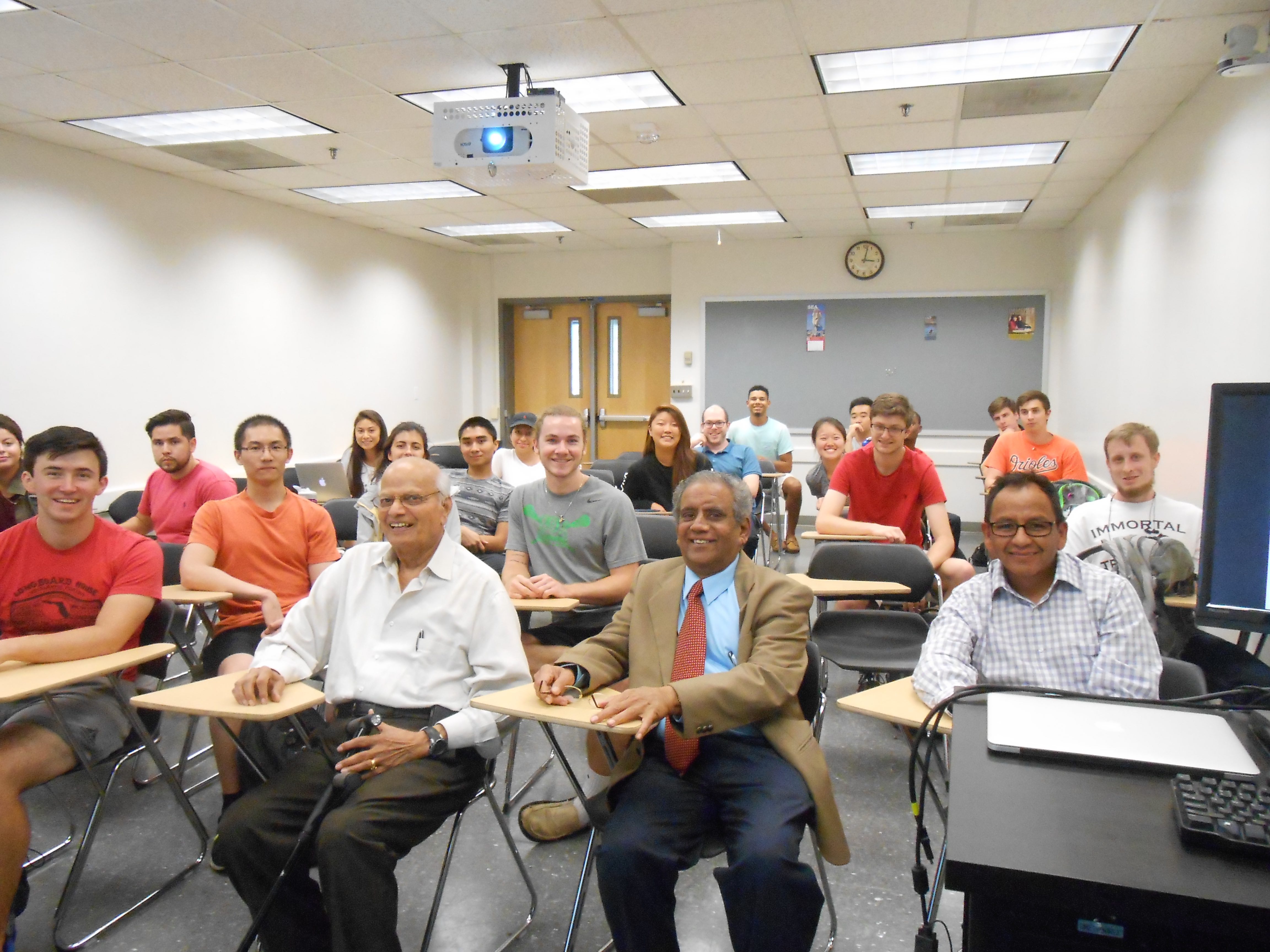
IFPRI-University of Maryland collaboration builds long-term capacity for reducing hunger and malnutrition
Students in a UMD class on international crop production learn food policy analysis by focusing on the role of social entrepreneurship.
-
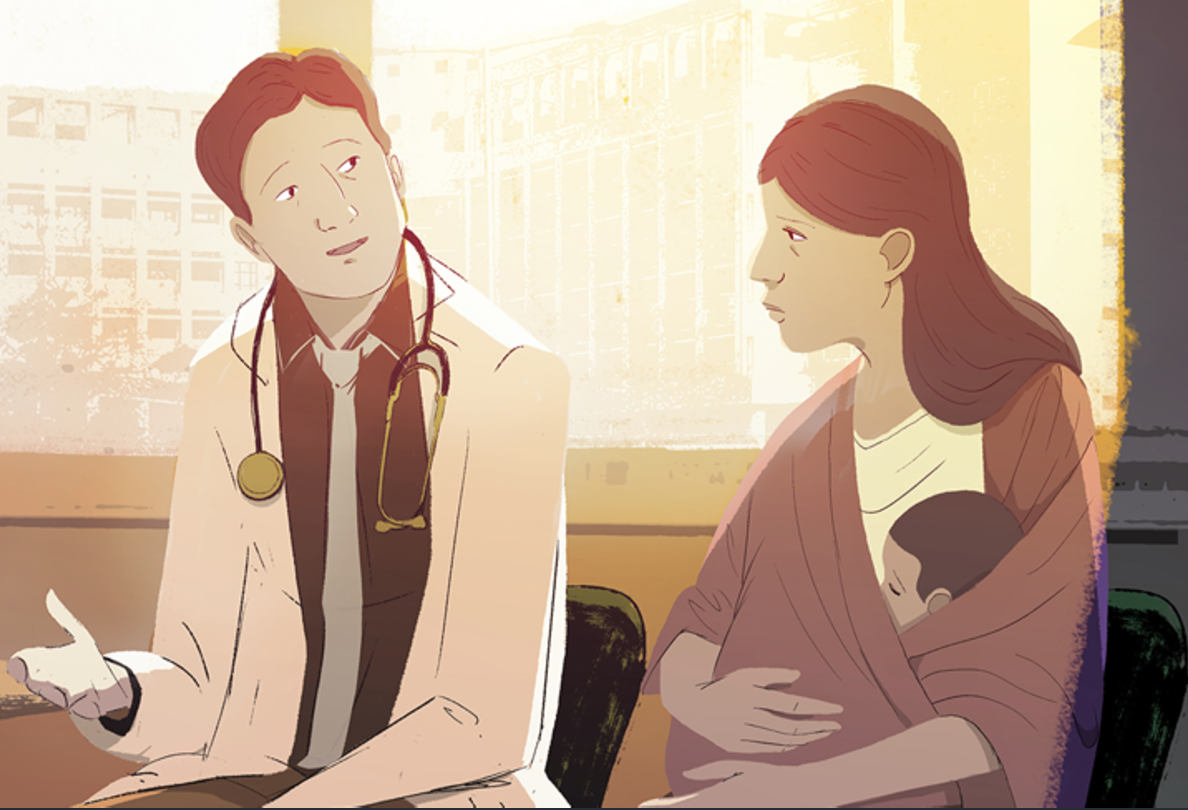
World Health Day 2017: The links between mental health and child undernutrition and illness
IFPRI research shows that maternal mental health problems, including depression, can harm child nutrition and health—and that helping mothers in this regard helps children.
-

Strategies for preventing recurring famines and building resilient food systems
Famines are not the inevitable result of environmental conditions. The right mix of assistance and strategic support, sustained over time, can head off the next catastrophe.
-
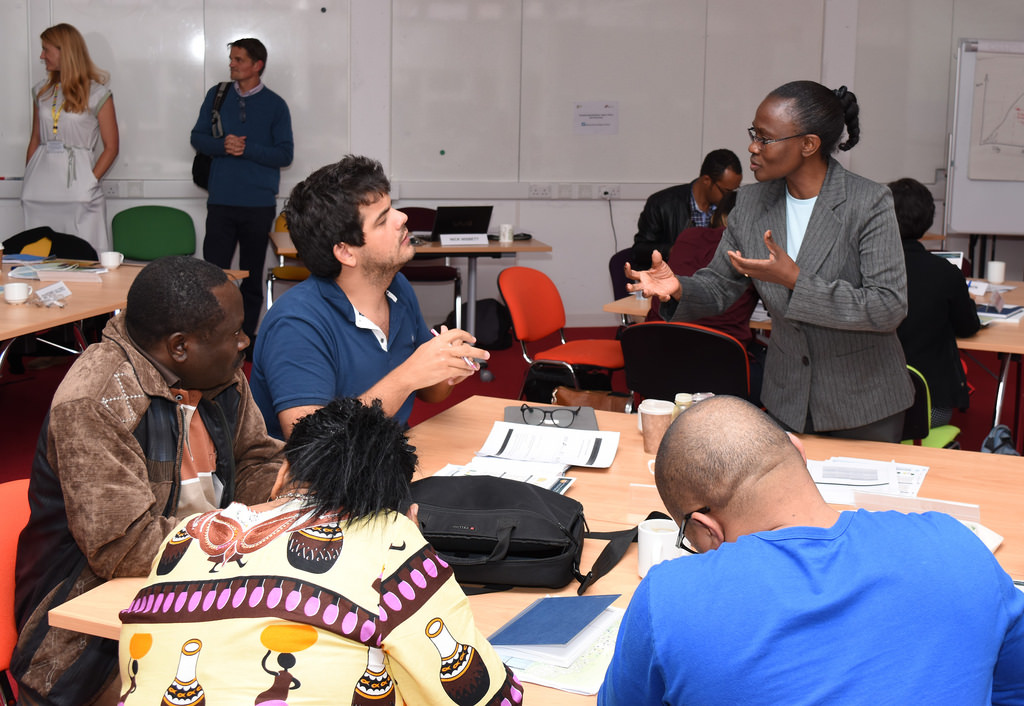
Why should you apply for the Transforming Nutrition Short Course?
A five day course designed for both policy makers and practitioners that leads participants through cutting-edge knowledge and evidence on global nutrition.
-
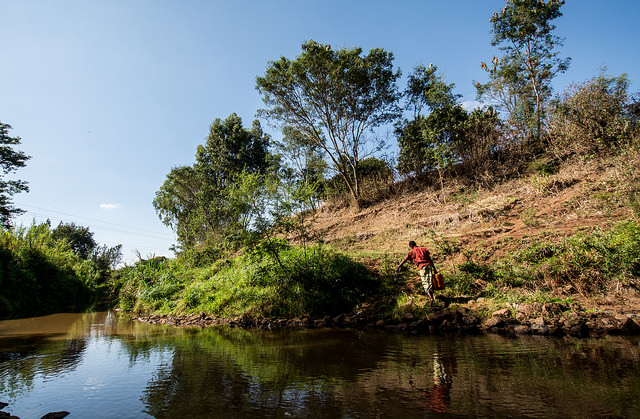
Bridging gaps: Cross-sector collaboration is the future of sustainable business
To build sustainable solutions to global problems, stakeholders must leave the silos that constrict action and thinking. In Kenya, a public-private water partnership is bridging these gaps.
-
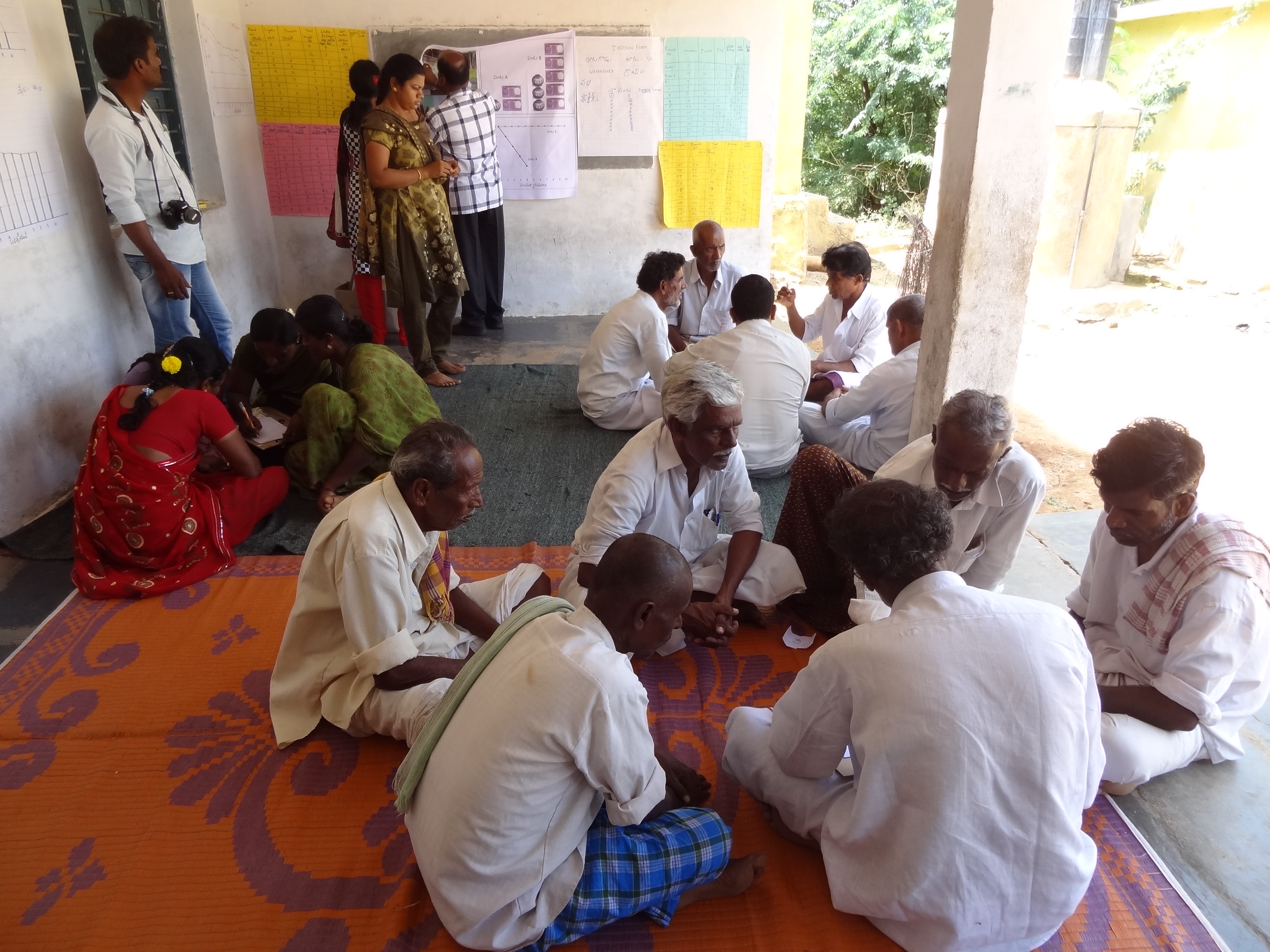
Innovations for stimulating improved water management
To mark World Water Day March 22, a look at how experimental games can help farmers understand—and sustain—groundwater resources.
-
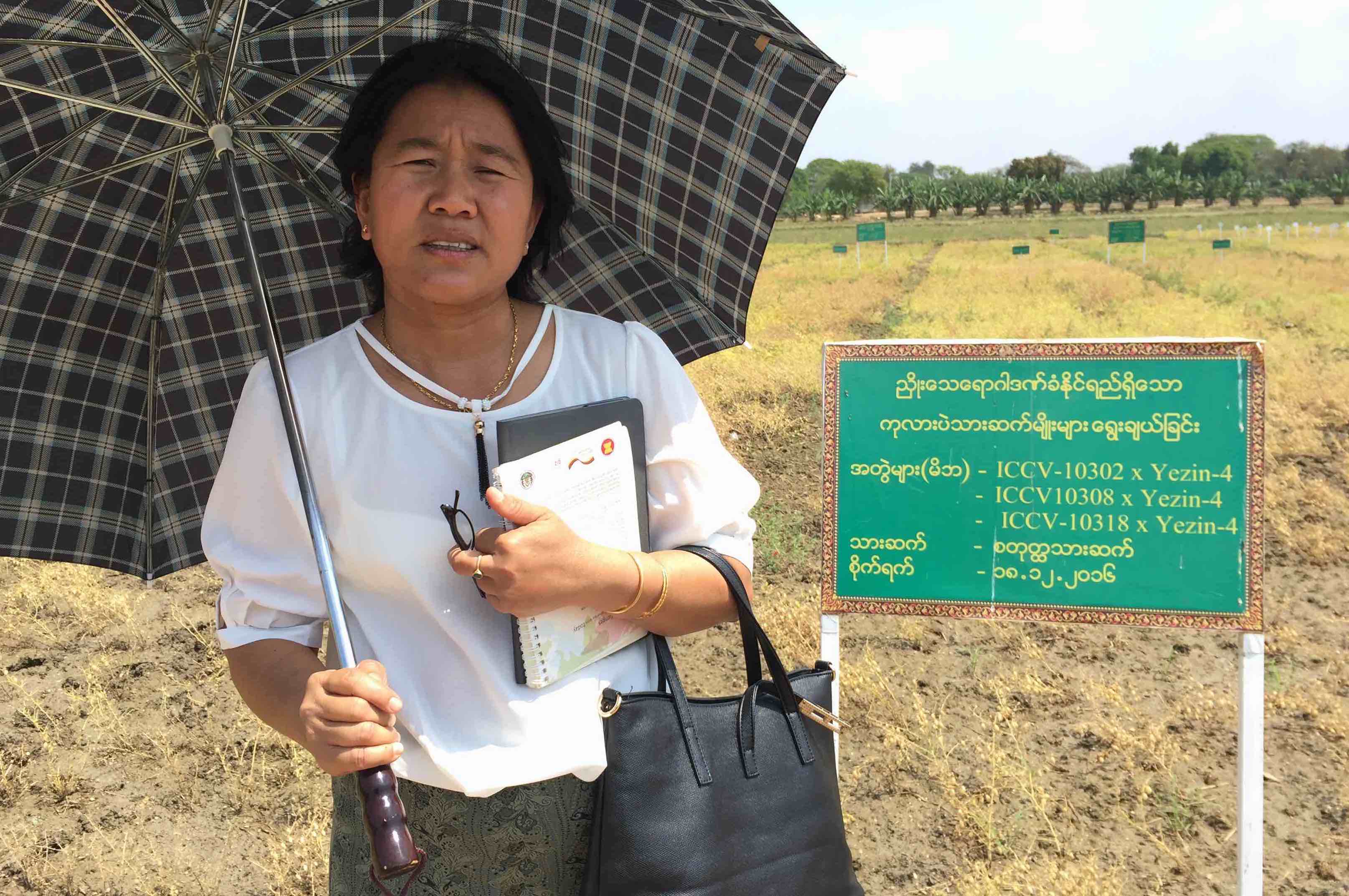
International germplasm exchanges are getting more complicated, and here’s why that matters to global food security
The complex requirements of international treaties are an increasing drag on the global cooperation that agricultural research depends on.
-
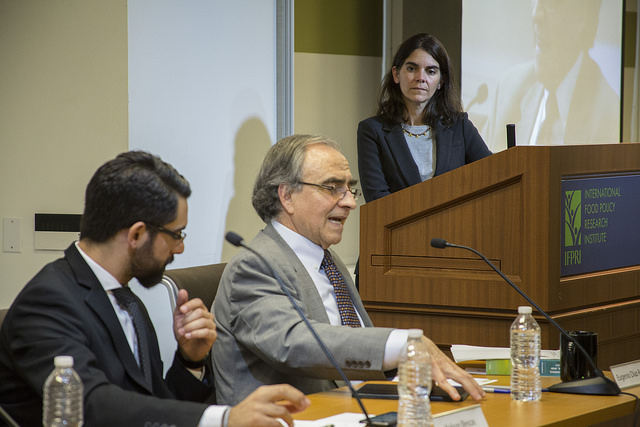
The future of global trade and food security for Mercosur
An IFPRI seminar explores possible implications of the upcoming WTO ministerial conference for Latin America.
-
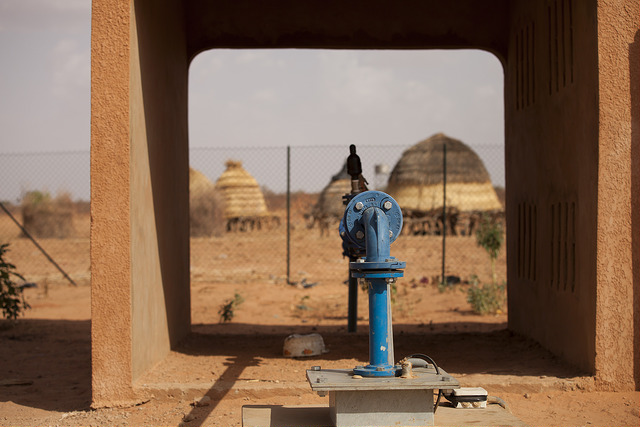
It’s hard to manage something you cannot see – can we feed billions from the ground up?
A look at the growing tensions between groundwater depletion, agricultural development, and food security.
-

IFPRI’s work with the Bill & Melinda Gates Foundation
Together, IFPRI and the Gates Foundation have leveraged nutritional research to improve public health around the world.
-
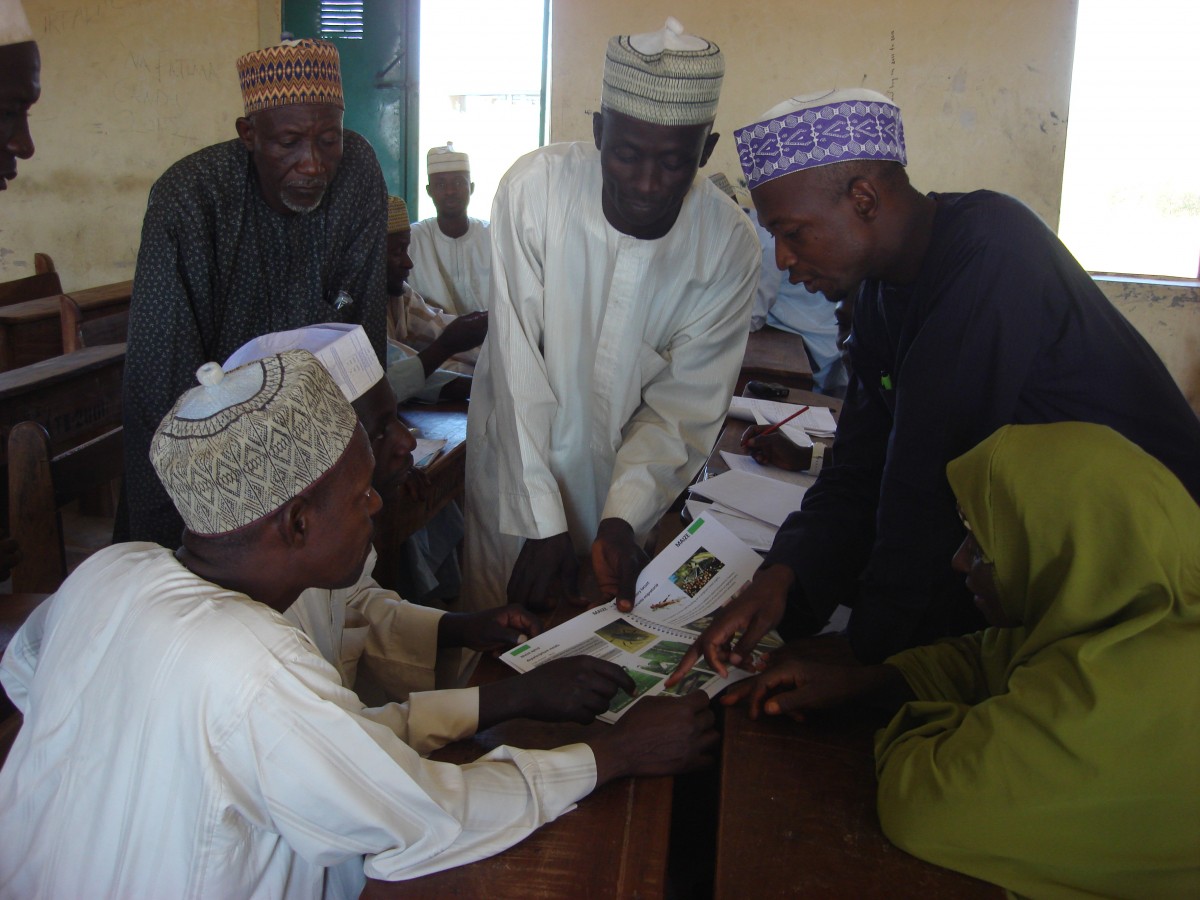
What makes people aware of ecosystem services?
A survey of rural communities in Nigeria shows how agricultural programs can encourage better use of ecosystem services in pest control.
-

Feeding the world in 2050
How researchers and policy makers can anticipate the long-term future of food security.
-
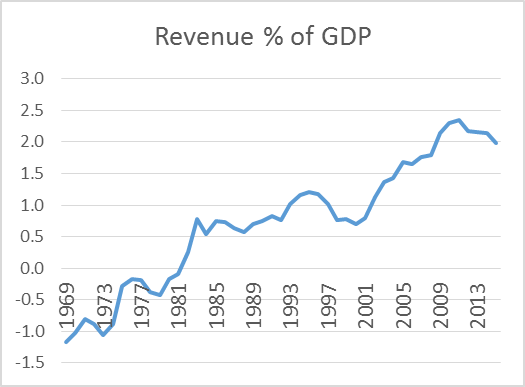
Making America Number 1: The world’s highest taxes on the consumer
An IFPRI analysis finds a corporate tax proposal being debated in Congress would drive up consumer prices and disproportionately impact the poor and the elderly.
-
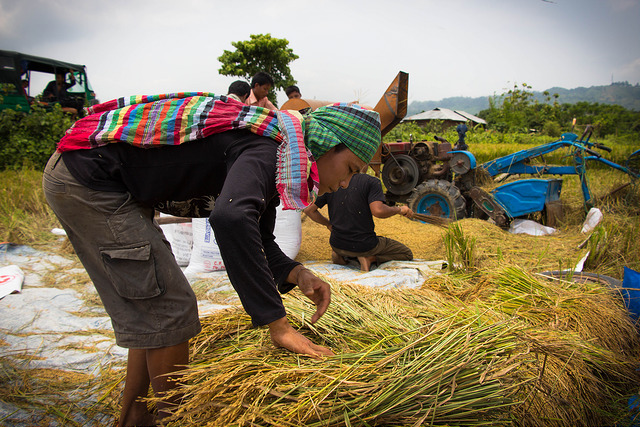
Aid to end hunger is a win-win investment
Even modest investments from donor countries can help developing countries make strong gains in food security, IFPRI's Director General writes.
-
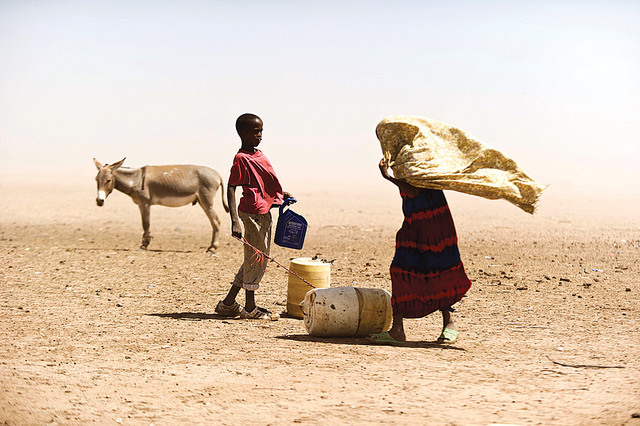
Why malnutrition continues to be a development challenge
Why some developing countries lag in the fight against hunger and malnutrition: they lack the policy expertise to devise effective national policies.
-
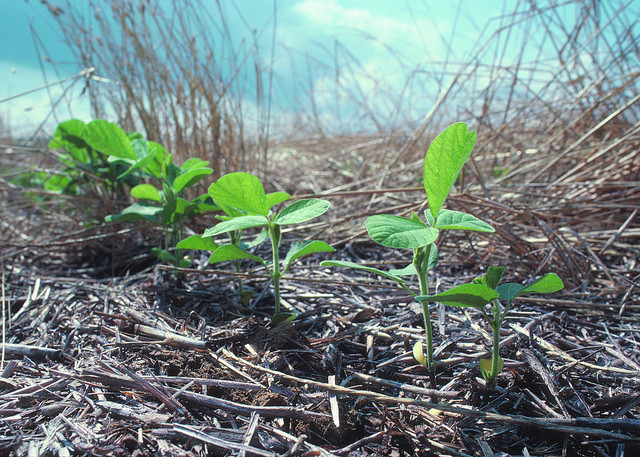
Likely effects of a trade war for U.S. agriculture? Sad!
President Trump's threats of trade wars with Mexico and China could rebound painfully on U.S. agriculture.
-
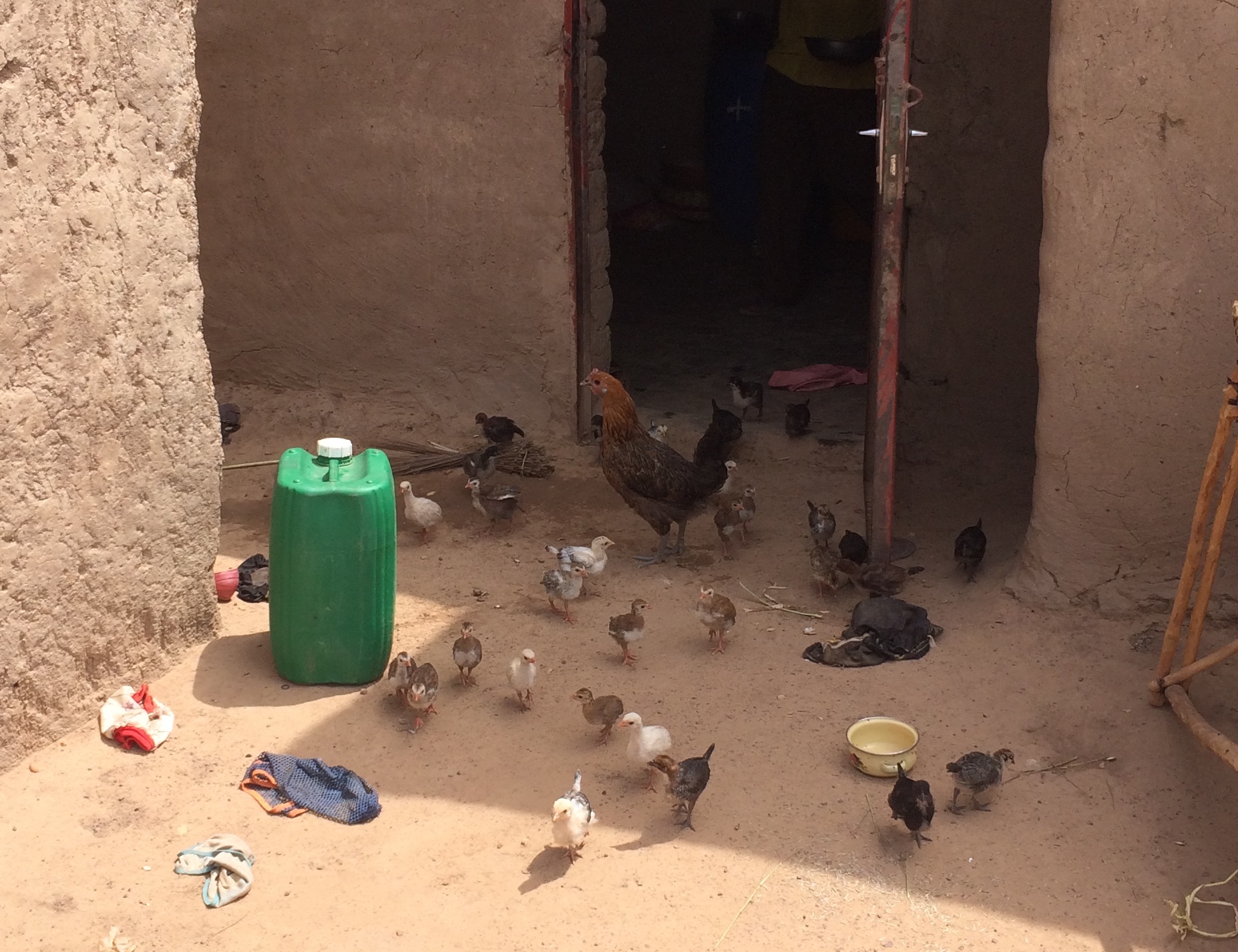
Newsflash: Chickens don’t use toilets
Research suggests living in close proximity to chickens may make children more prone to health problems. But water, sanitation, and hygiene (WASH) recommendations focus almost exclusively on human feces.
-
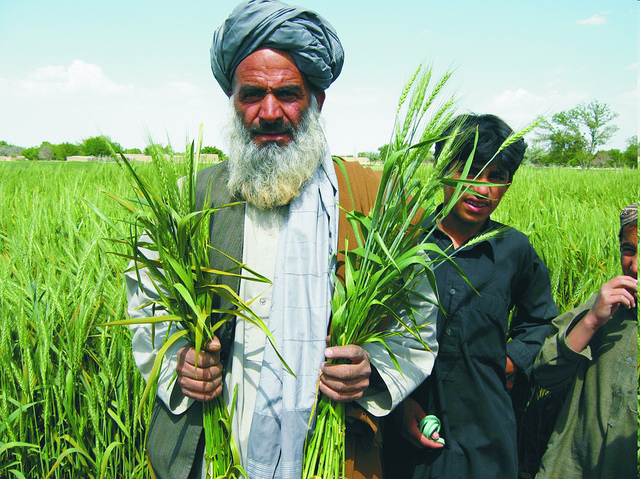
Reinvigorating Pakistan’s rural development
With the launch of a new book by IFPRI researchers on Pakistani agriculture and rural economic development, a look at our work in Pakistan.
-
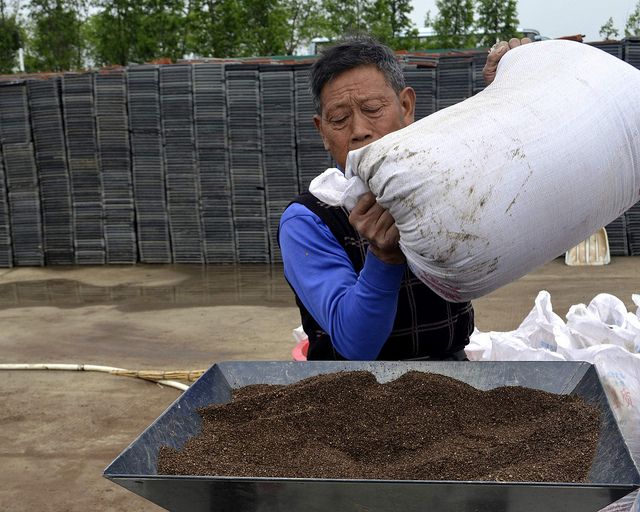
China’s new agro-investment: Opportunity for sustainability?
China is spending $450 billion to modernize agriculture. Why some of that should go to promoting sustainable practices such as ecosystem-based pest control.
-
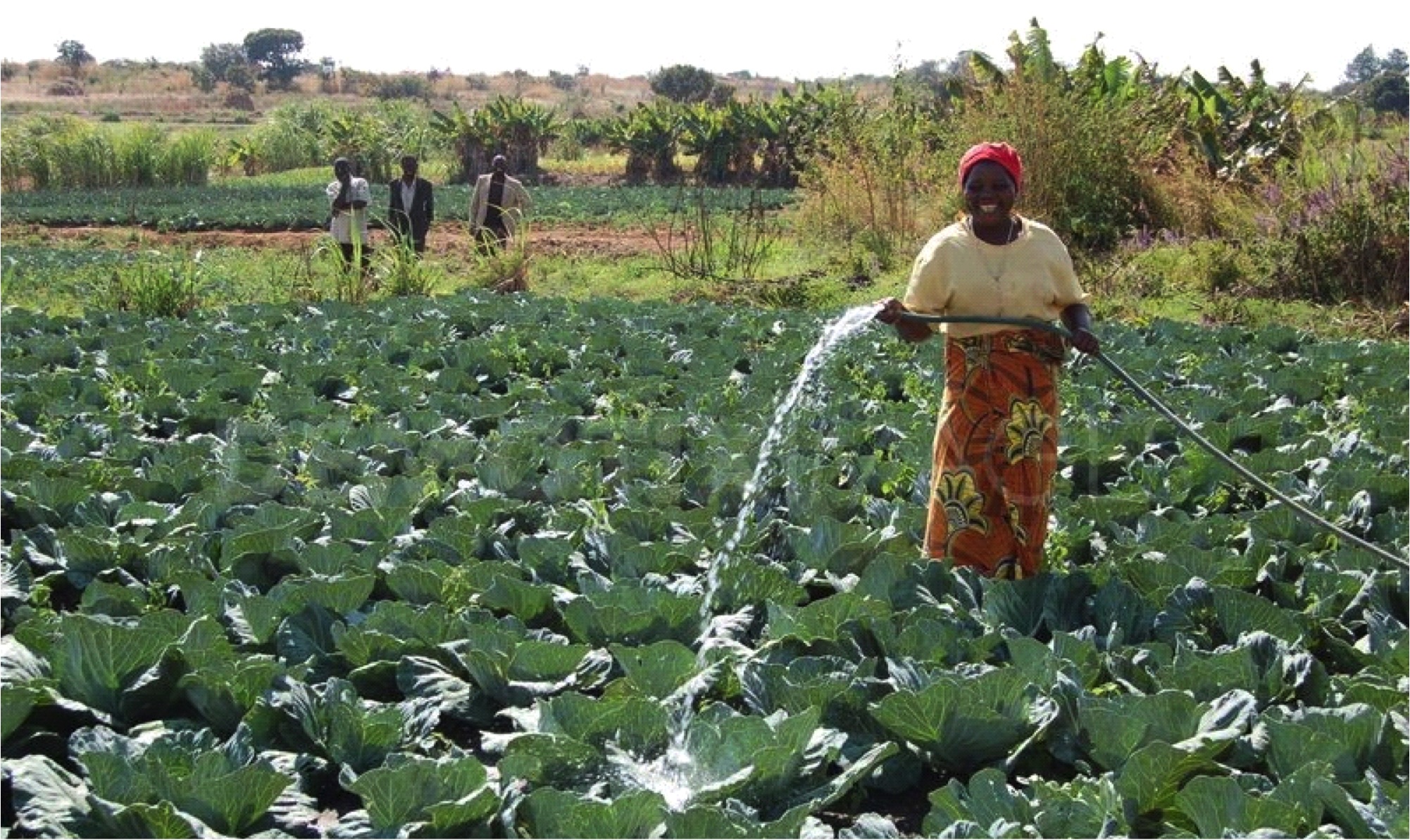
Agriculture and water: To whom much is given, much will be required
Agriculture has stewardship over much of the world's freshwater. Some recommendations to achieve long-term sustainability in agricultural water management.
-
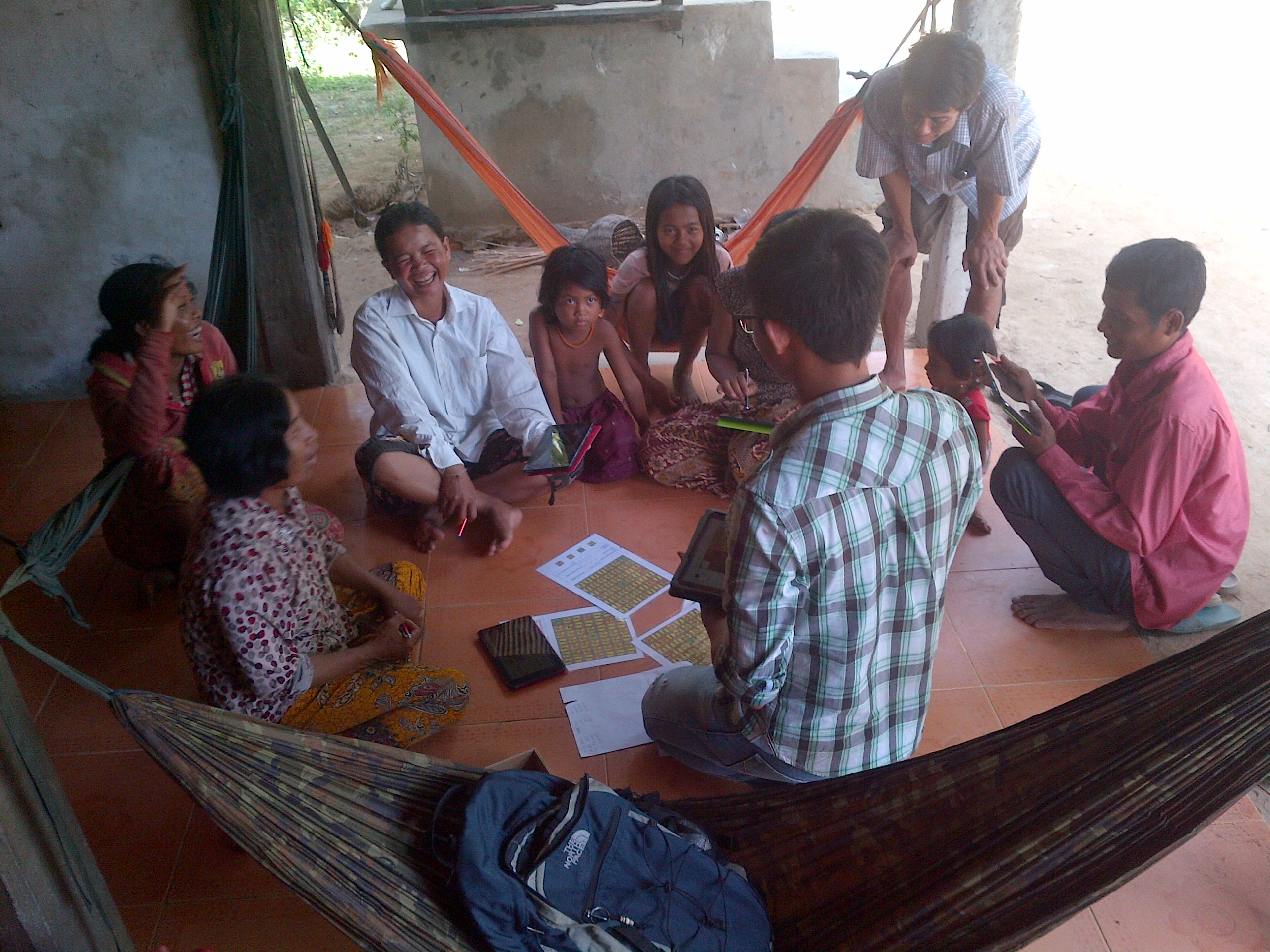
Experimental games test efficacy of subsidies to encourage farmers to invest in natural ecosystem services
An interactive game offers insights into how farmers cooperate – and sometimes don't – moving to ecosystem-based pest control.
-
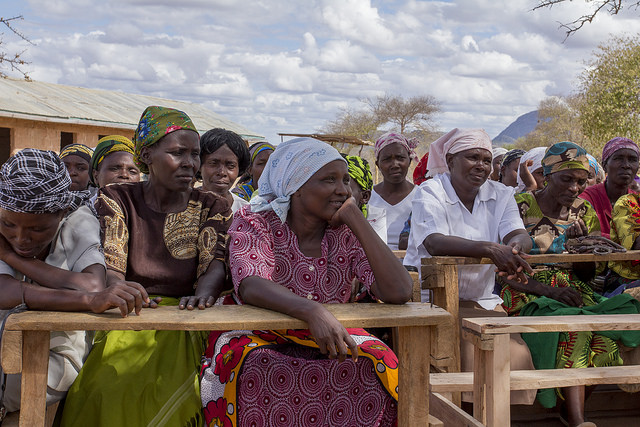
Reach, benefit, or empower: Clarifying gender strategies of development projects
Development programs should not assume merely addressing gender is enough to empower women: a more nuanced approach is needed.
-
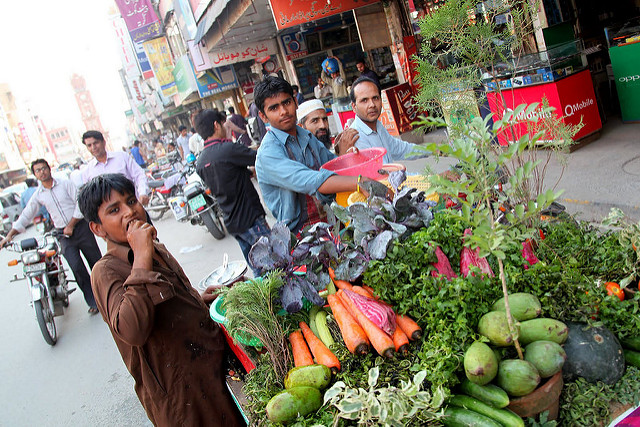
How to revitalize Pakistan’s agricultural sector and rural economy
A new book argues that reforms to agriculture can reduce poverty and fuel national economic growth.
-
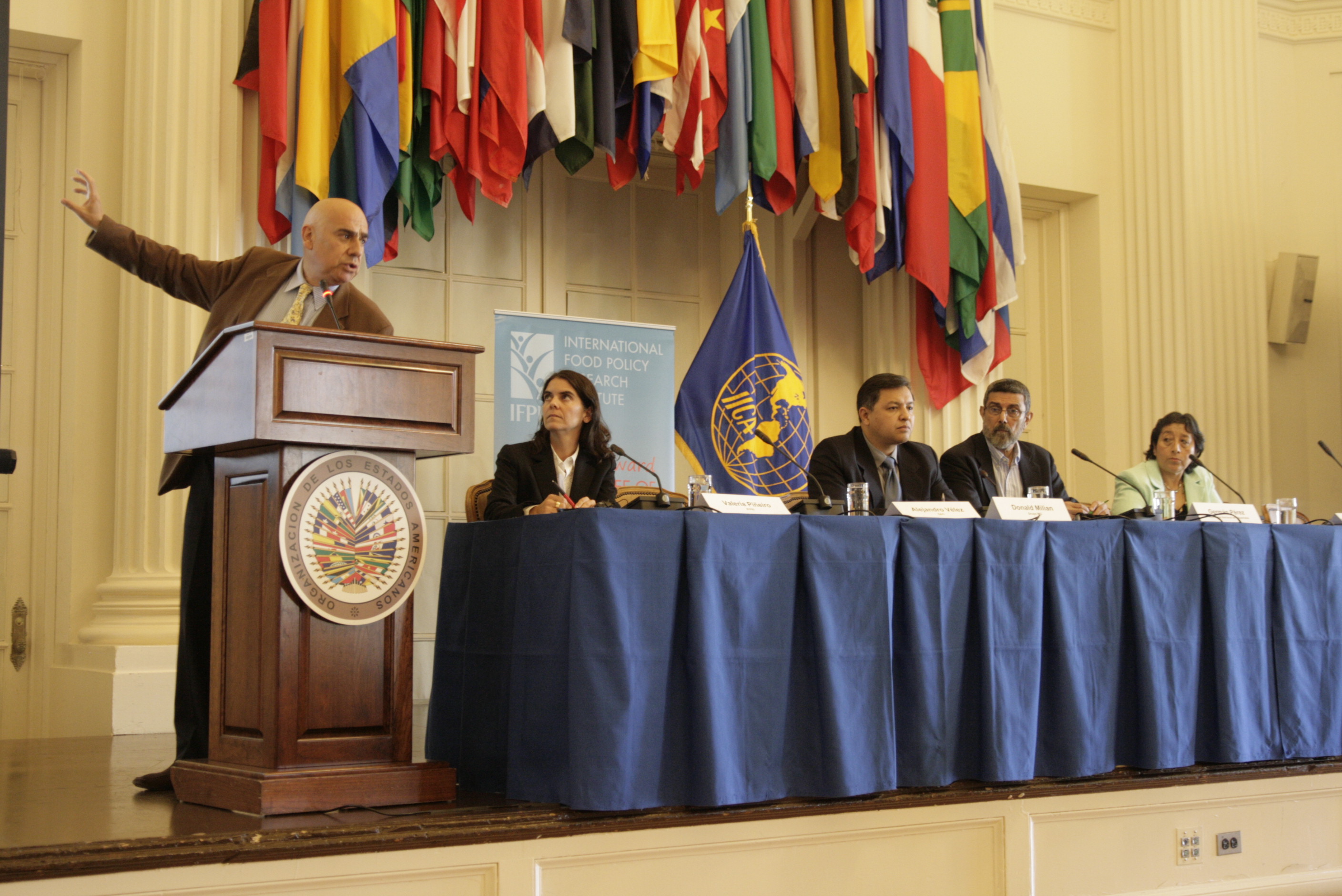
Increasing agricultural mechanization in Latin America will take more coordination, investment
Training, policy, and incentives can help systematically upgrade the region's farming equipment, IFPRI-IICA seminar participants say.
-
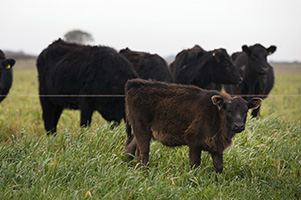
Taxing red meat may cut emissions and disease
Targeted taxes on carbon-intensive foods such as beef can help combat climate change while improving public health.
-
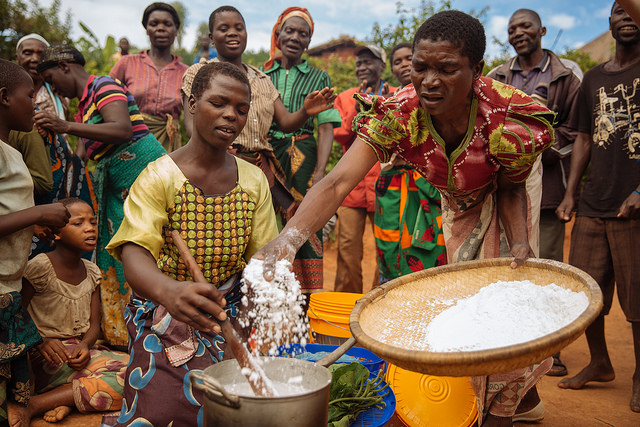
How much would it cost to end hunger worldwide by 2030?
A new brief shows it would take a fairly modest amount – $11 billion annually from donors and governments – to do the job. How that figure was calculated.
-
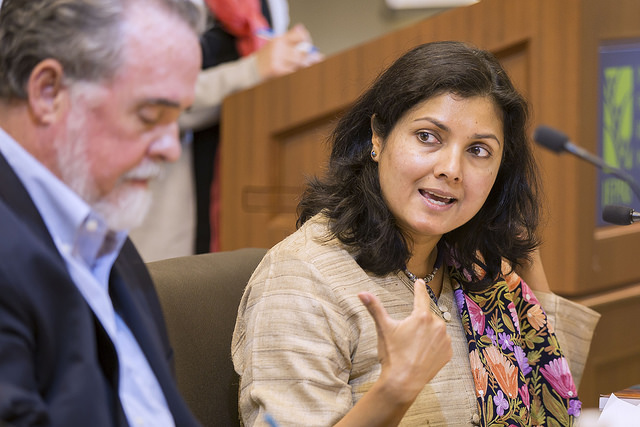
Making politics work to meet the SDGs
Is politics an obstacle or a means to achieving the U.N. Sustainable Development Goals? At a recent IFPRI event, “Making Politics Work to Meet the SDGs,” Senior World Bank Economist Stuti Khemani argued that politics may be flawed, but paying attention to political incentives is the only way to achieve results. “The selection and sanctioning of […]
-
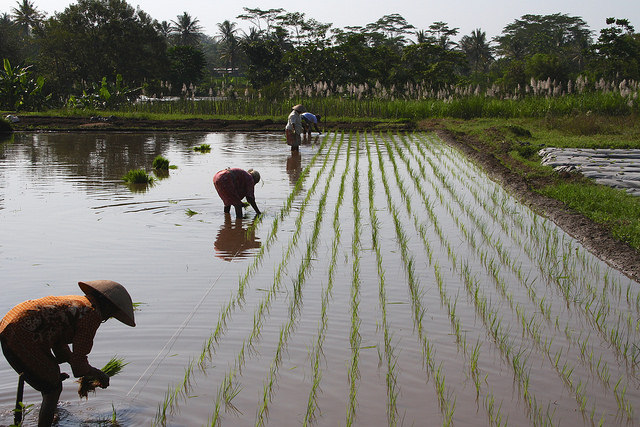
Stress-testing the global food system
A new paper models how outbreaks of rice disease in Asia might play out, and how policymakers can respond.
-
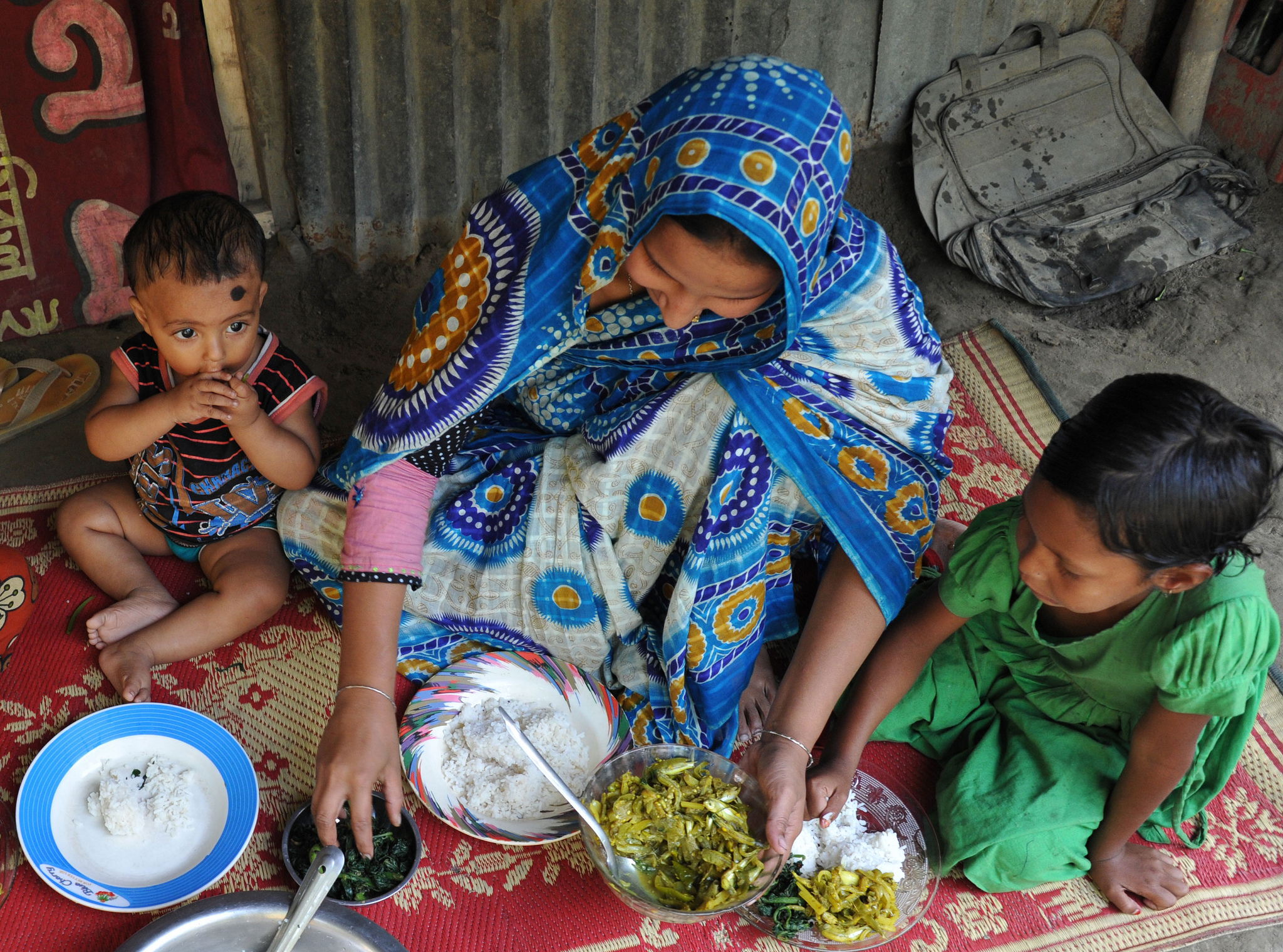
IFPRI: Strengthening food and nutrition policies and programs in Bangladesh
Bangladesh has made remarkable progress in ensuring food and nutrition security, mainly driven by rapid economic growth and many successful social and health policies and programs.
-
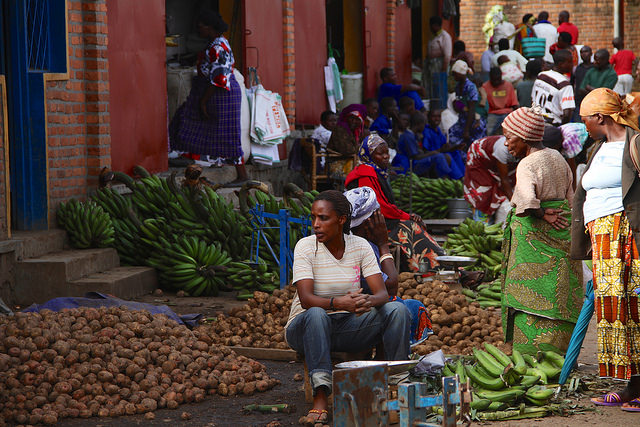
ReSAKSS: 10 years of promoting evidence-based policy planning and implementation under CAADP
ReSAKSS in Africa serves as support to implement the Comprehensive Africa Agriculture Development Programme (CAADP).
-
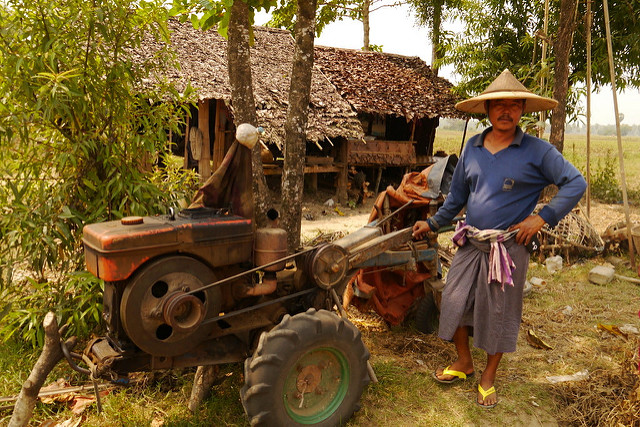
Revitalizing agriculture in rural Myanmar
Policies to boost agricultural productivity in Myanmar should focus on the problems of smallholder farmers. What IFPRI research shows about Mon State.
-
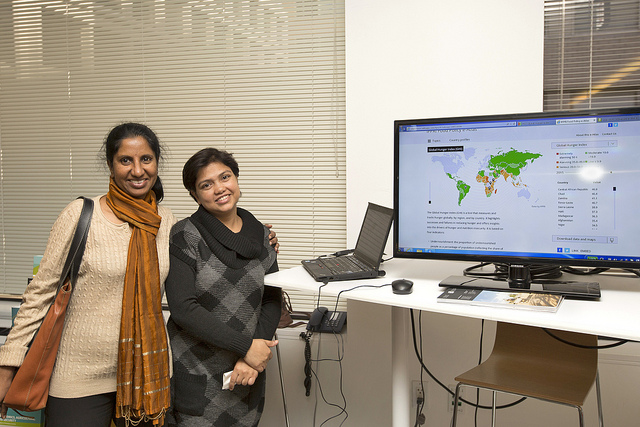
Open-access data: A key to sound agricultural policies and investments
As the Global Open Data for Agriculture & Nutrition (GODAN) Summit gets underway in New York, a look at IFPRI's innovative use of datasets.
-
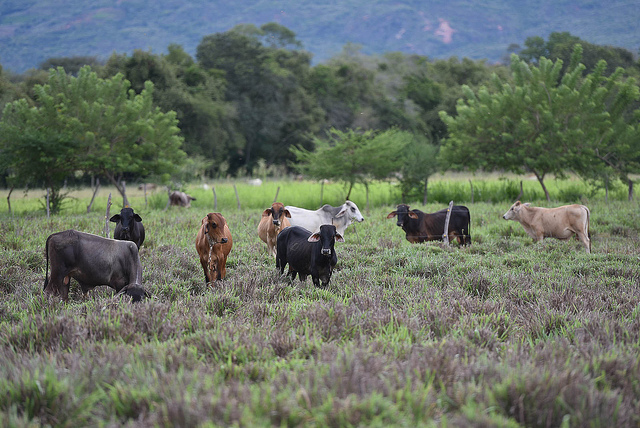
Colombia embraces new approach to reduce emissions from agriculture, sustain food security
A new paper outlines how modeling can help countries devise policies to minimize carbon emissions while optimizing agricultural production.
-
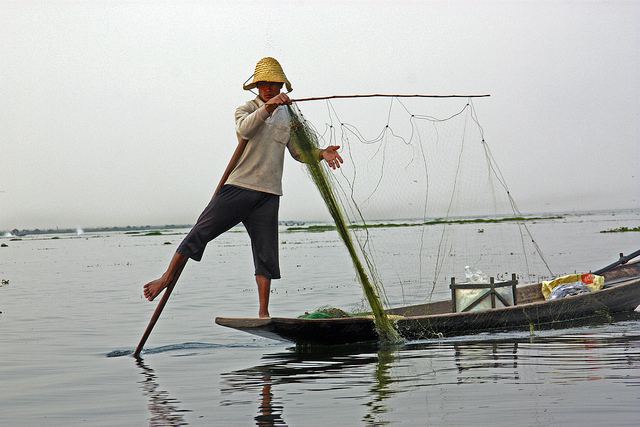
IFPRI panel: Myanmar has great economic potential but faces poverty, hunger, and other hurdles
Some ways Myanmar can unleash and diversify its agricultural sector while raising living standards.
-

Breastfeeding practices can be improved at large scale for better health and nutrition
IFPRI found Alive & Thrive had a measurable impact improving breastfeeding in Bangladesh, Ethiopia, and Vietnam
-
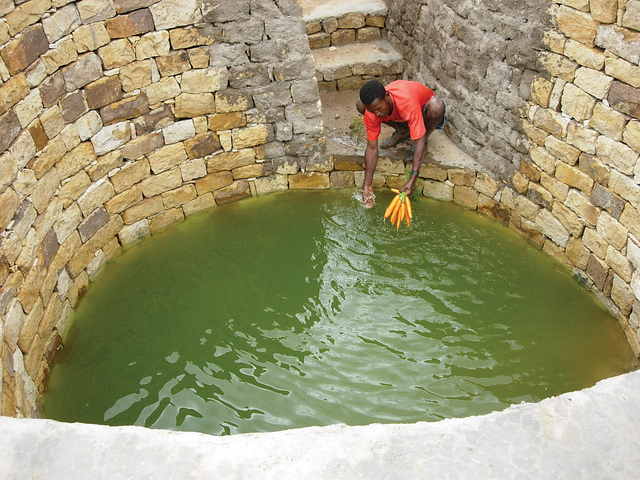
Taking stock of IFPRI’s 40 years of food and nutrition research
How does IFPRI stack up as a research organization? Our recent 40th anniversary provides an opportunity to take stock of the Institute’s policy influence and impact over the years.
-
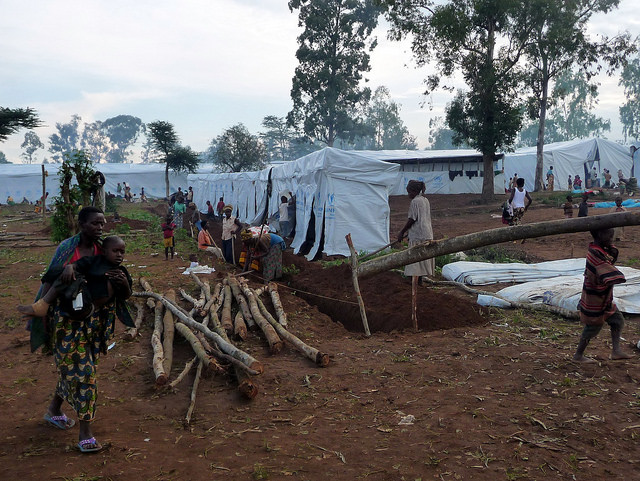
Providing aid to refugee camps can benefit the host country’s economy
The Syrian civil war has forced millions of people to leave their homes over the past five years, throwing the issue of refugees to the forefront of public debate. Though far from being a new phenomenon, this has led to renewed interest in the question: what is the economic impact of refugees on host countries? […]
-
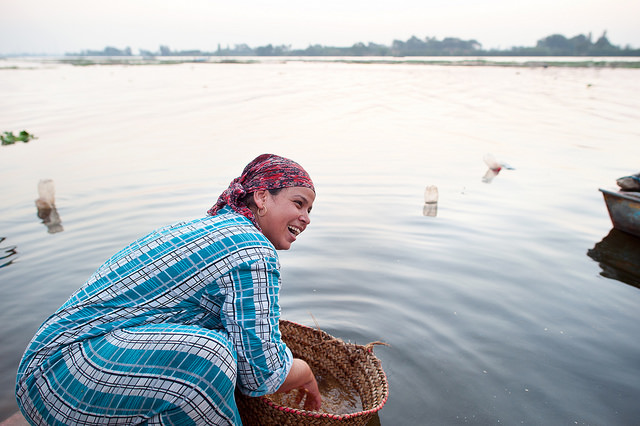
Egypt and other Arab countries need sound policies to jump-start development efforts
Participants at a recent Cairo seminar held to mark the Egypt launch of IFPRI’s Global Food Policy Report (GFPR) grappled with the Arab region’s profound development problems. The upheavals of the Arab Spring halted progress in meeting the United Nations Millennium Development Goals (MDGs), said Clemens Breisinger, director of IFPRI’s Egypt Strategy Support Program. “It […]
-
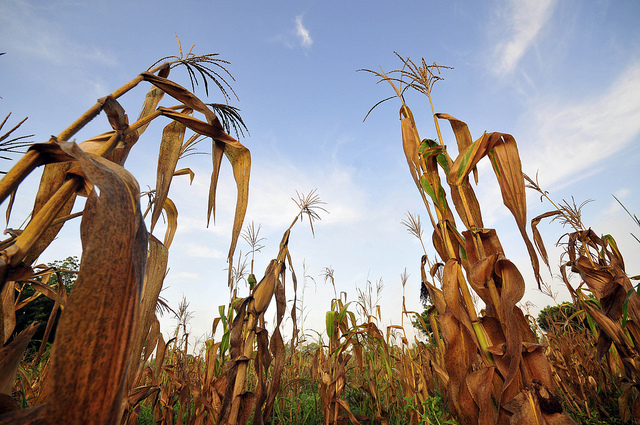
Can maize breeding keep up with climate change?
Knowing when and how climate change will impact crop production is essential for devising adaptation solutions.
-
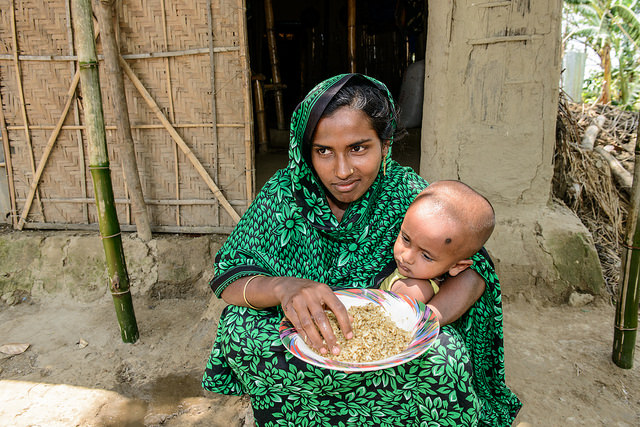
It’s time to revisit how we measure and track infant and young child complementary feeding practices
Good nutrition in the earliest stages of life directly influences children’s future nutrition and development as they grow into healthy adults. Research has contributed to a set of guiding principles on the best infant and young child complementary feeding (IYCF) practices to promote healthy child growth, development, and nutrition.Yet good guidelines can only take us […]
-
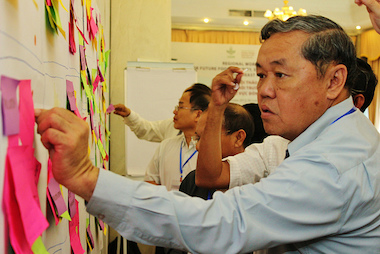
Hindsight is 20/20, can we give foresight prescription lenses?
There are many challenges confronting decision makers in building robust and effective policies. They must balance pressing short-term needs with long-run challenges. They must confront these varying demands while facing imperfect knowledge of the complex systems (i.e. the economy, the environment, etc.) in which their policies will have impact. Above all, they also face the […]
-
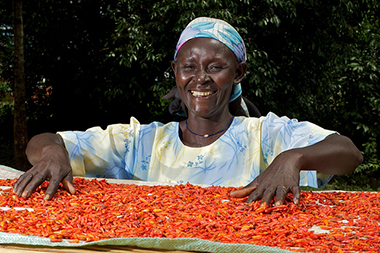
Evaluating Nairobi: Impacts on trade, food security, and development
In December 2015, the World Trade Organization reached an agreement on the Nairobi Package, the latest set of rules governing global trade. The agreement represents some progress on several major agricultural and food issues that have held up previous negotiations, including export subsidies, food aid, public stockholding for food security purposes, special safeguard measures for […]
-
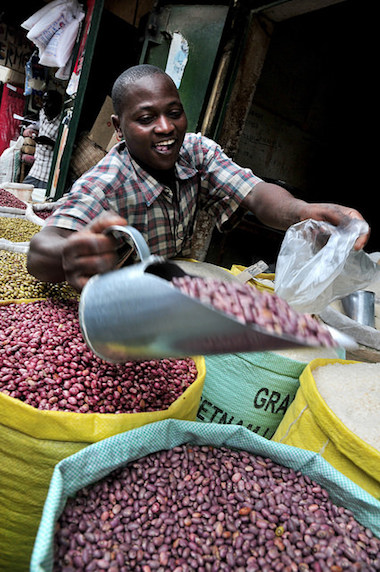
IFPRI and the European Commission: Partnering towards food and nutrition security
On June 15-16, 2016, the European Commission (EC) will host the 10th European Development Days to bring the development community together to share ideas and experiences aimed at addressing the world’s most pressing challenges.
-
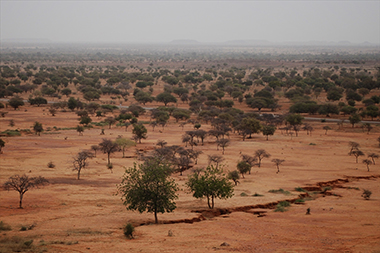
World Environment Day 2016: The case for regenerating forests
Challenges and opportunities for preserving and promoting the world's endangered forests
-
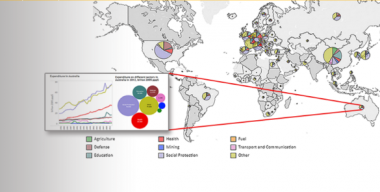
Bringing statistics on public expenditures up to SPEED: Database and web tool updated
Open access database managed by the International Food Policy Research Institute (IFPRI) with support from the CGIAR Research Program on Policies, Institutions, and Markets (PIM).
-

Using video to promote improved potato seed quality in southwestern Uganda
In Uganda, low quality of potato seed is a major contributor to low potato yields among smallholder farmers.
-
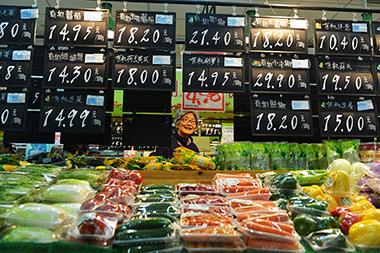
A new global food system for achieving the Sustainable Development Goals
The Sustainable Development Goals are charting a path towards meeting current needs without compromising the ability of future generations to meet their own needs.
-
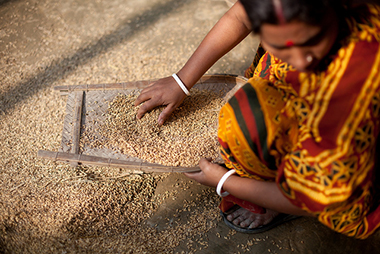
Can cash transfers prevent intimate partner violence?
Research highlights from the CGIAR Research Program on Policies, Institutions, and Markets (PIM) on violence against women.
-
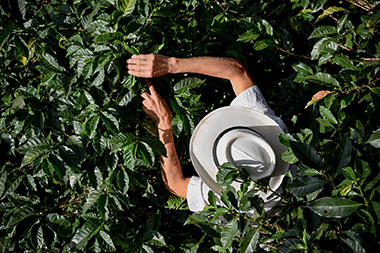
ASTI launches new data, report, and website for Latin America and the Caribbean
Agricultural Science and Technology Indicators (ASTI) program officially launched its new agricultural research and development indicators for Latin America and the Caribbean.
-
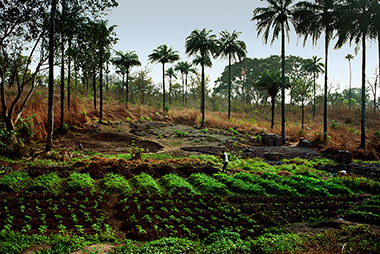
Healthy soils for global sustainable development
It takes millennia to develop fertile soils, but according to authors of a chapter on soils in the 2016 GFPR, we are losing 75 billion tons of soil globally each year, with impacts that not only hurt poor farmers, but extend well beyond the farm.
-
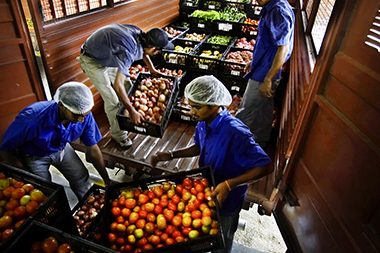
Harnessing value chains to improve food systems
Chapter 6 of the 2016 Global Food Policy Report highlights the need to adapt food systems to support nutritious and sustainably-produced diets.
-
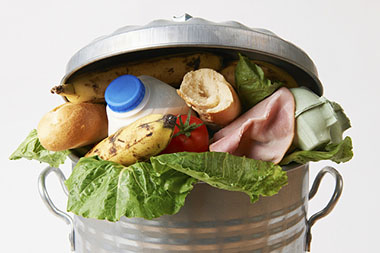
Measuring food loss and waste
The global food system puts significant pressure on the world’s natural resources and is a major contributor of GHG emissions. At the same time, a large amount of the food produced by this system is either lost or wasted each year.
-
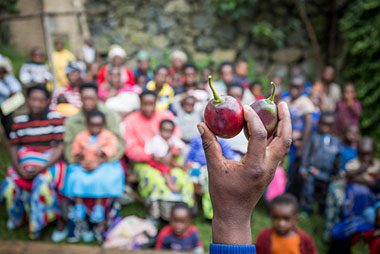
Global Food Policy Report calls for improved global food system
According to IFPRI’s 2016 Global Food Policy Report (GFPR), launched in Washington, DC last week, achieving the ambitious aims of the SDGs
-
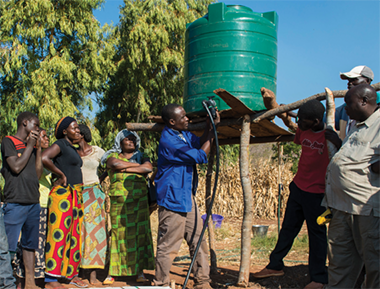
Small farmers can help meet sustainable development and climate goals—but they need our support
Smallholder farmers have a vital role to play in global food security and nutrition, and in supporting a range of development and climate change goals.
-
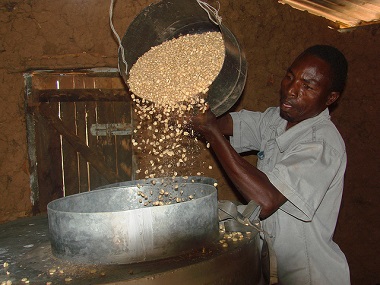
Three steps for tackling food loss and waste
An astounding one third of all food produced for human consumption is lost or wasted between the farm and the fork. Just think about that for a moment.
-
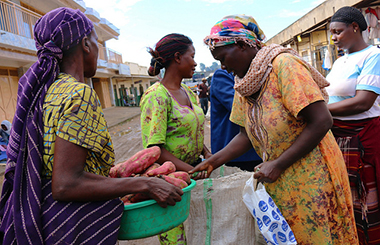
Reinforcing the gender lens in research on value chains and technology adoption
The CGIAR Research Programs on PIM and on Roots, Tubers, and Bananas (RTB) have been collaborating on reinforcing the gender focus in research
-
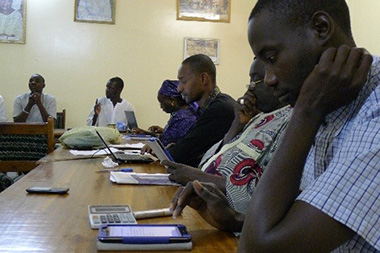
Enabling evaluation: Building capacity with our partners
MTID partners with FONGS, a federation of farmers’ associations in Senegal, to build M&E capacity.
-

You are what you eat: Global and regional health effects of future food production under climate change
New study predicts more than 500,000 additional deaths by 2050 due to changed diets if no climate change mitigation is achieved.
-
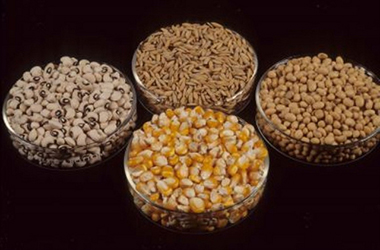
Is the global seed industry Investing in smallholders?
Improved seed varieties resistant to heat, drought can help farmers increase their yields
-
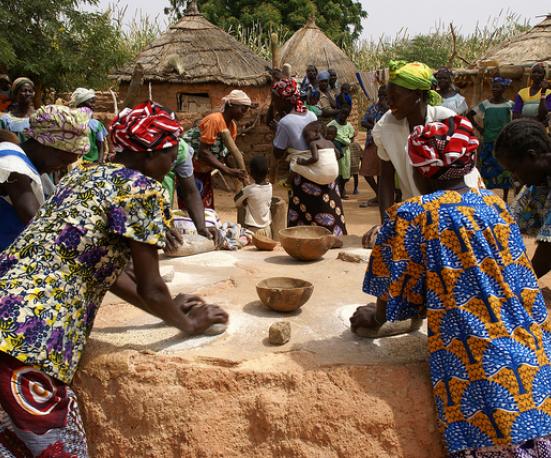
Food and nutrition security programs: Too focused on agriculture?
Food and nutrition security (FNS) is a multi-dimensional concept, spanning the agriculture, trade, health, and social sectors. Often, however, policies only address FNS through one lens: that of food production.
-
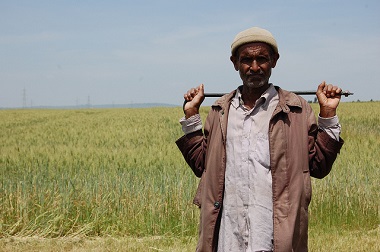
Encouraging adoption of better seed technologies: What works?
Reduced or eliminated yield gap, would have profound effects on smallholder incomes
-
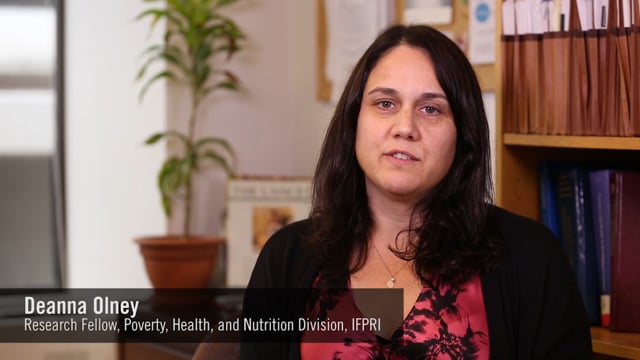
Realizing the potential of a homestead food production program
Researchers from the International Food Policy Research Institute (IFPRI) completed a first-of-its-kind rigorous evaluation of an integrated agriculture and nutrition program in Burkina Faso, a country where child undernutrition is common and the prevalence of anemia among children under five is 92 percent, the highest in the world.
-

How will crop yields change with an uncertain climate future?
IFPRI researchers recently received some attention for research on how climate change will affect croplands in the future. Using HADGEM2, a climate prediction model, Research Fellow Richard Robertson was able to predict what kinds of yields we might see under climate change for potatoes, rice, wheat and corn in 2050. What does the model show […]
-
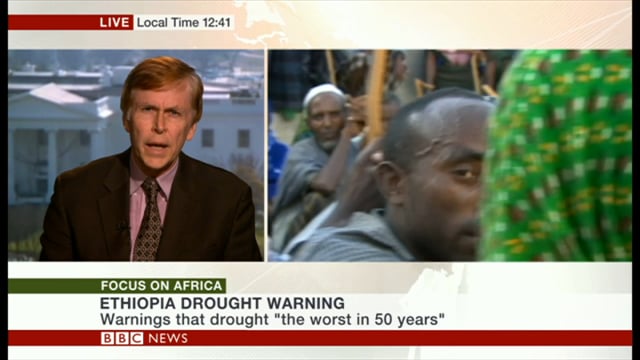
Ethiopia’s 2015 drought: No reason for a famine
Five major policy actions based on past experiences and the current context.
-

2015 World Soil Day: Celebrating an underappreciated resource
Think dirt doesn’t matter? Think again. All life on this planet depends on soil to survive. This is just one of many facts Shahidur Rashid, a senior research fellow at the International Food Policy Institute, shared in a video to celebrate World Soil Day. “If you think love is unconditional giving, soil has been doing […]
-
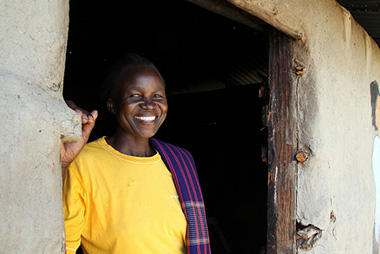
New study links poverty to heightened levels of aflatoxin exposure
Many of the foods people depend on most for their sustenance can carry a silent killer: aflatoxins. These naturally occurring fungal toxins contaminate food crops, such as maize, groundnuts, tree nuts, and a range of other produce.
-
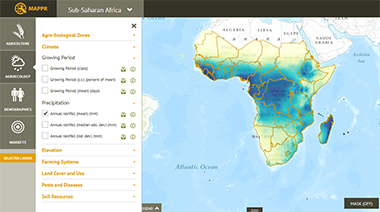
Do economic predictions of damage from climate change cause policymakers to focus on the wrong thing?
Do economic predictions of damage from climate change cause policymakers to focus on the wrong thing?
-
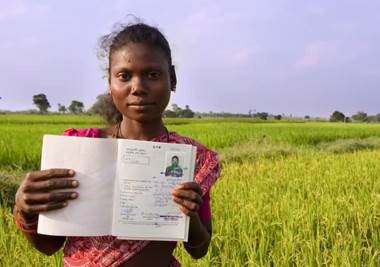
The four things you need to know about women’s land rights
At USAID, we know that addressing gender issues is essential in our work to end extreme poverty and create resilient, democratic societies. Period. Women are key drivers of economic growth and must gain access to and control of capital, land, markets, education and leadership opportunities in order to build vibrant economies and respond to a […]
-
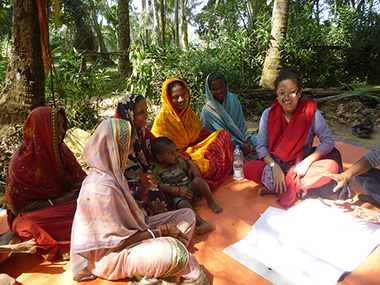
Reflections on policy impact and capacity strengthening in IFPRI’s country programs
Reflections on IFPRI’s country programs
Post by Paul Dorosh, Director of the Development Strategy and Governance Division.
-
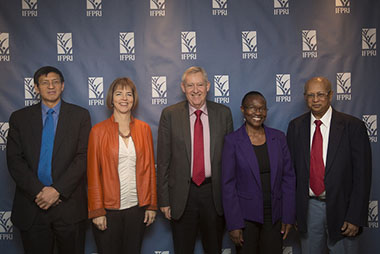
Nutritious food for a billion people
One in three people in the world is malnourished. Deficiencies in vitamins and minerals such as vitamin A, iron, and zinc can cause blindness, reduced IQ, vulnerability to disease, and even death. Biofortification—breeding new, more nutritious varieties of staple food crops to increase their micronutrient content—is one promising approach for combatting micronutrient malnutrition among vulnerable […]
-
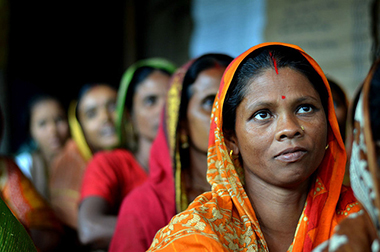
Takeaways from twenty years of gender and rural development research at IFPRI: The elements of resilience
This blog post, part three in a four-part series on IFPRI gender research in the past 20 years, shares key takeaways from research on themes of: groups and social capital; sustainability;
-
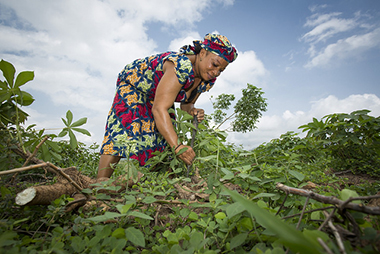
Takeaways from twenty years of gender and rural development research at IFPRI: Closing gender gaps in agriculture through property rights and governance
This blog post, part two in a four-part series on IFPRI gender research in the past 20 years, shares key takeaways from research on themes of: closing gender gaps in agricultural productivity
-
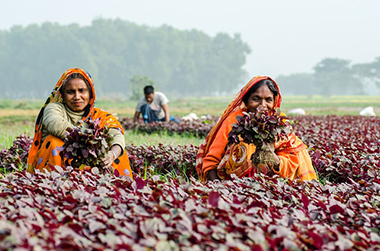
Why women’s empowerment is worth measuring
How can agriculture be a path to gender equality? The Women’s Empowerment in Agriculture Index (WEAI) is a transformational tool that identifies ways to empower women working in agriculture. The project team recently announced the release of a new abbreviated version of the index. The original WEAI was launched in 2012 by IFPRI, Oxford Poverty […]
-
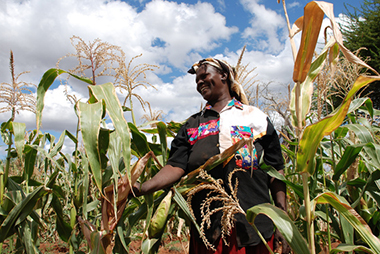
A balancing act: Food for the hungry, fuel for your car
Post by IFPRI Director General Shenggen Fan
-
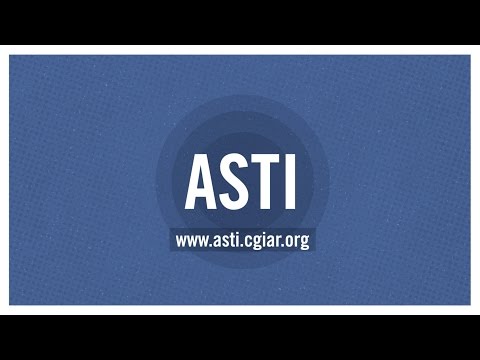
ASTI launches new interactive tools for tracking agricultural R&D
ASTI launches new interactive tools for tracking agricultural R&D through the ASTI website.
-

Encouraging transparency in agricultural research
Over the past few decades, economics research has gone through a kind of credibility revolution.
-
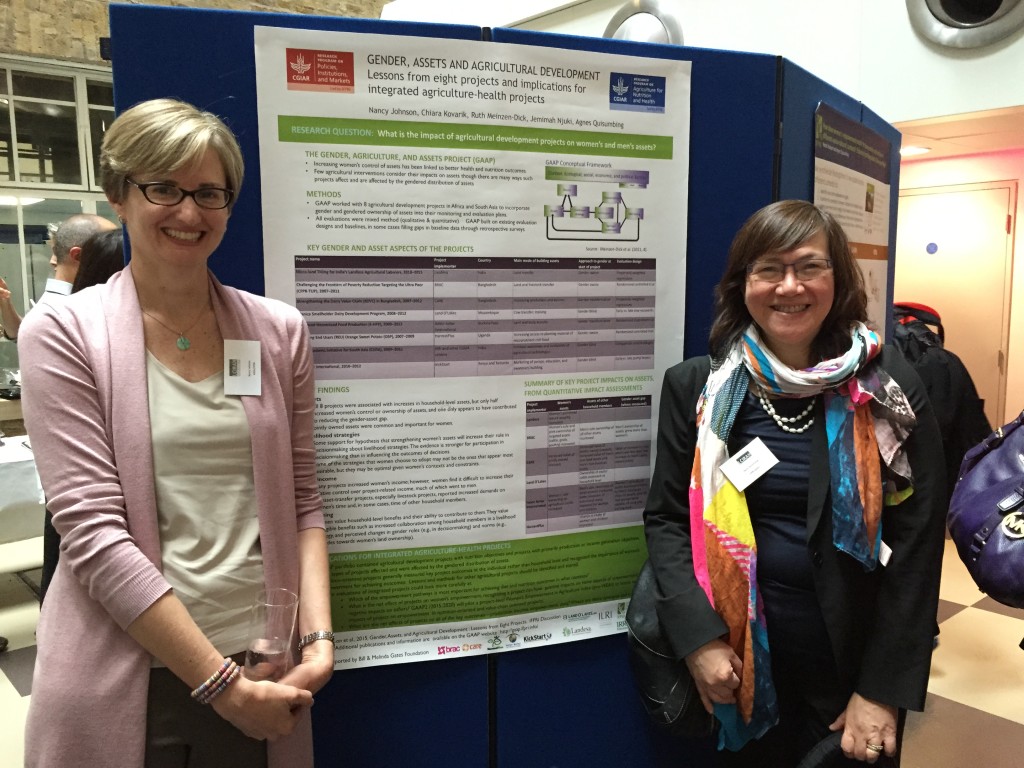
Gendered pathways and puzzles in agriculture-nutrition research
Last month I had the privilege of giving the opening keynote at the 5th annual LCIRAH conference.
-
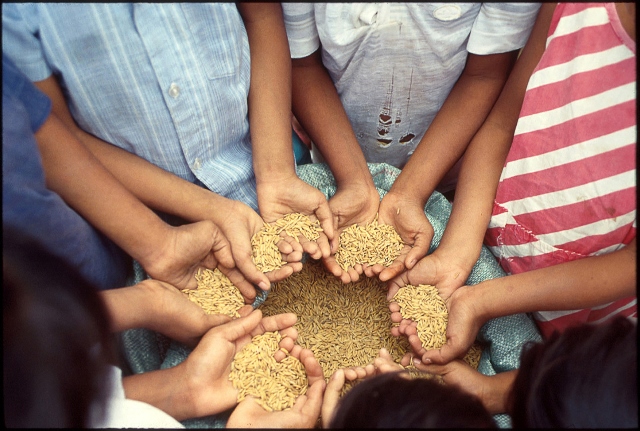
Why should we make staple foods more nutritious?
Post by HarvestPlus director Howarth Bouis
-

BRAC founder named World Food Prize laureate
IFPRI extends its heartfelt congratulations to BRAC Founder and Chairperson Sir Fazle Hasan Abed, who was just announced as this year’s World Food Prize laureate. Sir Fazle has worked tirelessly for more than 40 years to tackle poverty and hunger in Bangladesh and beyond, and has been instrumental in helping Bangladesh meet the Millennium Development […]
-
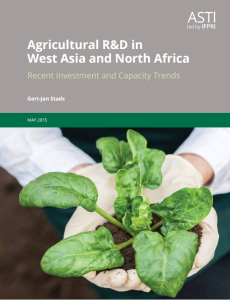
Agricultural R&D Capacity in the Arab world: Positive Progress, but Challenges Remain
Over the past five decades, investments in agricultural R&D have had a tremendous impact on agricultural productivity and food security around the world.
-
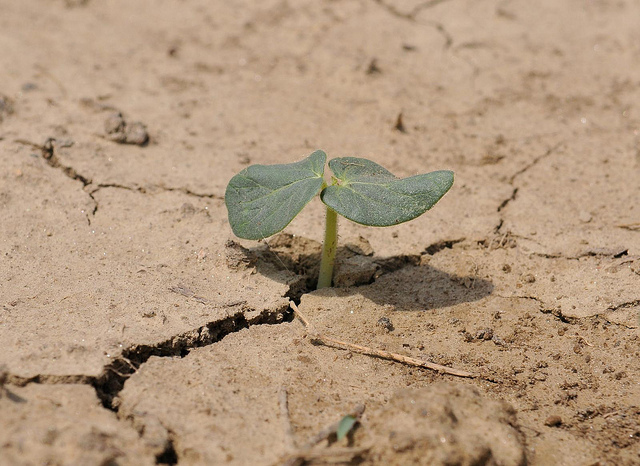
How will climate change affect the world food system?
Post by IFPRI senior researcher Tim Thomas
-
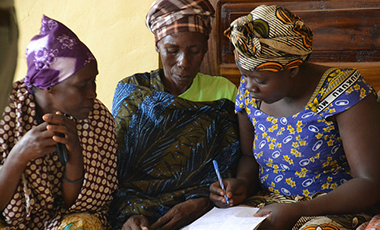
Filling the legal void?
Tanzania recently passed new legislation that provides a glowing example of legal commitment to improving women’s land rights. However, in this setting as elsewhere, local interpretation and implementation can water down a policy’s effectiveness. Customary law—common accepted practices in a community—often dominates. For example, a 2009 study by the Women’s Legal Aid Center finds limited […]
-
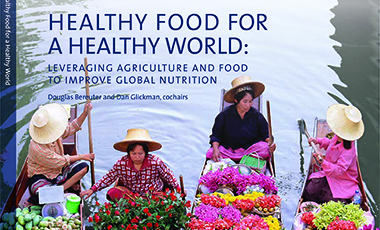
Nutrition takes center stage at recent Chicago Council Symposium event
Eat your vegetables. Wash your hands. Go to school. These simple instructions, which many of us hear repeatedly throughout childhood, are the basic building blocks of growing up healthy and prepared to reach one’s full potential. However, as Roger Thurow—a senior fellow at the Chicago Council on Global Affairs who spoke at the Council’s food […]
-
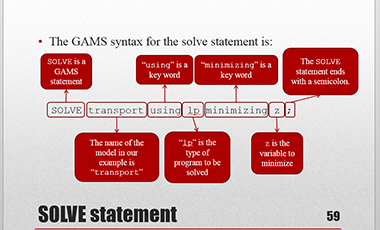
Unlocking the code to economic models
Economic models can be used to conduct research on a wide range of topics and help analyze policies pertaining to agricultural growth, poverty, climate change, and natural resource management, to name a few. Libraries of models are widely available at research institutions and via professional organizations but, without knowledge of the coding language used to […]
-
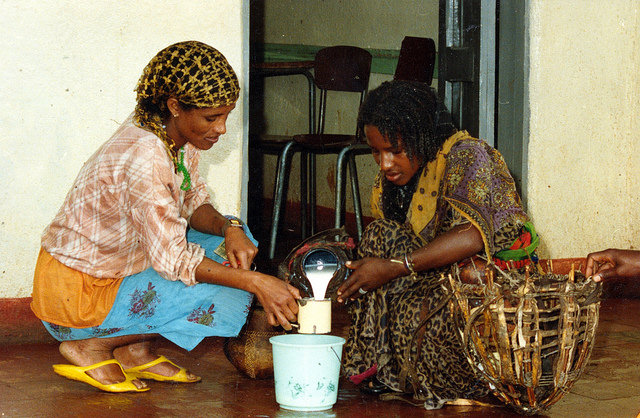
Why gender matters for food safety
The following is an excerpted version of a blog story originally published on the CGIARResearch Program on Agriculture for Nutrition and Health (A4NH) website. The story relates closely to this year’s theme for World Health Day, which highlights the importance of food safety across the global food system. Some of the foods that would most enhance nutrition in diets […]
-
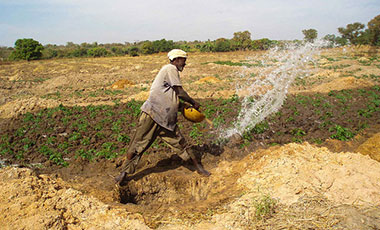
How can reliable water access contribute to nutrition security in Africa south of the Sahara?
The following blog story was written by Laia Domènech, visiting fellow in the Environment and Production Technology Division at IFPRI, in honor of World Water Day 2015. The theme of this year’s event on March 22 is “Water for Sustainable Development.” A set of 17 Sustainable Development Goals (SDGs) are expected to be adopted in September […]
-

From famine to feast in forty years: Policy matters
The following post by IFPRI Director General Shenggen Fan was originally published in the Huffington Post. It is the first in a series of blog stories celebrating IFPRI’s 40th anniversary. In the mid-1970s, the outlook for food supplies around the world was grim. There were talks of “food triage”— food-rich countries would decide which food-poor countries […]
-
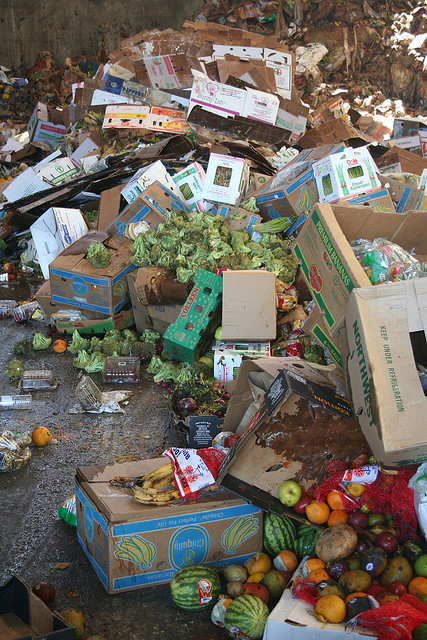
A New Year’s resolution to consider—cut food loss and waste
The following post by IFPRI Director General Shenggen Fan was originally published on his DG Corner blog. The holiday season is just over. In the past few weeks, numerous families around the globe filled their plates with holiday-themed food and consumed in merriment, but also discarded a lot of food. Many people are now thinking of New Year resolutions, such […]
-
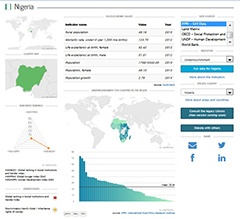
Explore and create with Open Data
For the past three years, the Global Hunger Index (GHI), a tool designed to comprehensively measure and track hunger by region and country, has been published as Linked Open Data (LOD). The GHI highlights successes and failures in hunger reduction and provides insights into the drivers of hunger, as well as food and nutrition insecurity. It does so […]
-
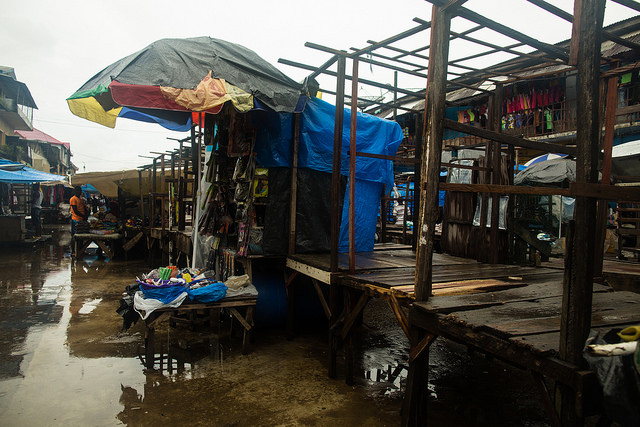
Preventing an Ebola-related food crisis
The following post by IFPRI Director General Shenggen Fan was originally published on his DG Corner blog. With deaths in the thousands and more cases reported each day, the Ebola epidemic has caused tremendous suffering, and will continue to do so for the foreseeable future. This is not just an immense health crisis—it also threatens agriculture and […]
-
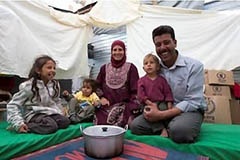
The fight against hunger cannot be won alone
The following story by Gerda Verburg, Committee on Food Security (CFS) Chair and Ambassador of the Netherlands to the UN’s Rome-based Agencies, was originally published on the Arab Spatial Food Security Blog. With 805 million people worldwide estimated to be chronically hungry in 2012-2014, food insecurity and malnutrition in the world remains everybody’s problem. Gathering stakeholders to […]
-
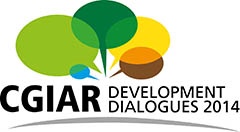
Smallholder agriculture: “It’s a cool business!”
The following post is a modified version of a story that originally appeared on the CGIAR Research Program on Policies, Institutions, and Markets (PIM) website. Today nearly 450 million farmers work on less than 2 hectares of land. Collectively, these farmers and their families comprise about half the world’s undernourished people and more than half […]
-
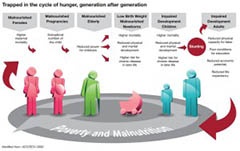
Digging deeper—hunger, undernutrition, and poverty linkages
The following post by IFPRI Director General Shenggen Fan was originally published on his DG Corner blog. Hunger and undernutrition are said to be causes of poverty, and these concepts are often discussed together. However, the relationship between hunger, undernutrition, and poverty is often not fully understood. Prevailing thinking considers extreme poverty to be the root cause of hunger and undernutrition, […]
-
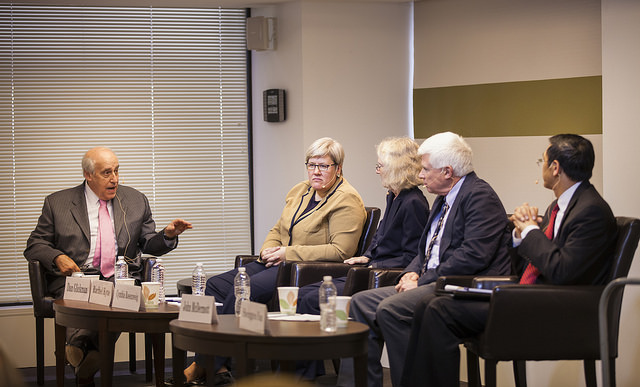
Resilience now
In less than two weeks, heads of state from around the world will gather in New York for the UN Climate Change Summit. As a mounting body of evidence—including clear examples from Bangladesh and Fiji—makes clear, climate change is putting global food security at risk. How can these leaders make real progress in helping build a […]
-
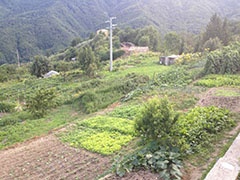
Climate-smart agriculture: scientists show agricultural progress in responding to climate change
The following story was originally published on the BioMed Central blog. The piece highlights research findings from a recent Open Access article that was coauthored by IFPRI senior research fellow Siwa Msangi. Climate change is already putting food security at risk. Rising temperatures and extreme events, such as sudden droughts and floods, mean that it will be even harder to […]
-
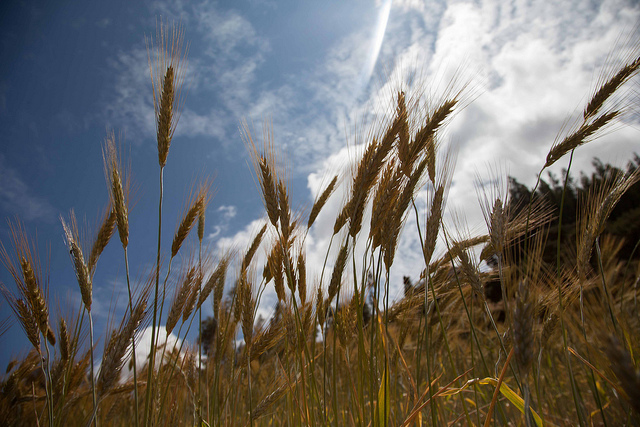
Mapping crops to improve food security
The following article was jointly written byIFPRI researchers Weston Anderson and Liangzhi You from the Environmental and Production Technologies Division (EPTD) and Evgeniya Anisimova, communications specialist for the CGIAR Research Program on Policies, Institutions, and Markets (PIM). It originally appeared on PIM’s blog. In the era of big data, unmanned drones, and satellite remote sensing, our knowledge of crop growing locations remains surprisingly limited. We have even […]
-
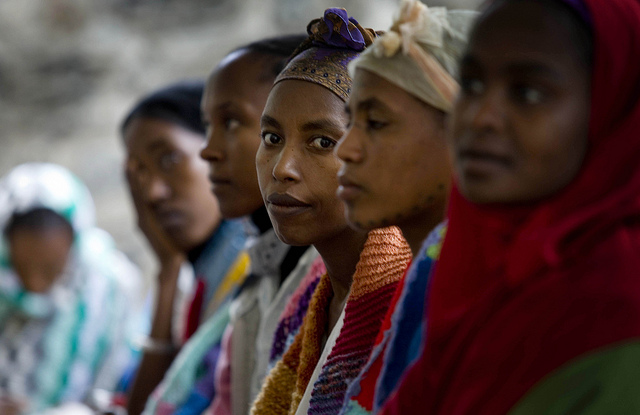
Bridging the divide between women and men farmers in Ethiopia
The following article was jointly written by Sarah McMullan from IFPRI’s Markets, Trade, and Institutions Division and Caitlin Kieran from the CGIAR Research Program on Policies, Institutions, and Markets. Women make up about half of the labor force in Ethiopia. While their contributions are plentiful, women and girls face discrimination when accessing —and making decisions regarding— education, agricultural information and inputs, land, and other assets […]
-
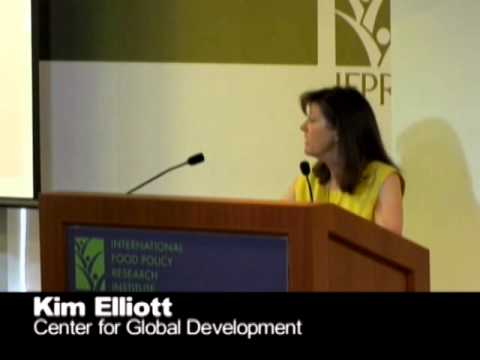
Can the US Farm Bill and EU Common Agricultural Policy address 21st century global food security?
With the recent passage of both the Common Agricultural Policy (CAP) in the European Union and the Farm Bill in the United States, the EU and US are headed down “divergent paths” in the way their agricultural policies support their own farmers. Nevertheless, both policies feature large public expenditures towards farm subsidies. What type of […]
-
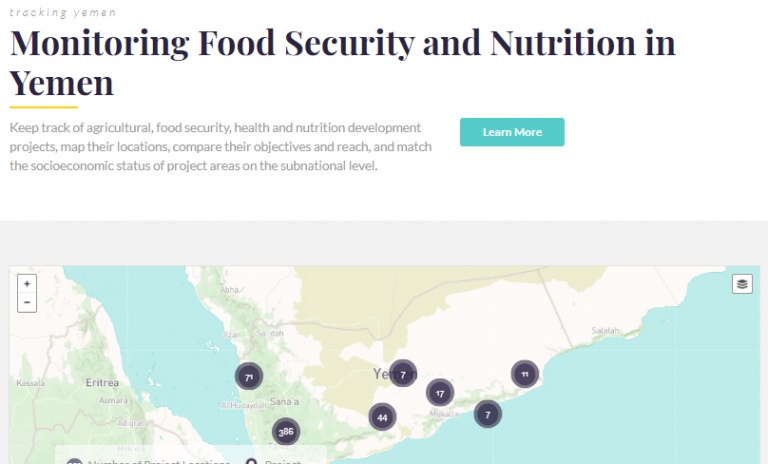
Introducing Yemen Spatial
Yemen ranks among the ten most food-insecure countries globally and has child malnutrition rates of nearly sixty percent, the highest in the Arab World. These two figures underscore the country’s future social and economic development challenges. Yemen Spatial, an online food security mapping and charting tool, was launched was launched last week in Sana’a at […]
-
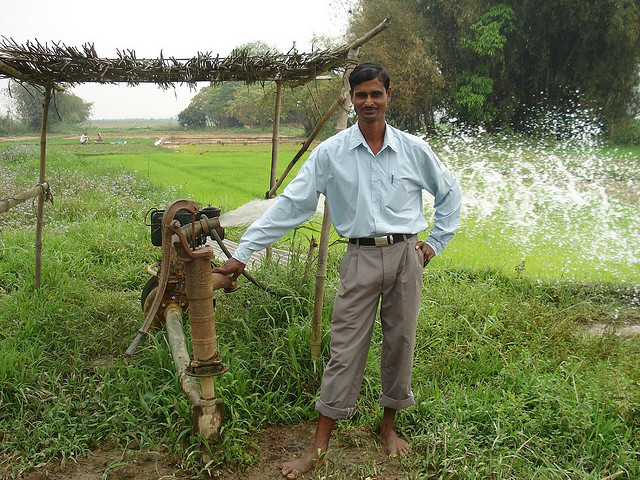
When wells fail: Farmers’ response to groundwater depletion in India
The following post by Avinash Kishore, Associate Research Fellow at IFPRI , is an excerpted version of a story that originally appeared on the CGIAR Research Program on Water, Land and Ecosystems (WLE) Agriculture and Ecosystems Blog as part of their month-long series on Resilience. Groundwater is the mainstay of irrigated agriculture in India. Hundreds of millions of smallholders depend on […]
-
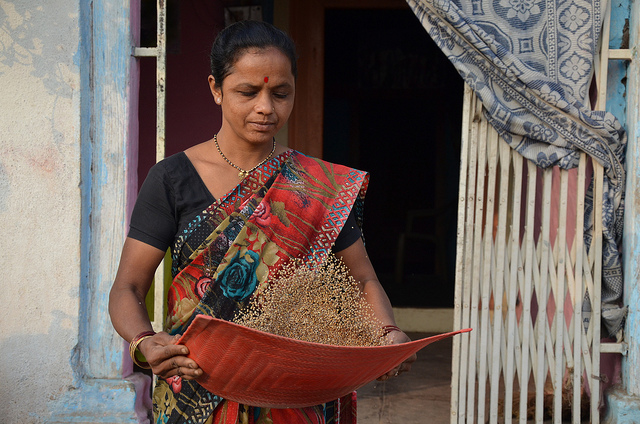
Ending world hunger and undernutrition by 2025
The following post by IFPRI Director General Shenggen Fan was originally published on Humanitas Global Development’s Hunger and Undernutrition blog. Hunger and undernutrition can be eliminated by 2025. Meeting this aspirational target is an immense but not insurmountable challenge, and it needs to receive adequate attention in the post-2015 development agenda. The world has made some headway in achieving the Millennium […]
-
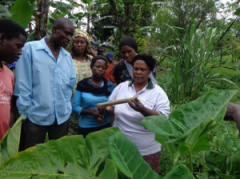
Volunteer farmer trainers change the way we think about extension
How most efficiently to help farming men and women access information and advice they need to be more effective managers of their enterprises is a puzzle not yet solved.
-

The Myth of de-industrialisation in sub-Saharan Africa
The following post by IFPRI Senior Researcher Margaret McMillan was originally published on the Financial Times This is Africa website. There is even evidence that a healthy manufacturing sector can help to bridge the gap in income levels between rich and poor countries. But the historical importance of manufacturing in economic growth has led some observers to be sceptical about […]
-
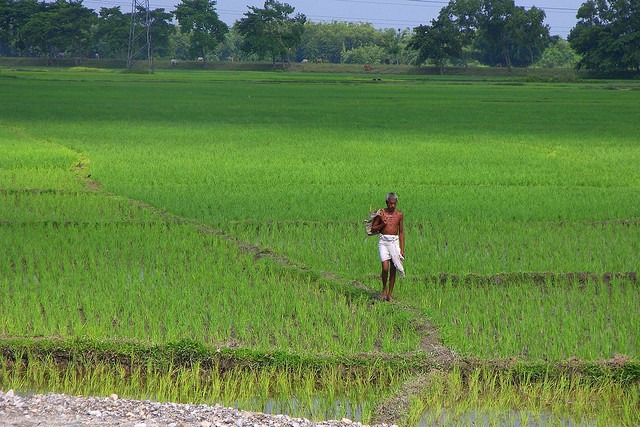
Roundtable brings high-tech farming ideas to India’s risk-prone ecologies
Imagine agriculture in India as a high-tech, highly mechanized venture. Picture a rice farmer taking soil samples with a handheld meter to gauge nutrient and moisture needs, calibrating planting along plot contours withGPS-guided tools.
-
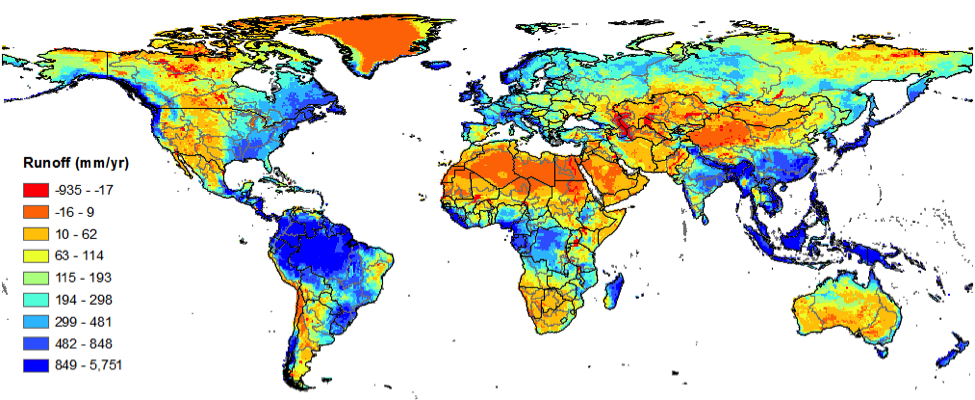
Water, energy, and food under climate extremes— Are water markets a solution?
The theme of this year’s World Water Day (March 22, 2014) is “Water and energy.” IFPRI senior researcher Claudia Ringler highlights the potential role of water markets in the water-energy-food nexus under global climate change Drought and flood events increasingly make the news in every part of the globe. In 2012, China was in the news for severe summer […]
-
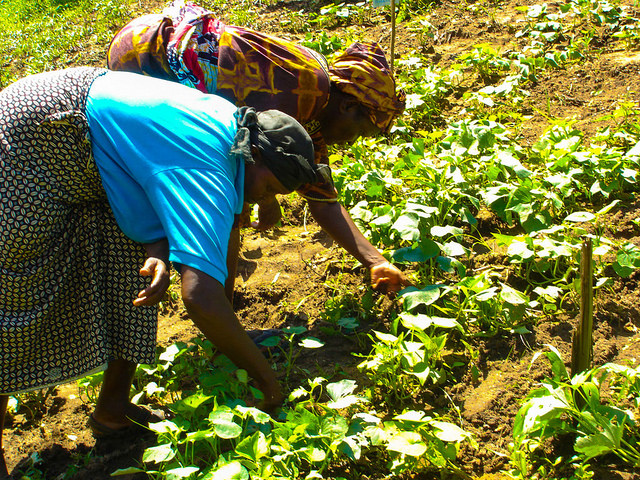
International Year of Family Farming
The United Nations declared 2014 the International Year of Family Farming to highlight the important global role family and smallholder farmers have in eradicating hunger and poverty, providing food security and nutrition, improving livelihoods, achieving sustainable development, and building resilience, especially in rural areas. A key aspect of IFPRI’s research on the challenges faced by family and […]
-
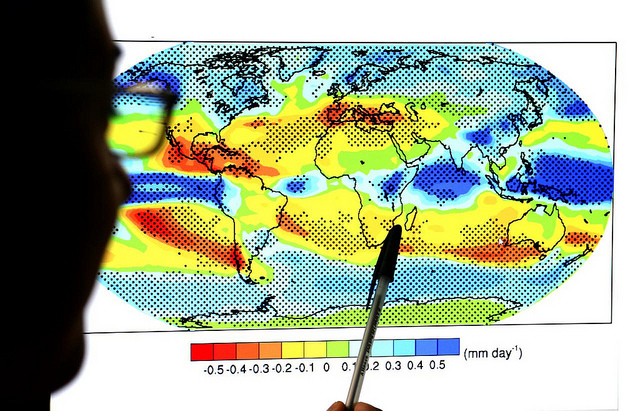
Merging models to compare food security impacts of climate change
Much is still uncertain about the potential effects of climate change on agriculture, leading to widespread uncertainty surrounding the future of global food security. Leaving hunger to chance is not a plan anyone embraces, but how can people prepare for what they cannot predict? Cue the world’s leading agricultural economic modeling teams, who simulate varying […]
-
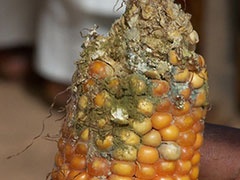
Aflatoxin Briefs: Finding Solutions for Food Safety
Aflatoxins—naturally occurring fungal toxins that contaminate grains and other crops— pose one of the world’s most significant food safety risks, particularly in developing countries. On November 5, IFPRI will launch a series of 19 policy briefs on managing aflatoxins as part of IFPRI’s 2020 Vision Initiative and under the auspices of the IFPRI-led CGIAR Research Program on Agriculture […]
-
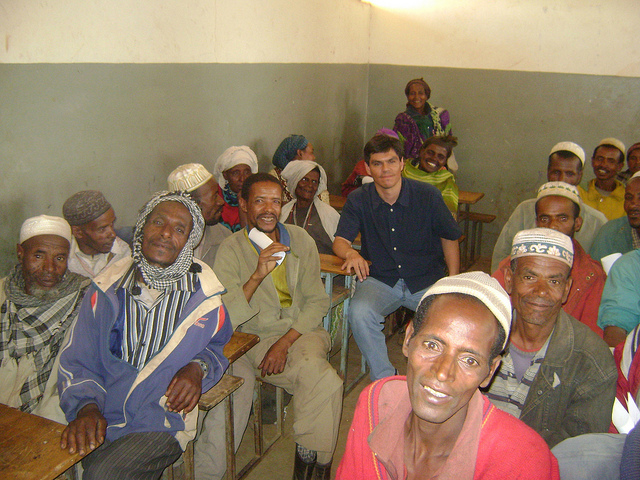
An Assessment of IFPRI’S Work in Ethiopia 1995–2010
To ensure the best use of resources and undertake research that is relevant and useful in a rapidly changing world, IFPRI commissions external assessment of its activities. A recent review focused on IFPRI activities in Ethiopia, one of the most populous and poor countries in Africa south of the Sahara, and thus a high priority […]
-
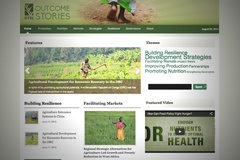
For Good Measure
IFPRI is pleased to announce the launch of its Outcome Stories website, highlighting the impact of IFPRI and partners’ work around the world. The website will showcase 30 initial stories of success, benchmarking progress achieved in areas such as building resiliency, facilitating markets, improving production, promoting nutrition, strengthening governance, and designing country strategies. Each week, IFPRI […]
-

Ladybeetles: Cotton’s secret ingredient
This post is part of the CGIAR Research Program on Water, Land and Ecosystems (WLE) month-long series of blog stories on Ecosystem Services. Diversity in land use can support ecosystem services such as biological pest control and reduce the need for insecticides. Evidence to support this has been found in North America, Europe and Australia, but very limited […]
-
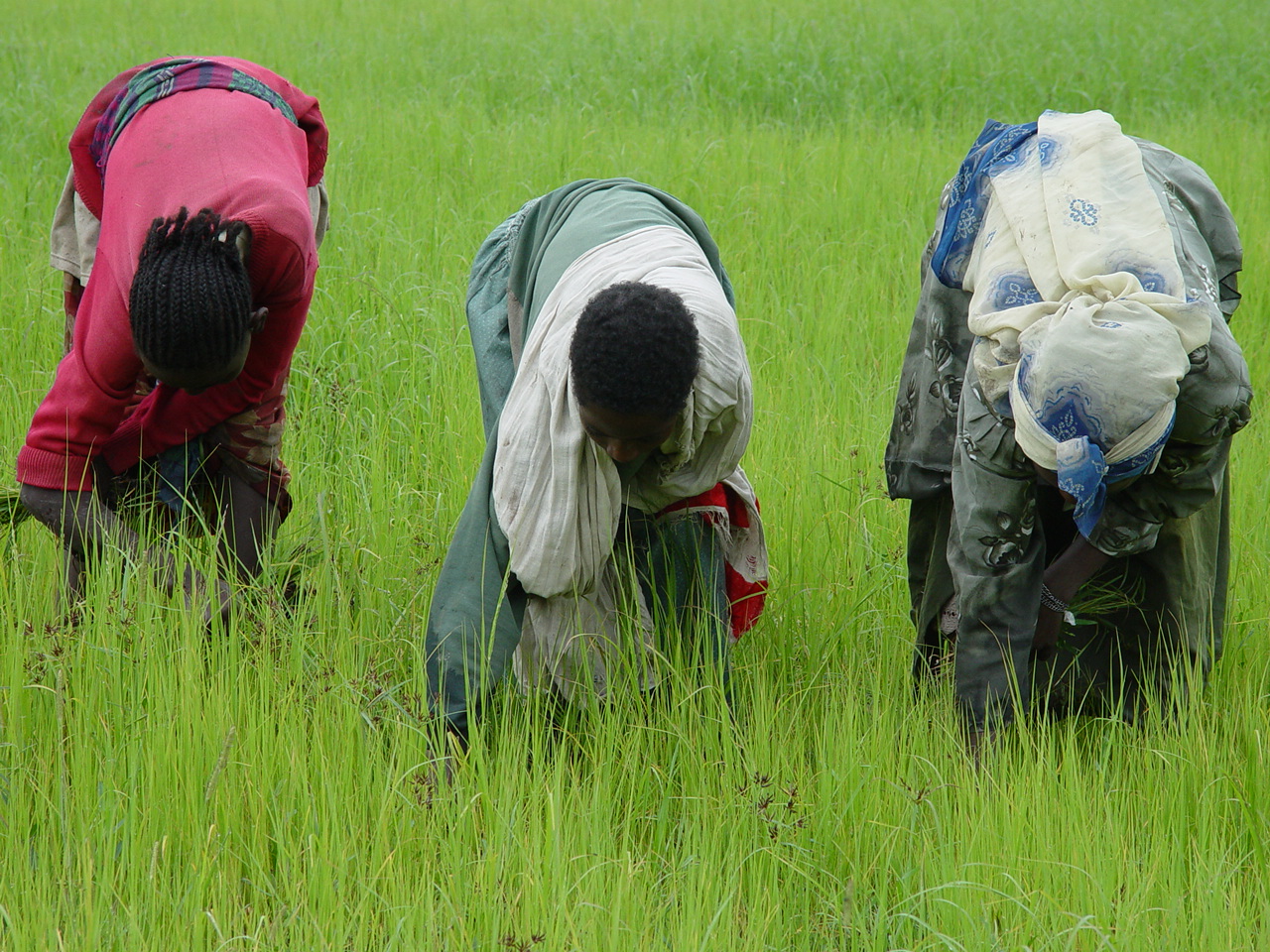
A little seed goes a long way
65 percent of Ethiopia’s 85 million people get their “daily bread and livelihood” from Tef
-

Water Management Solutions for Sub-Saharan Africa and South Asia
The drought that parched the US corn belt this summer highlighted the devastating impact of scant rain on food production. For smallholder farmers in semi-arid areas of Sub-Saharan Africa and South Asia, where rain is rare or unpredictable—especially due to climate change—the challenge of watering crops is constant. If farmers in Africa, for example, were to tap into […]
-

Food Security Portal
The FAO’s recent announcement that global food prices reached a record high in December 2010 has once again brought food security to the forefront of global attention. The continued rise in food prices in 2010, coupled with the prediction of a continuation of the trend in 2011, will have serious implications for food and nutrition security […]
-

Information For and From Farmers
IFPRI and the Indira Gandhi National Open University are hosting “Agriculture Education and Knowledge Management,” a conference, in Agartala, India from August 24-26. The conference will examine methods, applications, and services to link farmers to agricultural education and knowledge management services. Topics of discussion include information and communication technologies, open and distance learning opportunities, and partnering with public […]
-

Effective and efficient water allocation in the Yellow River Basin
A set of seven policy notes (see policy briefs under outputs) recently released by the International Food Policy Research Institute and its collaborators, including the University of Illinois at Urbana-Champaign, the Center for Chinese Agricultural Policy, Beijing Normal University, the Yellow River Conservancy Commission, and Tsinghua University, under the Challenge Program on Water and Food aims to comprehensively […]
-

Policies for Improved Food Security in Bhutan
Bhutan has made strides towards achieving food security over the past two decades. Its experiences shed light on the merits of food self-sufficiency as a strategy, so the Royal Government of Bhutan, IFPRI, and the Swiss Agency for Development Cooperation are assembling a broad array of stakeholders in the capital, Thimpu, on July 2 to examine the evidence. The […]
-

CGIAR teams up with Google to expand the reach of agricultural research
When the custodians of years of research team up with the most popular Internet search engine in the world, you can expect something extraordinary to happen. Imagine if you could search over 2,000 books, more than 50,000 pages from books published by the largest agricultural research consortium in the world; browse that library online and immediately […]
-

IFPRI celebrates World Water Day with the release of a new book
Lack of access to clean water–a harsh reality in most developing countries–is a source of misery for the poor. In large areas of Sub-Saharan Africa, Oceania, the Caribbean, and Asia, the only water available to millions for drinking, cooking, farming, and bathing is increasingly polluted by a dangerous cocktail of bacteria, viruses, and chemicals. Ironically, […]
-

Putting crop distribution and productivity data on the map
HarvestChoice, a joint initiative managed by IFPRI’s Global Food Systems research program and the International Science and Technology Practice and Policy (InSTePP) at the University of Minnesota, released the latest version of its Spatial Production Allocation Model (SPAM) earlier this week. SPAM 2000 Version 3 provides estimates of crop production, area and yield for 20 major crops that together account for nearly […]
-

Spotlight on Agriculture and Climate Change: Blog Action Day 2009
Climate change and agriculture are vitally linked, as each has profound implications for the other. This year’s Blog Action Day, with its focus on climate change, is the perfect opportunity to remind everyone in the development and environmental fields about this relationship, to help ensure that poor people are not adversely affected by climate change. A […]
-

India State Hunger Index May Improve with Food Security Act
“A large proportion of the under nutrition in South Asia begins well before children are born, so it relates to gender constraints and issues related to women’s education to adolescent health to early marriage,” explains Purnima Menon, a research fellow at the International Food Research Policy Institute (IFPRI),in a recent interview. “You have women entering pregnancies […]
-

June 17: Land Degradation and Sustainable Agriculture the Centerpiece of Day to Recognize the Significance of Desertification and Drought
This year’s World Day to Combat Desertification and Drought is addressing “Combating land degradation for sustainable agriculture.” Sponsored by the United Nations Convention to Combat Desertification (UNCCD), the decision to focus on agriculture is particularly timely due to the rise in global food prices, and the impact this is having on the world’s poor farmers. Although IFPRI has […]




